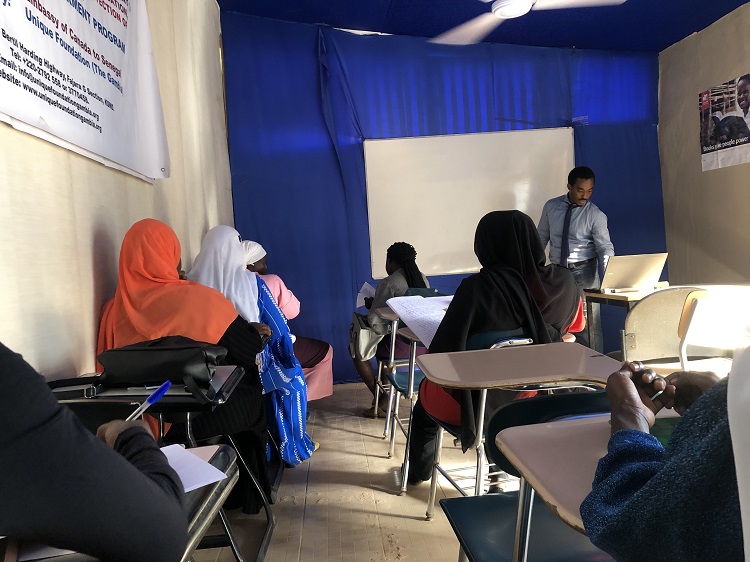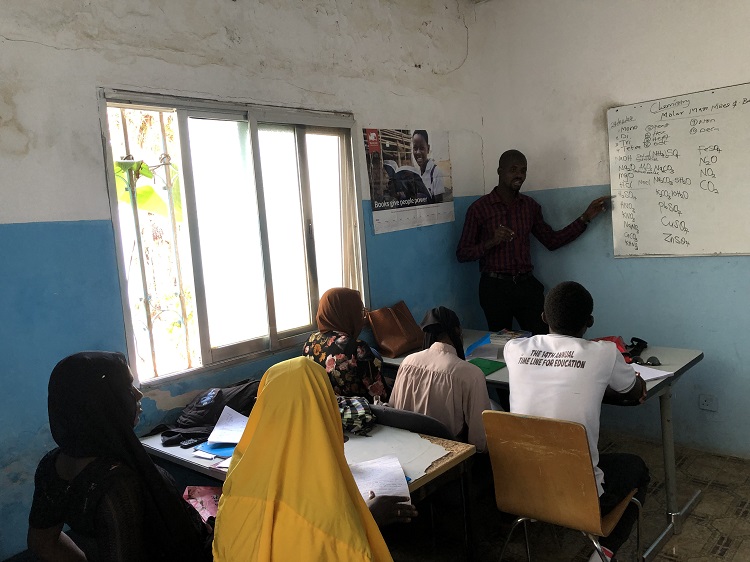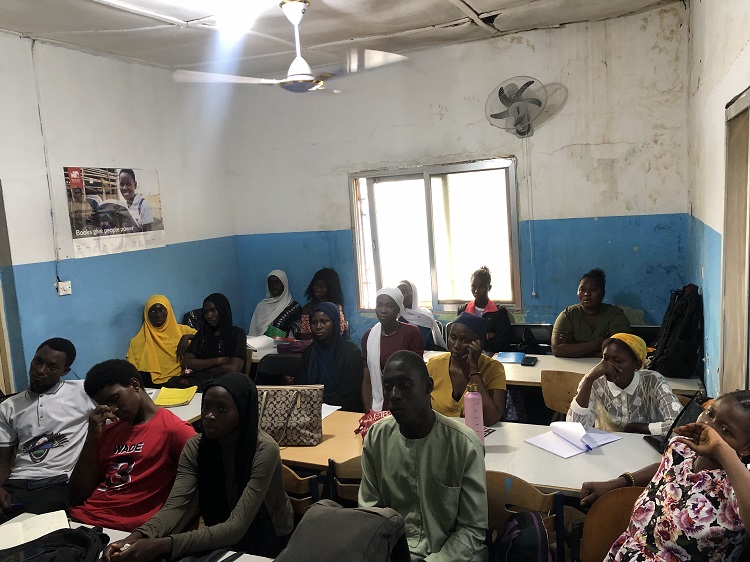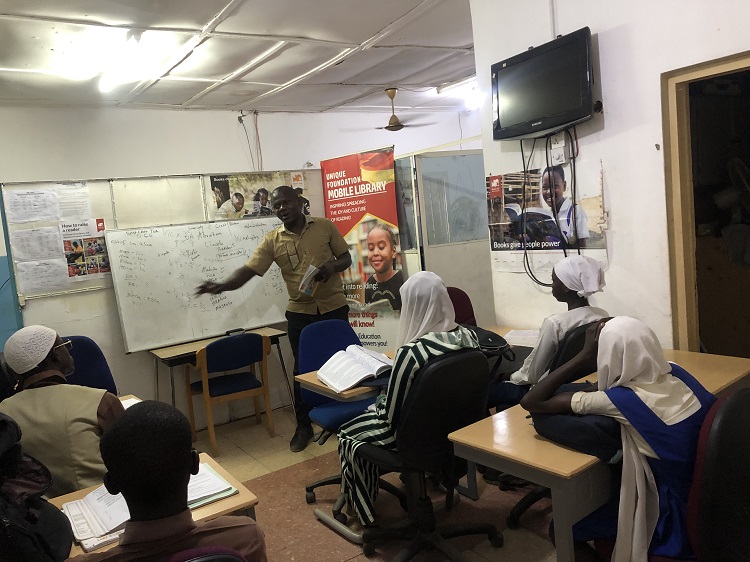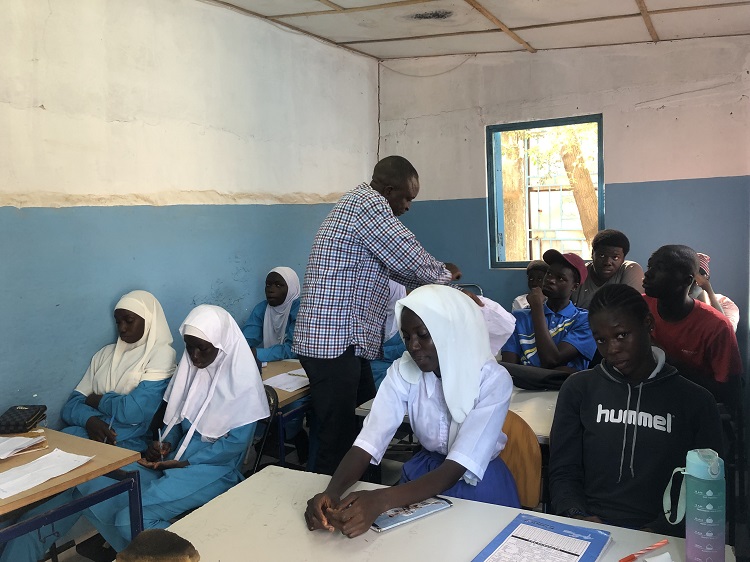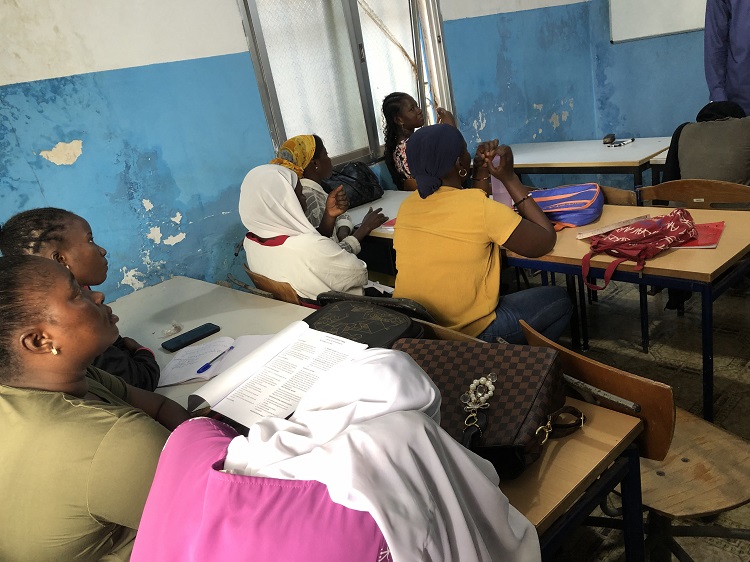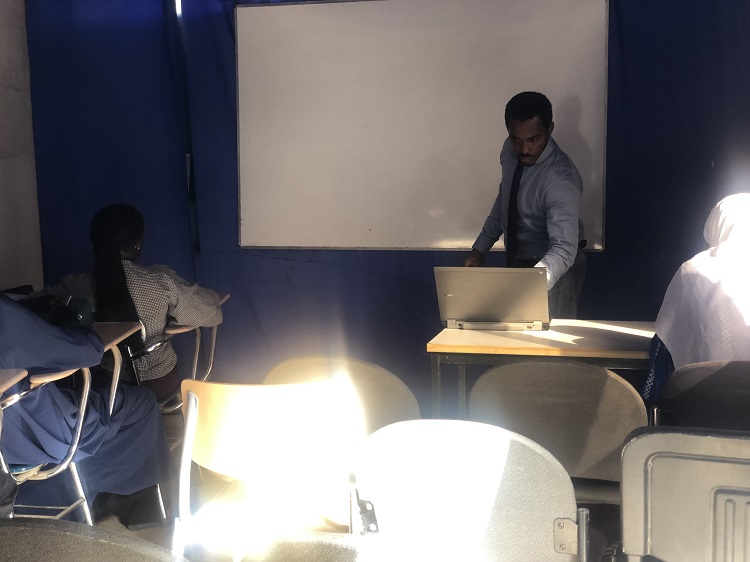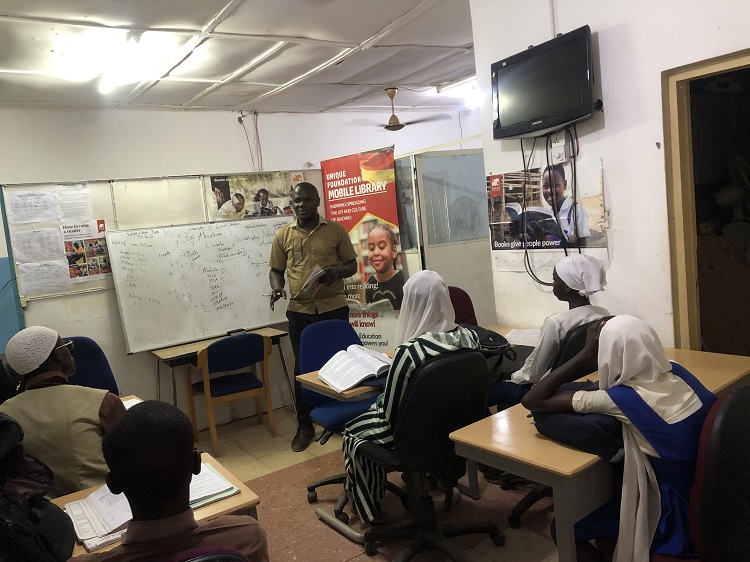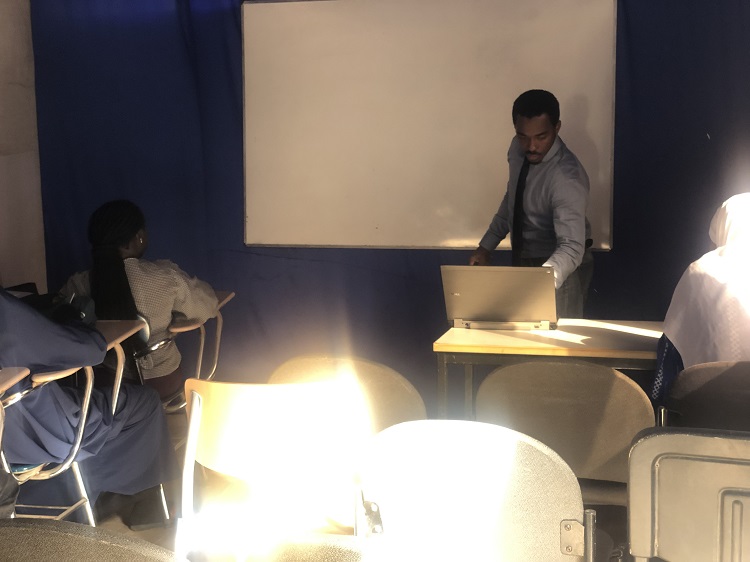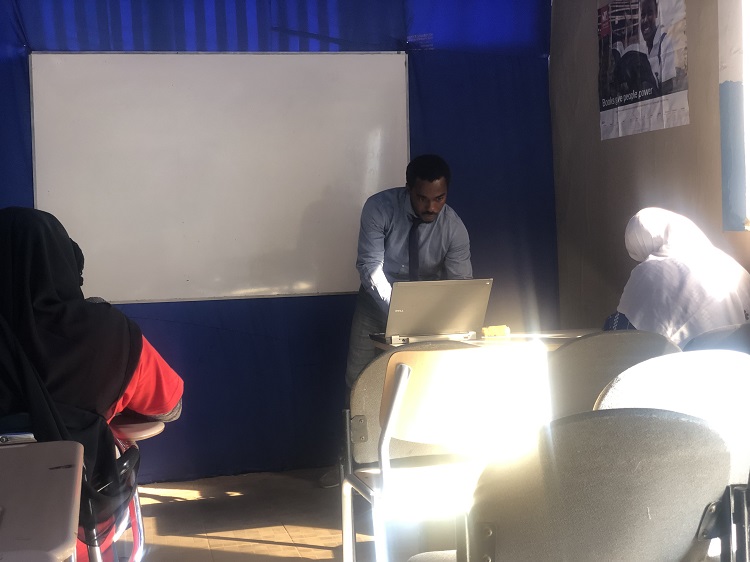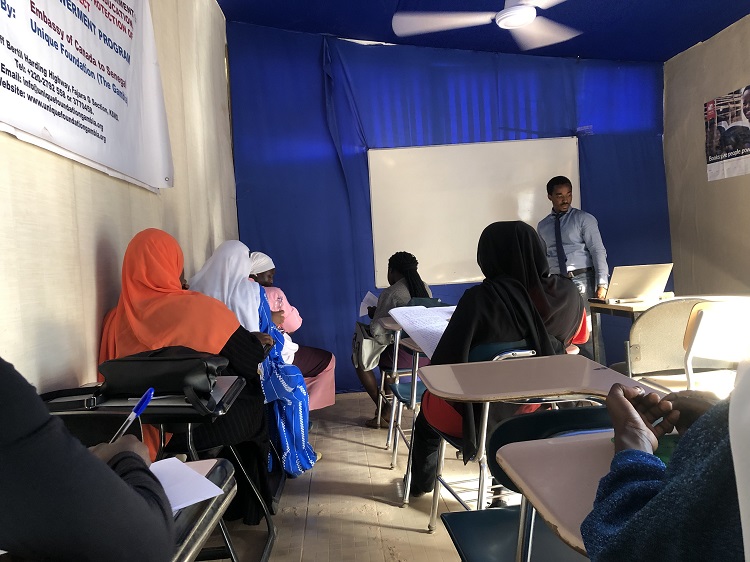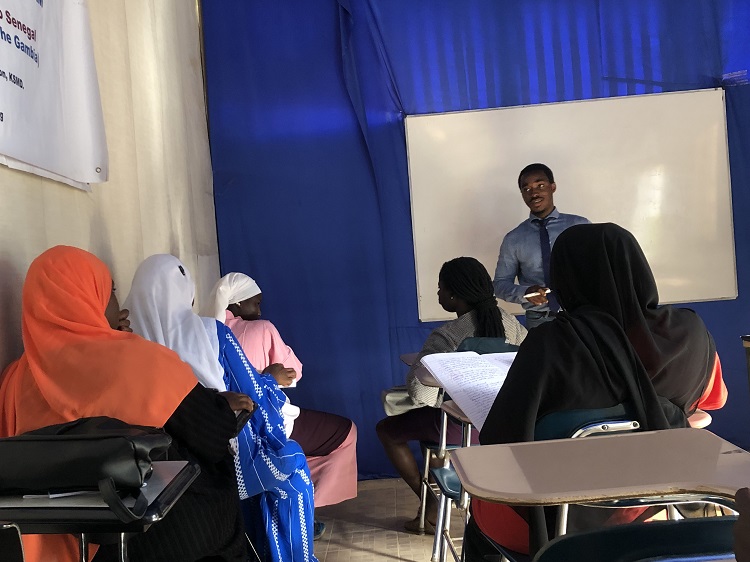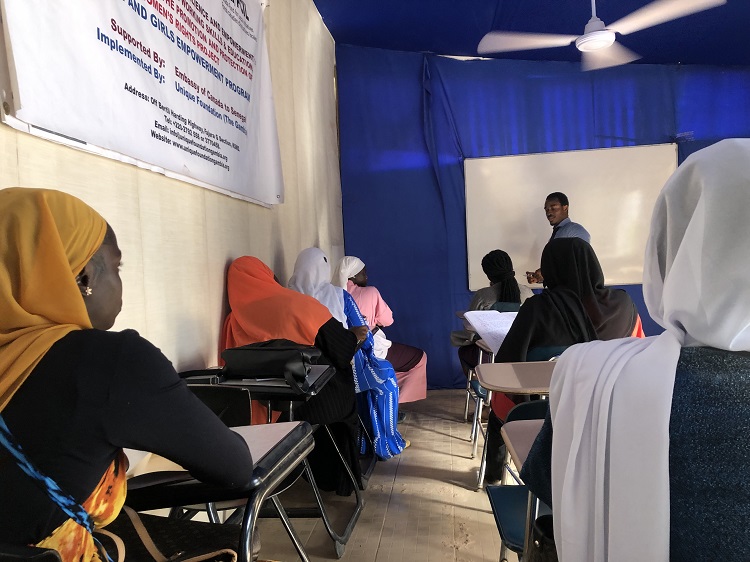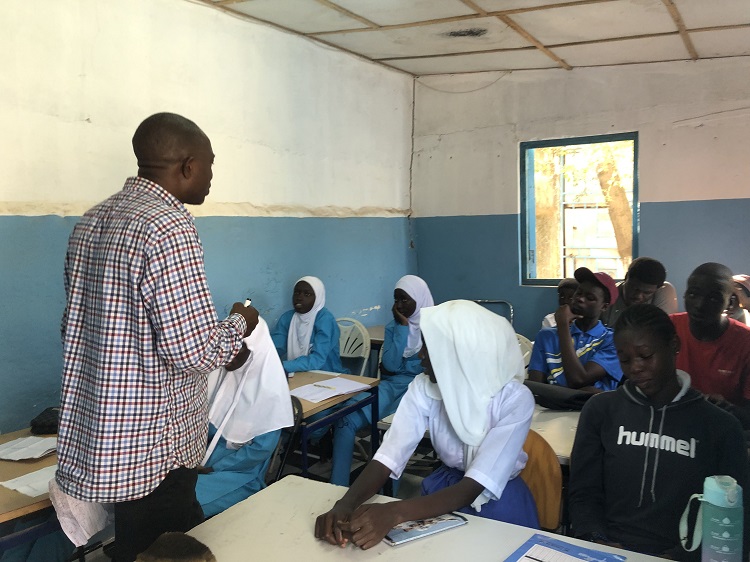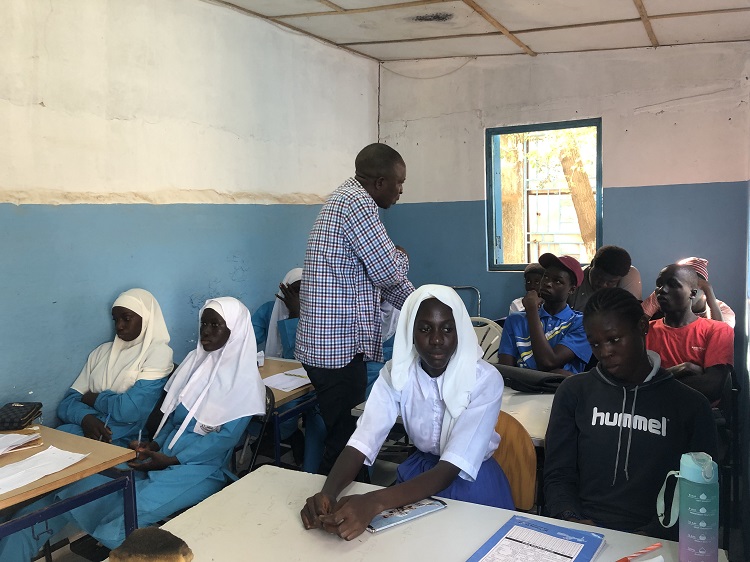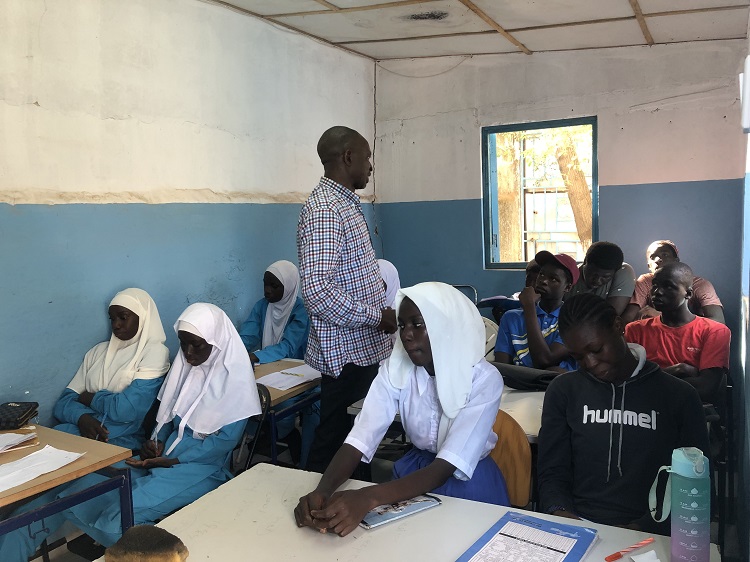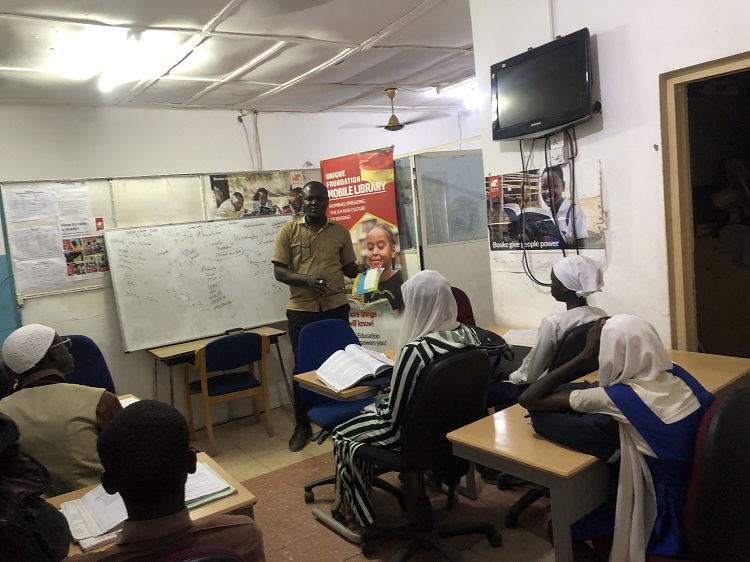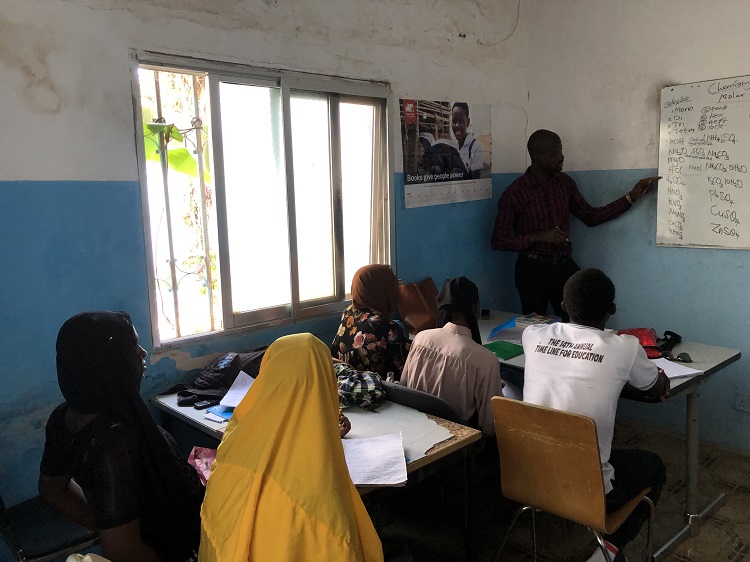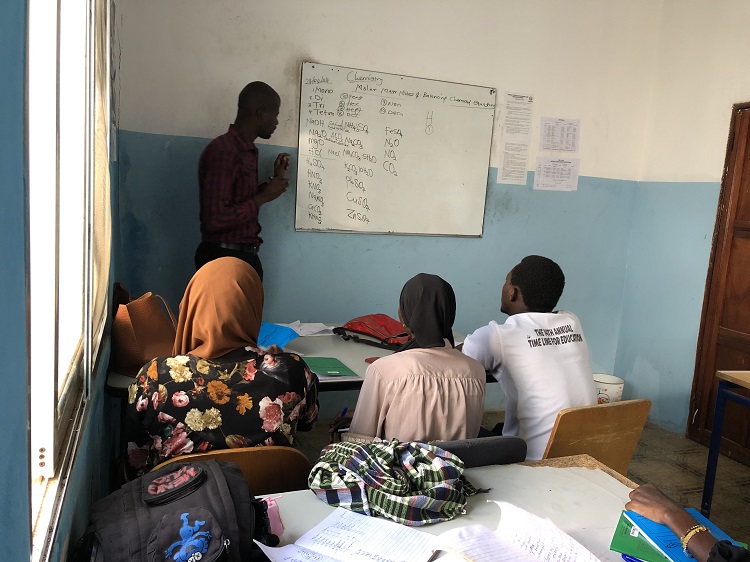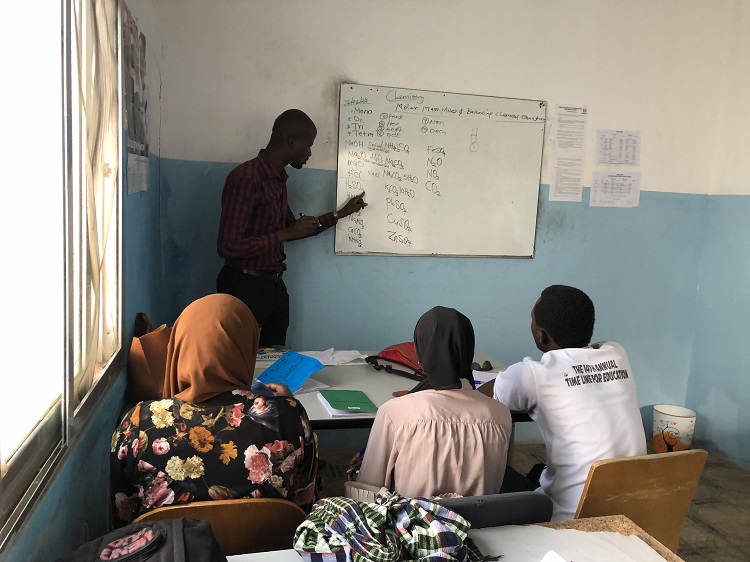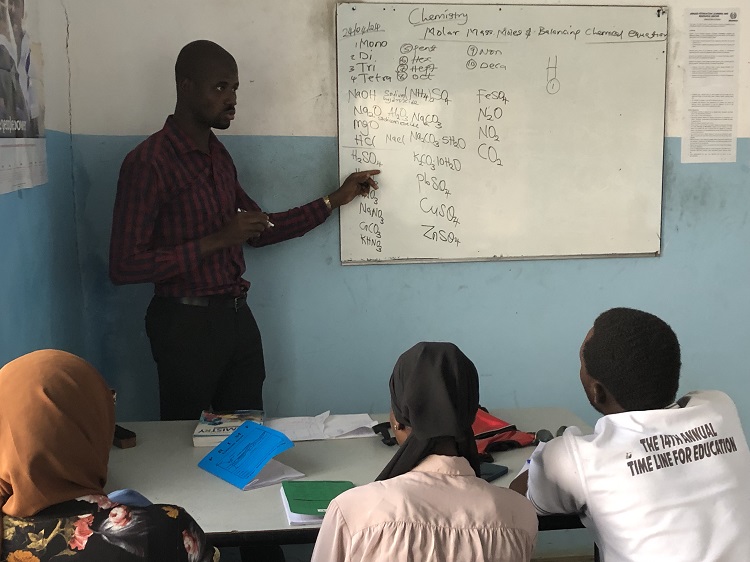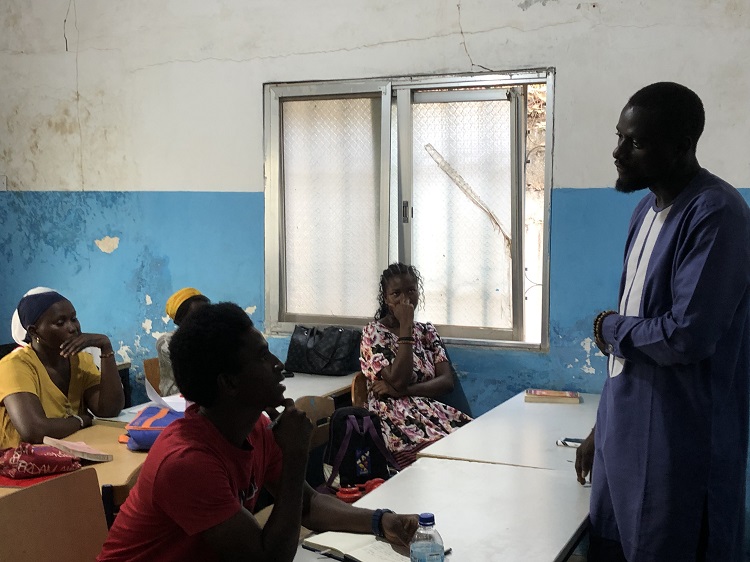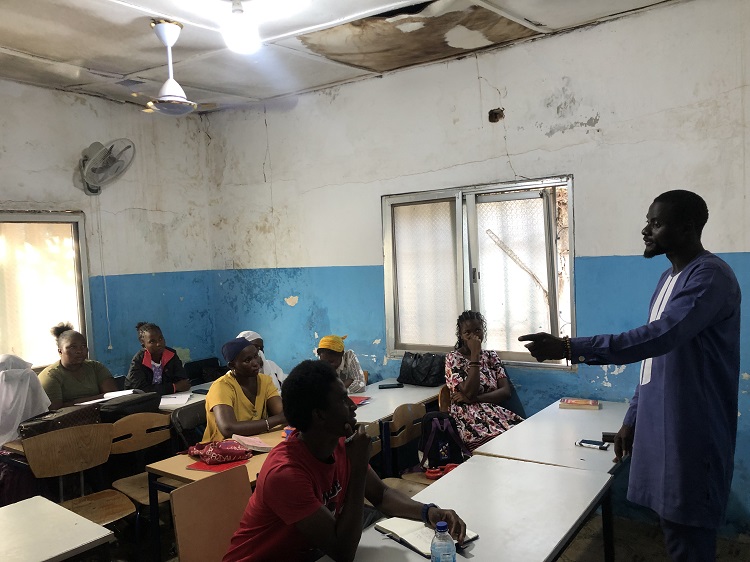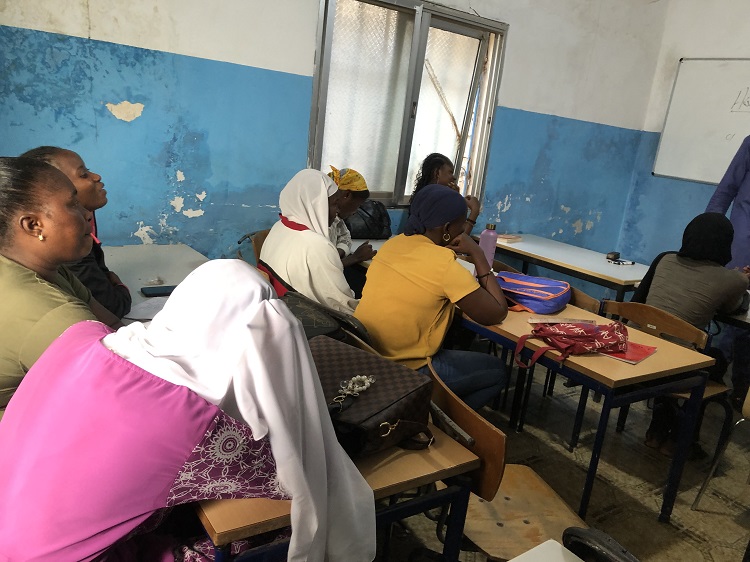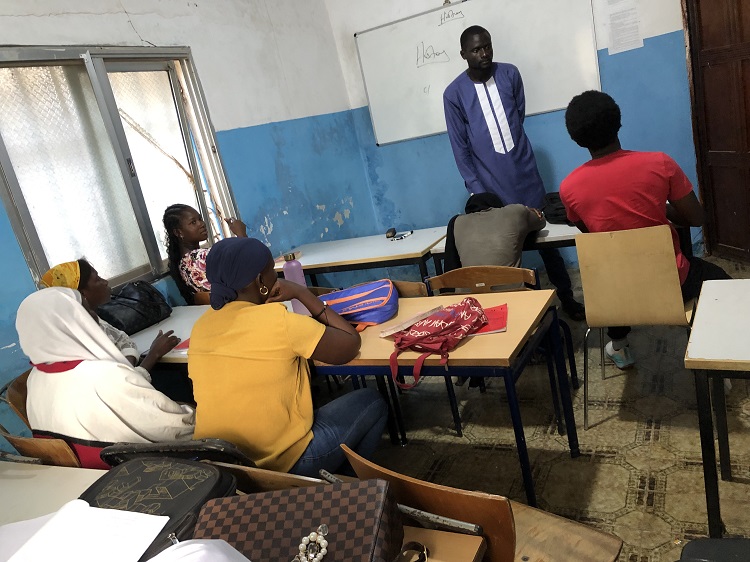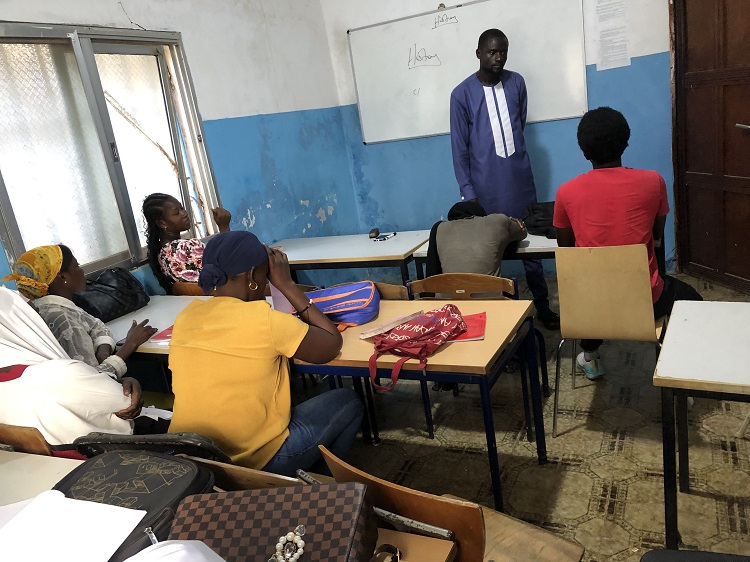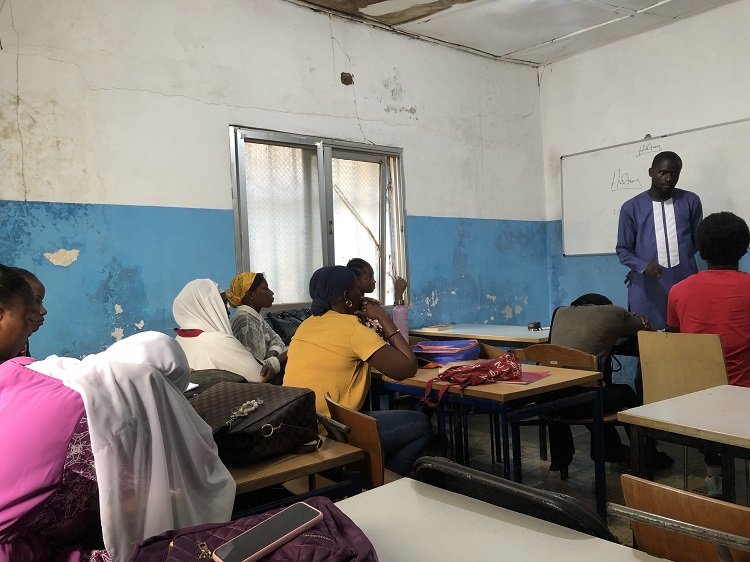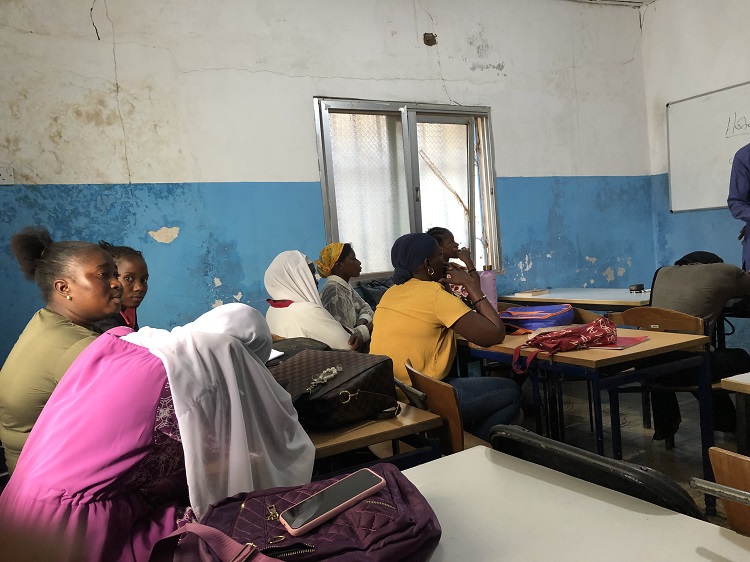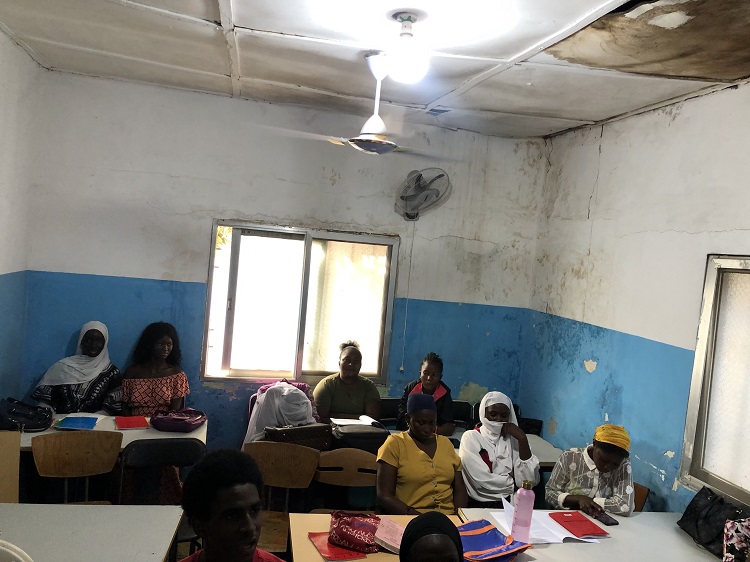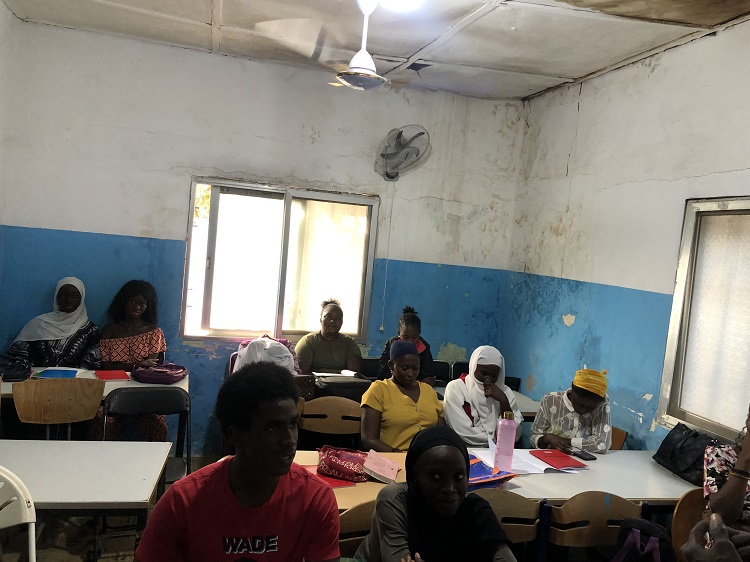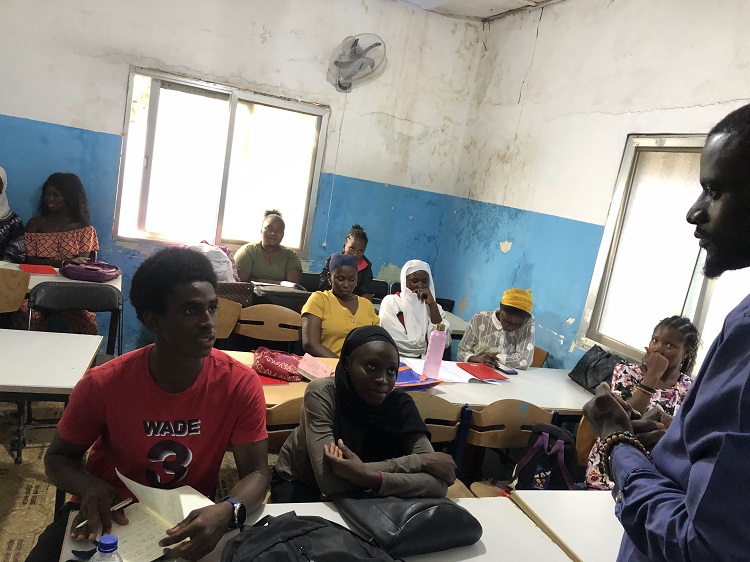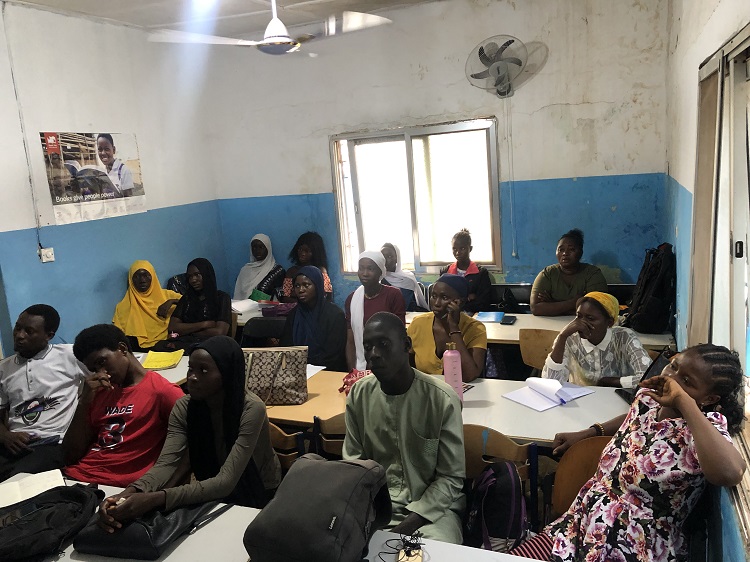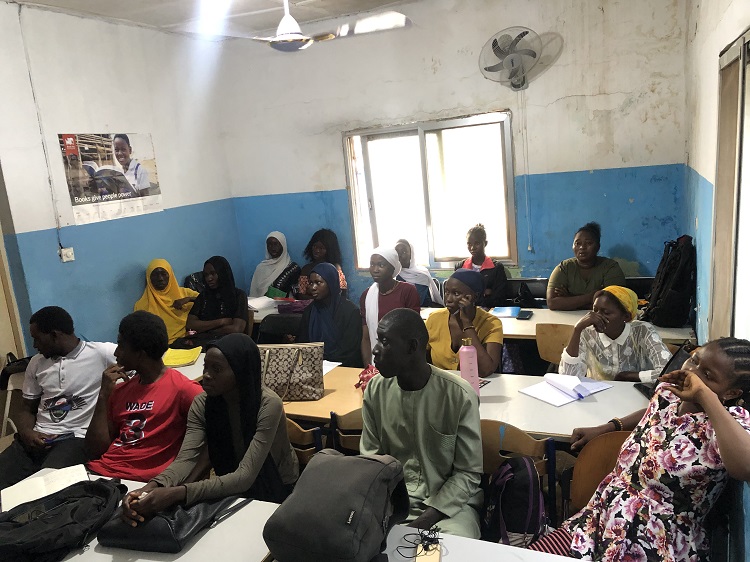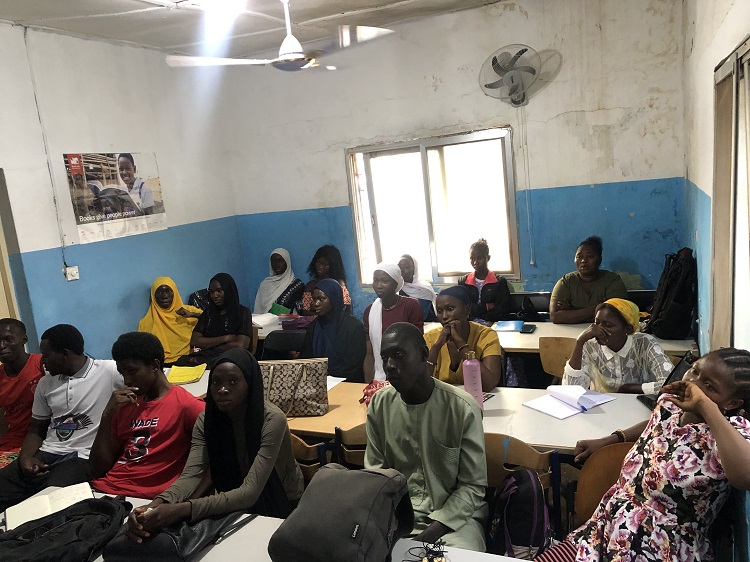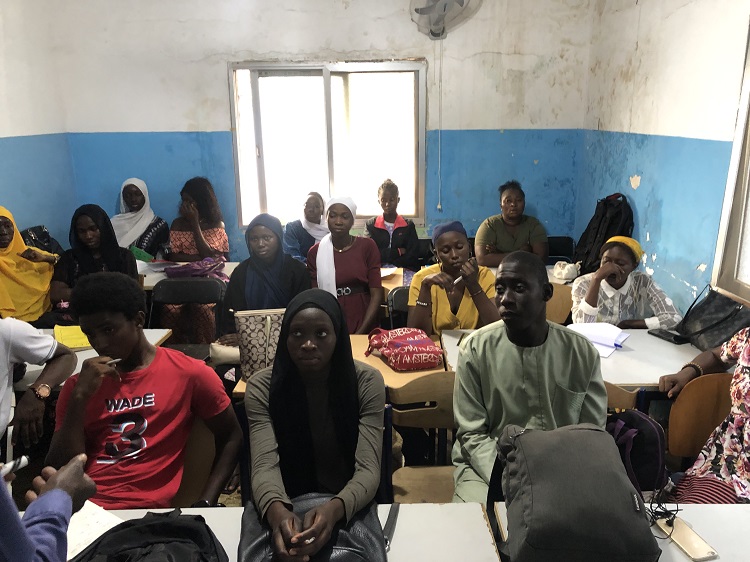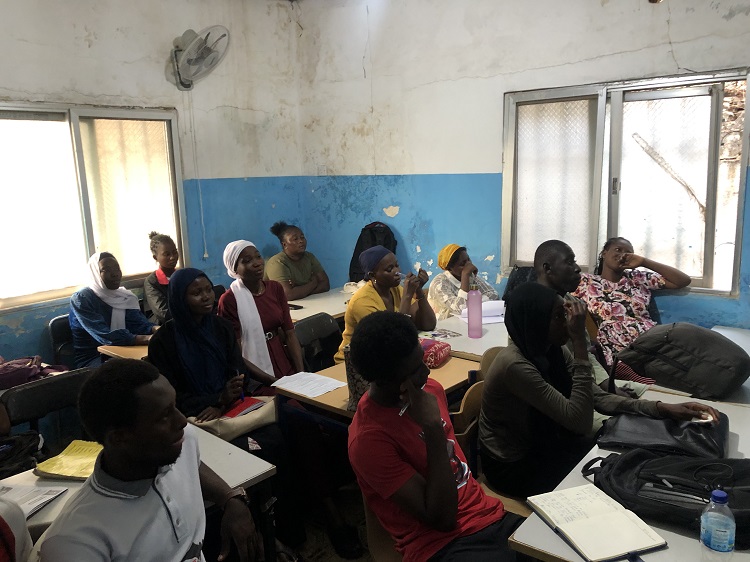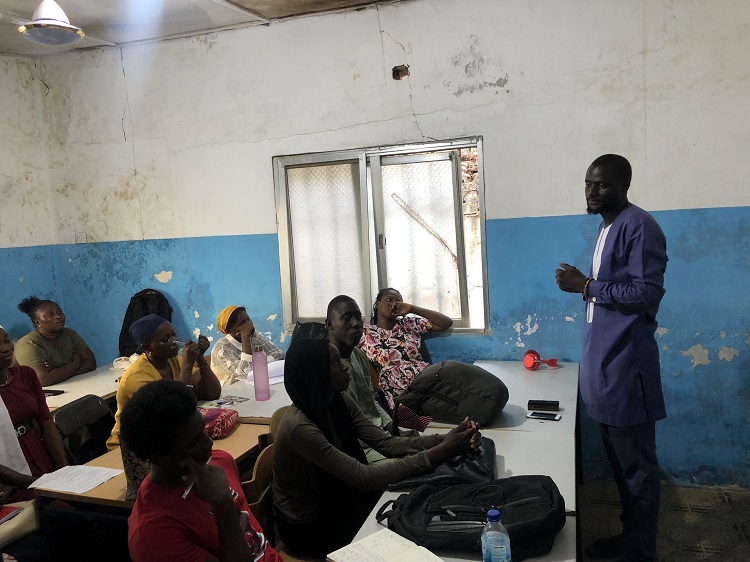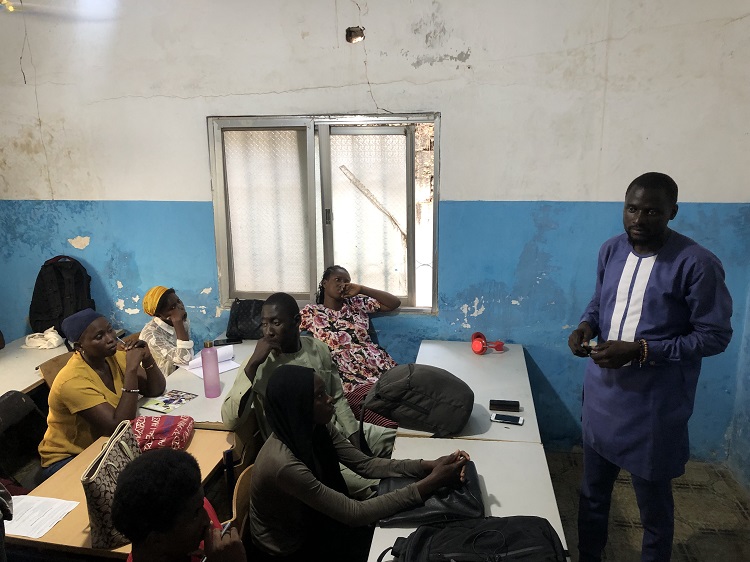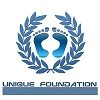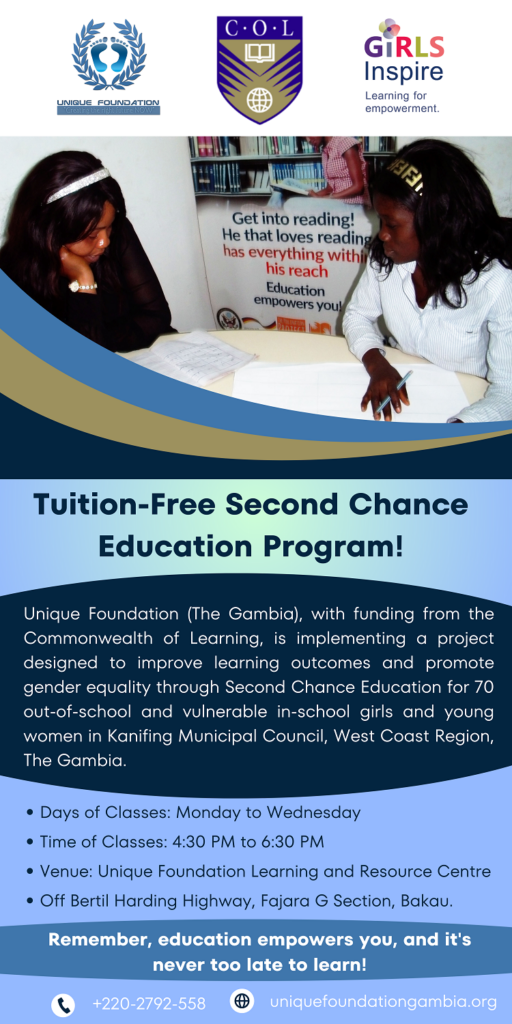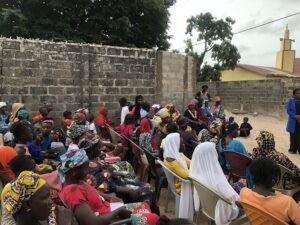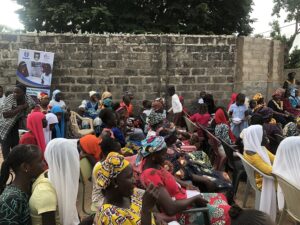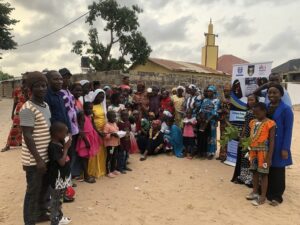Empowerment of Vulnerable Women and Girls in the Gambia with Skills and Education Project
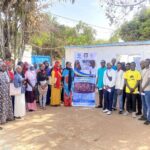
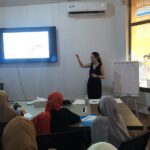
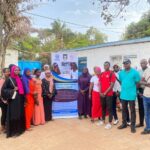
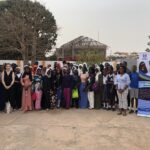
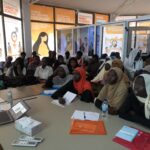
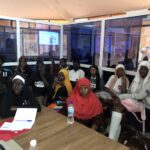
Unique Foundation is partnering with the Commonwealth of Learning to implement a Second Chance Education Program designed for women and girls who may have missed out on educational opportunities or faced obstacles that prevented them from completing their education during the traditional school years. This program is particularly tailored for those who have left school due to various reasons such as financial constraints, family responsibilities, or personal challenges. It aims to provide a learning opportunity and support for individuals who are out-of-school or vulnerable in-school, with a focus on improving learning outcomes and promoting gender equality. The project will benefit 70 out-of-school and vulnerable in-school girls and young women in Kanafing Municipal Council, West Coast Region, The Gambia.
- Dropouts and School Leavers: Are you a young woman or girl who has had to discontinue her education due to financial constraints, family responsibilities, early marriages, or other circumstances?
- Single Mothers: Are you a young woman raising children on your own and facing challenges in pursuing education due to your caregiving responsibilities?
- University Admission Requirements: Or are you a young woman or girl who has completed grade 12 but does not meet university admission requirements?
If you were unable to complete Grade 12 (secondary school education) or meet university admission requirements, don’t worry! Click on the registration form below the program flyer and fill it out to join our tuition-free Second Chance Education Program. You’ll also gain access to other valuable opportunities. Please note that spaces are limited, so register now!
Through these initiatives, we aim to empower girls and young women with education, life skills, and awareness of their rights, contributing to their overall well-being and fostering gender equality in the community. Please click on any of the tabs below to learn more about each project activity.
Training on Human rights, GE, protective legislations. | Number of sessions held | Location/ community/ unit/ district/ village | Target audience | Activity # | Female | Male | PWD |
| 4 | Bakoteh | 96 | 2.1.1 | 73 | 20 | 2 |
1.1.2 Awareness sessions on available legal services and tools to deal with rights violations. | 2 | Bakoteh | 37 | 2.1.2 | 24 | 12 | 1 |
Your observations of the experience of men, boys and traditional leaders in group education on gender roles and gender equitable behaviour including their dilemmas and responses (1.2.1).
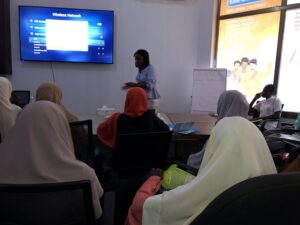

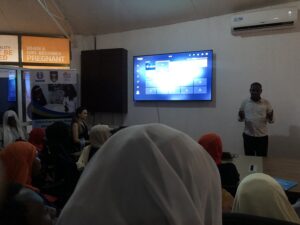
During training sessions on human rights, life skills, and GBV prevention, observations highlighted widespread misunderstanding of GBV, especially among boys. Questionnaire responses revealed a knowledge gap and limited awareness. Participants, especially boys, faced dilemmas due to this lack of exposure, resulting in confusion about recognizing and addressing GBV. Targeted education efforts, including interactive sessions and role-playing exercises, aimed to demystify GBV and promote prevention. Over time, participants, including boys, showed increased engagement. Addressing knowledge gaps is crucial, empowering individuals to challenge norms and contribute to safer communities.
The nature of practices agreed to be revised in gender roles, gender-based violence and fostering women’s empowerment as well as conflicting dynamics on those resolutions and the extent of grounding them.
During training, participants unanimously agreed to revise gender roles, address Gender-Based Violence (GBV), and empower women. However, implementation faced challenges, reflecting conflicting dynamics and entrenched cultural norms. Boys lacked understanding, hindering progress. Traditional leaders reinforced norms, complicating change efforts. Implementation varied, with some embracing change and others facing resistance due to ingrained beliefs. Bridging this gap required ongoing education. Despite challenges, there’s consensus on the need for change, highlighting the complexity of addressing inequalities. Sustained efforts are crucial for transformative change.
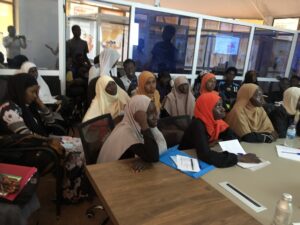
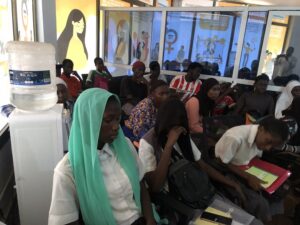
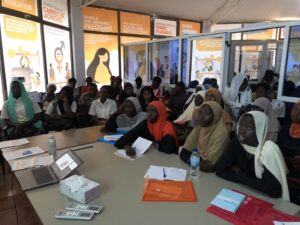
Technical support to policy makers in policy development including nature of resources shared with government and how did those resources facilitate policy formulation
While direct resource sharing for policy formulation didn’t occur, the context around Gender-Based Violence (GBV) within government structures is notable. Debates, like Female Genital Mutilation (FGM) in the House of Representatives, reveal ongoing struggles in addressing GBV effectively. Despite this, there’s a need for technical support in GBV policy development. Providing expertise, data, and advocacy could facilitate informed decision-making. Strengthening support to policymakers could enhance their capacity to address GBV comprehensively, possibly through partnerships between civil society organizations, government agencies, and international bodies.
The nature of evidence-based studies carried out and knowledge products created and how did these facilitate advocacy with government
Our evidence-based studies revealed a significant gap in understanding Gender-Based Violence (GBV) among diverse groups, including government officials and training participants. To address this, we created educational materials and campaigns for comprehensive GBV education. Advocating for policy changes and resource allocation, we emphasize integrating GBV education into curricula and training programs. Participants disseminate knowledge gained to their families and communities, raising awareness about GBV issues. By highlighting this need, we empower stakeholders and foster a more informed society capable of effectively preventing GBV.
The nature of changes made to improve the efficacy of accountability mechanisms for monitoring enforcement and implementation and progress in practicing those changes
Our evidence-based studies on Gender-Based Violence (GBV) prompted changes in accountability mechanisms. We created educational materials and campaigns to address GBV awareness gaps among participants. Advocating for GBV education, we aim to push for policy changes and resource allocation, as well as integrate GBV education into curricula and training programs. These efforts will help foster a more informed society capable of preventing GBV.
The nature of emerging issues identified, and good practices documented and how did these help the partner organisation in implementing Girls’ Inspire project
The Girls’ Inspire project identified significant gaps in understanding Gender-Based Violence (GBV) among stakeholders. Evidence-based studies informed the creation of educational materials and campaigns for comprehensive GBV education. Advocating for policy changes and resource allocation, we emphasized integrating GBV education into curricula and training. Disseminating knowledge to families and communities raised awareness, empowering stakeholders. These practices aided the partner organization in implementing the Girls’ Inspire project (5.1.2) by providing actionable insights to effectively address GBV.
The nature of interventions reviewed with a gender perspective by the partner organisations and nature of measures developed to integrate gender (5.2.1)
Partner organizations reviewed interventions with a gender perspective, identifying significant gaps in understanding Gender-Based Violence (GBV). They developed measures to integrate gender by creating educational materials and campaigns for comprehensive GBV education. These initiatives advocated for policy changes and resource allocation, emphasizing the integration of GBV education into curricula and training programs. Disseminating knowledge to families and communities raised awareness about GBV issues, empowering stakeholders. These measures helped integrate gender into interventions, fostering a more informed society and effectively addressing GBV.
Provide an objective reflection on integration of gender analysis in planning and gender sensitive indicators with sex disaggregated data in M&E at the partner organisation (5.2.2)
The partner organization has made significant progress in integrating gender analysis into planning and incorporating gender-sensitive indicators with sex-disaggregated data in Monitoring and Evaluation (M&E) processes. By reviewing interventions with a gender perspective, they’ve effectively addressed Gender-Based Violence (GBV) and related issues, demonstrating a commitment to gender equality. The creation of educational materials and campaigns for comprehensive GBV education, alongside advocacy for policy changes, empowers stakeholders and fosters a more inclusive society. These efforts reflect commendable integration of gender analysis into planning and M&E practices.
Thank you to UNFPA Gambia for developing educational materials: Materials Used-GBV Training-April 2024-Final

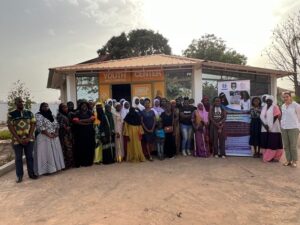
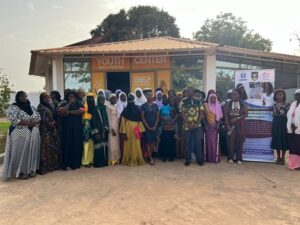

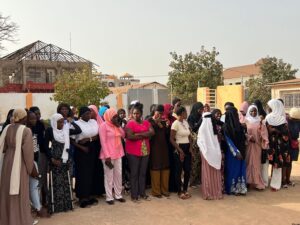
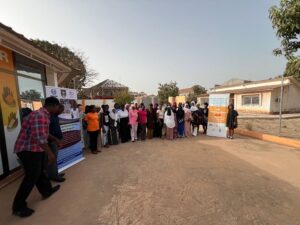
Attendance Record:
You can access the attendance record for the event through the following output links below:
Empowering Girls and Young Women: Human Rights, Life Skills, and GBV Prevention
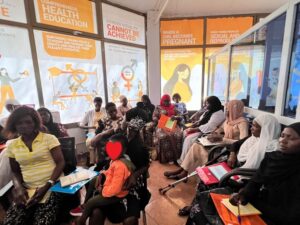
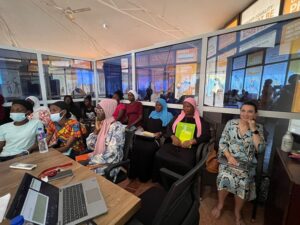
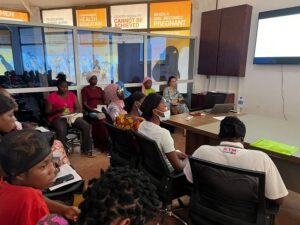
Organisation Name: | Unique Foundation (The Gambia) | Country: | The Gambia |
Quarter: | Quarter 1 | ||
Event title: | Empowering Girls and Young Women: Human Rights, Life Skills, and GBV Prevention | ||
Output #: | 1.1.1 and 1.1.2 | ||
Short description of the Activity: | The event is to educate 70 girls and young women on human rights, life skills, and the prevention of Gender-Based Violence (GBV). Additionally, it aims to inform them about the available legal services and how to access them. | ||
Target audience: | girls and young women | # registered at baseline: | 70 |
Date(s) of events: | 12th April 2024 – 13th April 2024 and 29th April 2024 – 30th April 2024. | # of sessions: | 4 |
Communities: | Bakoteh, Jeshwang, Latrikunda, and Tallinding within Kanifing Municipal Areas, and Brikama within the West Coast Region | Venue: | Bakoteh |
Completed by: | Solomon Ifeanyi Nathaniel | Role in project: | Project Manager and Communications Liaison |
Attendance record
Total People | Female | Male | PWD |
93 | 73 | 20 | 2 |
The event aimed to educate 70 girls and young women on human rights, life skills, and the prevention of Gender-Based Violence (GBV), while also informing them about available legal services and how to access them. Unexpectedly, the event attracted 96 participants over the course of the 4-day program.
Goal/Objectives: The primary goal was to empower girls and young women with knowledge and skills to protect themselves from GBV and access legal support. Secondary objectives included raising awareness about human rights and life skills.
What Was Done: The event featured sessions led by facilitators Alexia Lachavanne and Dr. Armanda Nangmo. Topics covered included human rights, life skills, GBV prevention, and legal services access. Interactive workshops, presentations, and discussions were employed to engage participants.
Who Facilitated It:
Alexia Lachavanne: Currently serving as a Gender and GBV Analyst at UNFPA in The Gambia, Alexia brought over 7 years of international experience in youth and women empowerment, diversity & inclusion, and partnership and communication. She has held positions at the UN Secretariat HQs in New York, UNESCO HQs in Paris, and the United Nations Office in Geneva. Alexia holds a Master’s degree in Public Administration and a Bachelor’s degree in International Relations from the University of Geneva, Switzerland.
Dr. Armanda Nangmo: A medical doctor with 6 years of experience in clinical and reproductive health services, Dr. Nangmo specializes in sexual and reproductive health policy and programming. She manages human and financial resources at the Orange Shelter Bakoteh, providing GBV case management services to survivors and supervising GBV case managers at various One Stop Centers.
Who Attended: The event attracted 96 participants, exceeding the initial target of 70 girls and young women.
Outcomes: Participants gained knowledge and skills related to human rights, life skills, GBV prevention, and legal services access. They were empowered to protect themselves from GBV and equipped with information on how to seek legal support if needed.
Unexpected Things: The event surpassed attendance expectations, indicating a strong interest and need for the topics covered. Additionally, the diversity of expertise brought by facilitators Alexia Lachavanne and Dr. Armanda Nangmo enriched the program and provided participants with comprehensive insights into GBV prevention and support services.
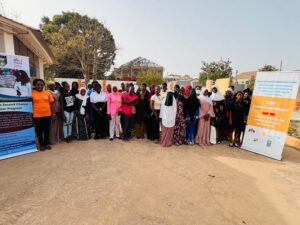
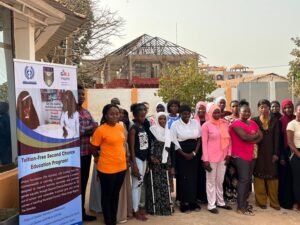
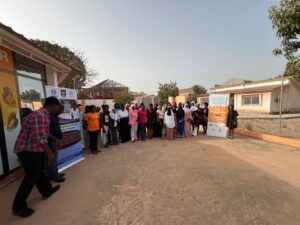
Challenges:
Misunderstanding of GBV: Observations revealed a widespread misunderstanding of GBV, particularly among boys, which created dilemmas and confusion about recognizing and addressing such violence.
Knowledge Gap: Questionnaire responses indicated a significant knowledge gap and limited awareness among participants, especially boys, regarding GBV and its prevention.
Engagement: Initially, participants, especially boys, faced dilemmas and showed limited engagement due to the lack of exposure and understanding of GBV.
Lessons Learned:
Targeted Education Efforts: Targeted education efforts, such as interactive sessions and role-playing exercises, proved effective in demystifying GBV and promoting prevention, leading to increased engagement over time.
Importance of Addressing Knowledge Gaps: Addressing knowledge gaps is crucial in empowering individuals to challenge norms and contribute to building safer communities.
Need for Comprehensive Approach: Comprehensive approaches that combine education, awareness-raising, and interactive learning methods are essential in addressing complex issues like GBV and promoting meaningful behaviour change.
Suggestions:
Continued Education: Sustained efforts should be made to continue educating participants, especially boys, on GBV prevention and awareness beyond the initial event. This could involve follow-up sessions, workshops, or campaigns.
Peer Education: Implementing peer education programs where participants, particularly boys, can become advocates for GBV prevention within their communities can help reinforce learning and promote positive behaviour change.
Community Engagement: Engaging parents, community leaders, and other stakeholders in discussions and awareness-raising initiatives about GBV can help create a supportive environment for promoting gender equality and preventing violence.

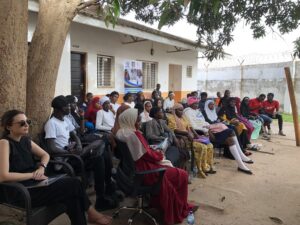
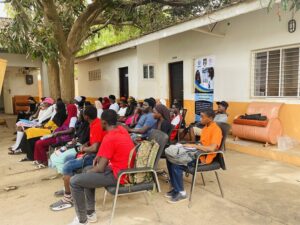
To access the Attendance Record, click on the output links below:
You can access the attendance record for the event through the following link: https://commonwealthoflearning-my.sharepoint.com/:x:/r/personal/gi_col_org/_layouts/15/Doc.aspx?sourcedoc=%7B7B0CC0E4-51B4-461B-AD84-423F34787255%7D&file=Attendance%20-C24-385%20UF.xlsx&action=default&mobileredirect=true
Materials Used/Developed:
To view the materials used during the event, please visit the following link: Materials Used-GBV Training-April 2024-Final.pptx
Pictures & Videos:
For pictures and videos from the event, you can access the shared folder through this link: https://commonwealthoflearning-my.sharepoint.com/personal/gi_col_org/_layouts/15/onedrive.aspx?ga=1&id=%2Fpersonal%2Fgi%5Fcol%5Forg%2FDocuments%2FC24%2FGIRLS%20Inspire%20UF%5FC24%2D385%2F4%2E%20Photos%20%26%20Media%2FQ1%2FVideos
Baseline Assessment

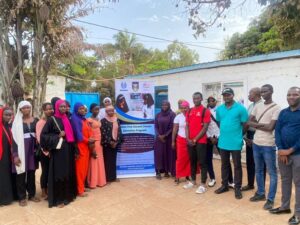
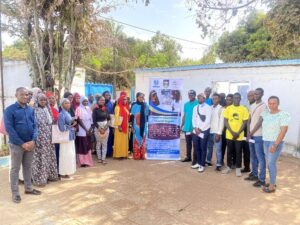
During the baseline assessment conducted to identify the learning needs of participants, over 130 deserving individuals were identified for the Second Chance Education Program. However, at the commencement of the program, we were able to invite only 70 participants. Orientation sessions were held, and classes began. Over time, additional deserving participants were invited to join as some of the initial participants dropped out for various reasons.
Furthermore, after the commencement of classes, other deserving participants who were not part of the original 130 identified during the baseline assessment were also later recognized. However, they could not be included in the program due to limited resources.
Conduct learning classes for 70 out-of-school girls in Second Chance Education.
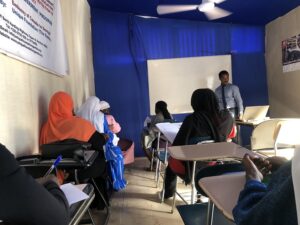
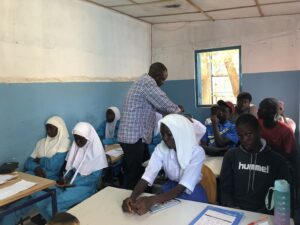
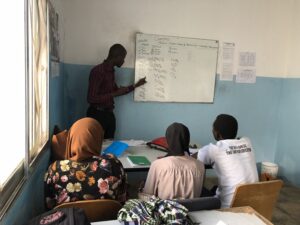
Organisation Name: | Unique Foundation (The Gambia) | Country: | The Gambia |
Quarter: | Quarter 1&2 | ||
Event title: | Tuition Free Second Chance Education Program | ||
Output #: | Conduct learning classes for 70 out-of-school girls in Second Chance Education. | ||
Short description of the Activity: | The Tuition-Free Second Chance Education Program is designed to empower women and girls who have had to discontinue their education due to financial constraints, family responsibilities, early marriages, or other challenging circumstances. This inclusive program specifically supports single mothers raising children on their own and facing difficulties in pursuing further education due to caregiving responsibilities. Additionally, it caters to those who have completed senior secondary school but do not meet university admission requirements. The program offers a valuable opportunity for these women and girls to resume their education, acquire new skills, and enhance their prospects for personal and professional growth. | ||
Target audience: | 130 | # registered at baseline: | 70 |
Date(s) of events: | 18th March 2024 – 31th July 2024 | # of sessions: | 48 |
Communities: | Bakoteh, Jeshwang, Latrikunda, and Tallinding within Kanifing Municipal Areas, and Brikama within the West Coast Region | Venue: | Unique Foundation Learning and Resource Center, Fajara. |
Completed by: | Solomon Ifeanyi Nathaniel | Role in project: | Project Manager and Communications Liaison |
Attendance record
Total People | Female | Male | PWD |
130 | 111 | 19 | 2 |
The Tuition-Free Second Chance Education Program was developed to address the educational needs of women and girls who have been forced to discontinue their education. This includes individuals facing financial constraints, family responsibilities, early marriages, and other challenging circumstances. The program also focuses on single mothers who struggle to pursue further education due to their caregiving duties, as well as those who have completed senior secondary school but do not meet university admission requirements.
Goal/Objectives:
The primary goal of the program is to provide these women and girls with the opportunity to resume their education, gain new skills, and improve their prospects for personal and professional development. The specific objectives include:
- Empowering participants by equipping them with knowledge and skills for better employment opportunities.
- Enhancing the self-esteem and confidence of women and girls who have faced educational disruptions.
- Providing a supportive learning environment that accommodates the unique needs of single mothers and other women facing educational barriers.
What Was Done:
WAEC Syllabus: We are following the West African Examination Council (WAEC) Syllabus, focusing on academic skills. This included subjects required for junior and secondary school completion, as well as courses in life skills.
Flexible Scheduling: Classes are scheduled flexibly to accommodate participants’ caregiving responsibilities and other commitments.
Support: Additional support, including transport and logistics assistance, is being provided to 50% of program participants. This ensures that participants can focus on their studies without additional stress.
Who Facilitated It:
The program is being facilitated by a dedicated team and educators.
Who Attended:
The program is being attended by a diverse group of women and girls who had previously discontinued their education. This included:
- Single mothers balancing caregiving with their desire to continue their education.
- Young women who had left school due to early marriages or financial difficulties.
- Women who had completed senior secondary school but did not meet the criteria for university admission.
- Educational Advancement: Many participants will successfully complete their junior or secondary education.
- Employment Opportunities: Graduates of the program will have a better chance of securing employment after completing their secondary school education.
- Personal Growth: Participants will experience significant boosts in confidence and self-esteem, empowering them to pursue further educational and career opportunities.
Unexpected Outcomes:
- High Demand: The program saw a higher-than-anticipated number of applicants, highlighting the significant need for such initiatives.
- Positive Ripple Effect: The success stories of participants inspired other women in the community to seek out similar opportunities, creating a ripple effect of empowerment and educational pursuit.
The Tuition-Free Second Chance Education Program has proven to be a transformative initiative, providing invaluable opportunities for women and girls to reclaim their educational journeys and build brighter futures for themselves and their families.
Challenges
- Higher-than-Expected Participation
- The program attracted more participants than anticipated. Despite efforts to accommodate the increased number, limited resources prevented the admission of all deserving participants.
2. Limited Remuneration for Personnel
- Inadequate funds for staff compensation led to a shortage of personnel required to work on the project. This caused delays in reporting, meeting project timelines, and was further exacerbated by delays in donor payments.
3. Unbudgeted Additional Expenses
- There were unforeseen indirect expenses crucial for the project’s success that were not included in the original budget. These additional costs strained the limited resources of the implementing organization.
4. Participant Attendance and Scheduling
- Ensuring consistent attendance and engagement was challenging due to participants’ varied schedules. This required considerable effort to maintain their progress.
5. Transport and Logistics Support
- Providing adequate transportation and logistics support was difficult given the increased number of project participants, affecting some participants’ ability to attend classes regularly.
6. Emotional and Psychological Barriers
- Participants faced significant emotional and psychological barriers from past educational disruptions. Addressing these required specialized support services, such as hiring a social worker, which was not initially budgeted for.
7. Childcare Needs
- Participants with young babies struggled to attend classes due to childcare issues. A proposed solution was to have a dedicated room at the learning center for babies, but this was not initially planned.
8. Insufficient Teaching Staff
- There was a shortage of teaching staff for core subjects across different classes, particularly in specialized subjects within various streams, such as Science, Commerce/Business, Arts, and Upper Basic classes.
Lessons Learned
- Flexible Class Scheduling
Offering multiple class sessions per day, at less two sessions can accommodate participants’ varied schedules, enhancing attendance and engagement.
2. Budgeting for Contingencies
- Including a contingency fund in the budget can help manage unforeseen expenses, reducing financial strain on the implementing organization.
3. Childcare Provisions
- Planning for childcare facilities within the learning center can support participants with young children, improving their ability to attend classes.
4. Mental Health and Emotional Support
- Allocating resources for mental health and emotional support services, such as hiring social workers, is crucial for addressing participants’ psychological barriers.
5. Adequate Staffing
- Ensuring sufficient teaching staff for all core subjects requires better planning and possibly partnerships with educational institutions to fill staffing gaps.
Suggestions:
- Increase Funding and Resources
- The organization is exploring ways to seek additional funding sources and build partnerships to ensure sufficient resources to accommodate all deserving participants and cover unforeseen expenses.
2. Flexible Class Sessions
- Implement two different class sessions per day to enhance flexibility in scheduling, making it easier for participants to attend and stay engaged.
3. Contingency Planning
- The next phase of the program should include a contingency budget to manage unexpected costs effectively.
4. Childcare Facilities
- Plan and budget for dedicated childcare facilities within the learning center to support participants with young children.
5. Enhanced Support Services
- Allocate funds for specialized support services, including hiring social workers to address emotional and psychological barriers faced by participants.
By addressing these challenges through lessons learned and suggested improvements, the project can better meet its objectives and provide the necessary support to women and girls in their educational pursuits.
Attendance Records
Below documents show the attendance of some of the participants:
March 2024 Attendance:
Date: March 27, 2024
Participants Present: 76
Participants Absent: 6
April 2024 Attendance:
Date: April 30, 2024
Participants Present: 117
Participants Absent: 13
May 2024 Attendance:
Date: May 29, 2024
Participants Present: 121
Participants Absent: 9
Materials Used/Developed
The materials used in the program are the same textbooks and educational resources used in normal mainstream schools for both junior and senior secondary schools in The Gambia. These include:
Science Class Core Subjects:
- English, Physics, Biology, Mathematics, Chemistry, Civil Studies
Commerce/Business Class Core Subjects:
- Mathematics, Economics, Financial Accounting, Civic Education, English, Business Management and General Science
Arts Class Core Subjects:
- Mathematics, Literature in English, Government, History, English Language, General Science, Civic Education
Awareness and Advocacy for Girls Education
Organisation Name: | Unique Foundation | Country: | The Gambia |
Quarter: | Second Quarter | ||
Event title: | Awareness and Advocacy for Girls Education | ||
Output #: | 3.2.2.1 | ||
Short description of the Activity: | Sensitization aimed to highlight the importance of keeping girls in school, reducing gender-based violence (GBV), and destigmatising adolescent motherhood. | ||
Target audience: | Parents, Community members, & Local leaders | # registered at baseline: | 107 |
Date(s) of events: | 22nd June, 2024 | # of sessions: | 5 Sessions |
Communities: | Tawuto, Brikama Area Council | Venue: | Mendy Kunda Street, Tawuto |
Completed by: | Michael Essieme Hughes | Role in project: | M&E Liaison |
Attendance record
Total People | Female | Male | PWD |
107 | 85 | 22 |
|
The objective of the event was to engage parents and community members in meaningful discussions about the critical issues affecting girls’ education and well-being.
Parents, Community members, and Local leaders were sensitized on the importance of keeping girls in school, reducing gender-based violence (GBV), and destigmatising adolescent motherhood.
The goal of the meeting was to promote gender equality and empower girls to pursue their education without fear or discrimination.
The event was facilitated by the Administrative staffs of Unique Foundation (the Gambia) with assistance from some key members in the Tawuto community. [Mr Solomon Nathaniel (National Coordinator @Unique Foundation), Mr Michael Essieme Hughes (Assistant Project Officer), Marie (Community member), Caroline Yanga (Community member), Mr Joseph Demba (Community member), Mr Barnard Mendy (Community member), Veronic Jatta (Community member), some leaders in the community, and several other members of the Tawuto community.
Several community members, parents, and local leaders attended the event.
Some major challenges faced during the organization of the Sensitization event at Tawuto community:-
- Finding a suitable indoor venue for the event was a challenge because the community didn’t have any decent Hall readily available for use.
- There was a little challenge with Language because most of the girls and women in the community could only communicate effectively via some the local languages like Wolof, Fula, Manjago, Mandinka, and Jola. However, we were fortunate to have an elderly man volunteer to help with the translation in one of the local languages called Wolof, which most could understand.
- Increased transportation costs during our first official visit to the Tawuto community due to the Tobaski Muslim Feast that was ongoing during the same period.
Lessons Learned
- Fluency in some of the local languages like Wolof, Mandinka, Jola and Fula is important for effective communication with vulnerable girls and women most Local communities in The Gambia.
- Relating with vulnerable people in these local communities without discrimination with regards sex, religion, mind-set & upbringing etc. encourages maximum response and collaboration from them.
- Most people in these vulnerable local communities tend to respond swiftly to such sensitization events when provisions for Refreshments are clearly communicated during the mobilization process.
Suggestions
- Organize basic and Intermediate English language course programs for the vulnerable people in some of these local communities like the Tawuto community, to enhance their ability to be able to communicate effectively in English Language.
- Facilitating other relevant school educational programs and income-generating skills training would go a long way in improving the lives of young girls and women in the Tawuto community.
- Supporting these vulnerable girls and women with some start-up capital to commence sustainable business ventures, hence they would have acquired a certain level of knowledge from the trainings.
Attendance record, materials used/developed, links to pictures & videos
Total Attendance – 107
Total Female Attendees – 85
Total Male Attendees – 22
Because the meeting was an informal gathering, no materials were developed. The facilitators emphasized the importance of keeping girls in school, reducing gender-based violence (GBV), and destigmatizing adolescent motherhood. They shared various personal experiences and allowed ample time for participants to discuss the topics and share their own experiences.
Attendance record: Q2 – OneDrive (sharepoint.com)
links to pictures & videos: Q2 – OneDrive (sharepoint.com)
The Importance of Second Chance Education for Girls
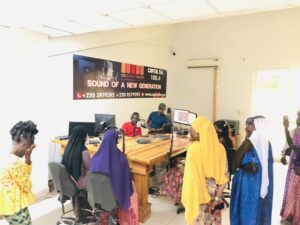
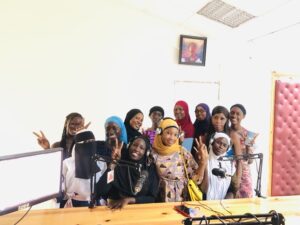
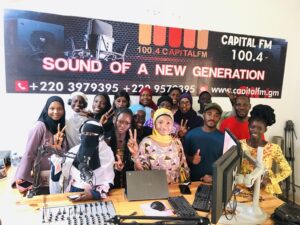
Organisation Name: | Unique Foundation | Country: | The Gambia | ||||
Quarter: | Second Quarter | ||||||
Event title: | The Importance of Second Chance Education for Girls | ||||||
Output #: | 3.2.2.2 | ||||||
Short description of the | Radio Talk Show aimed at encouraging vulnerable girls who | ||||||
Activity: | underperformed in their education not give up, but rise up to try | ||||||
again. | |||||||
Target audience: | 4,000 Listeners | # registered at | |||||
baseline: | |||||||
Date(s) of events: | 28th June, 2024 | # of sessions: | 3 sessions | ||||
Communities: | Arch @Banjul | Venue: | Capital FM | ||||
Completed by: | Michael Essieme Hughes | Role in project: | M&E Liaison | ||||
Attendance record
Total People | Female | Male | PWD | ||
18 | 13 | 5 |
The objective of the event was to host a discussion panel on local radio on the relevance of the Second Chance Education program targeting 4,000 listeners.
The event was facilitated by the Administrative staffs of Unique Foundation (the Gambia) with assistance from a Radio Personality at Capital FM radio station in Banjul. [Mr Solomon Nathaniel (National Coordinator @Unique Foundation), Mr Michael Essieme Hughes (Financial Officer), Mr Salieu Jallow]
Those who attended were Mr Solomon Nathaniel, Mr Michael Essieme Hughes, Michelle Sengore, a Radio Personality Mr Salieu Jallow, and some beneficiaries of the Second Chance program at Unique Foundation (The Gambia).
Some major challenges faced during the Radio Talk Show event at Capital FM:-
- Absence of a few students due to reasons like nervousness going Live on radio for the first time.
- A minimal level of nervousness from some of the students in expressing themselves, especially those who were speaking Live on Air for the first time.
- Some of the students arriving a little bit late at the radio station due to the distance most had to travel to get to Banjul were the Radio Station is located.
Lessons Learned
- Even the nervous students were able to flow in expressing their thoughts and experiences at some point during the radio talk, hence once they started although there was some level of nervousness but as they progressed they were comfortable expressing their thoughts and experiences naturally.
- When it comes to live broadcasting on radio, one may think a certain duration of time may be too much but once thoughts and experiences are being shared flowing naturally that time thought of as too much ends up being too small a time duration.
Suggestions
- Due to the successful radio talk show session with the Second Chance students, it could be taken a step further by going Live on television next time.
- The need to help students loose the fear of failing or making mistakes, that some had hence didn’t come for the Live Radio Talk due to thoughts of the probability of mistakenly saying something wrong or not in line with the radio talk.
Please click below to listen to the radio talk show on Second Chance Education and the importance of girl child education.
Highlights of our activities include:
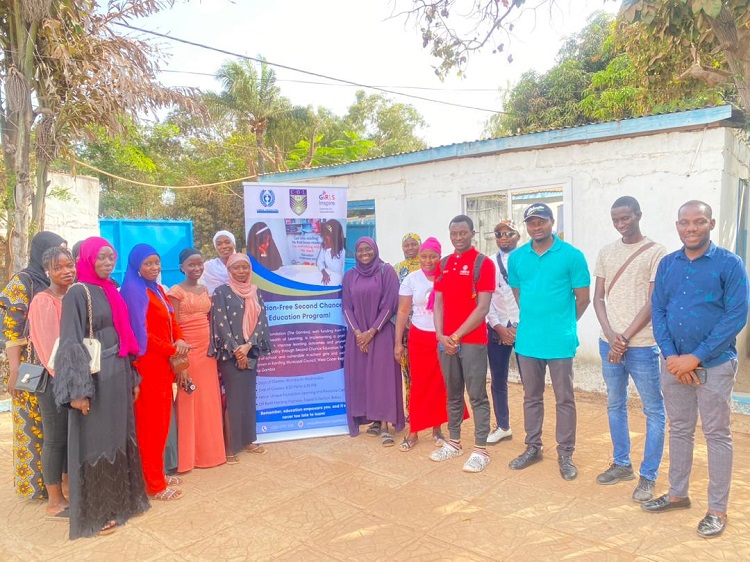
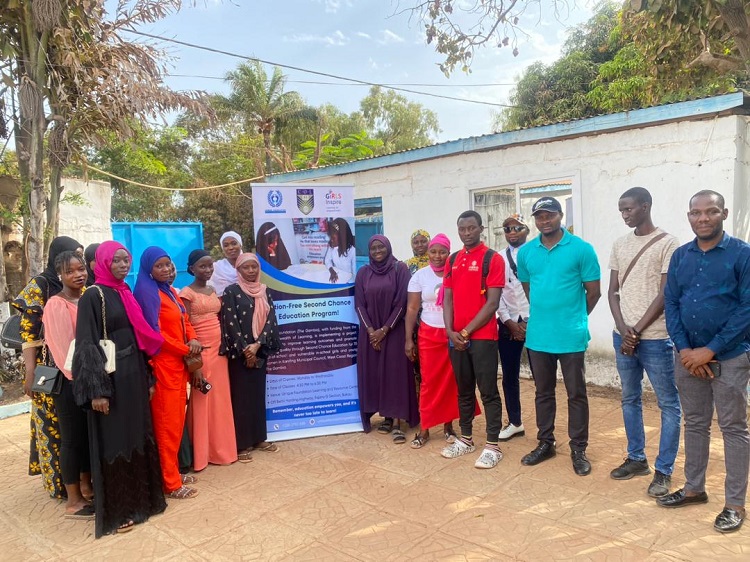
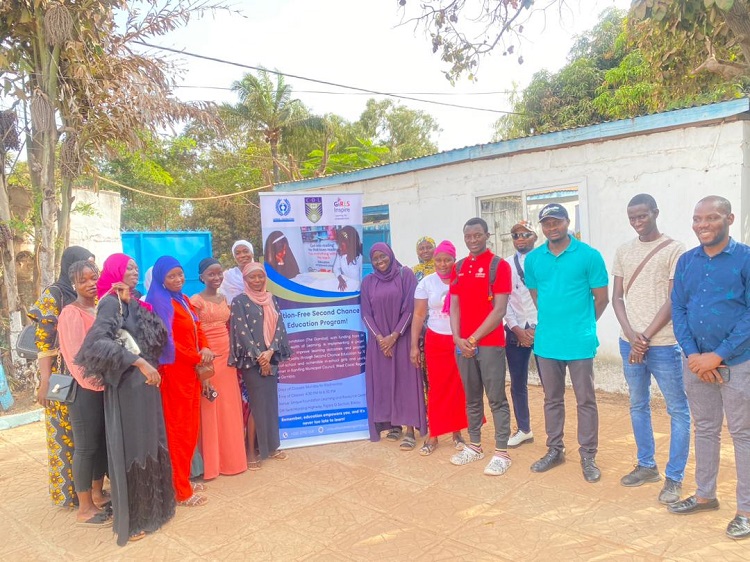
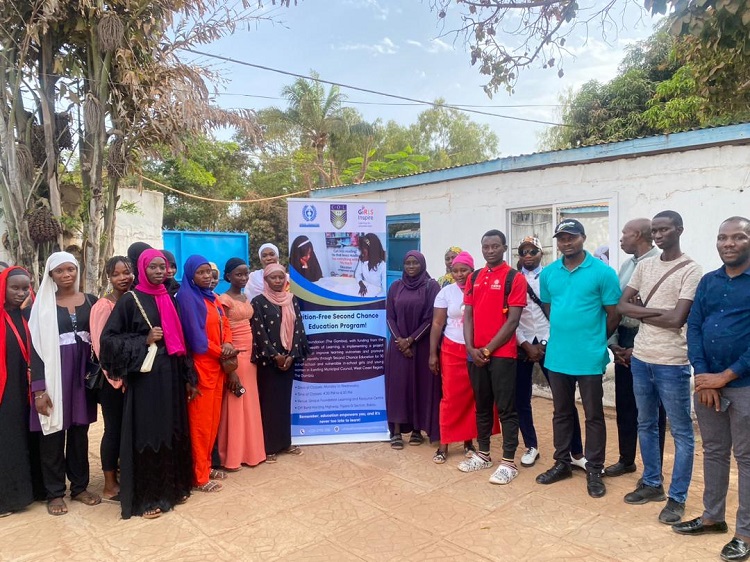
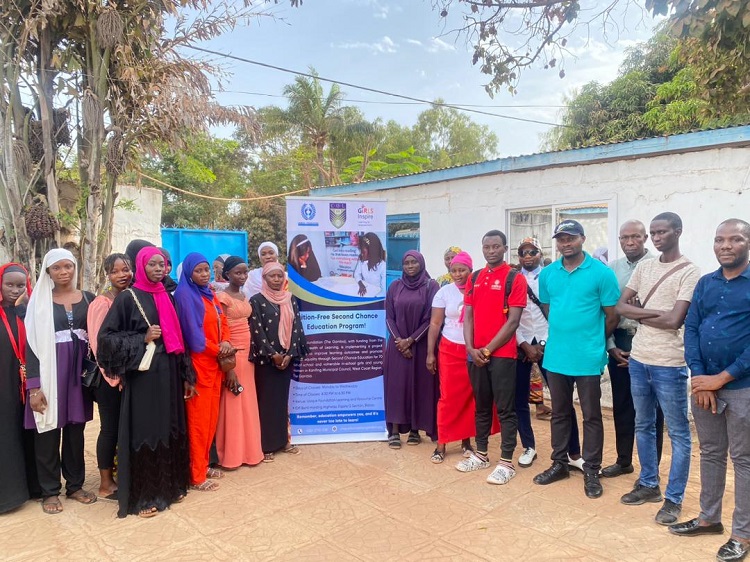
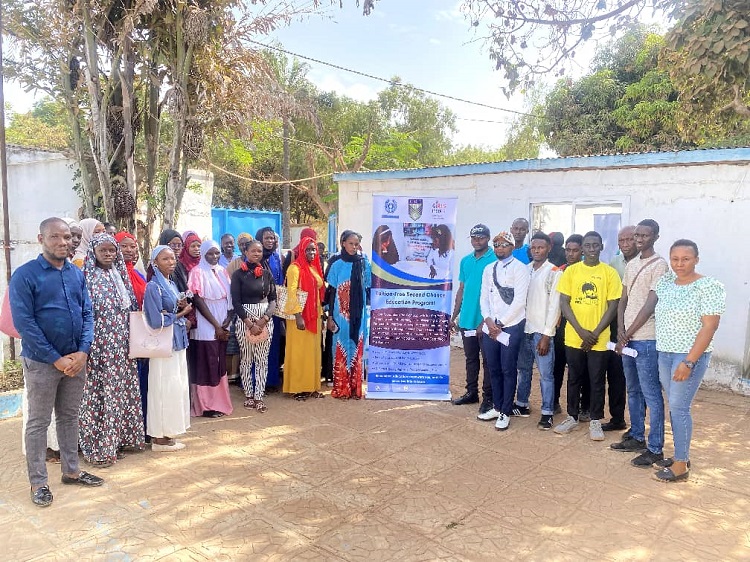
- Educating 70 girls and young women on human rights, life skills, and the prevention of Gender-Based Violence (GBV). This activity has been completed.
- Sensitizing participants on available legal services and how to access them. This activity has been completed.
- Conducting a baseline assessment of learning needs and tailoring interventions to improve learning outcomes. This activity has been completed.
- Providing learning classes for 70 out-of-school girls in Second Chance Education. This activity is ongoing.
- Facilitating access to learning facilities and resources, promoting a sense of belonging and safety for vulnerable participants. This activity is ongoing.
- Holding sensitization meetings with parents and community members, including one community meeting, sensitizing parents during a school meeting, and hosting a discussion panel on local radio targeting 4,000 listeners. These efforts aimed to emphasize the importance of keeping girls in school, reducing GBV, and destigmatizing adolescent motherhood. This activity will be carried out before the end of this month of May.
The Classroom Libraries 2024 Project is an initiative by Unique Foundation (The Gambia)
These photos showcase participants from training sessions on human rights, life skills, and gender-based violence (GBV) prevention. The training was facilitated by Unique Foundation with funding support from the Commonwealth of Learning and took place at the Orange Centre in Bakoteh, The Gambia.
Day one (1)
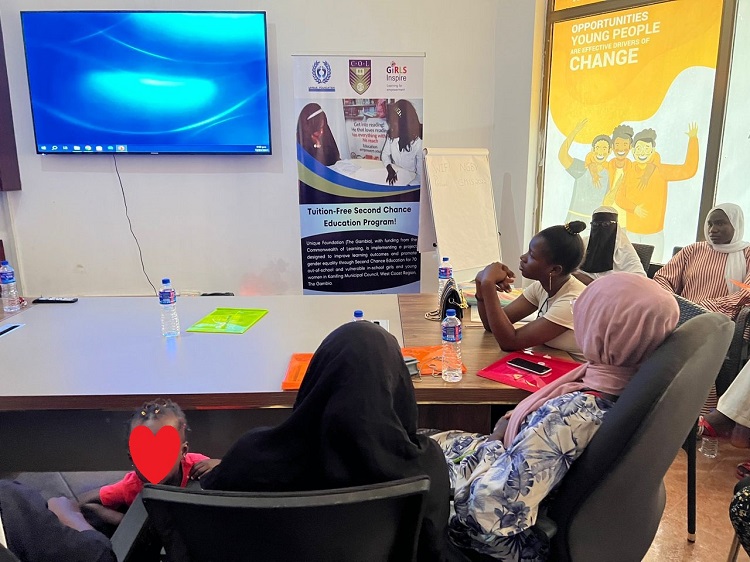
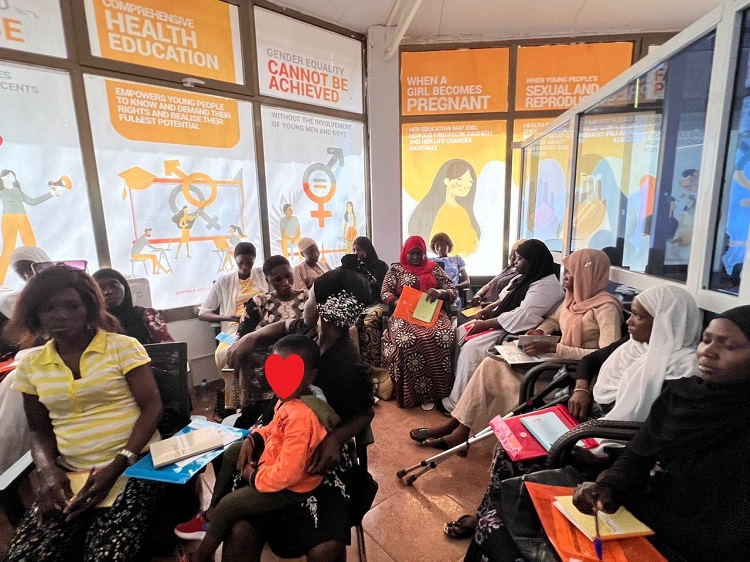
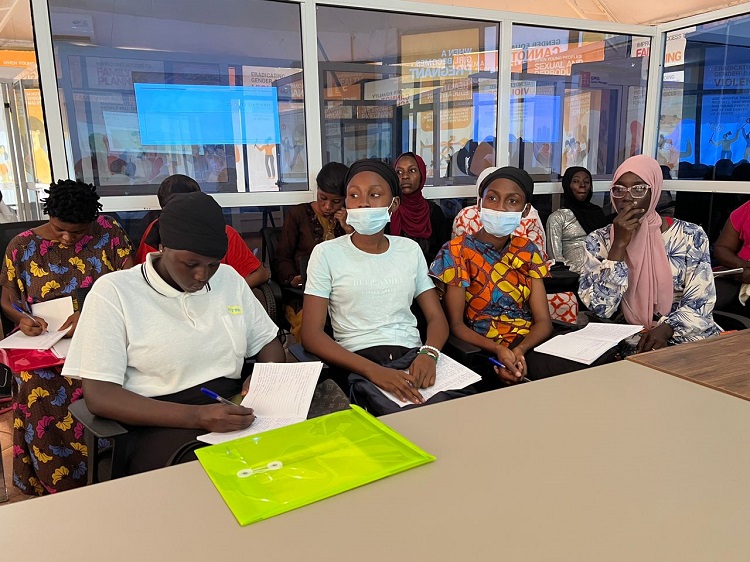
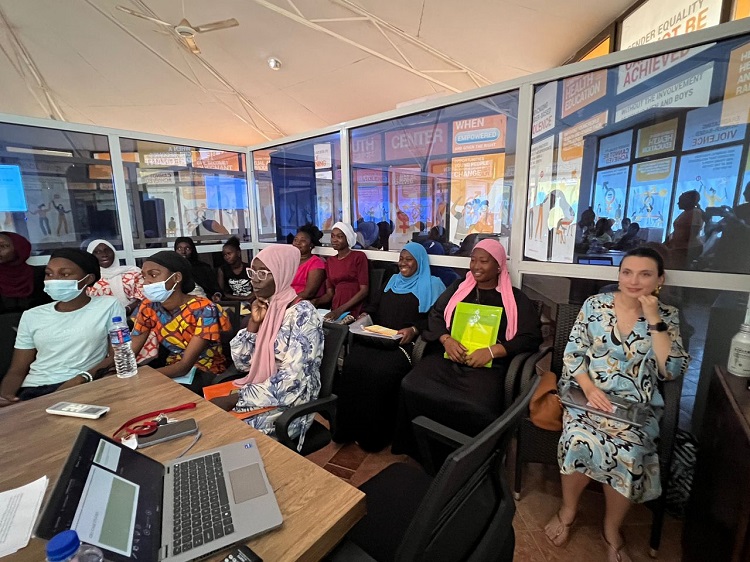
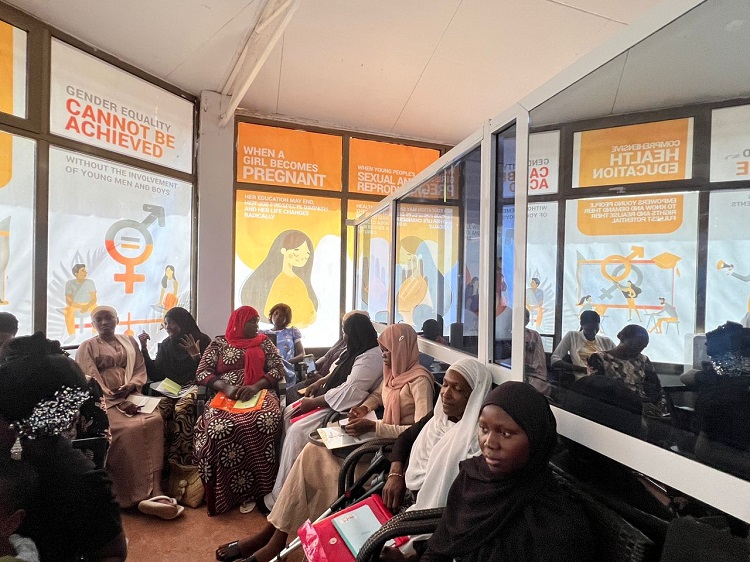
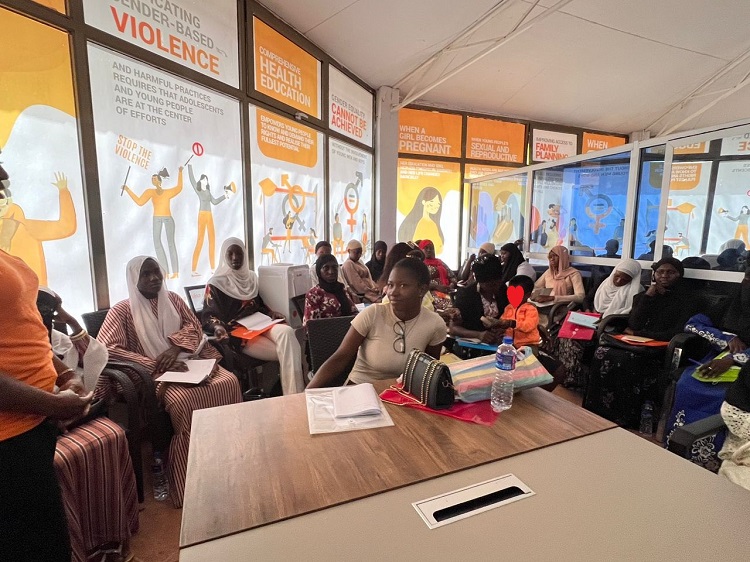
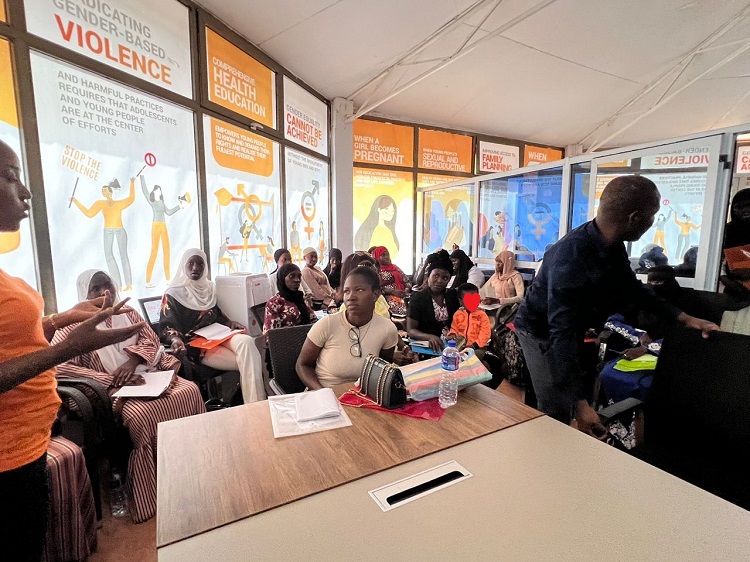
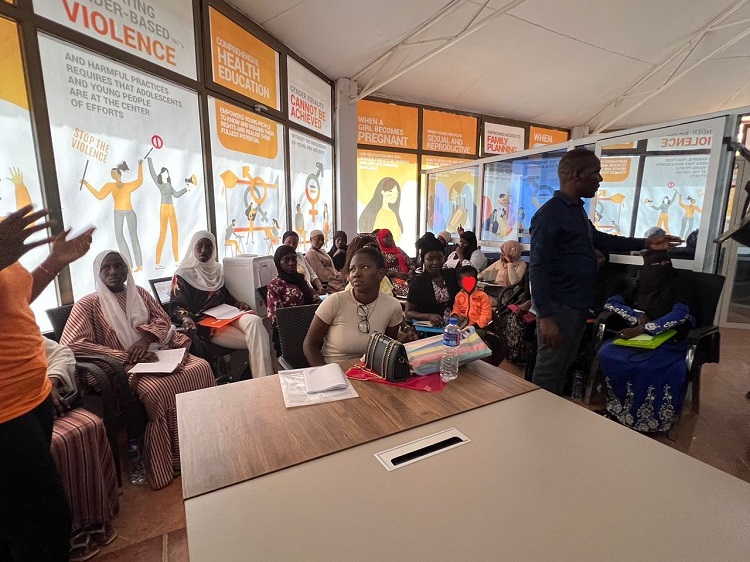
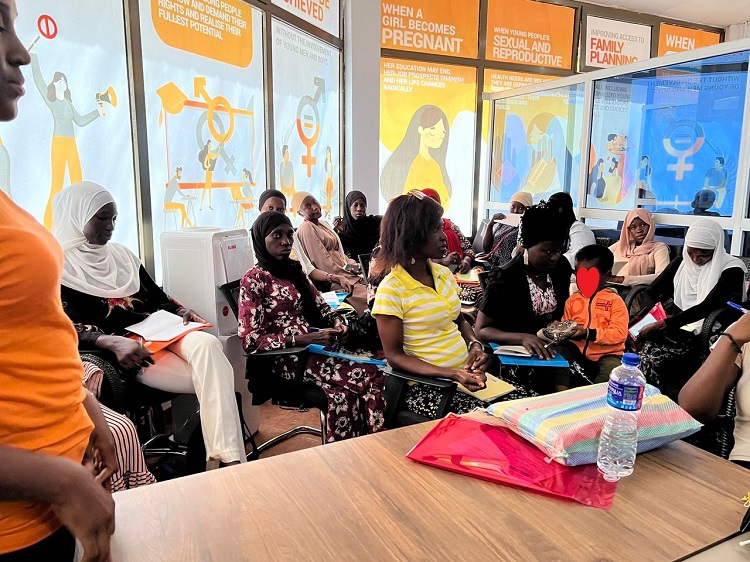
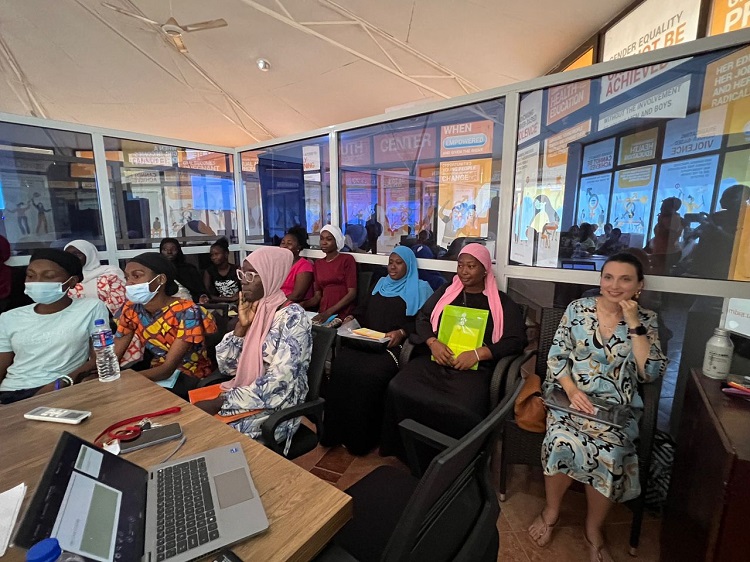
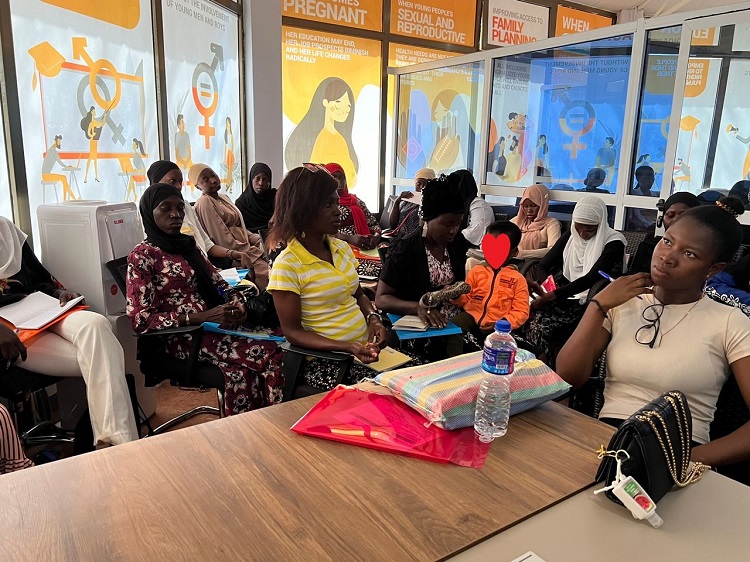
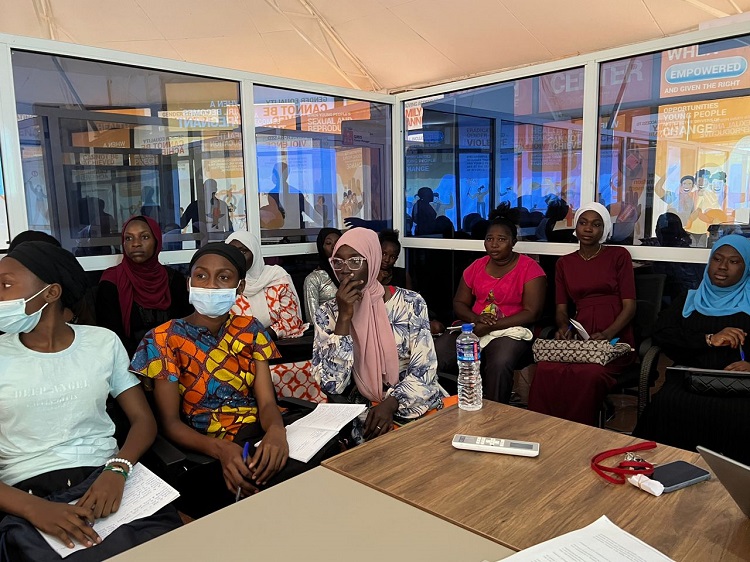
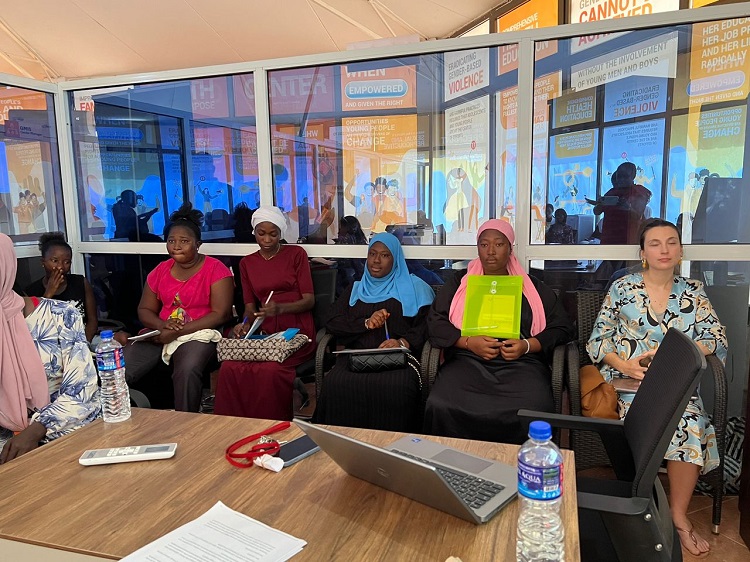
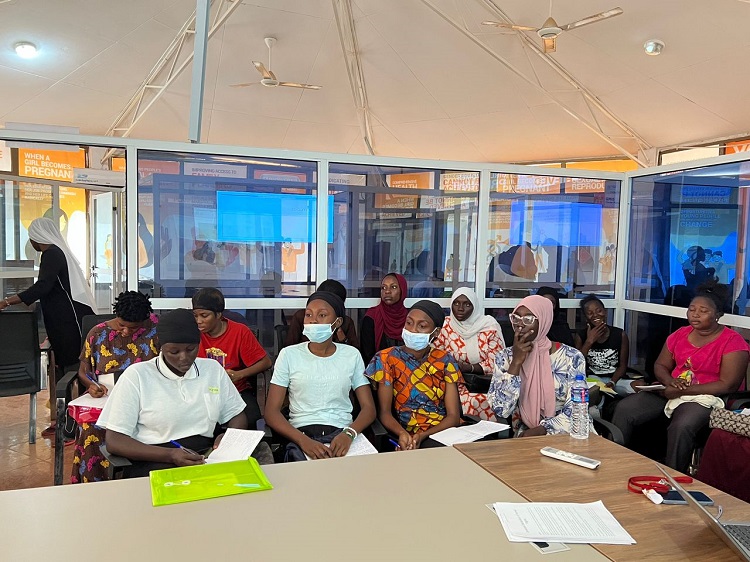
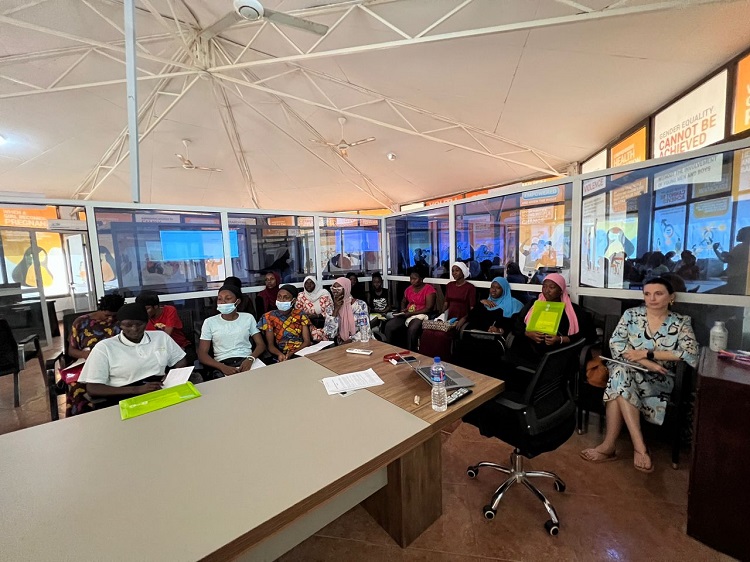
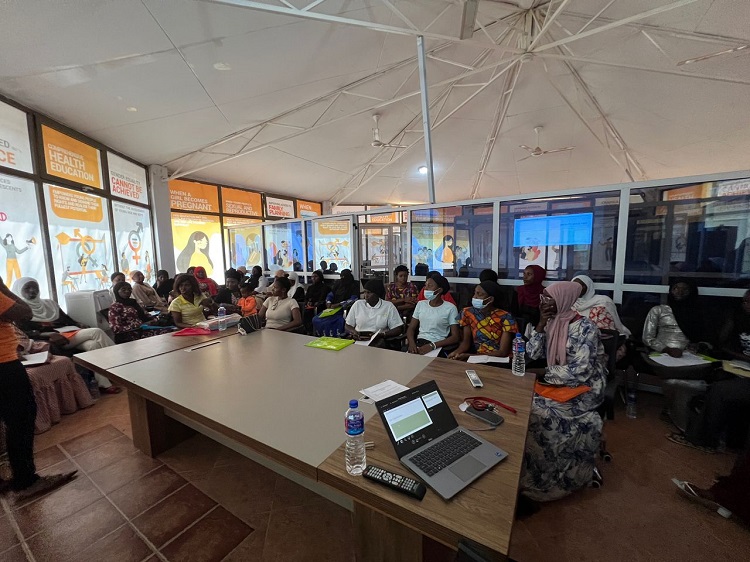
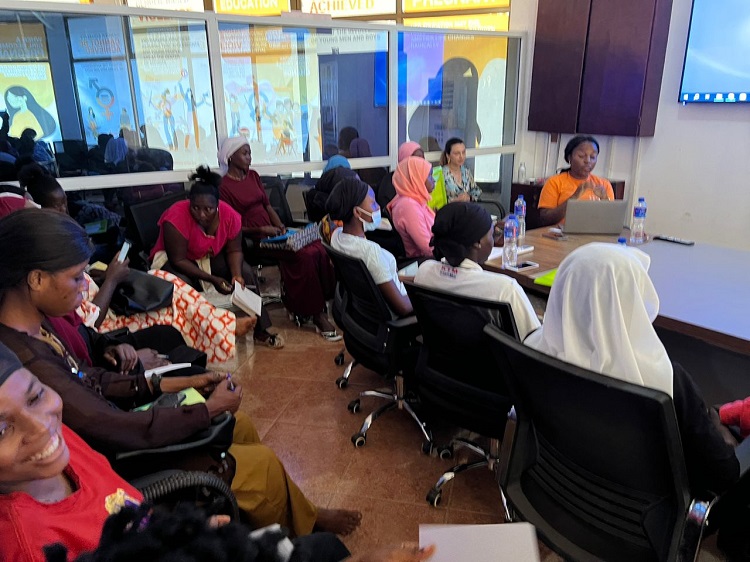

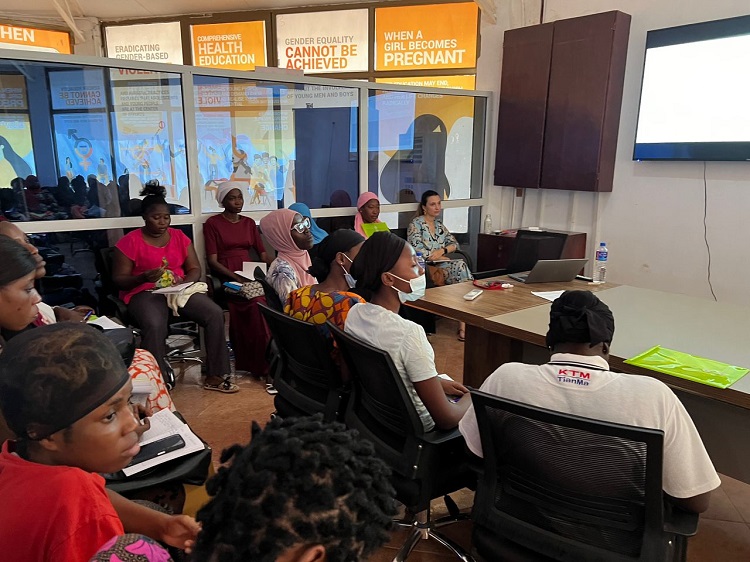
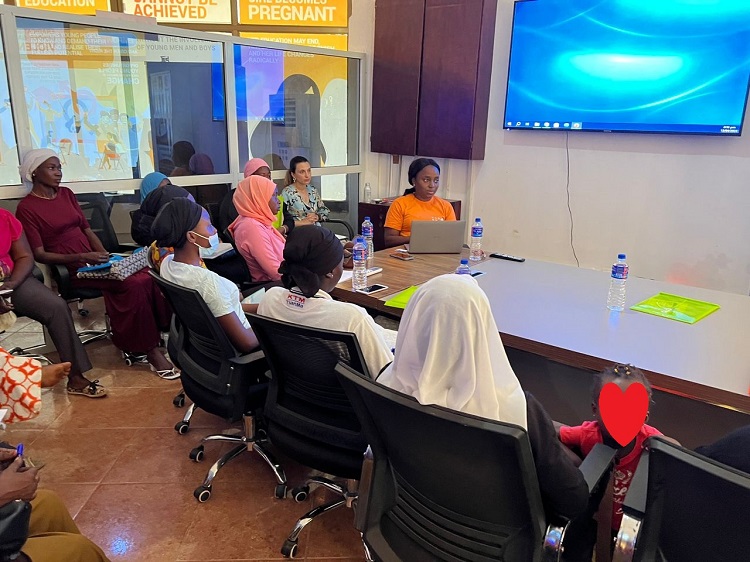
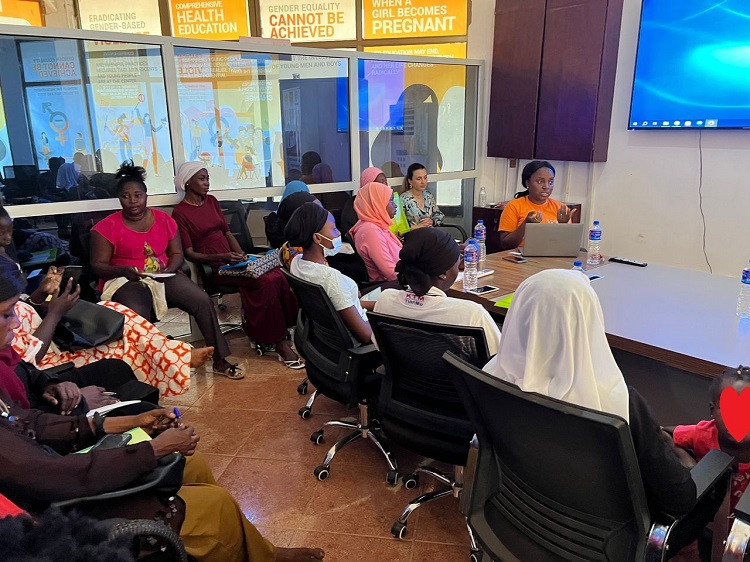
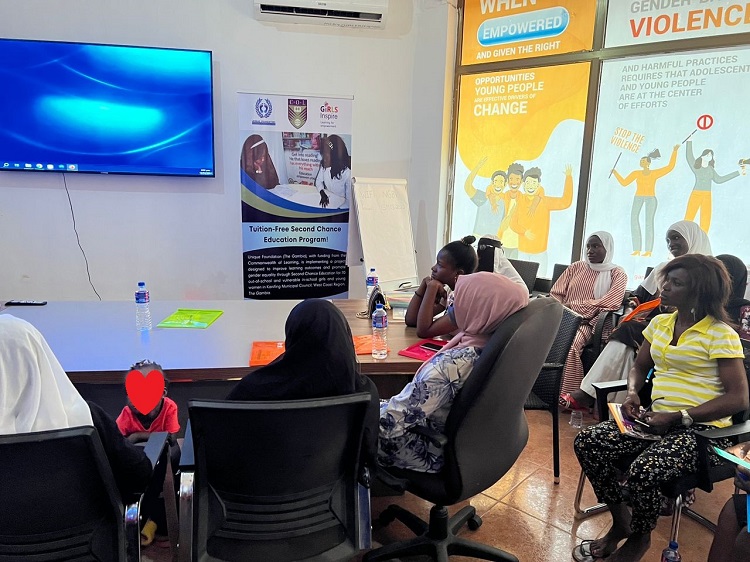

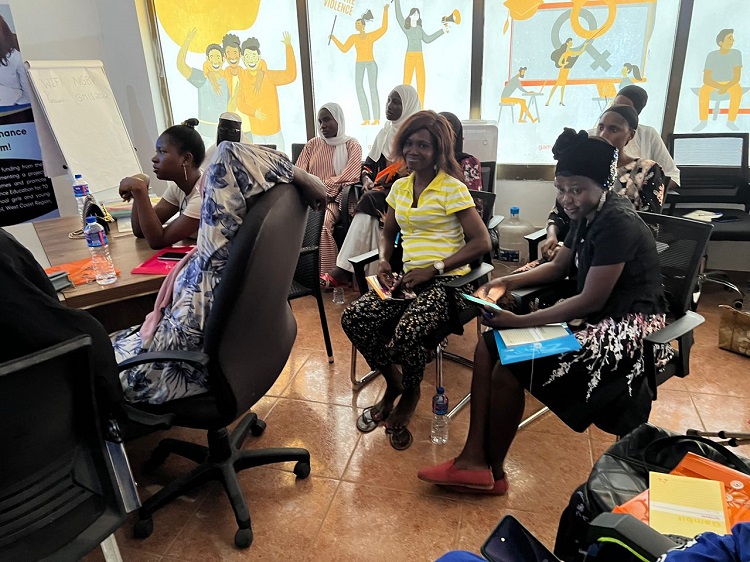
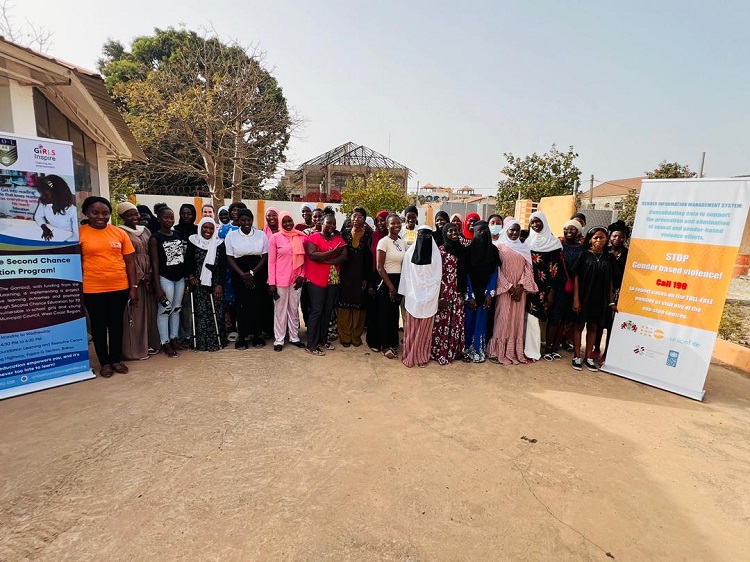
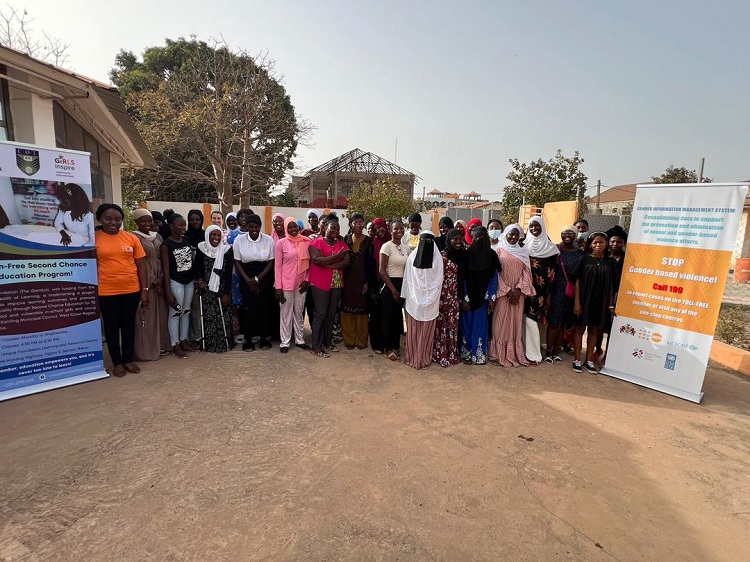
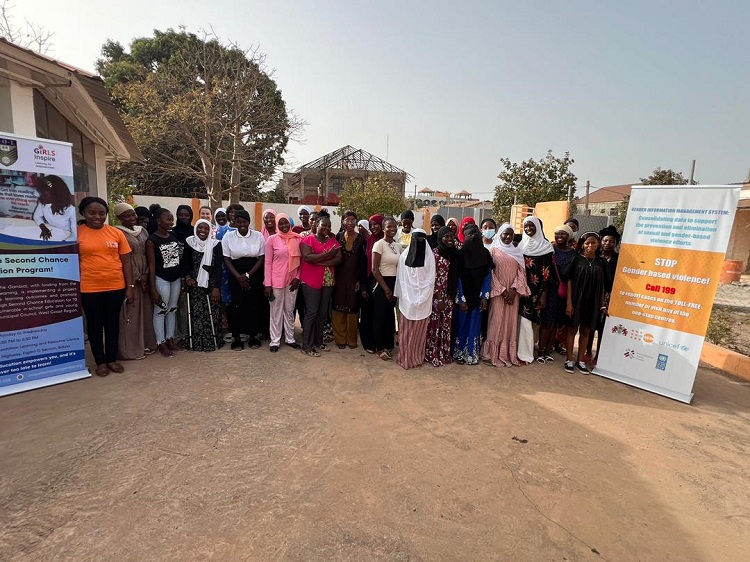
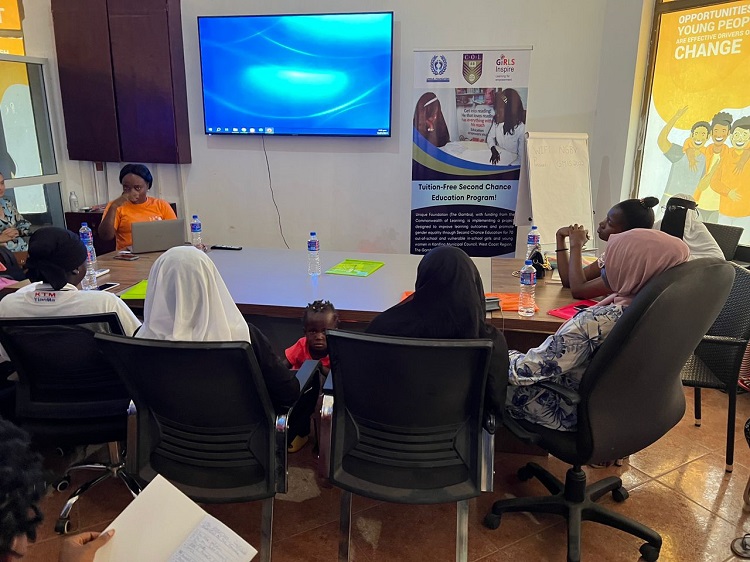
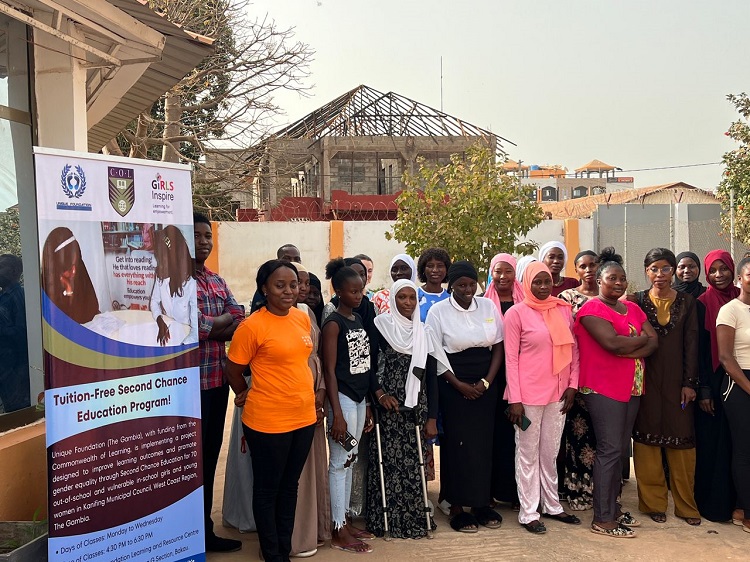
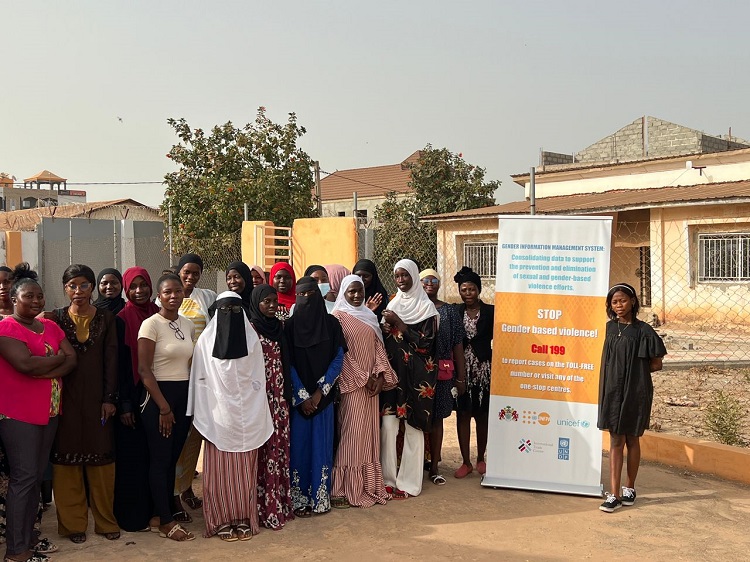
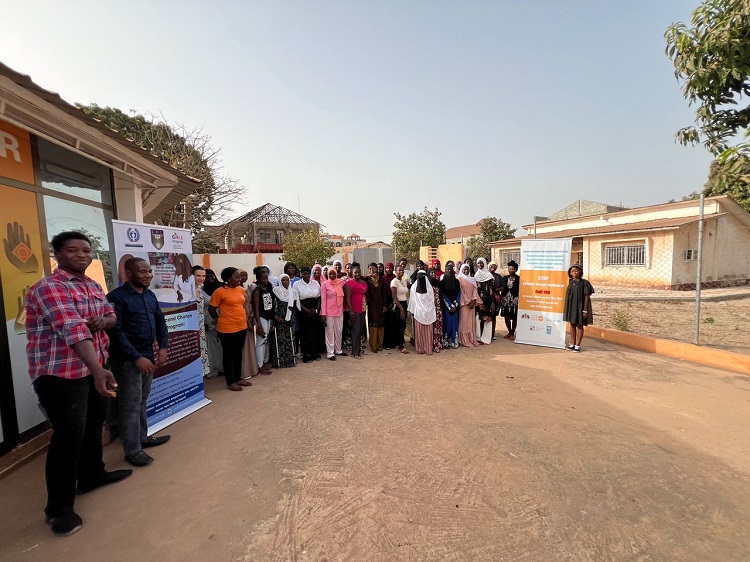
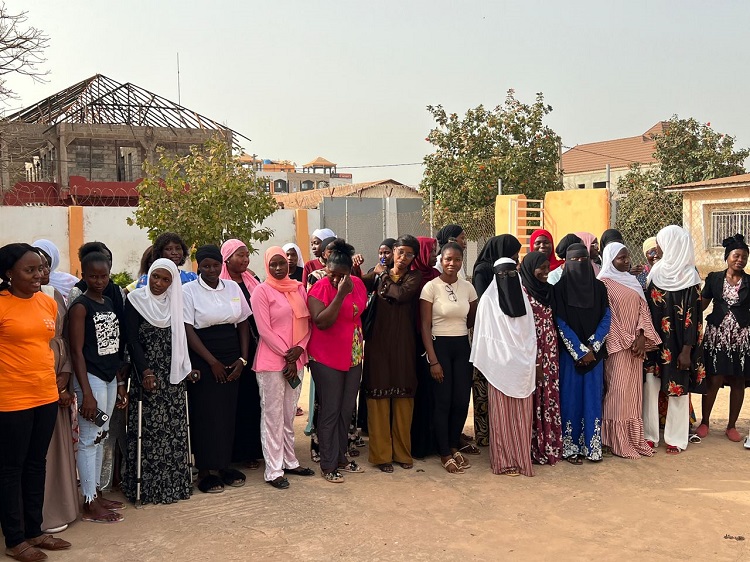
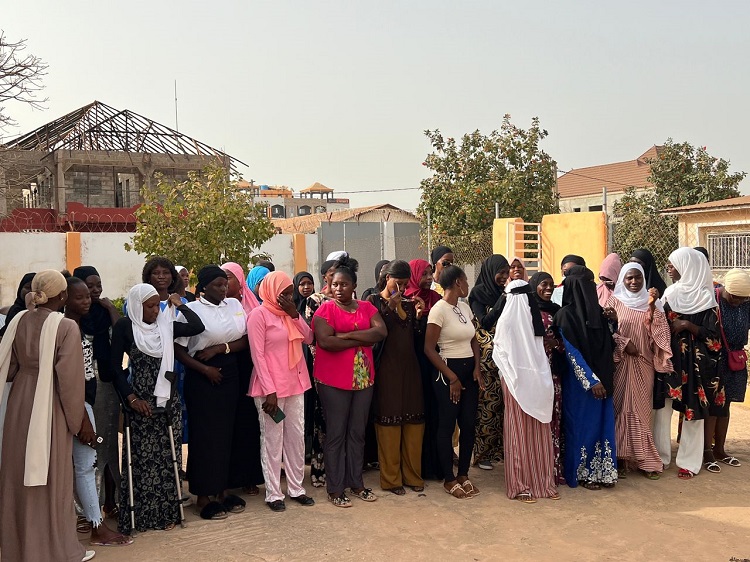
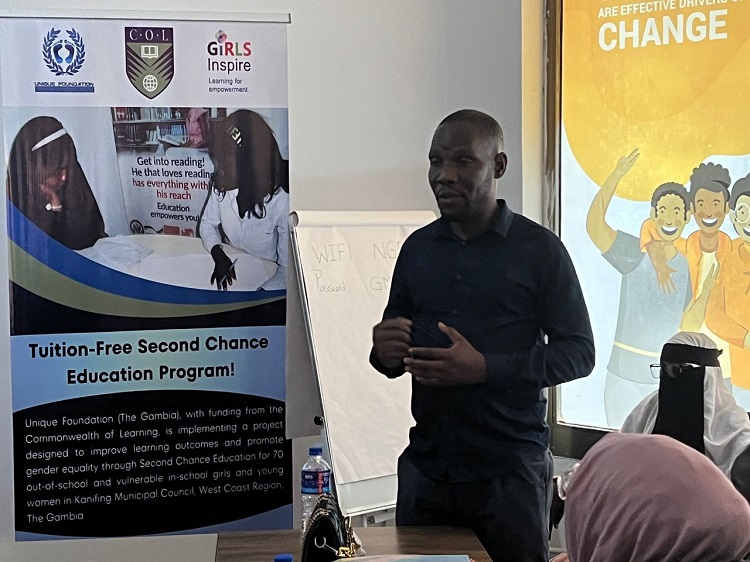
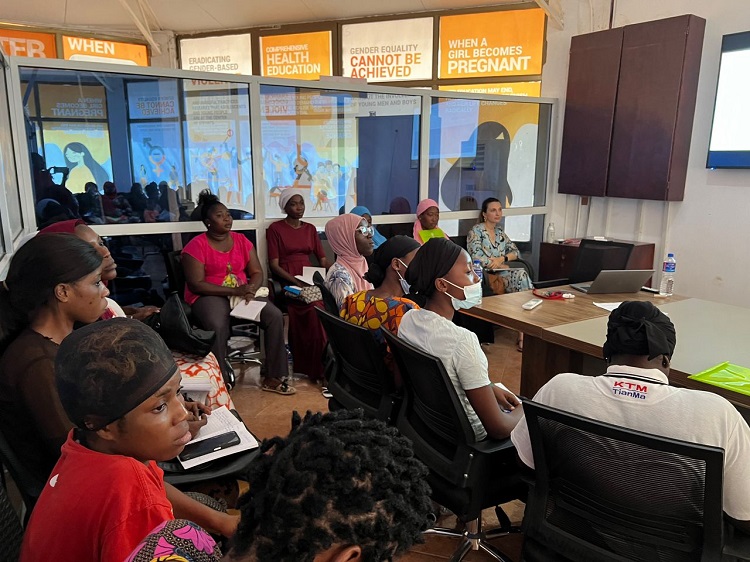
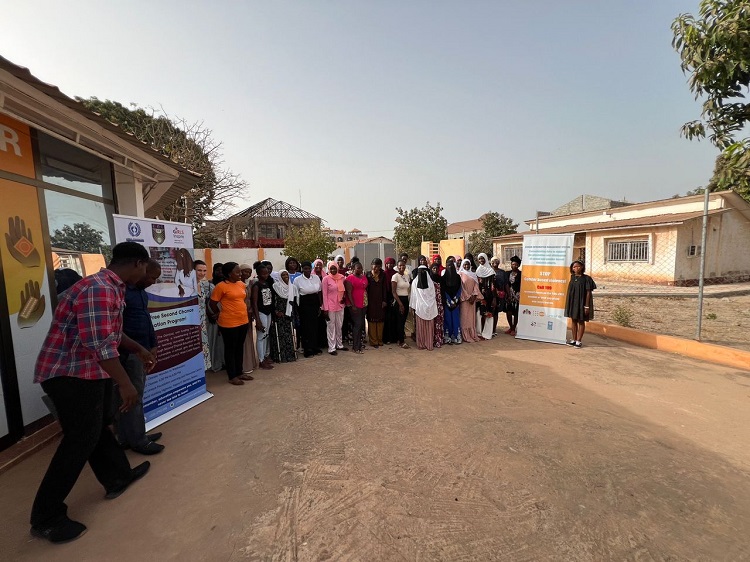
Day two (2)
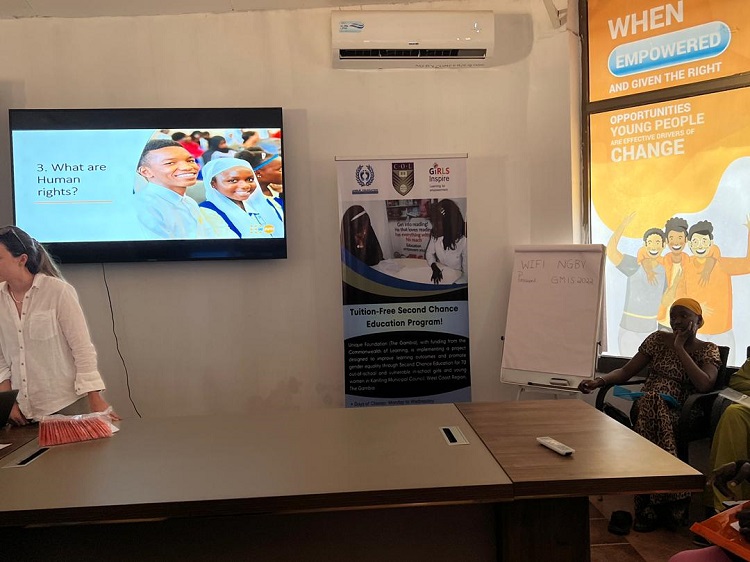
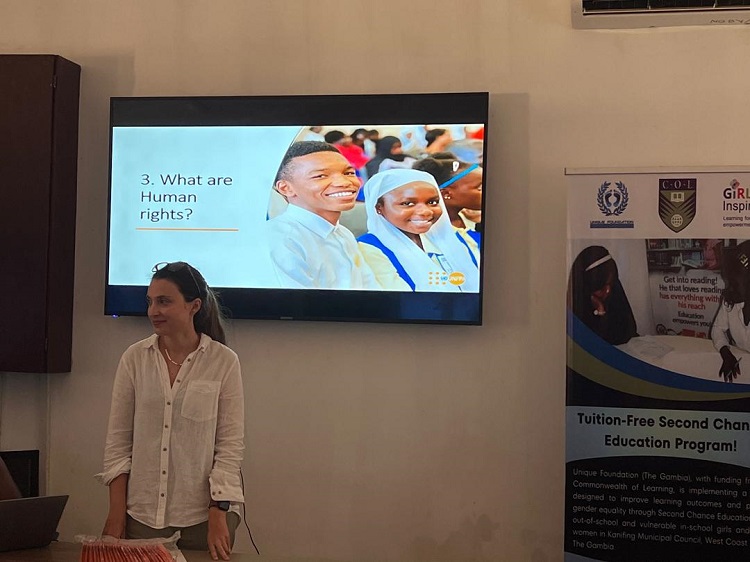
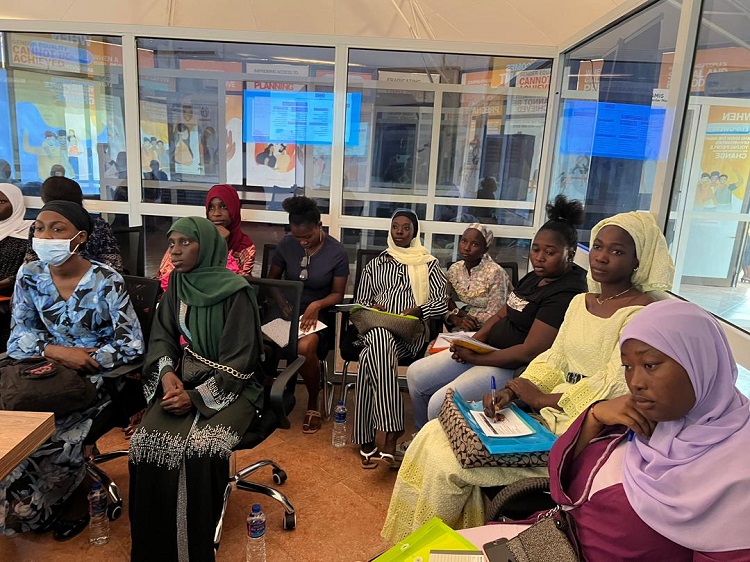
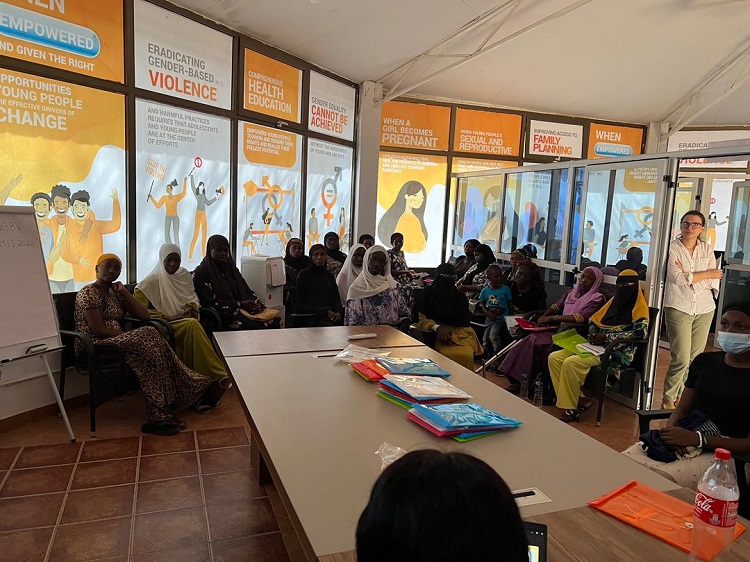
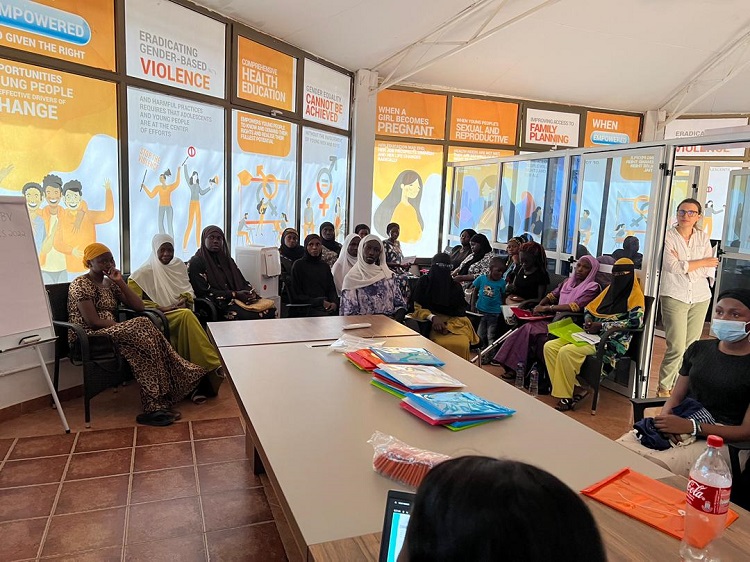
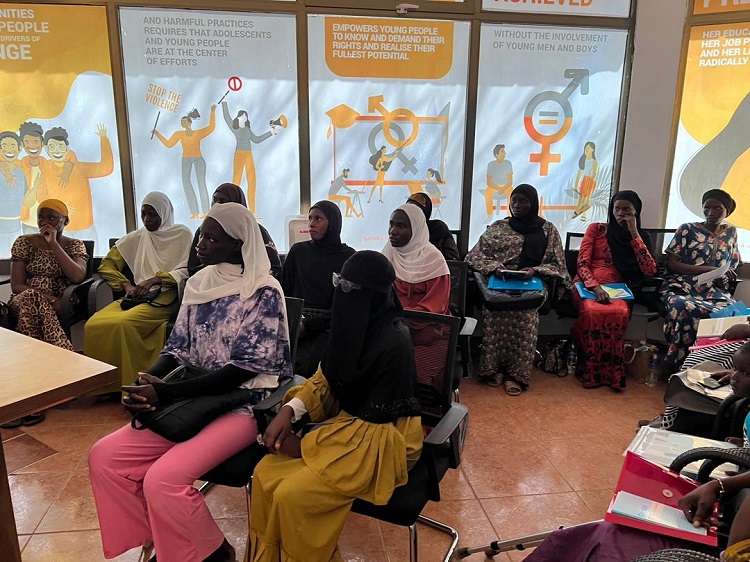
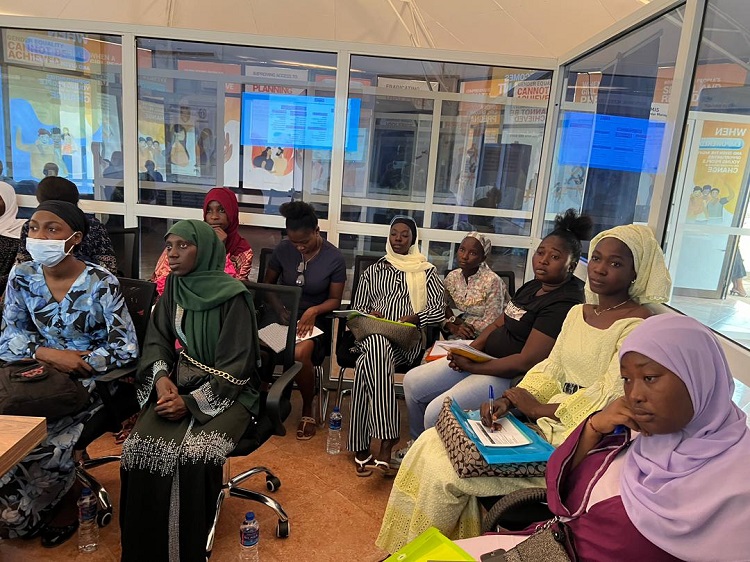
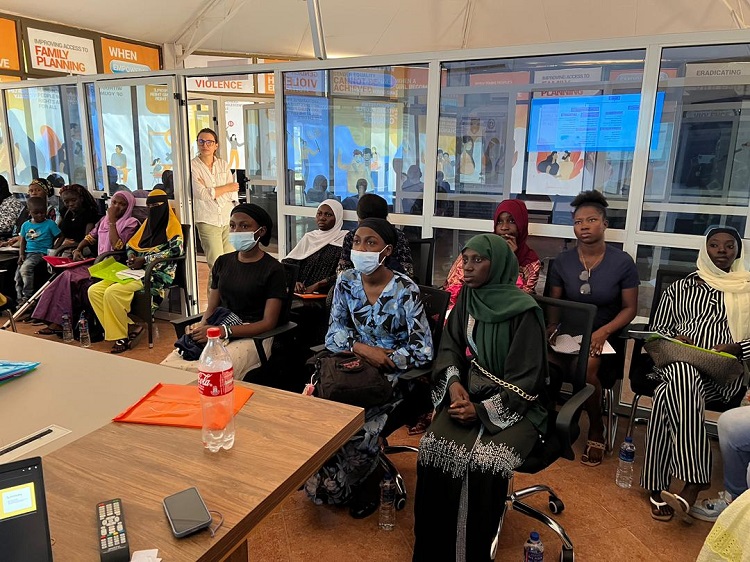
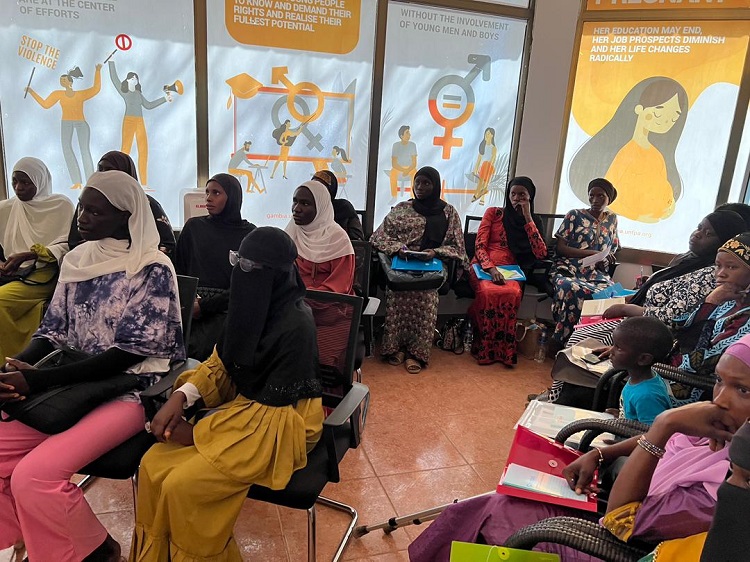
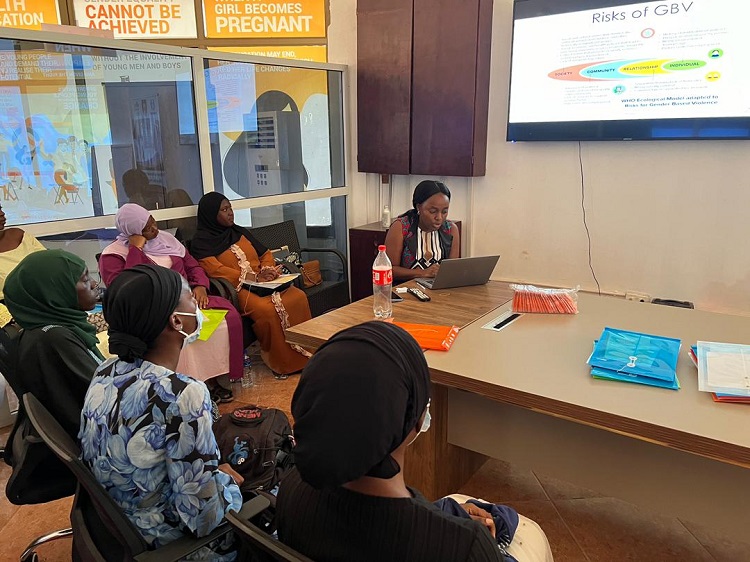
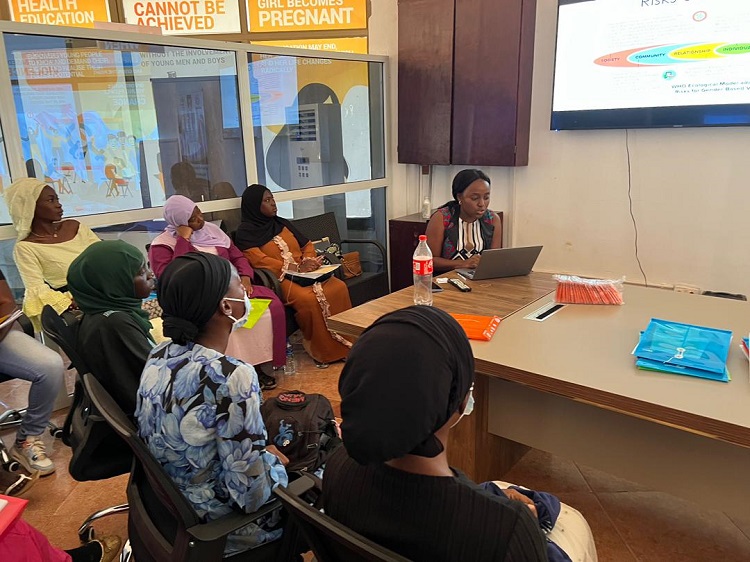
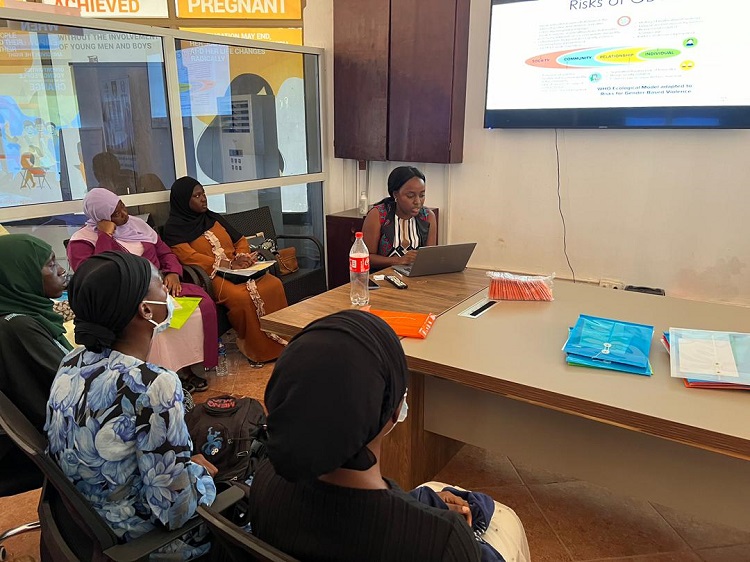
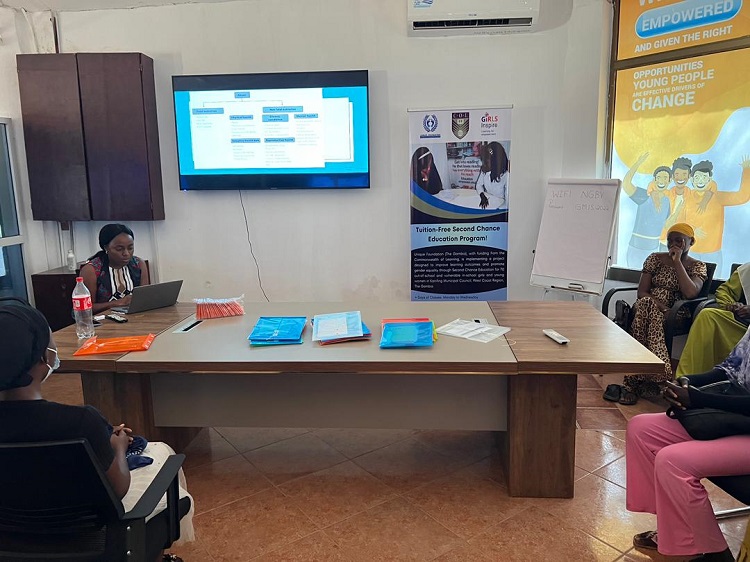
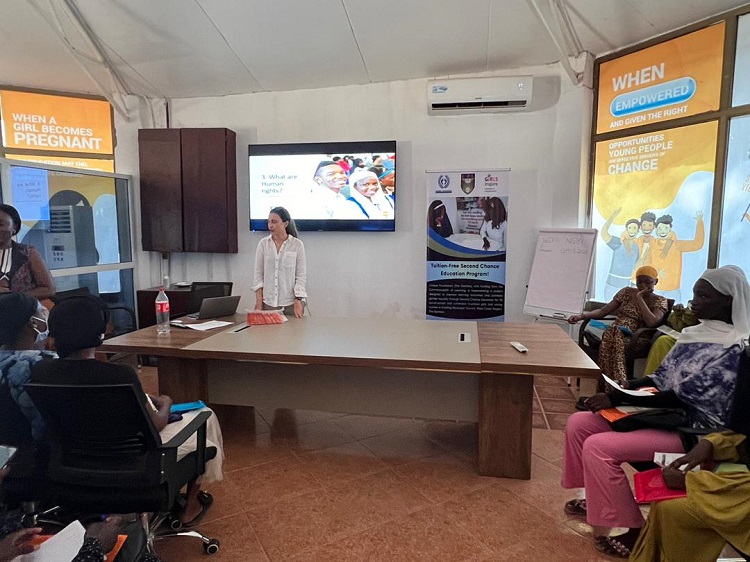
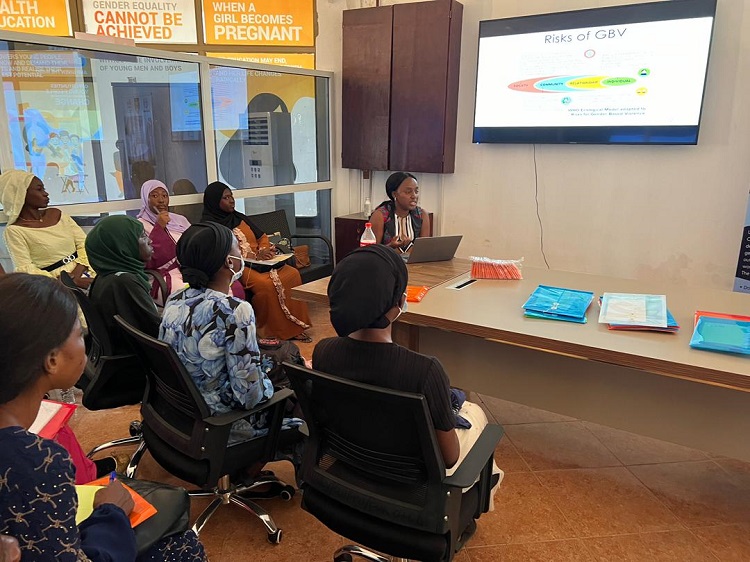
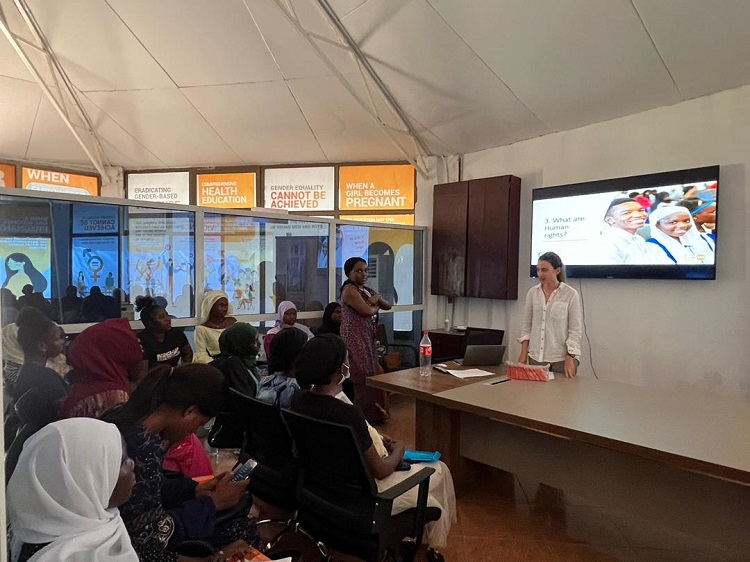
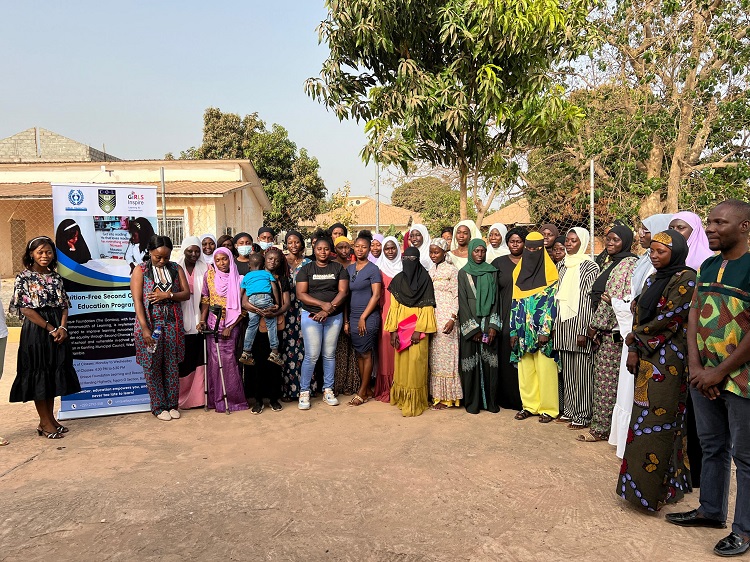

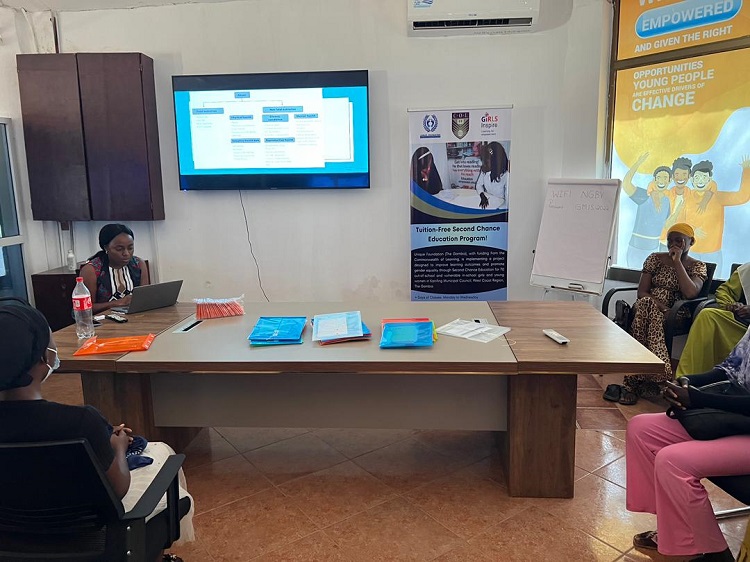
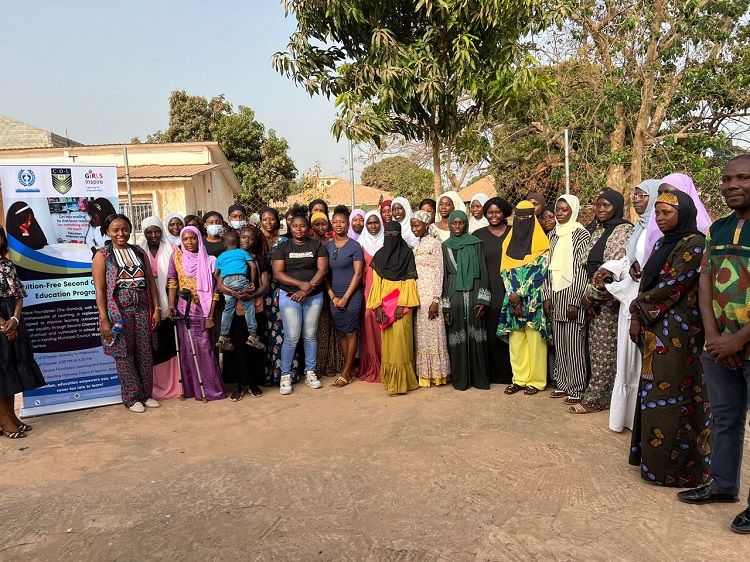
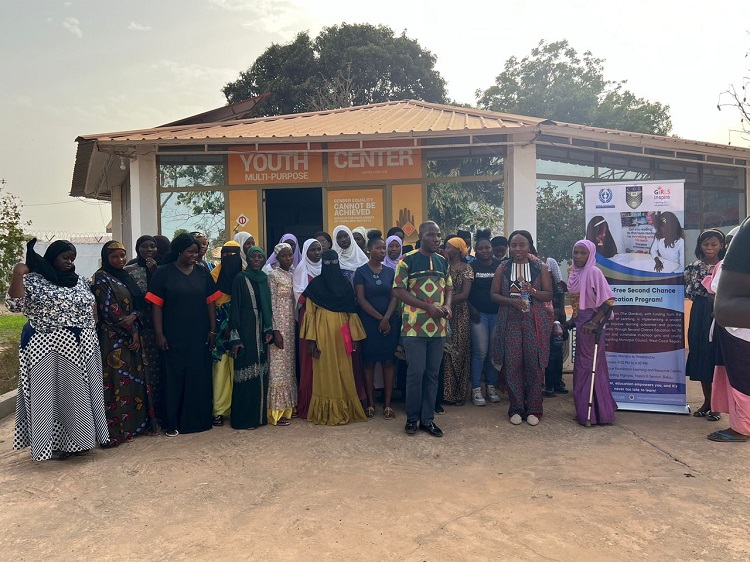
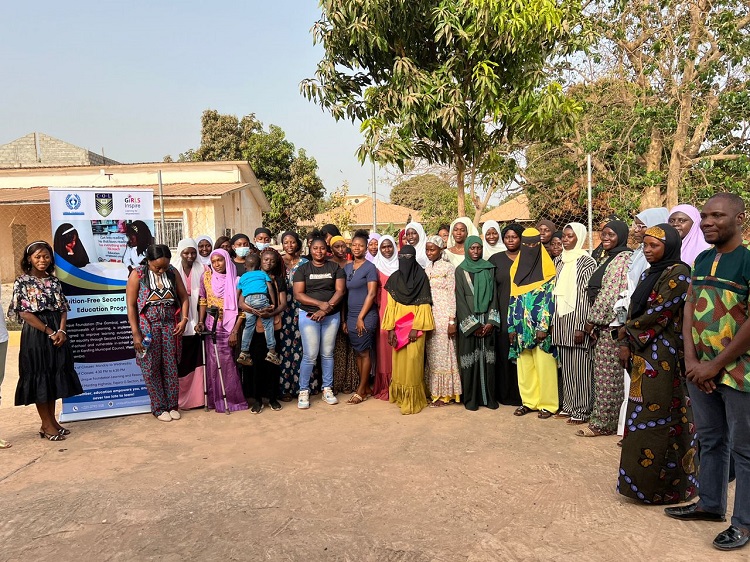
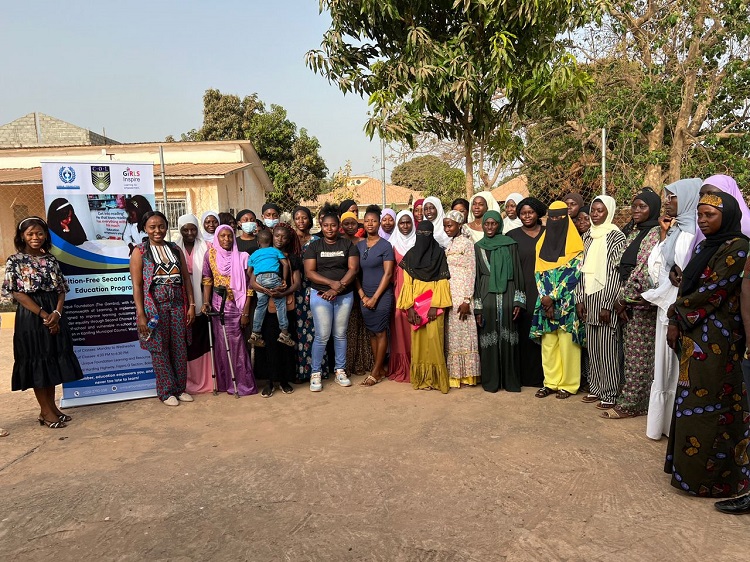
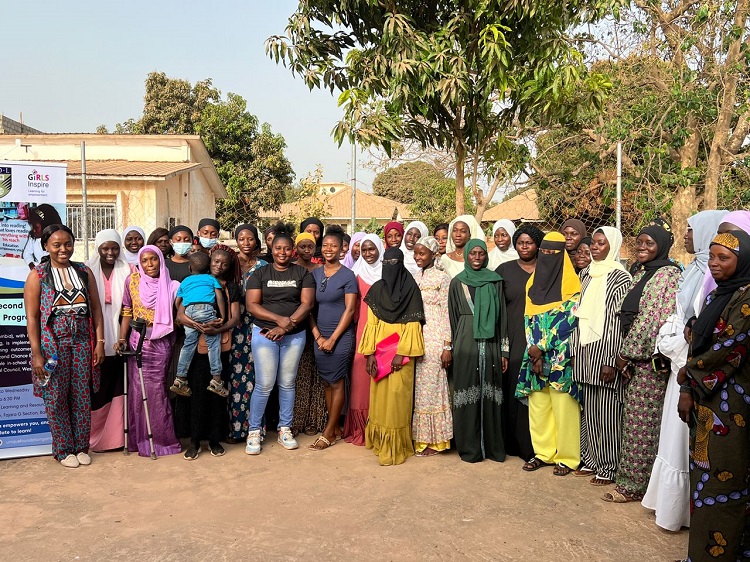
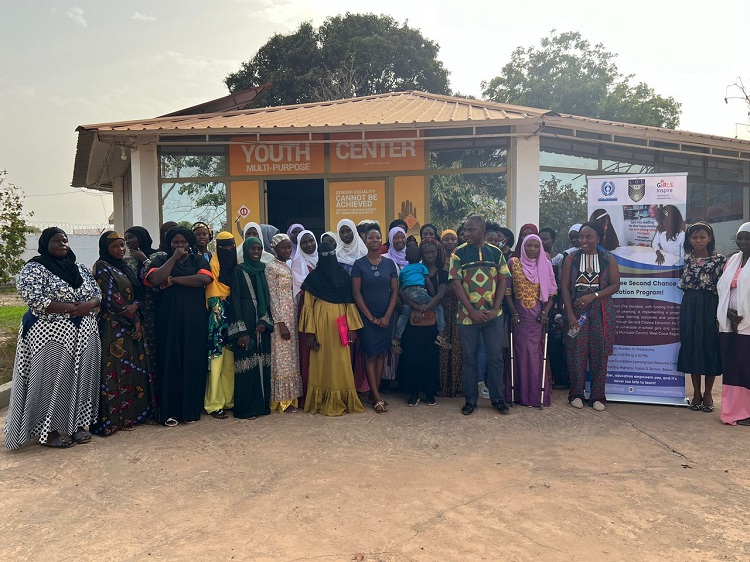
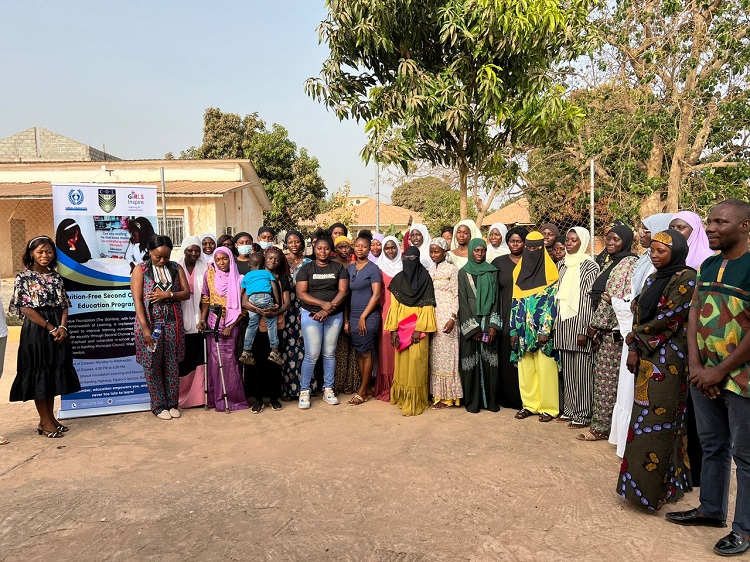
Day three (3)
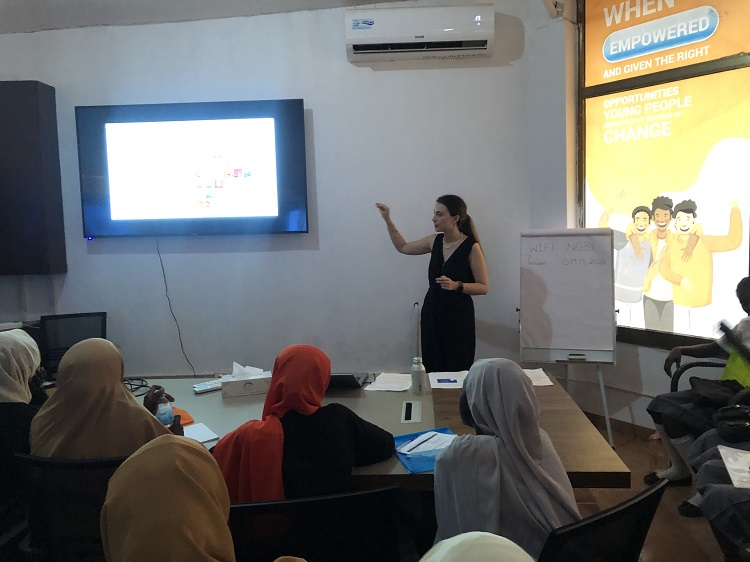
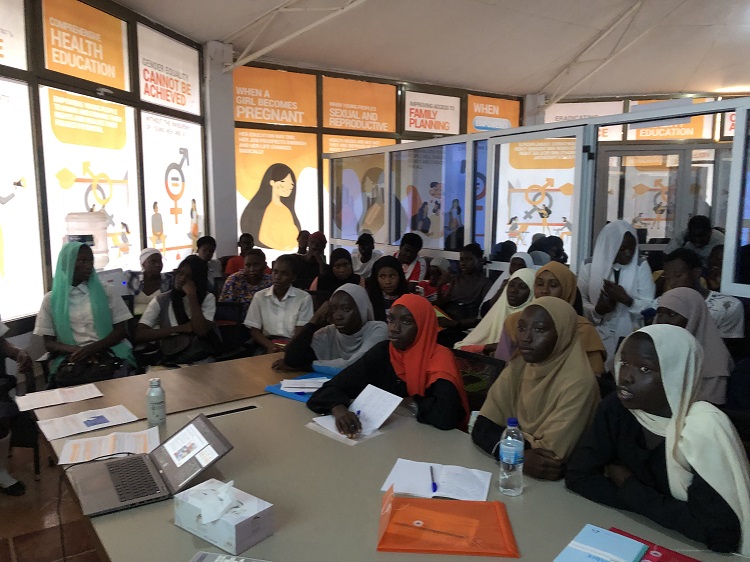
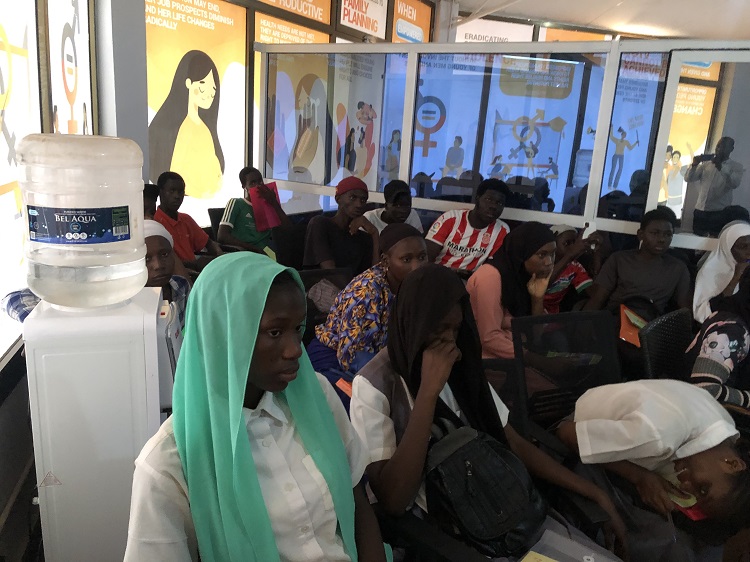
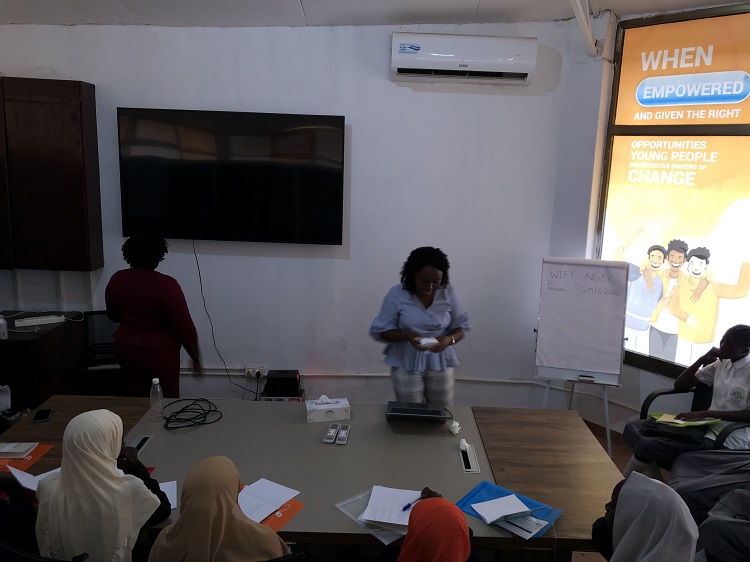
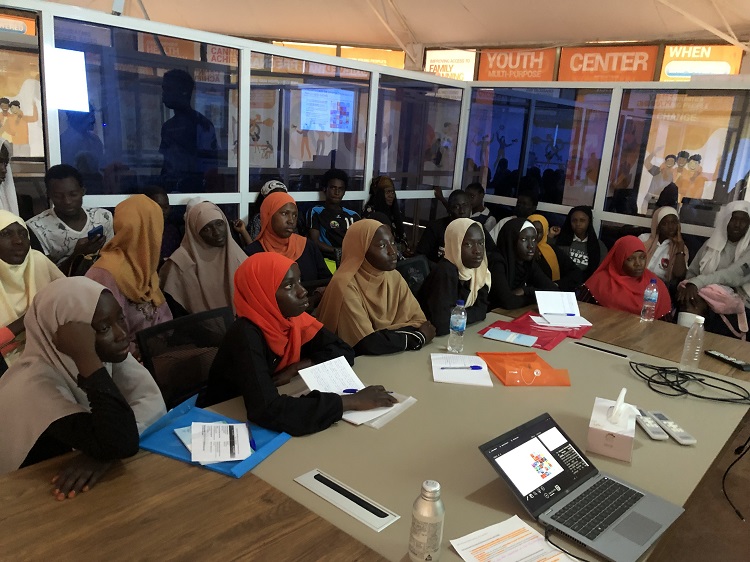
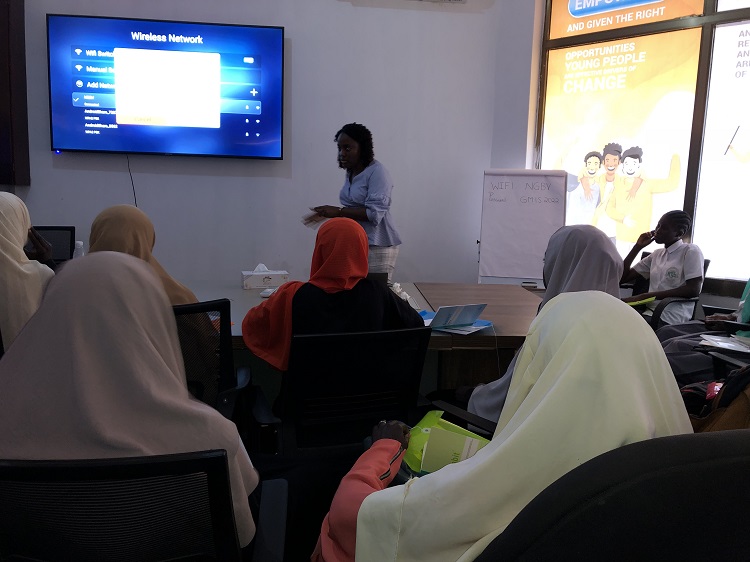
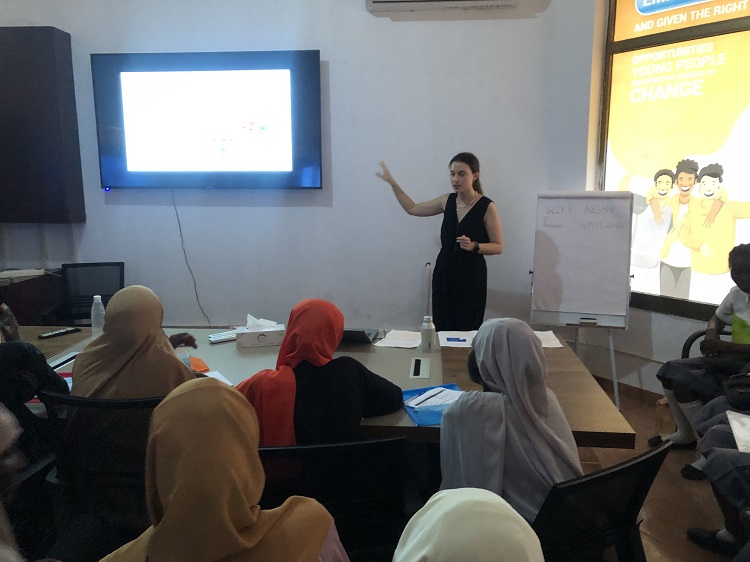
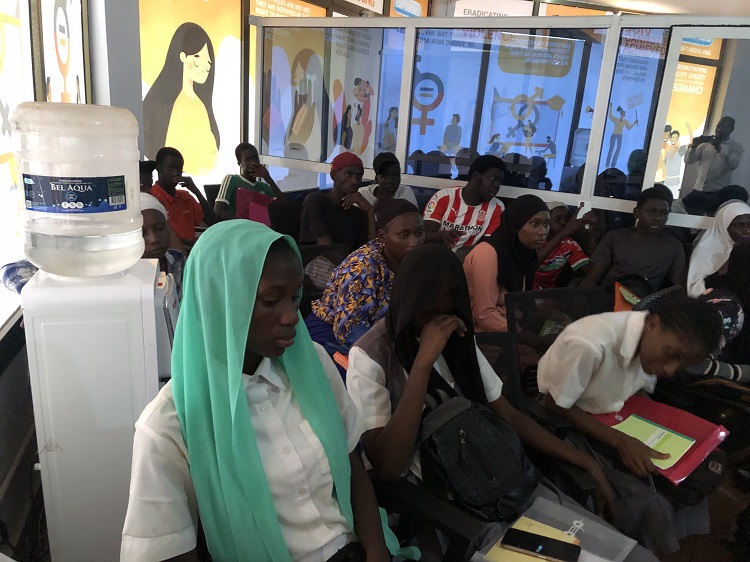
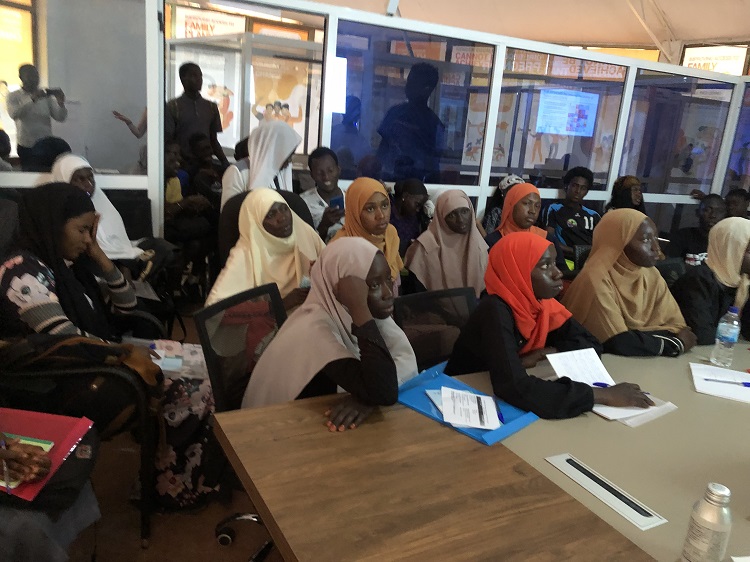
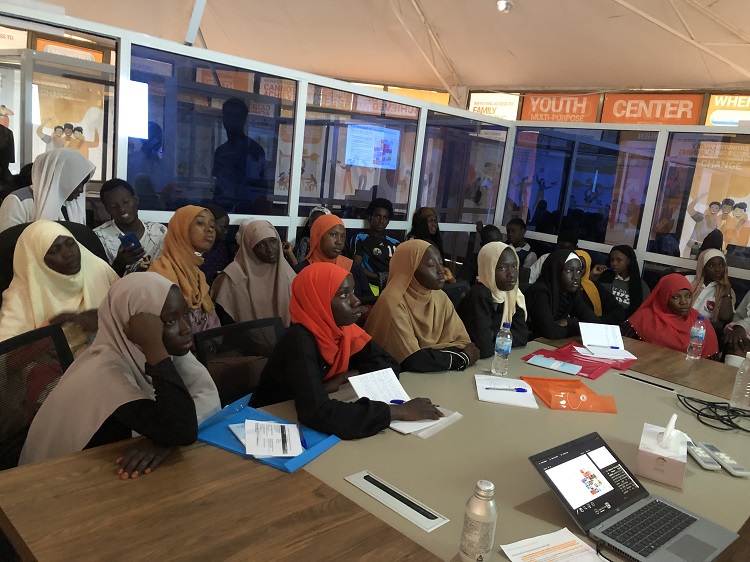

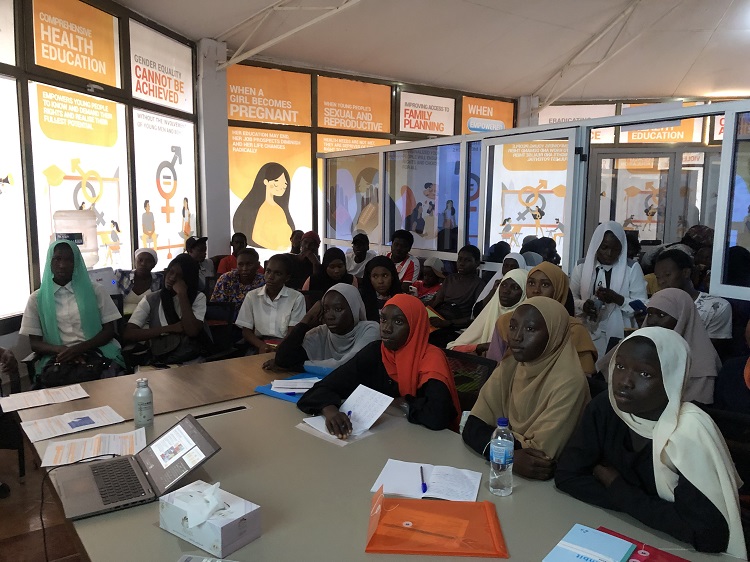
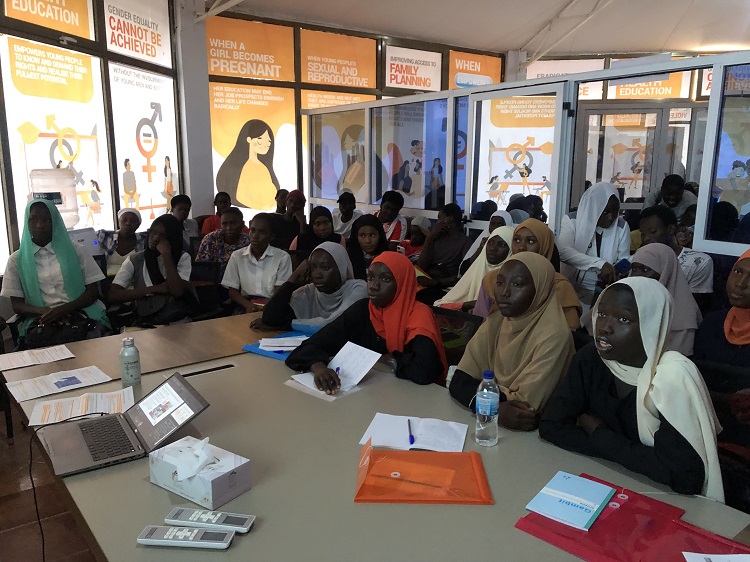

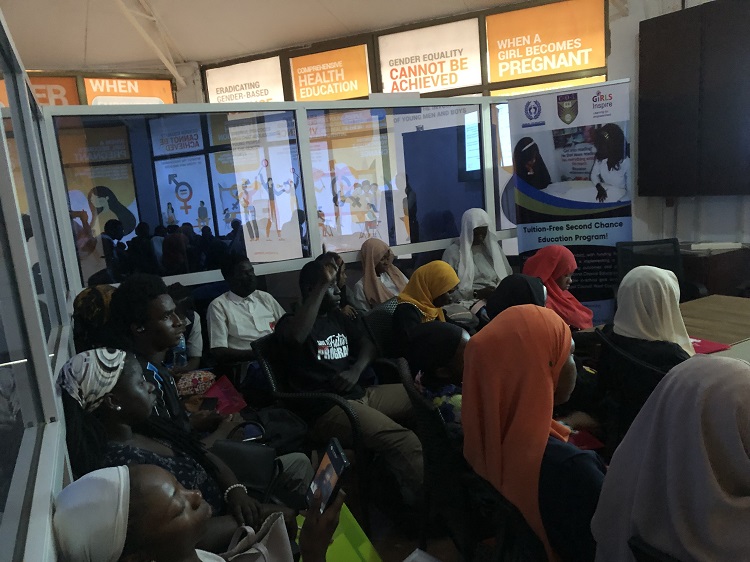
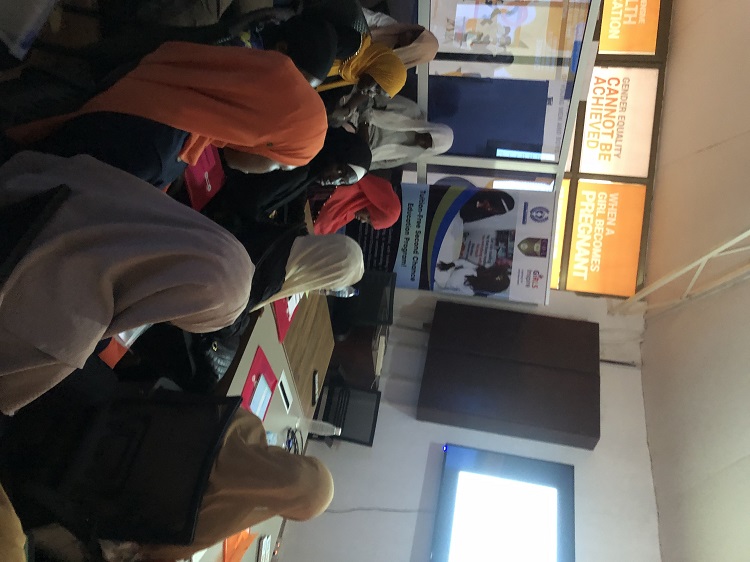
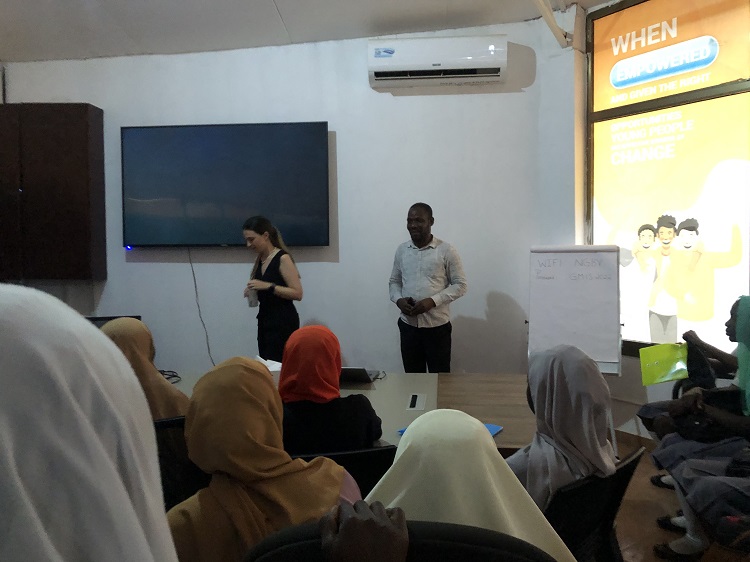
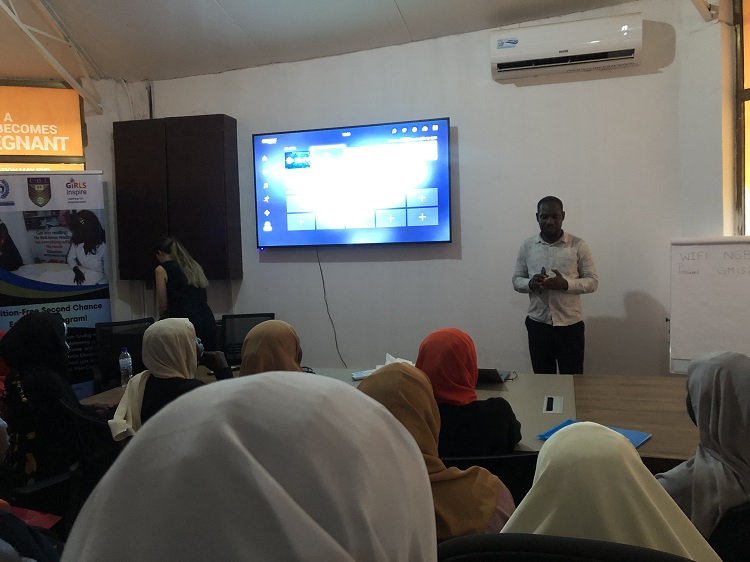
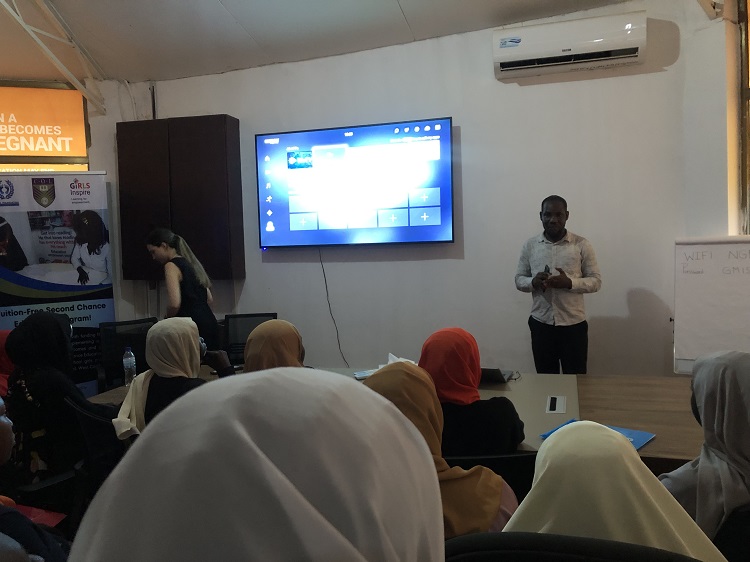
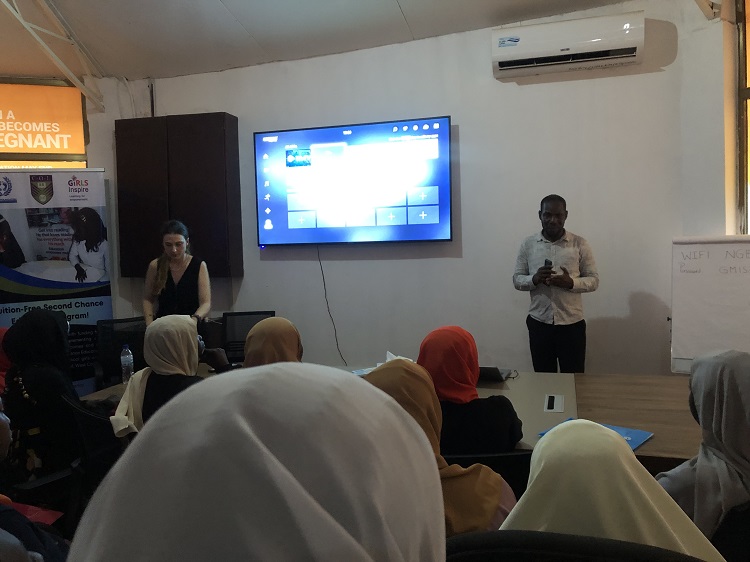
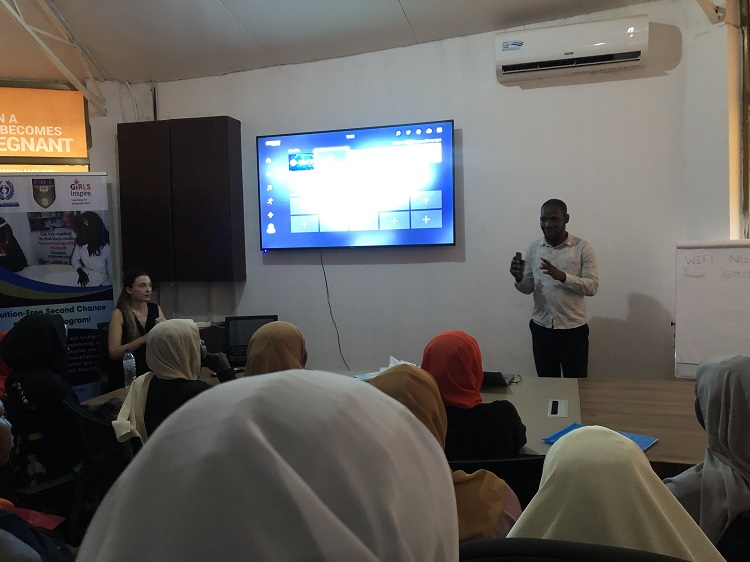
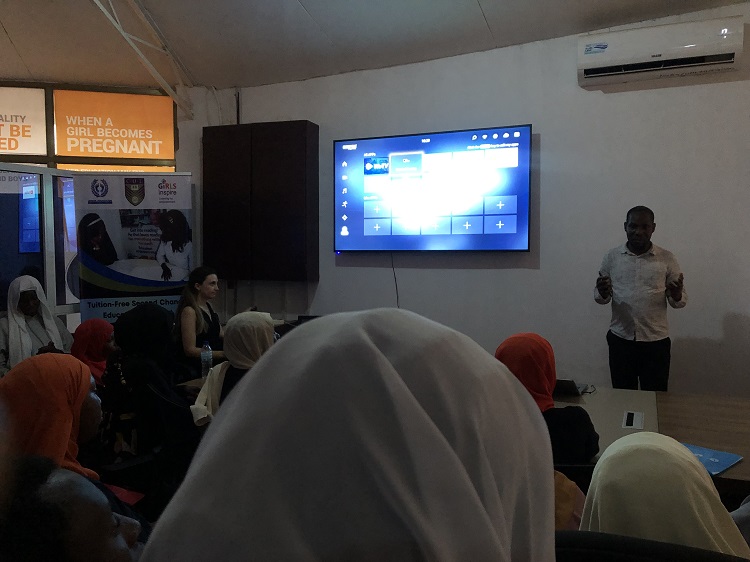
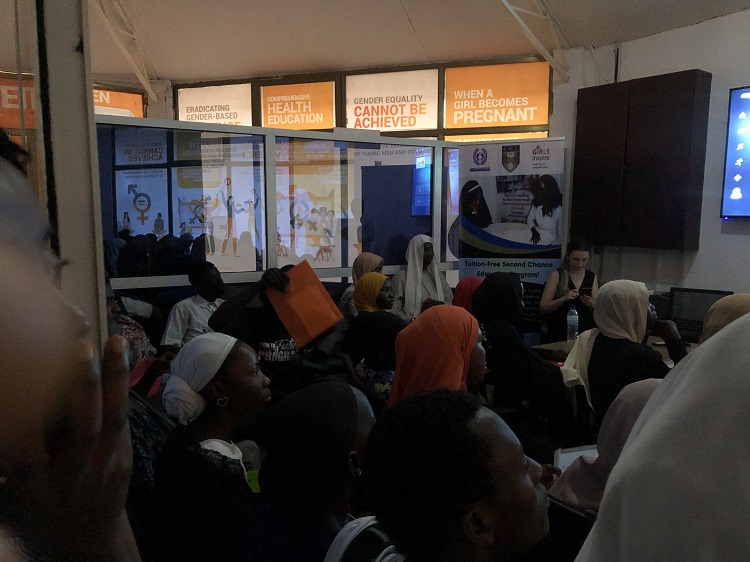
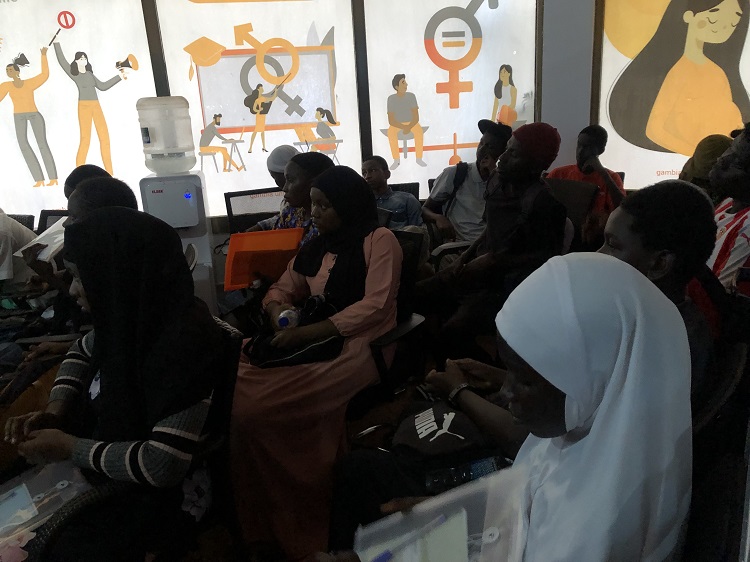
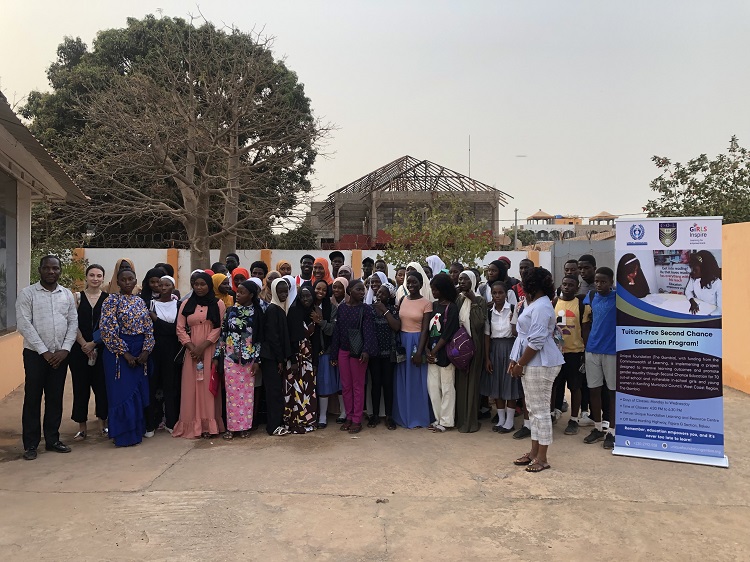
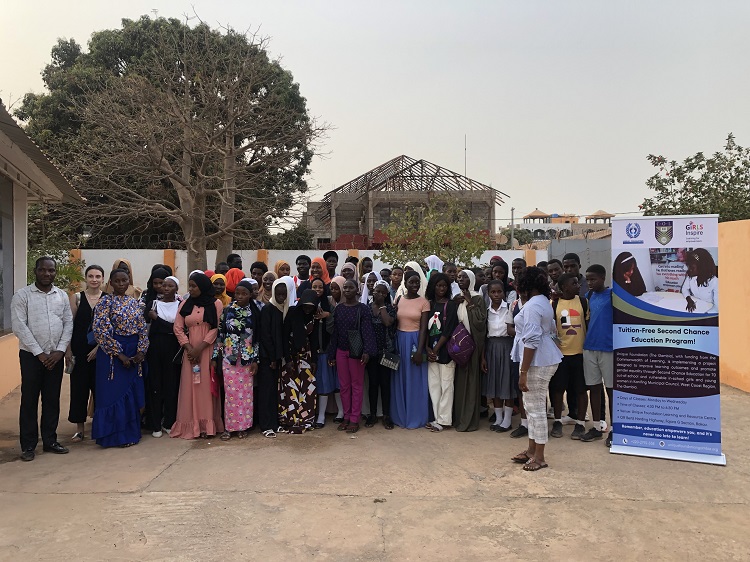
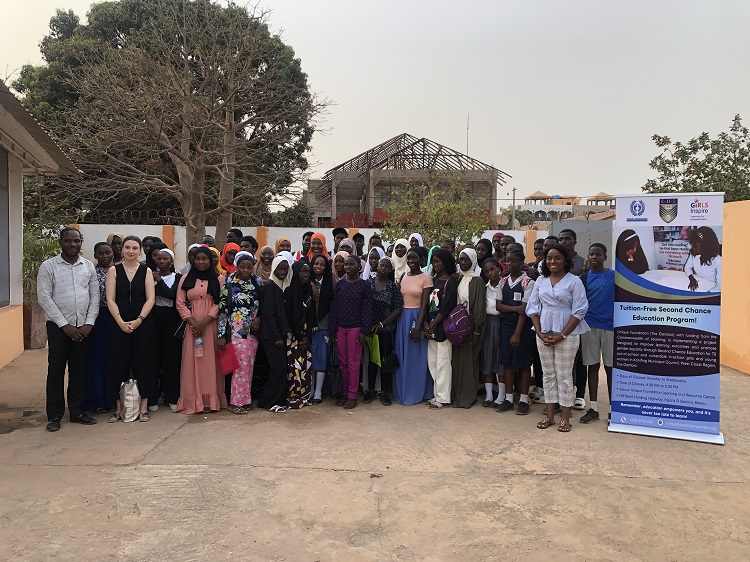
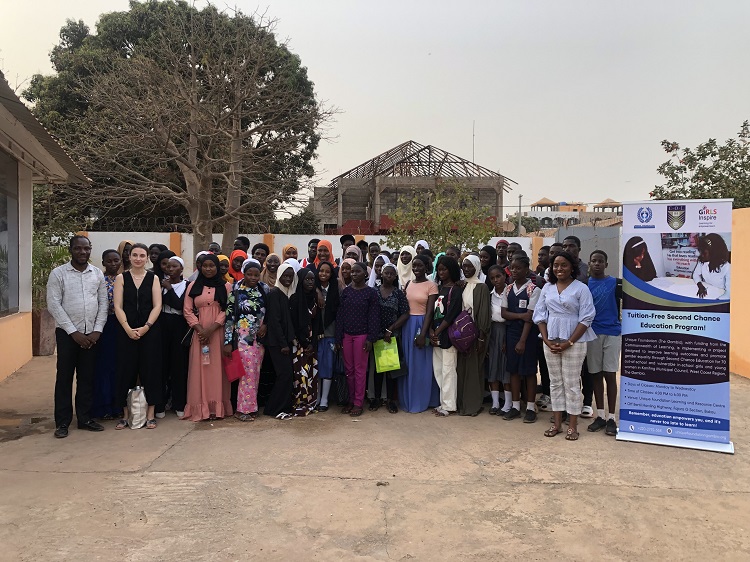
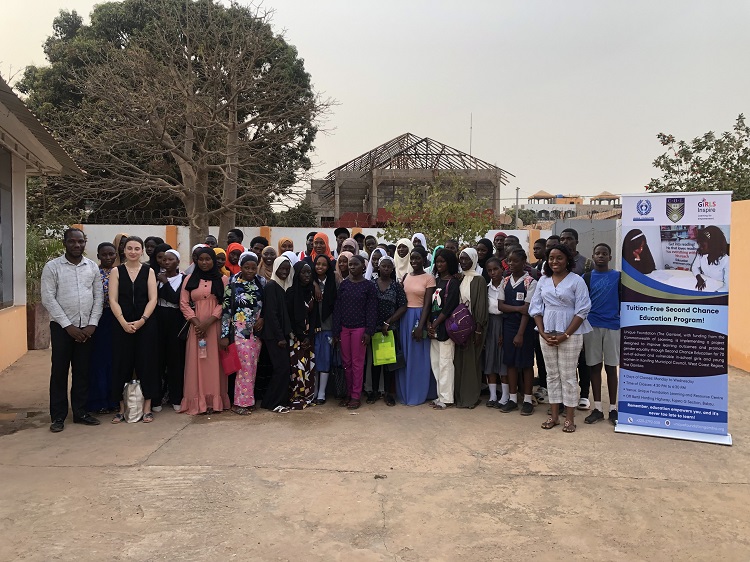
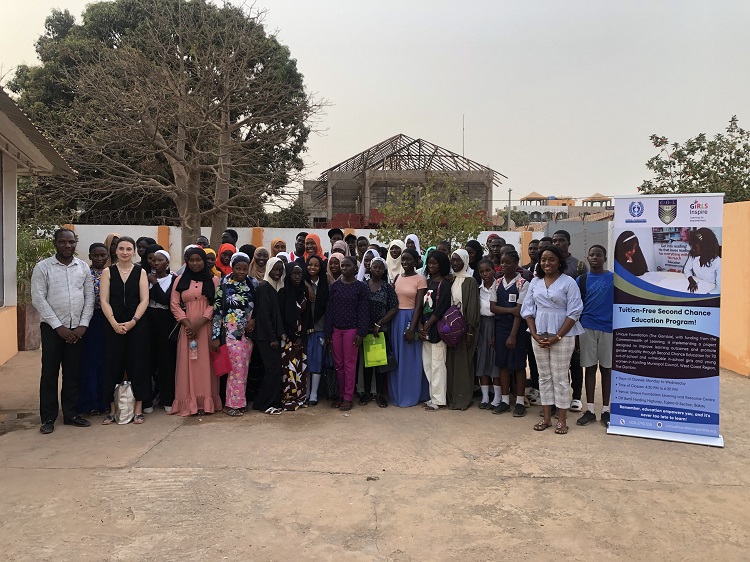
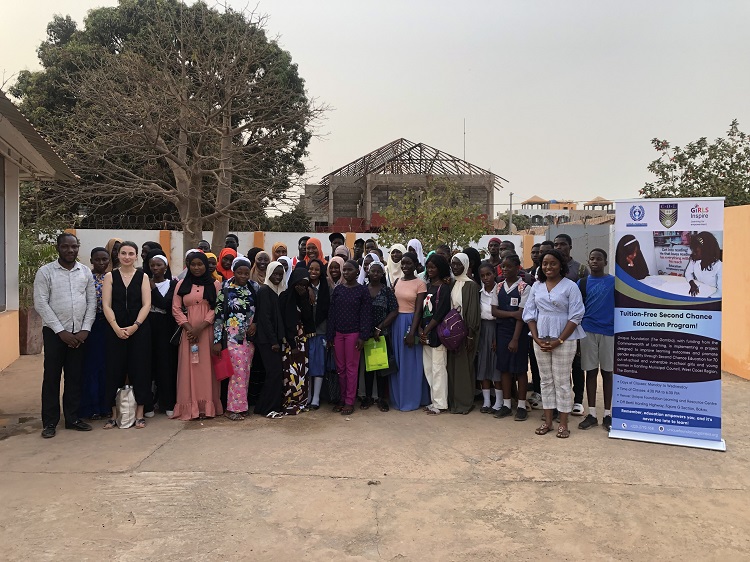
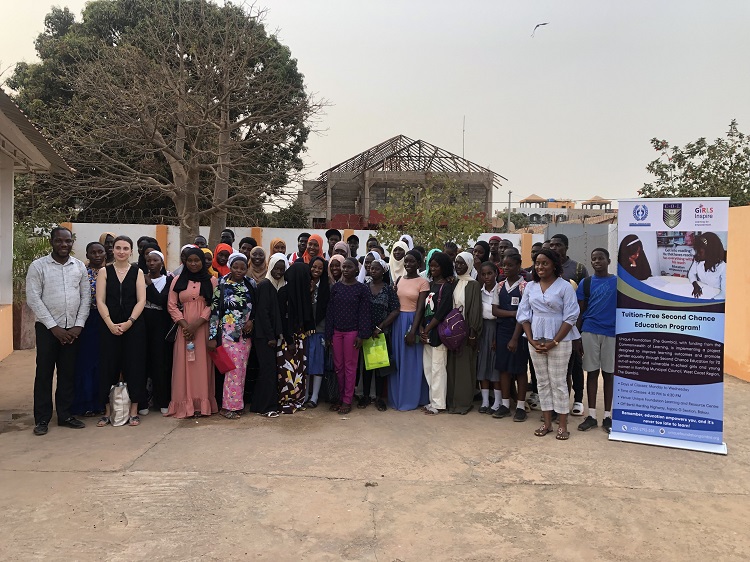
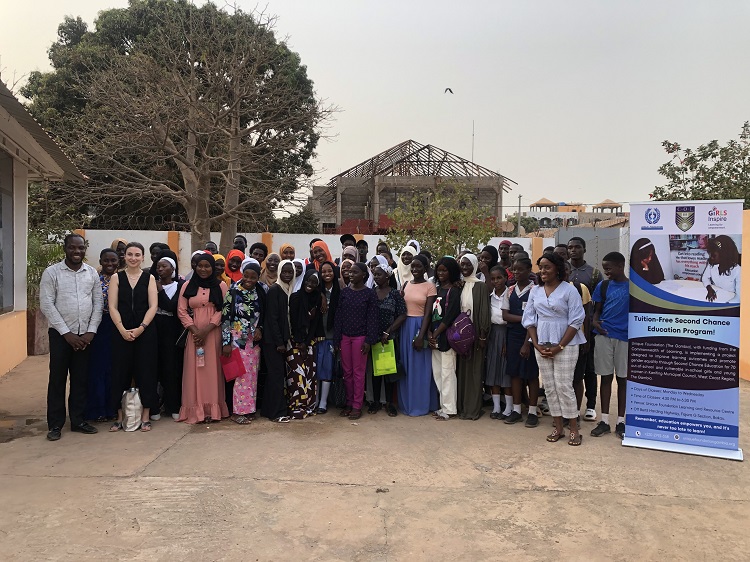
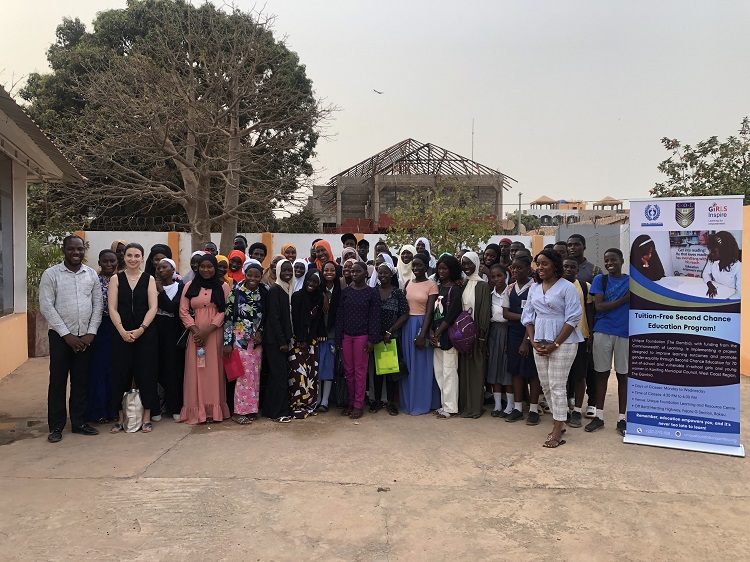

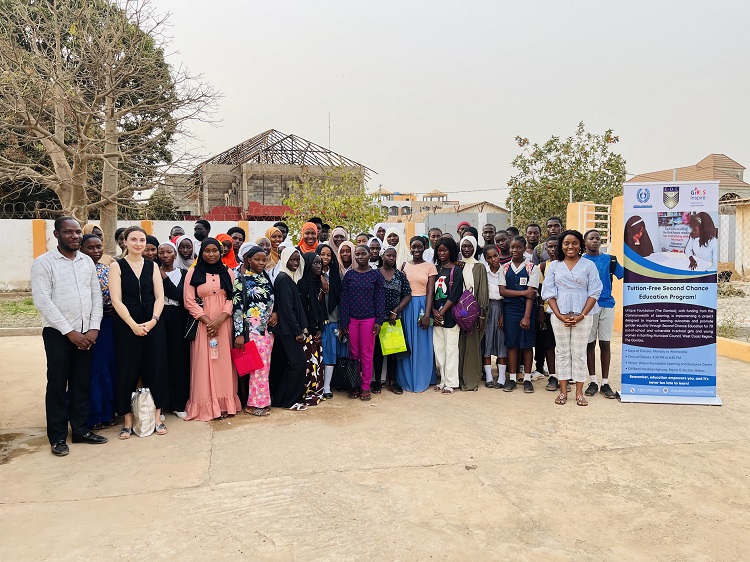
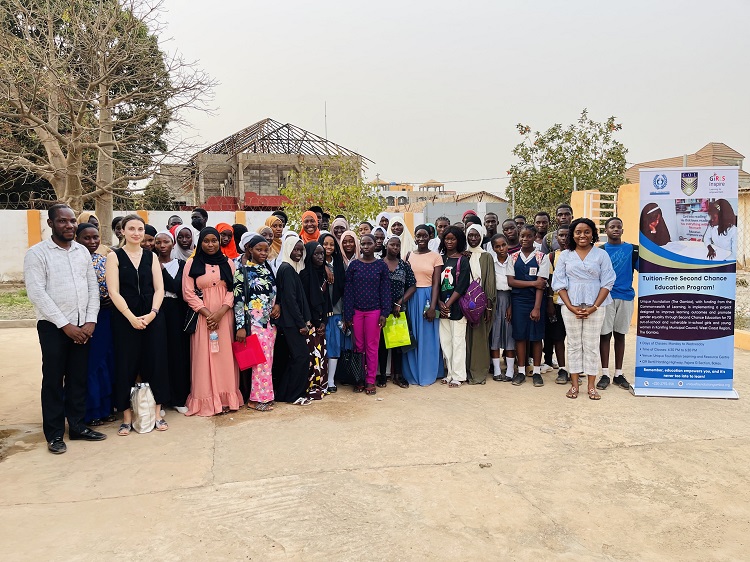

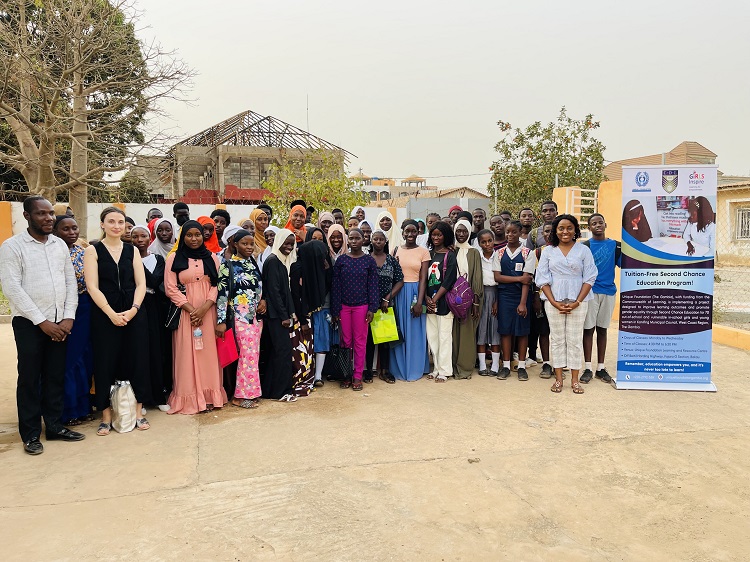
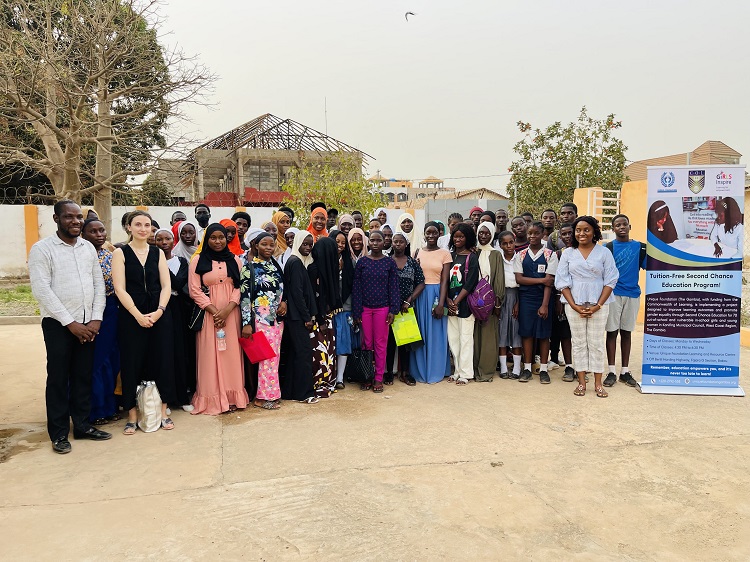
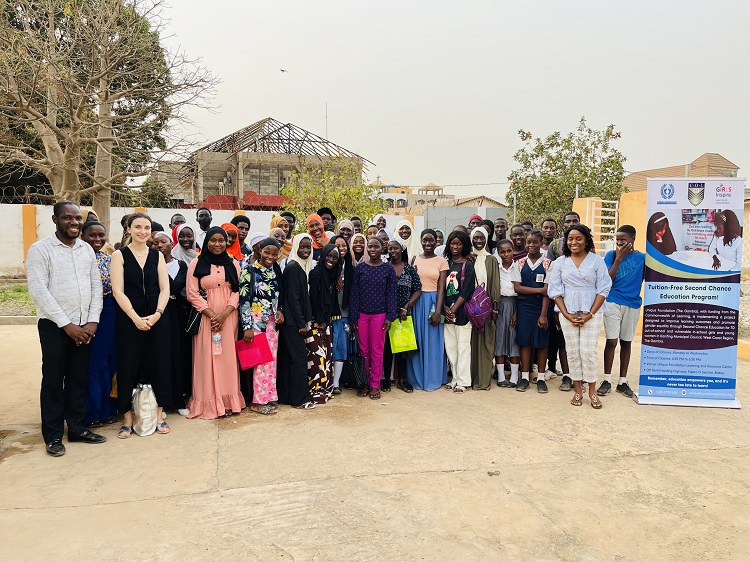
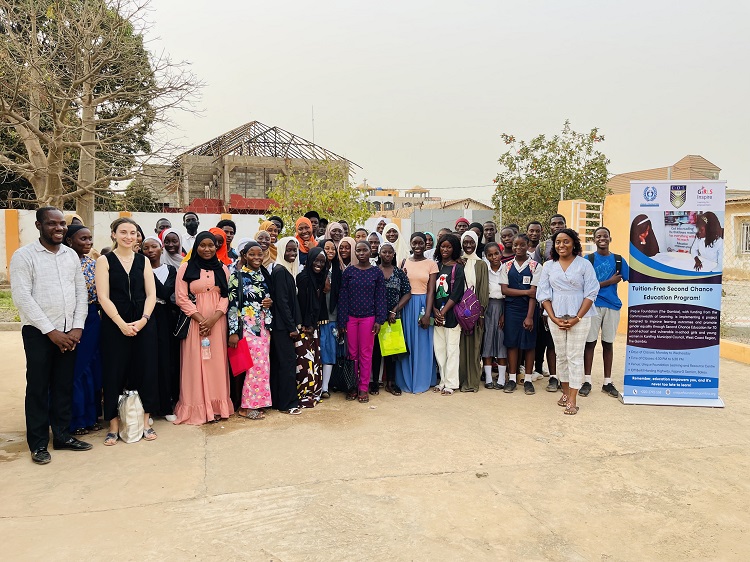
Day four (4)
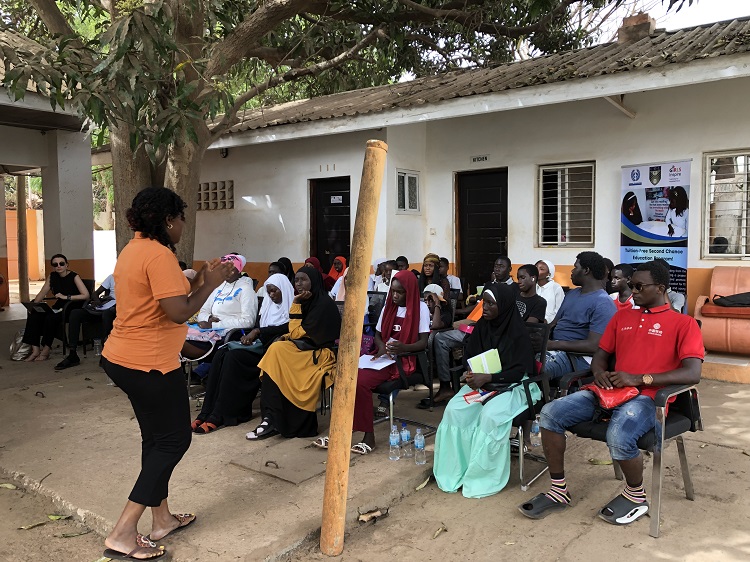
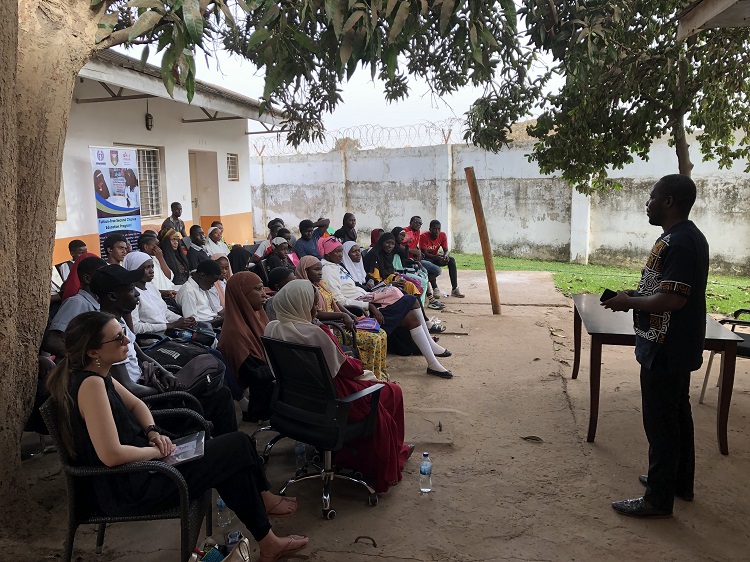
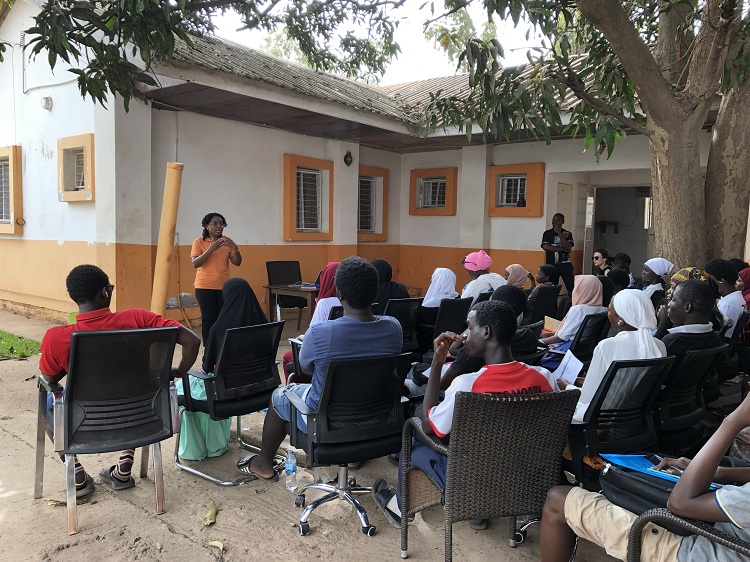
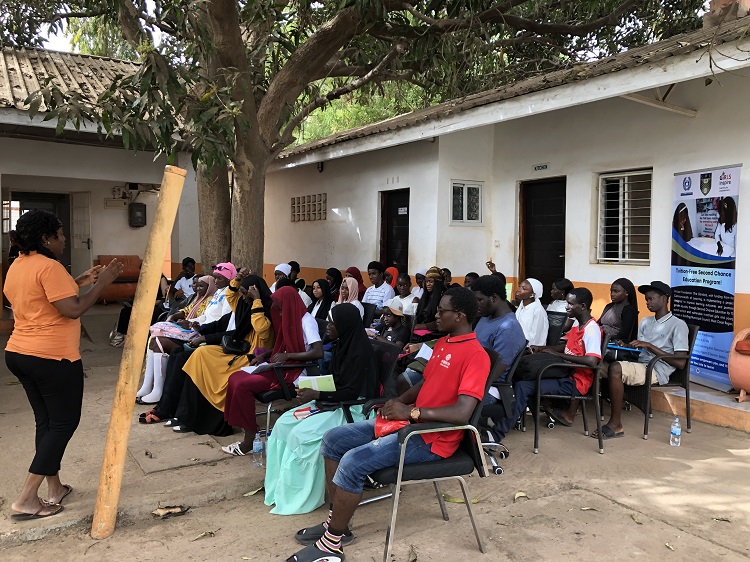
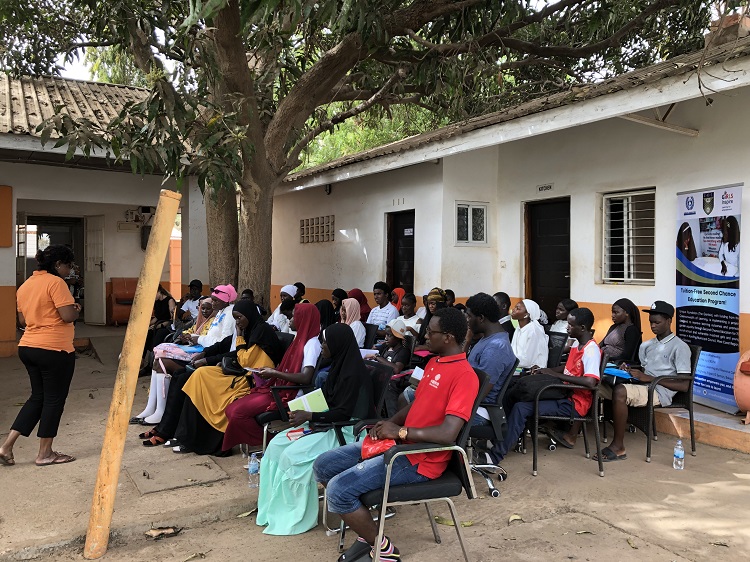
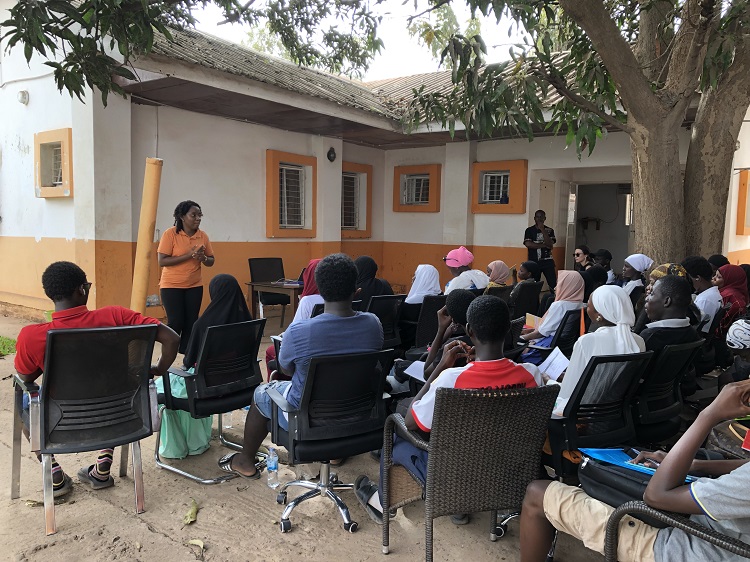
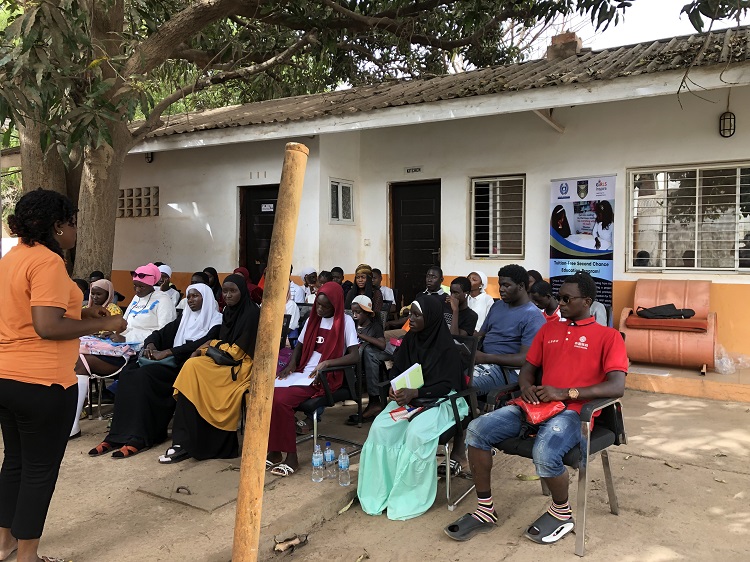
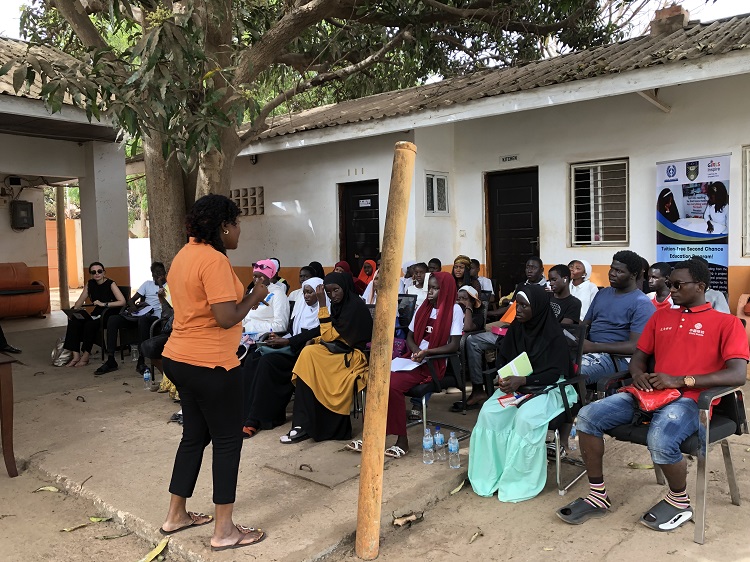
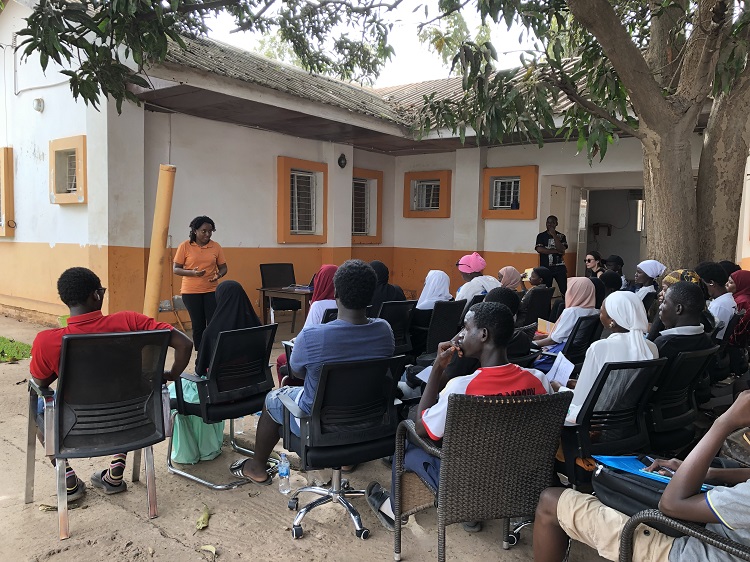
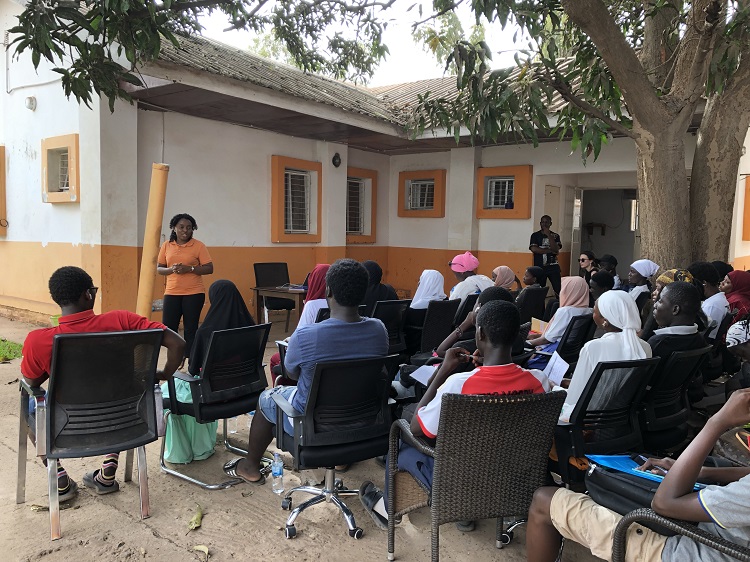
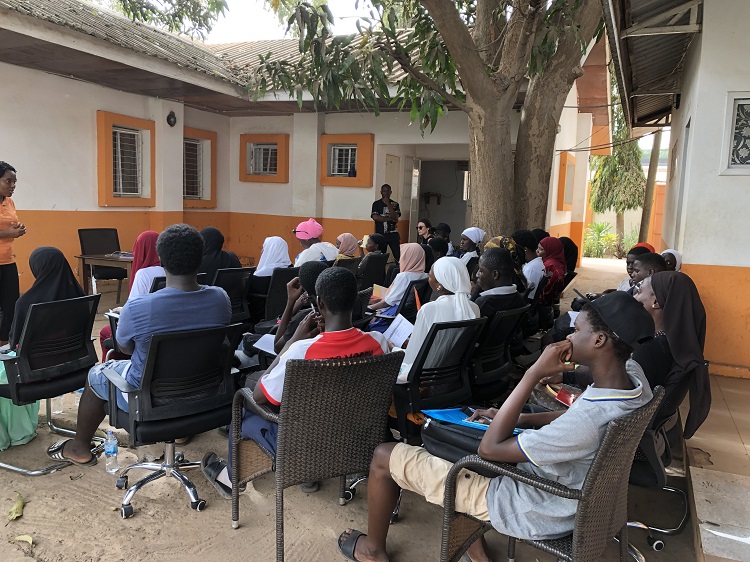
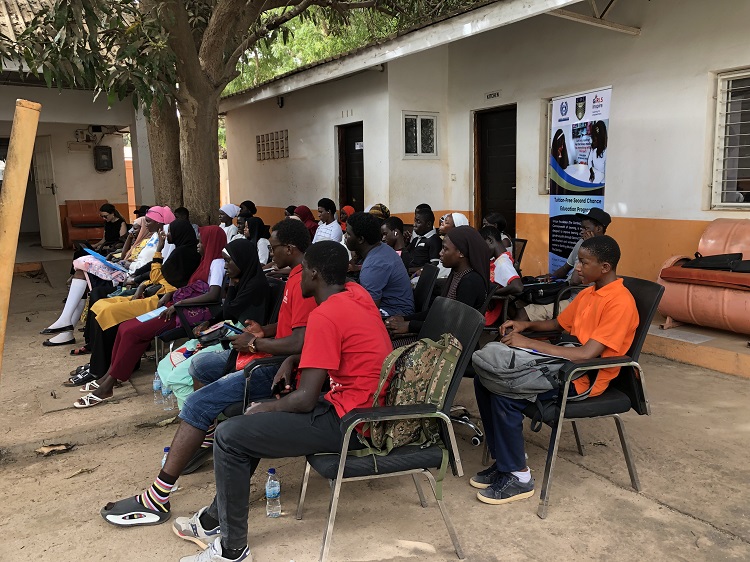

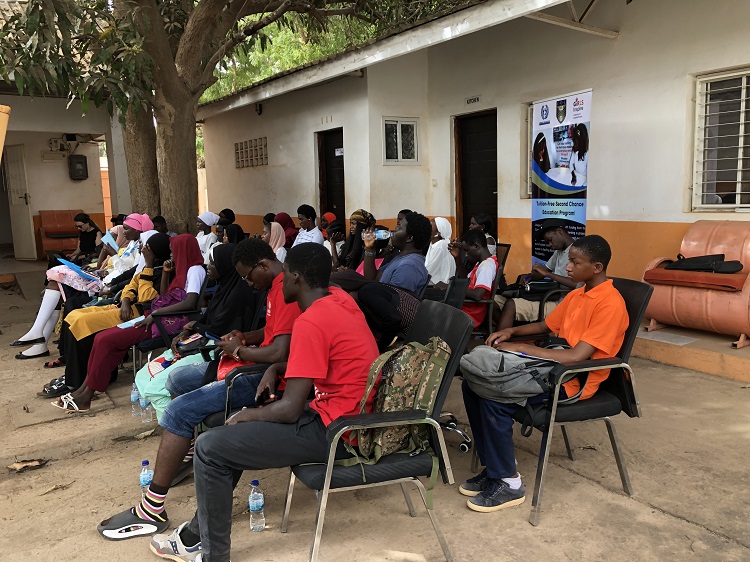
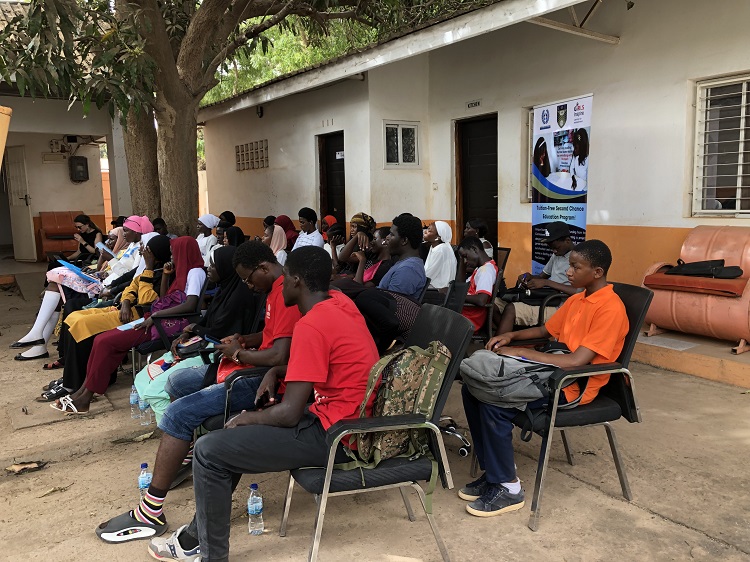
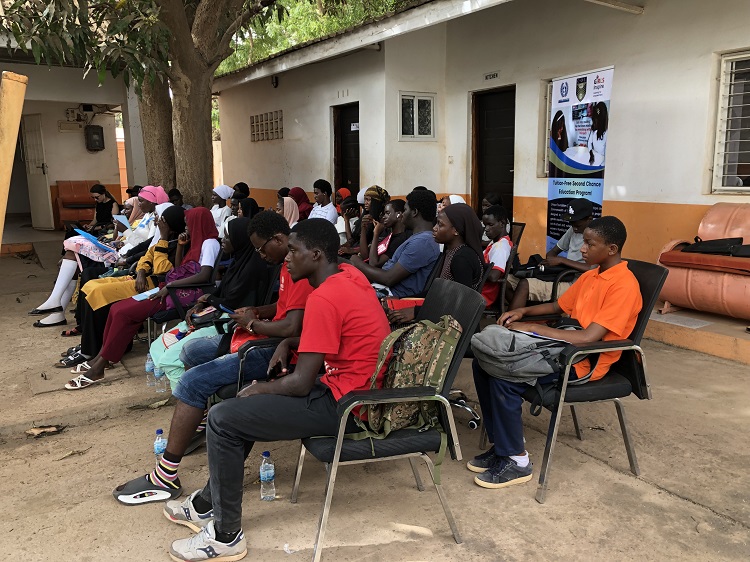
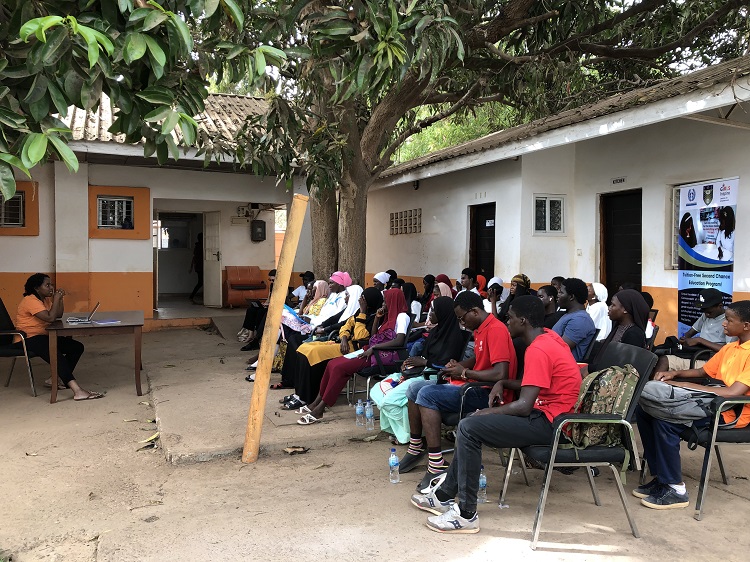
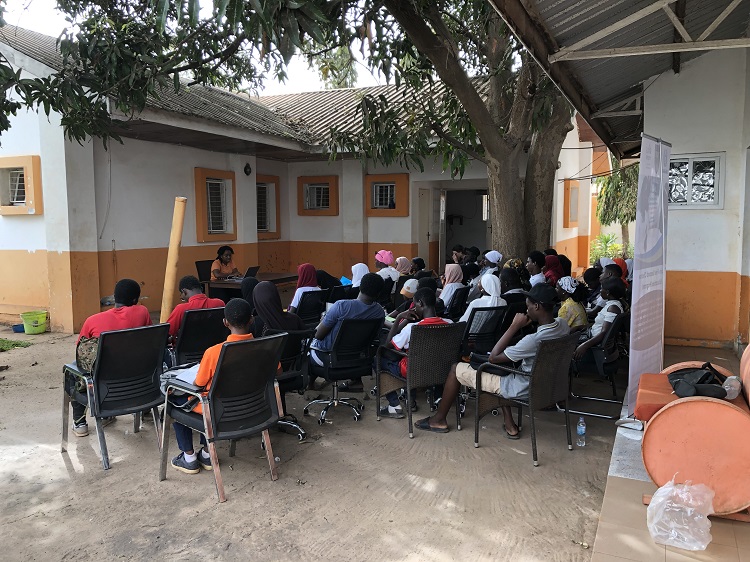

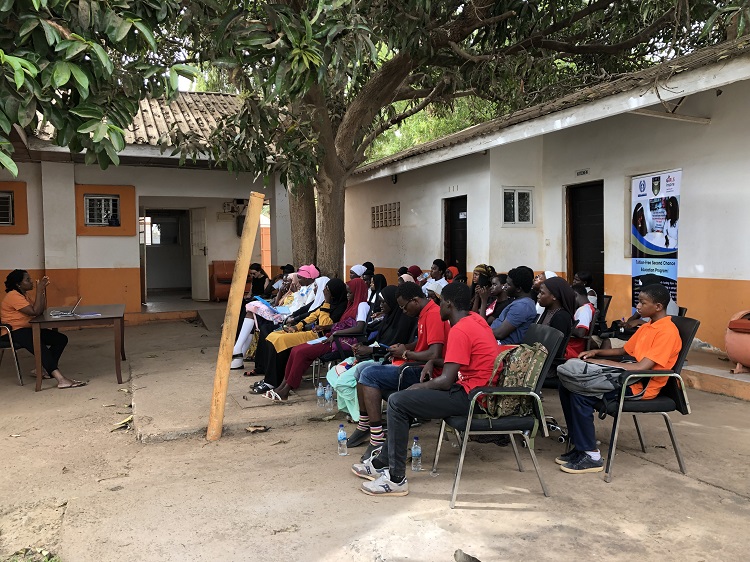
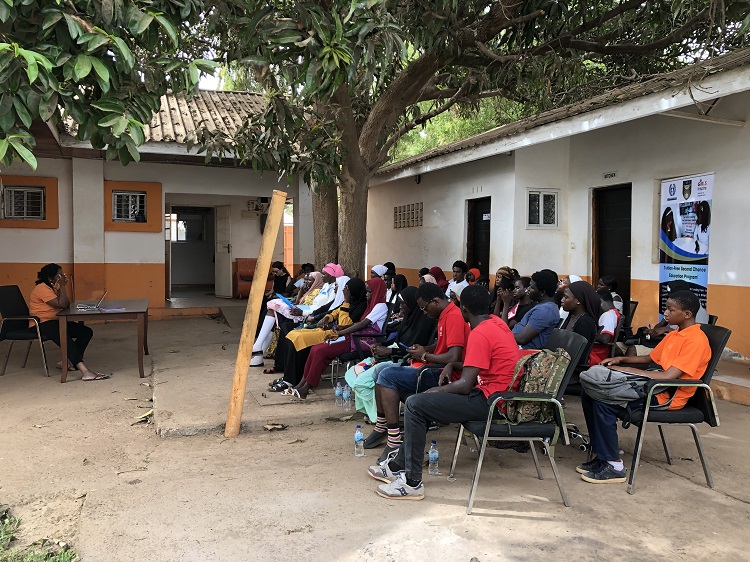

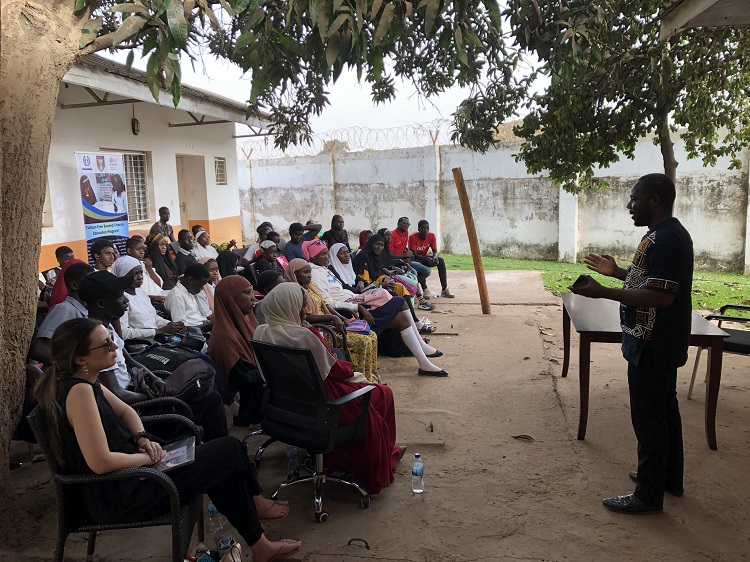
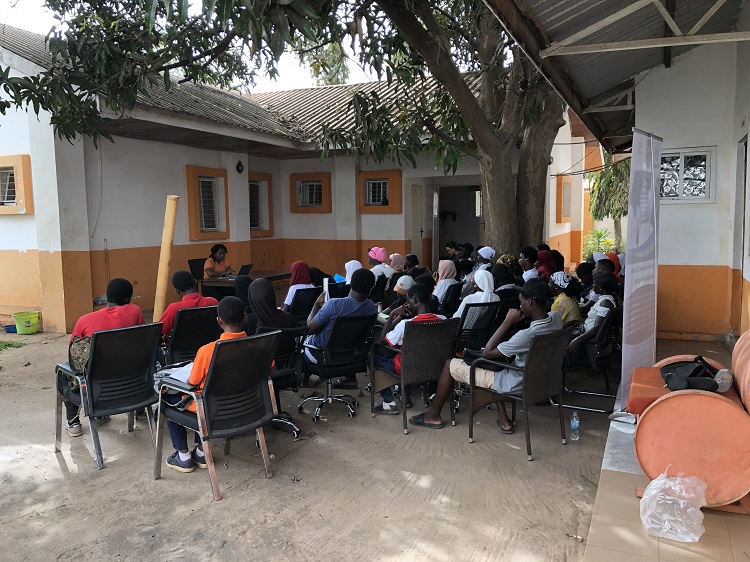

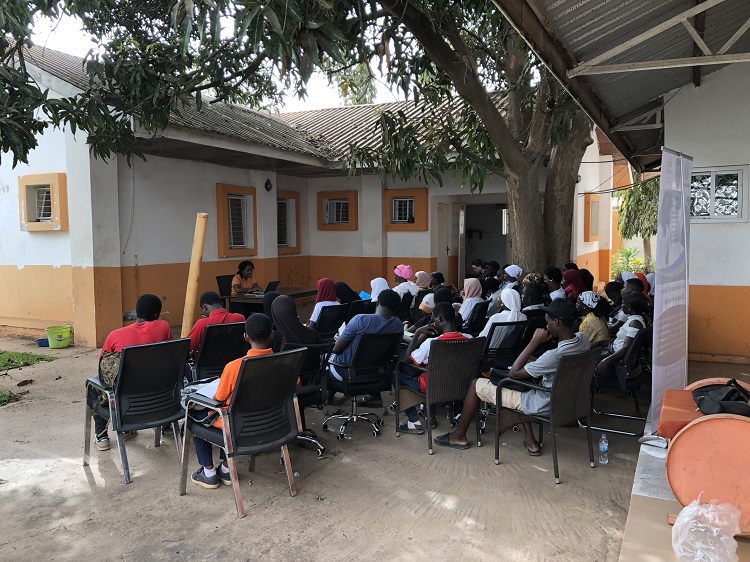
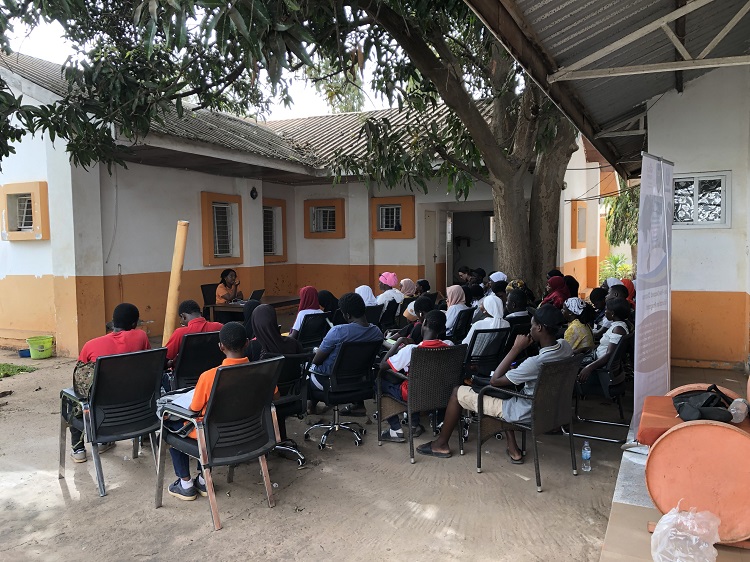
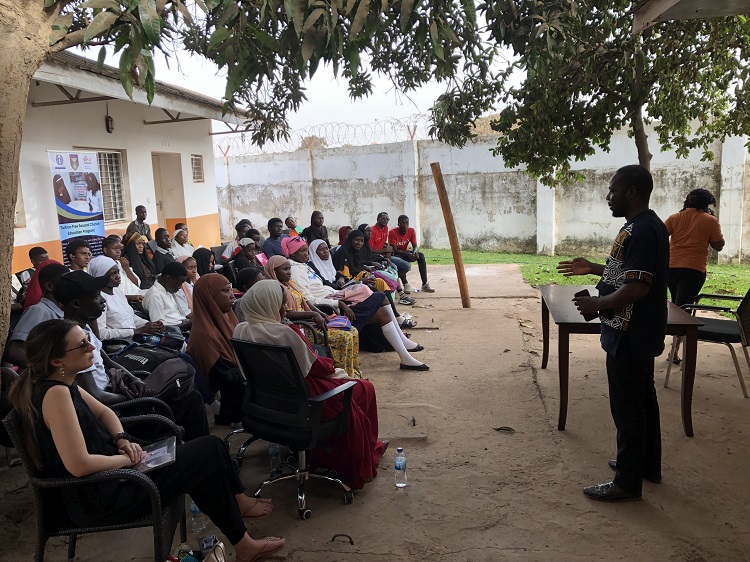
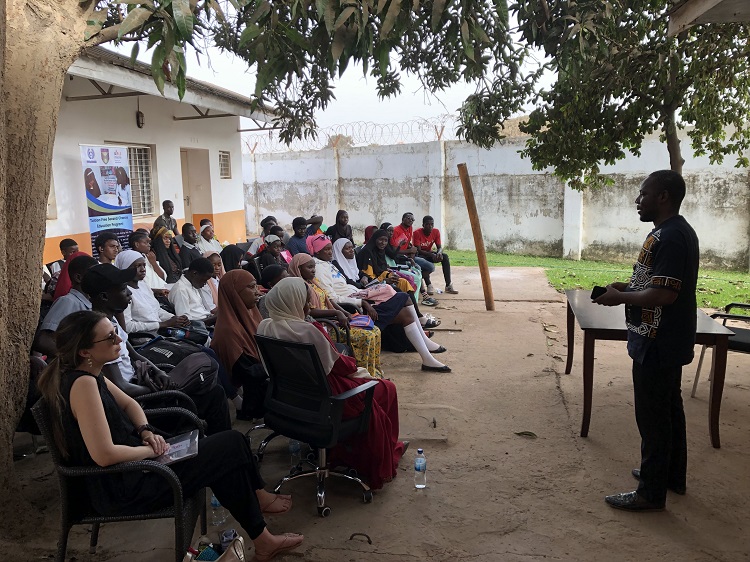
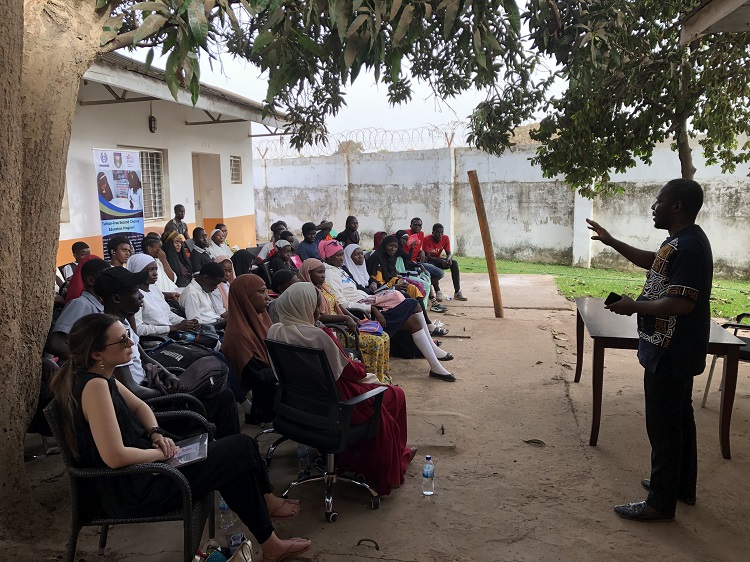
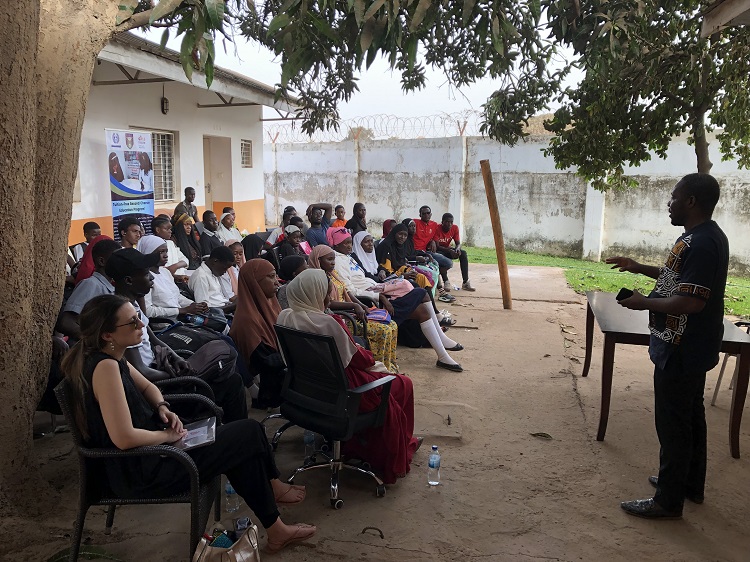
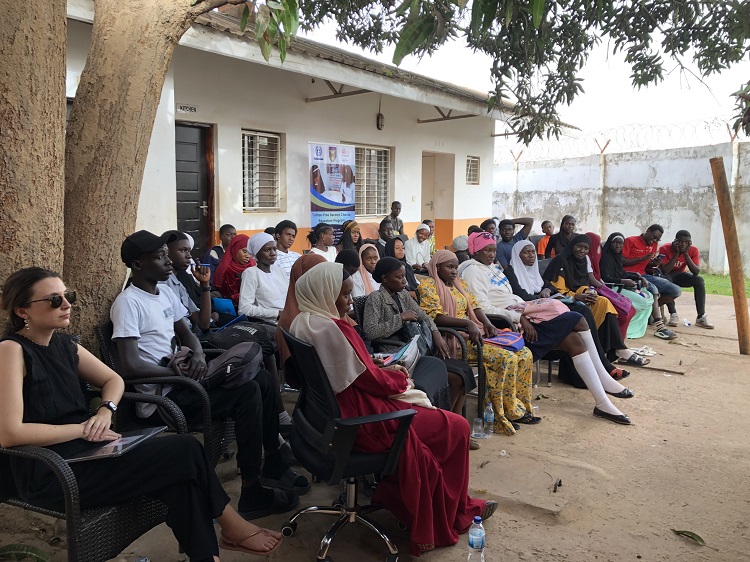
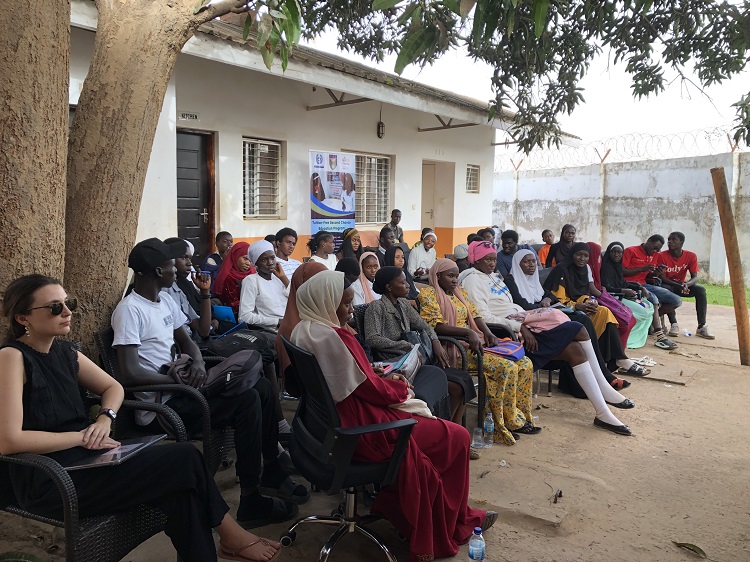
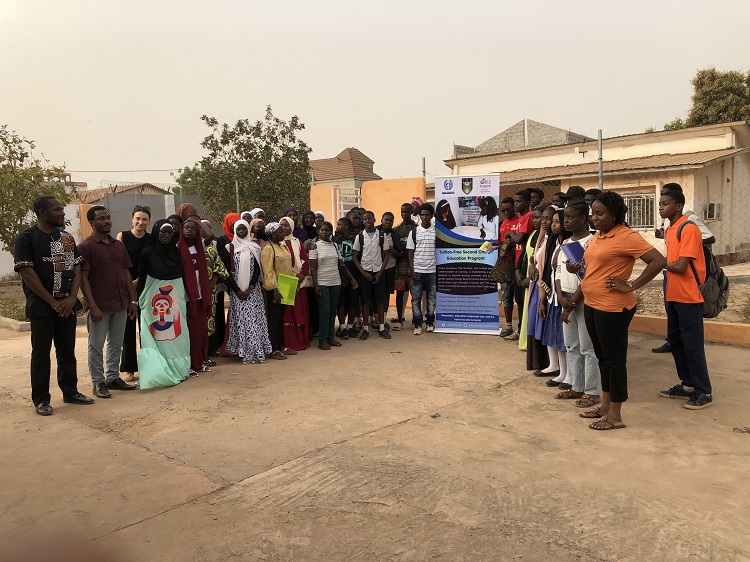

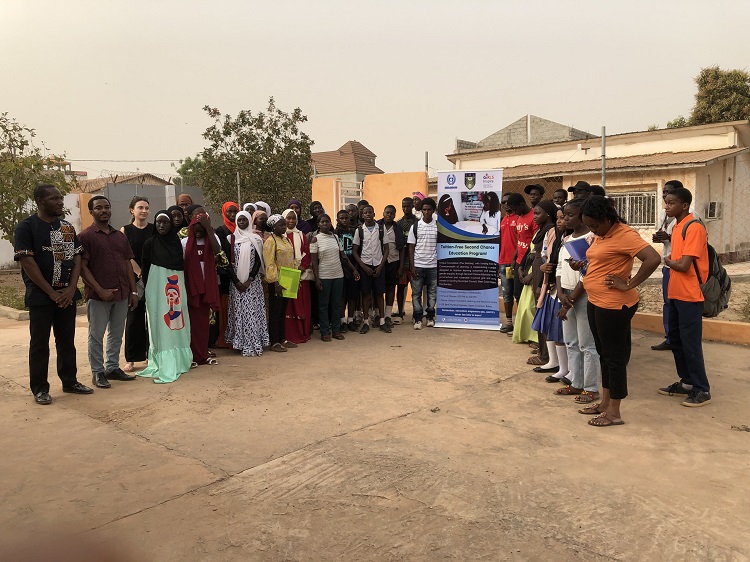
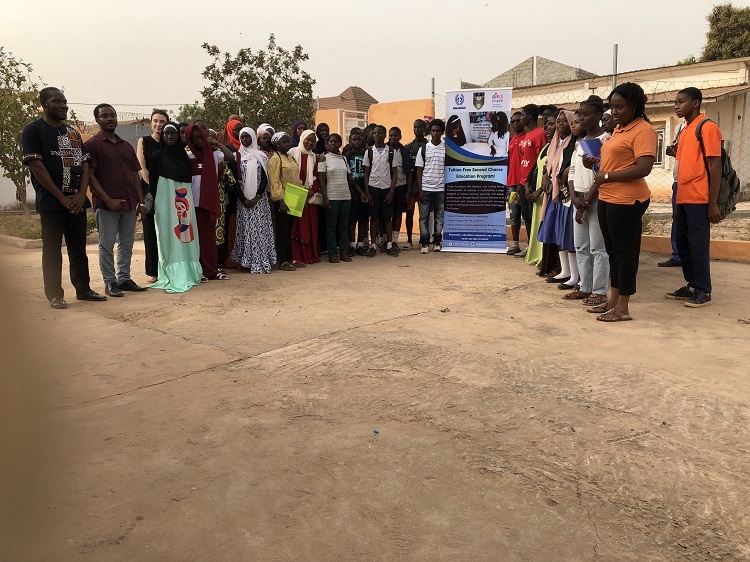
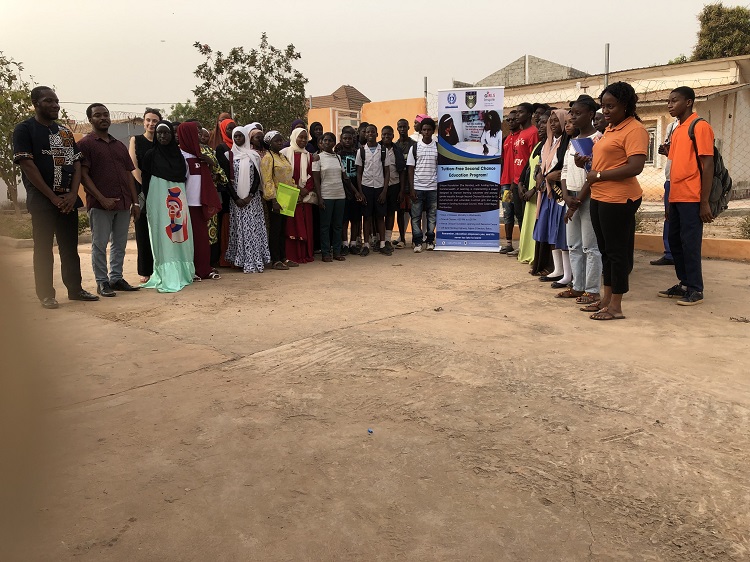
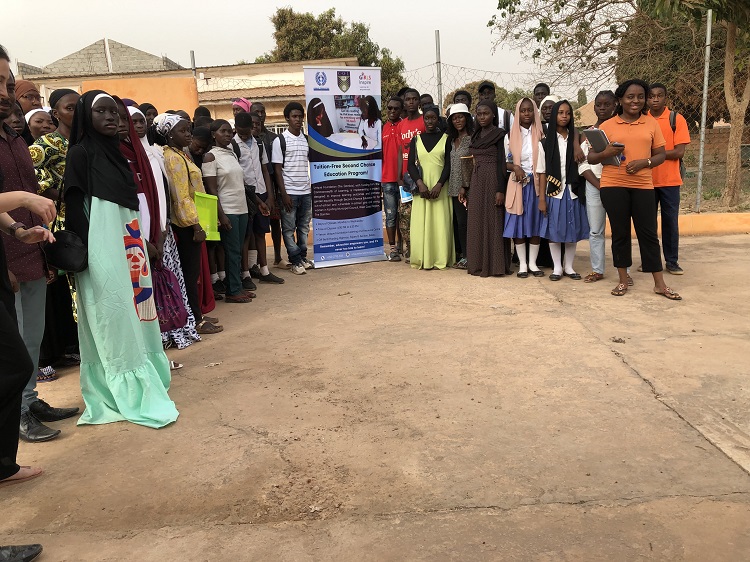
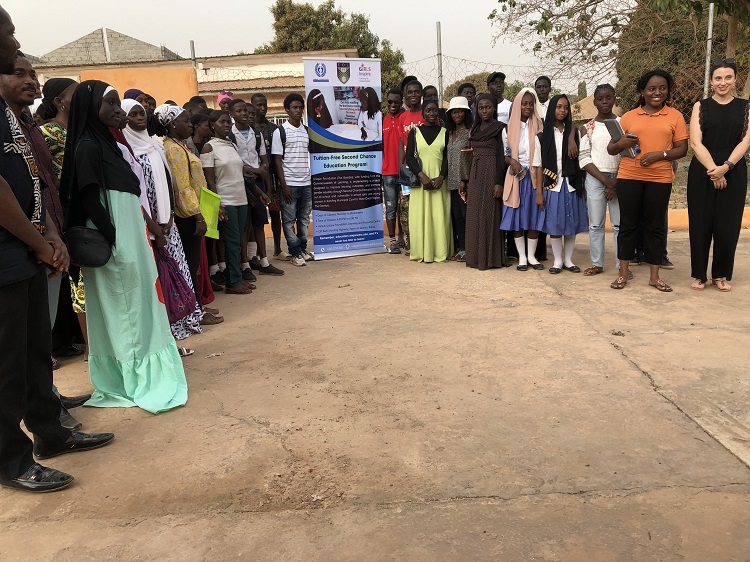
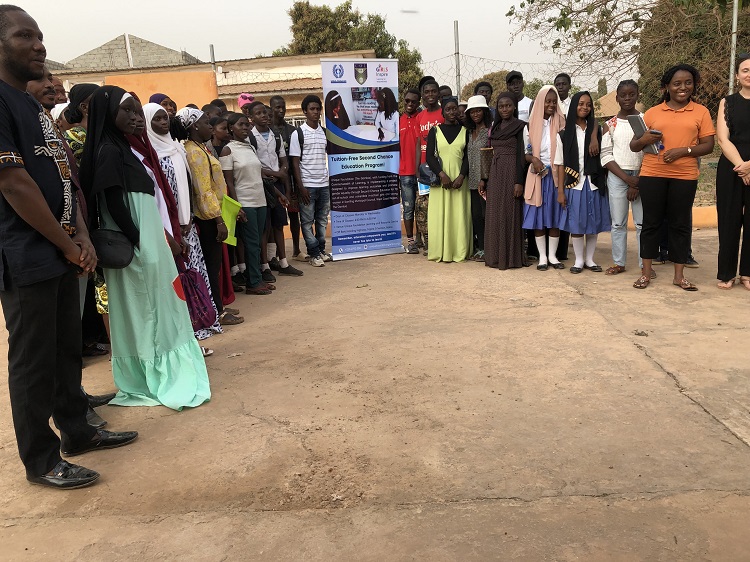
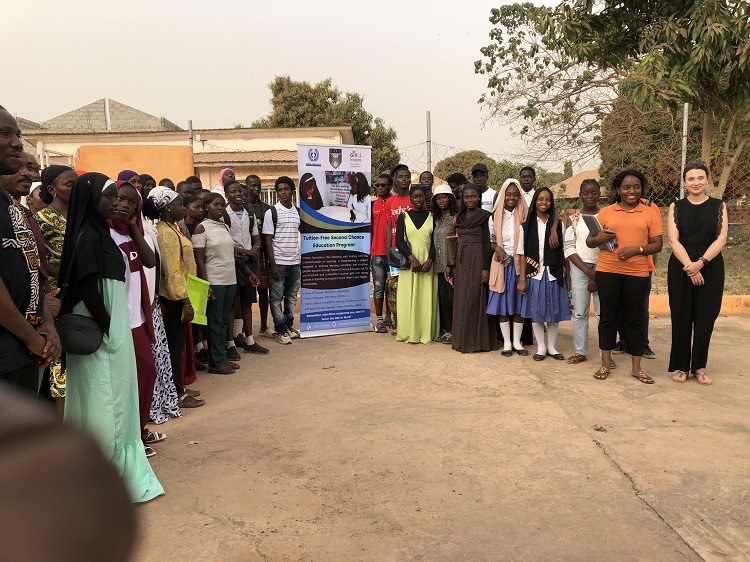
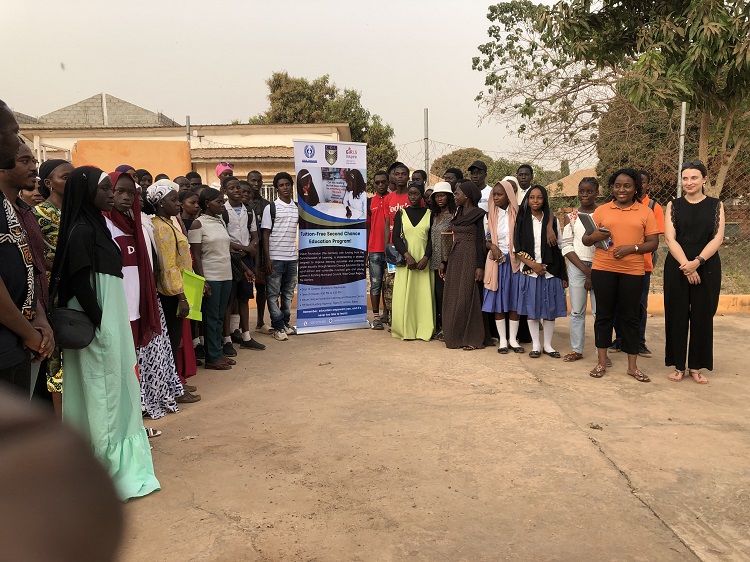
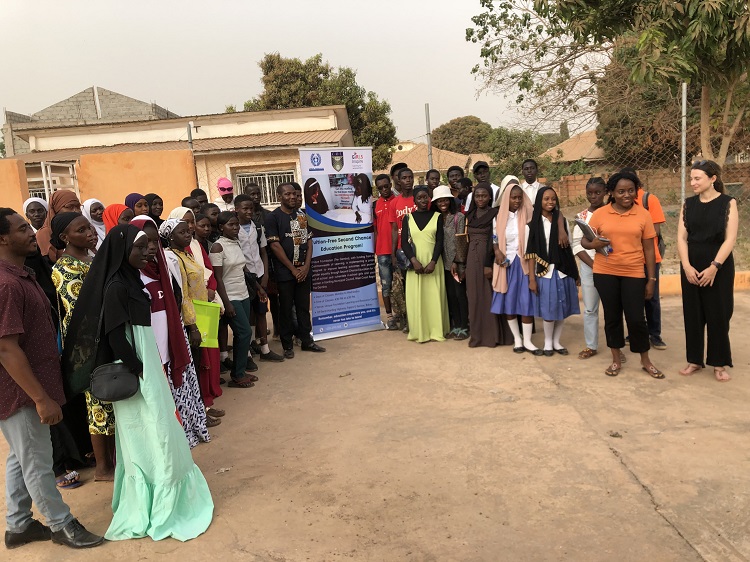
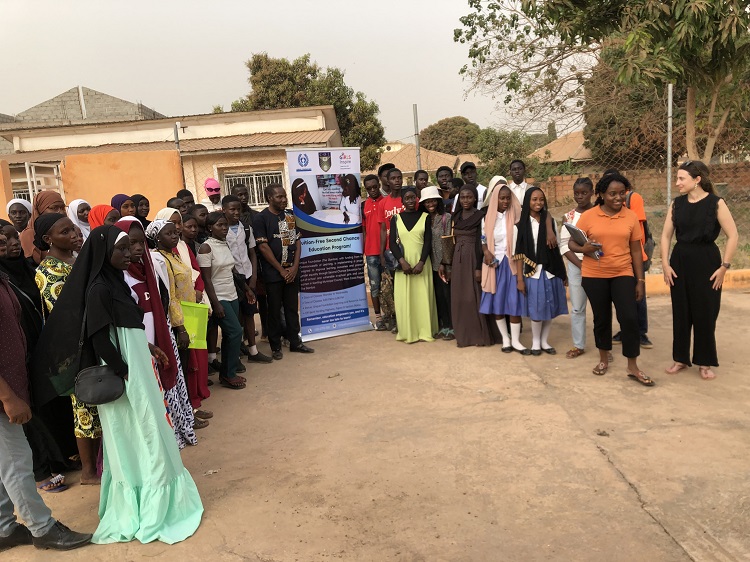
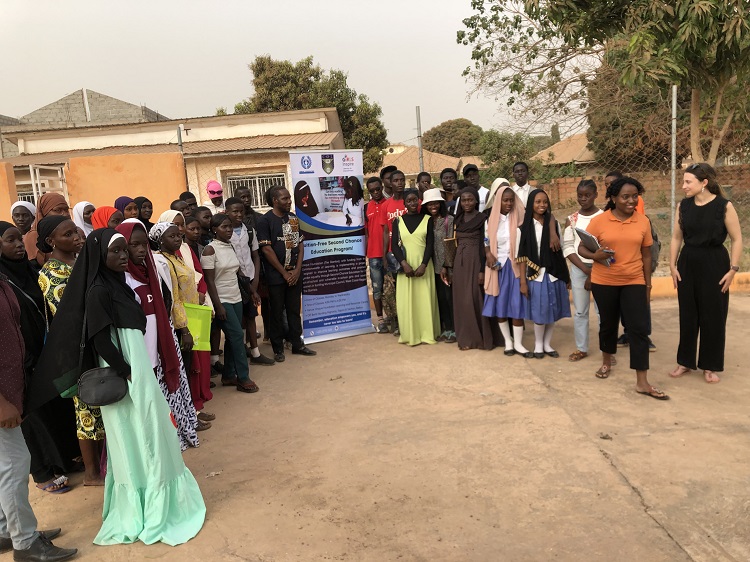
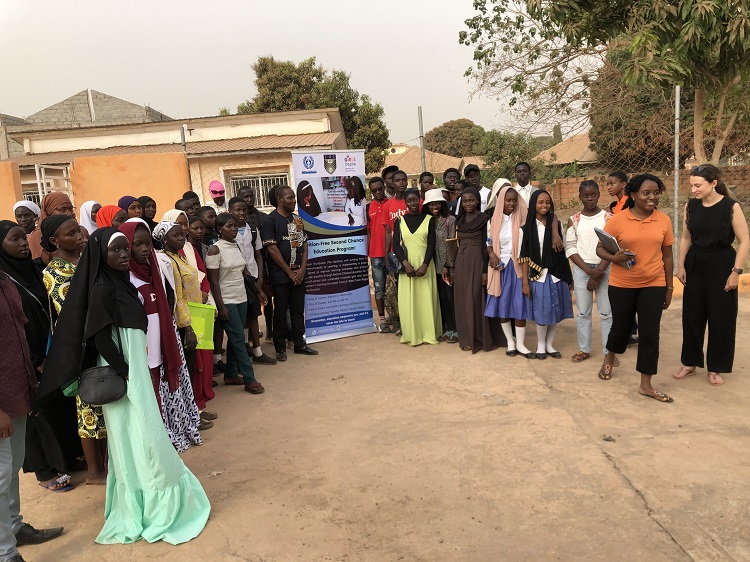


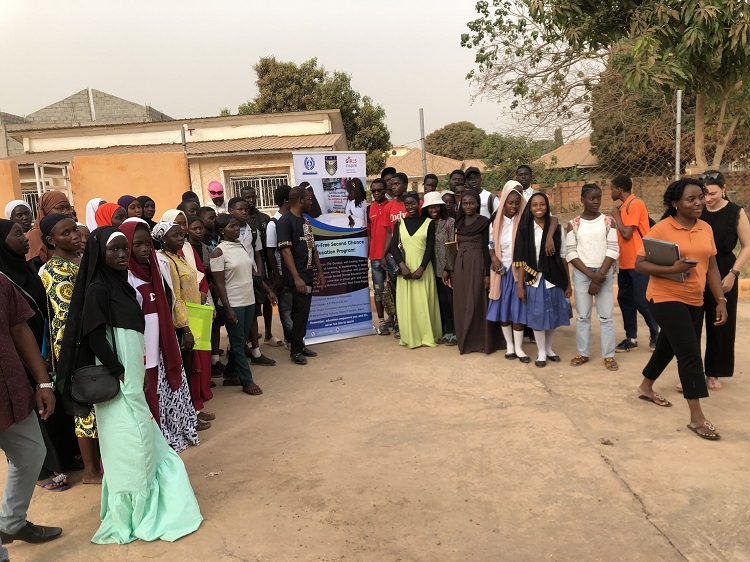
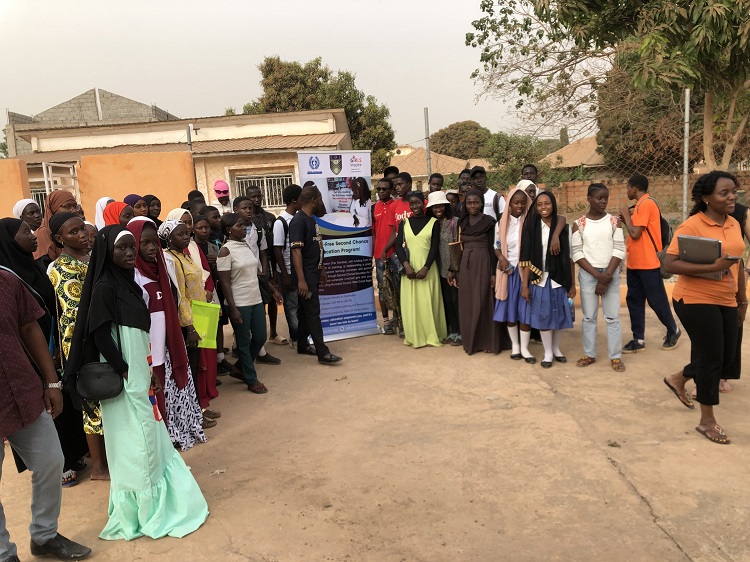


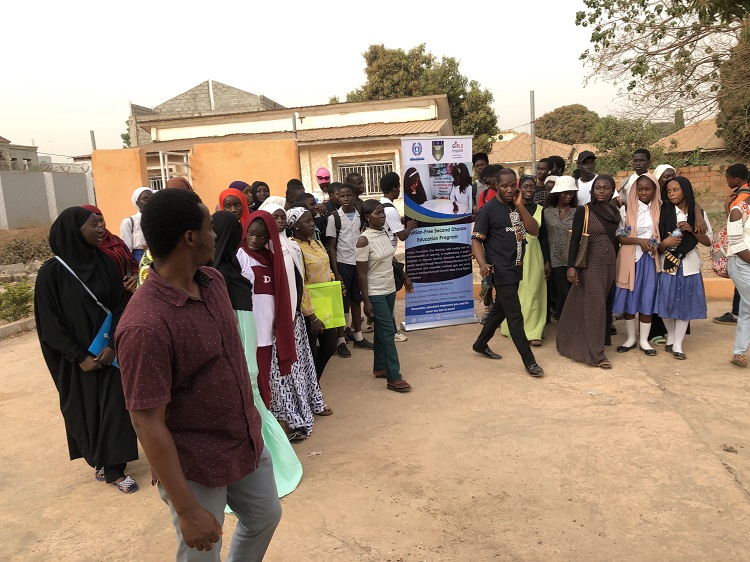
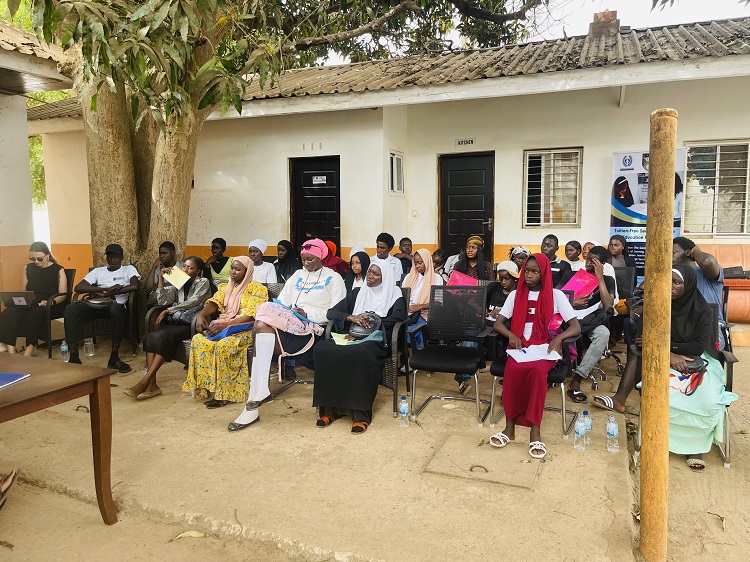
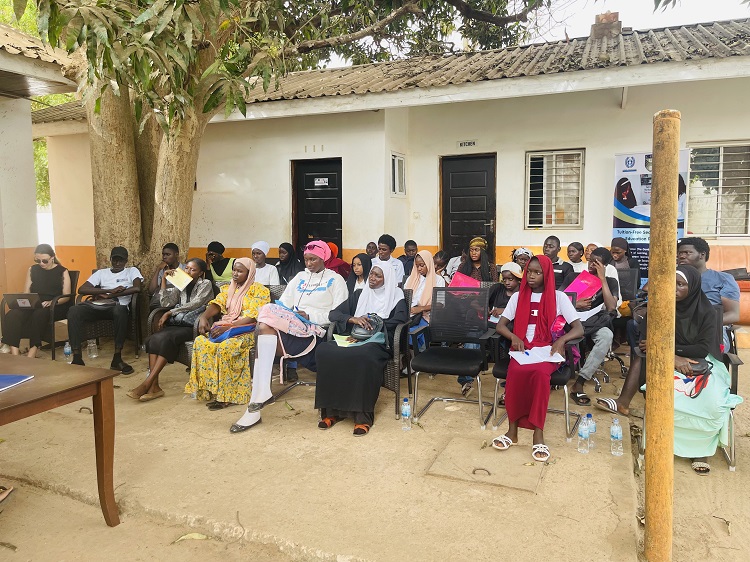
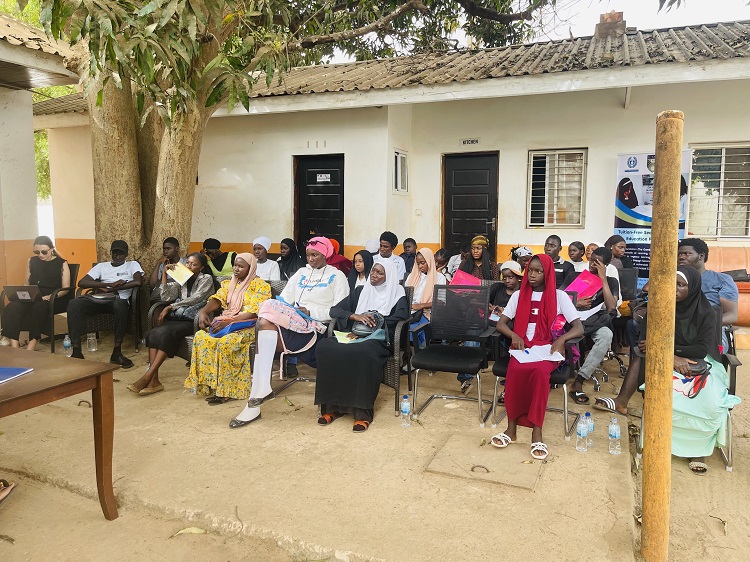
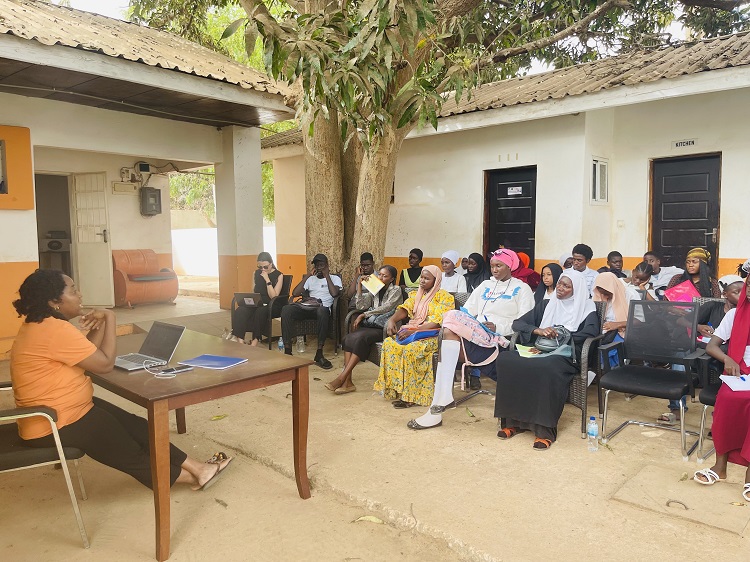
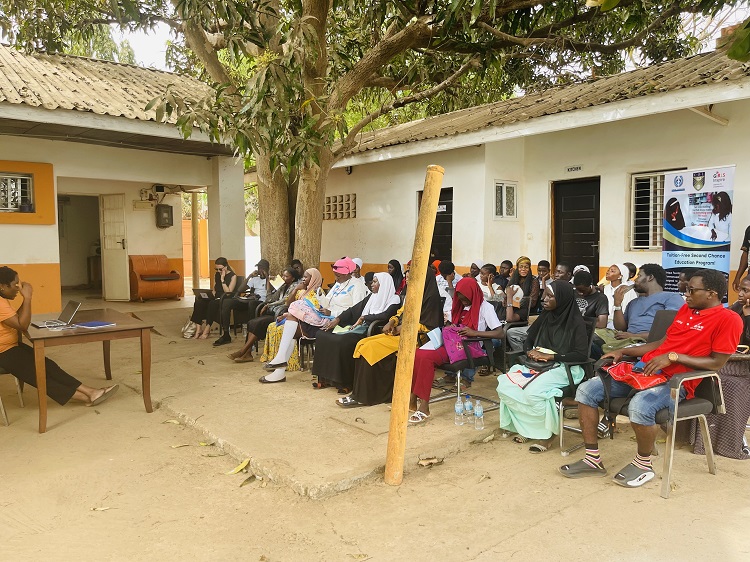
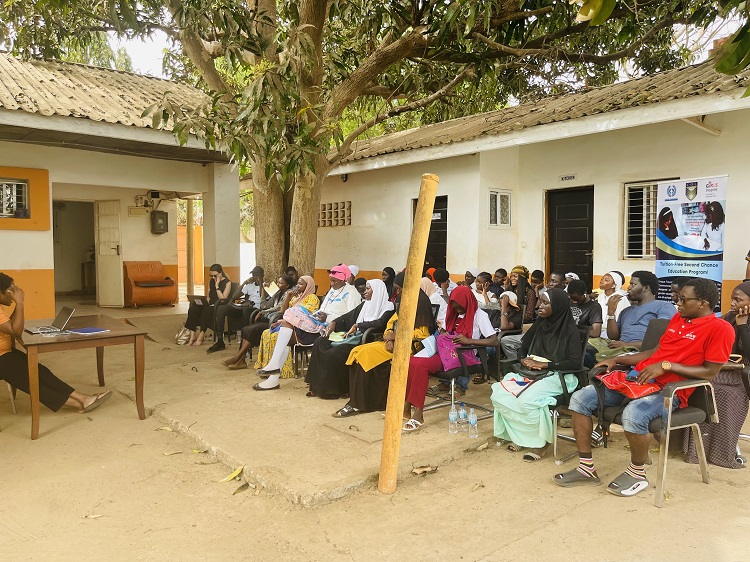
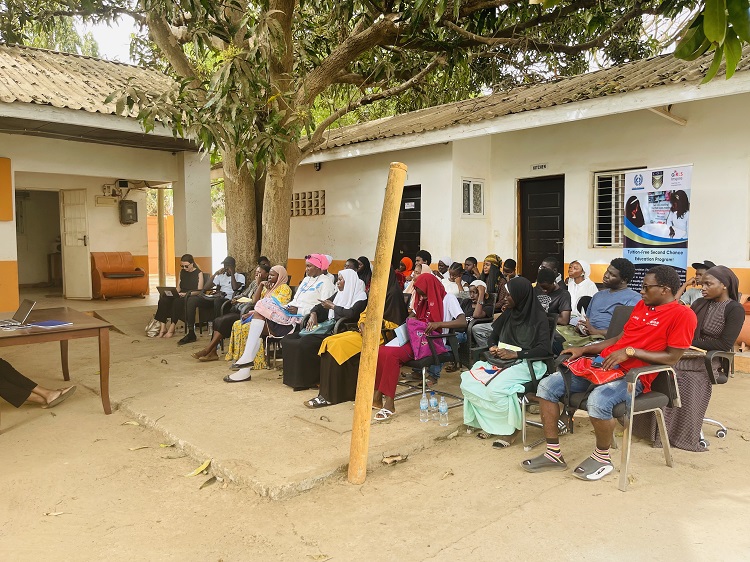
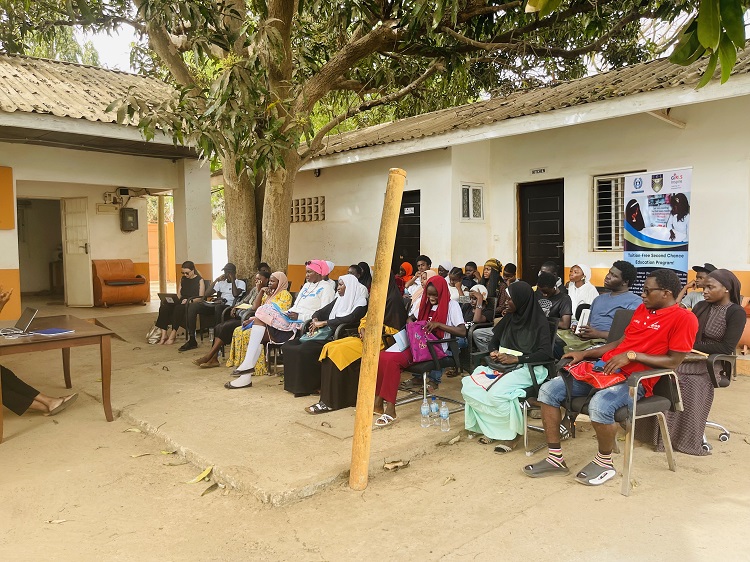
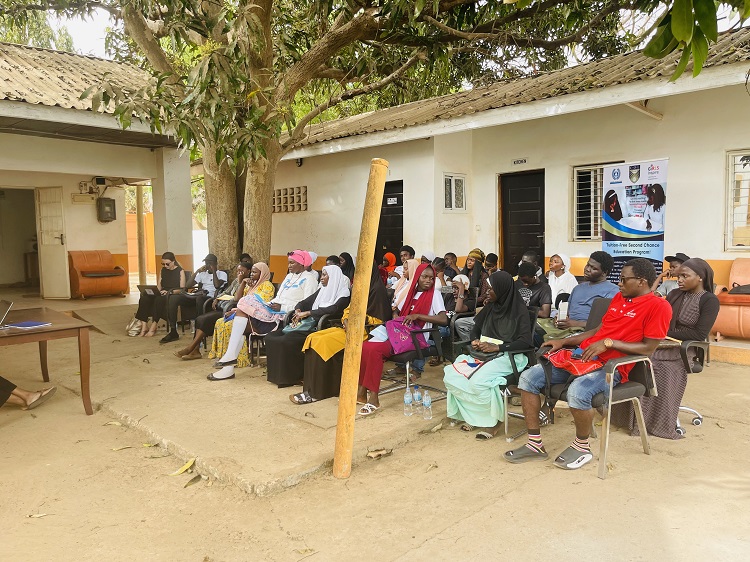
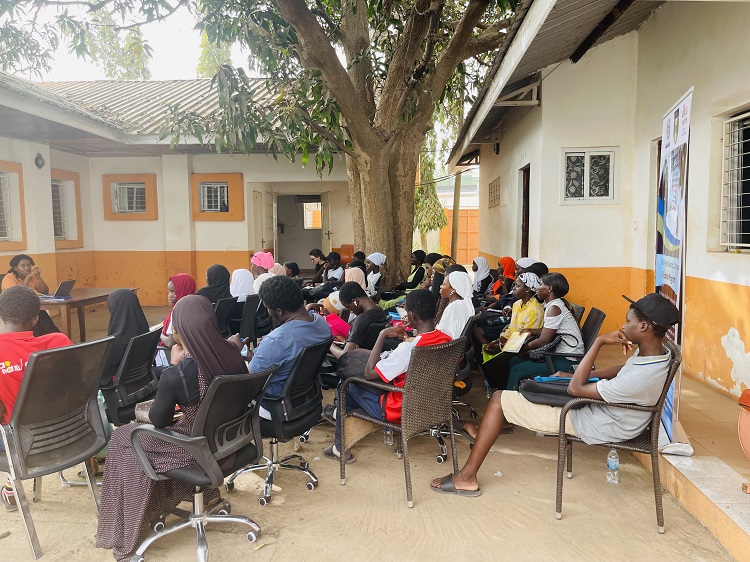
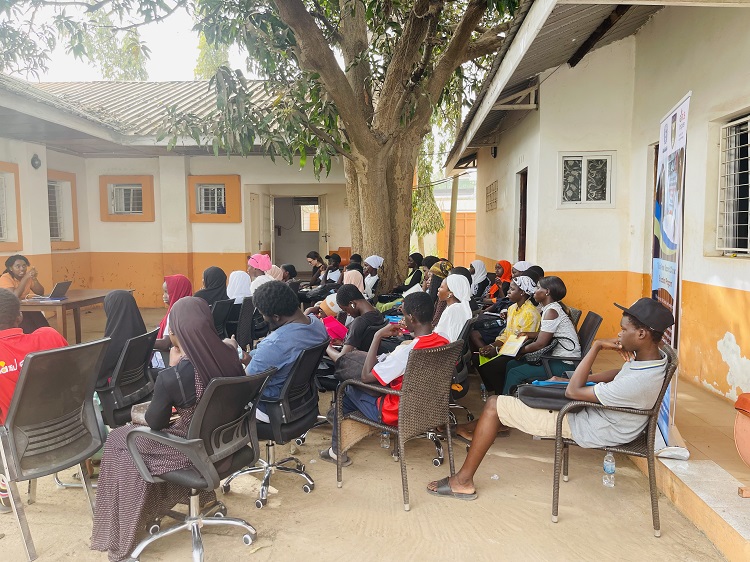

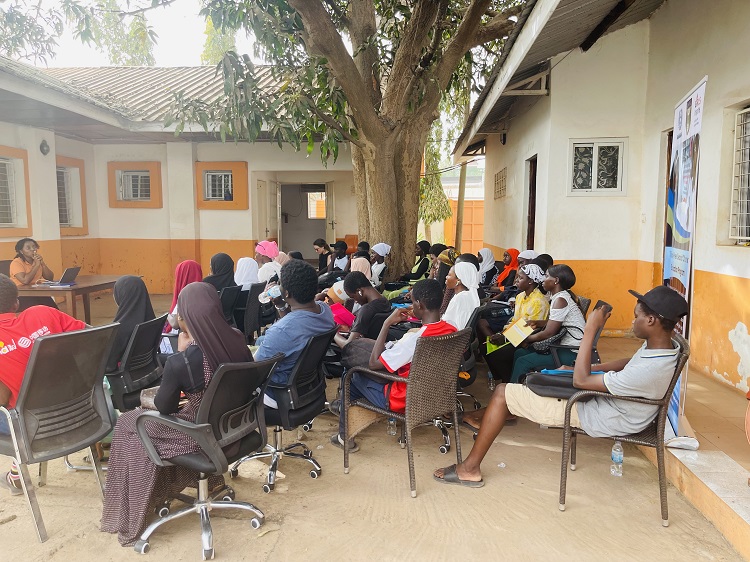
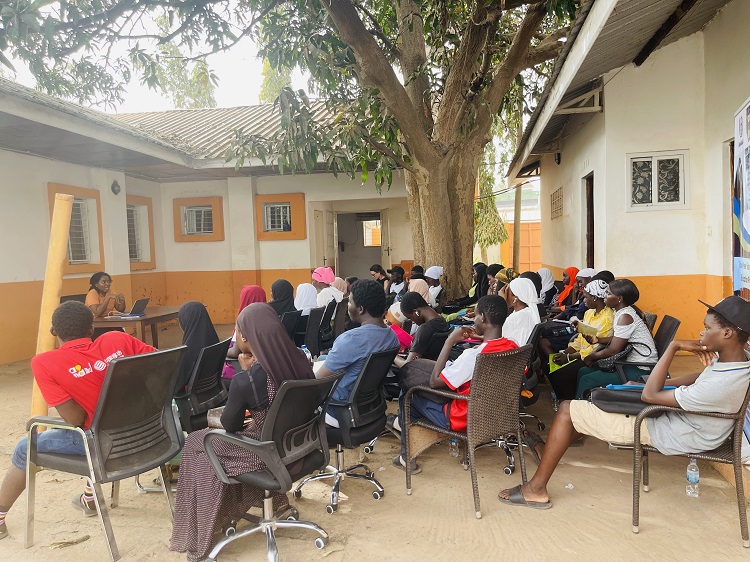
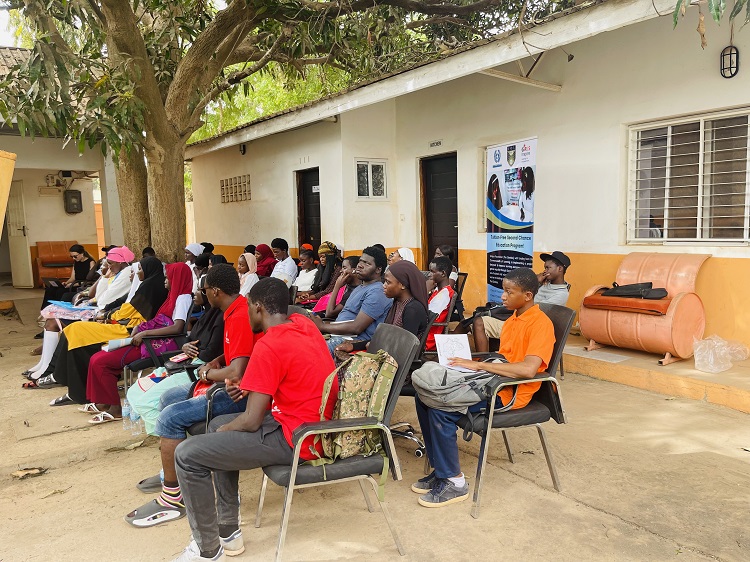

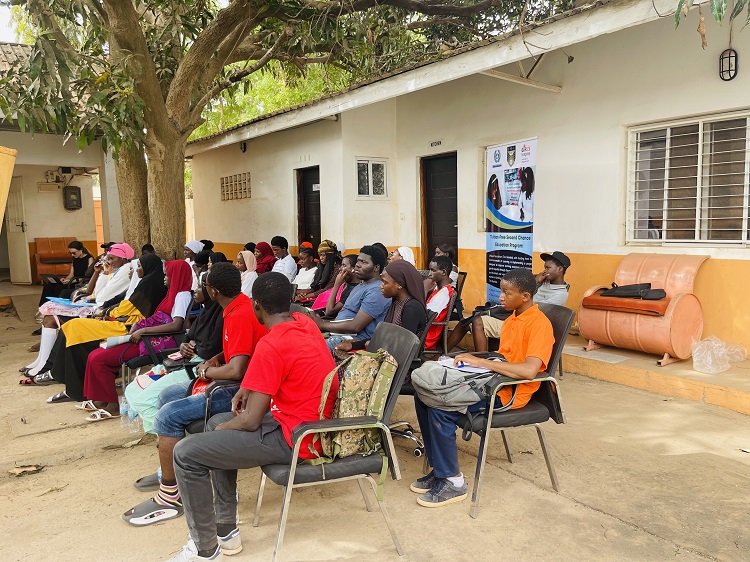
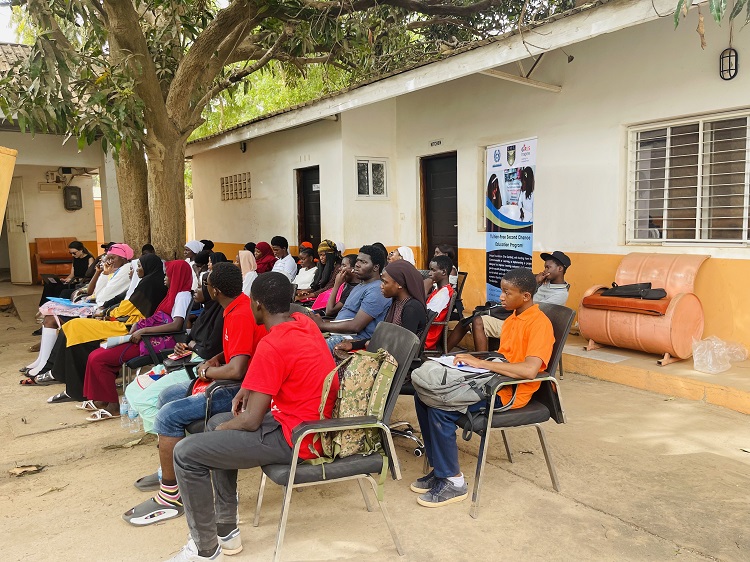
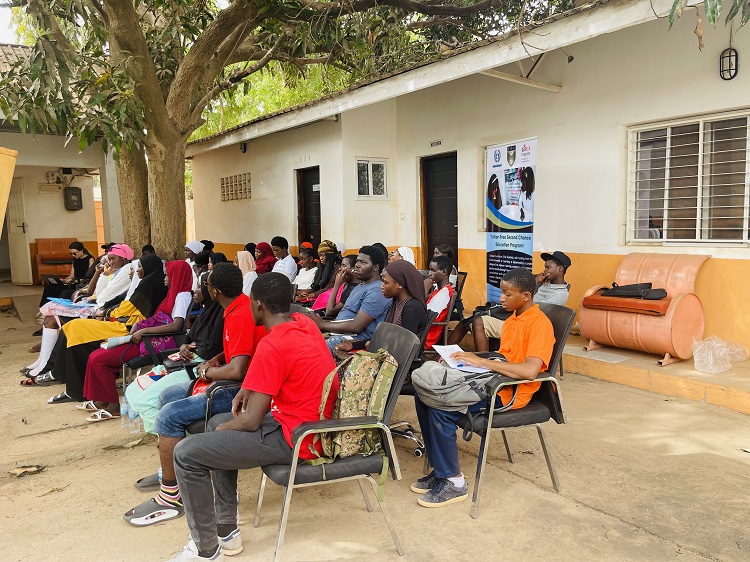
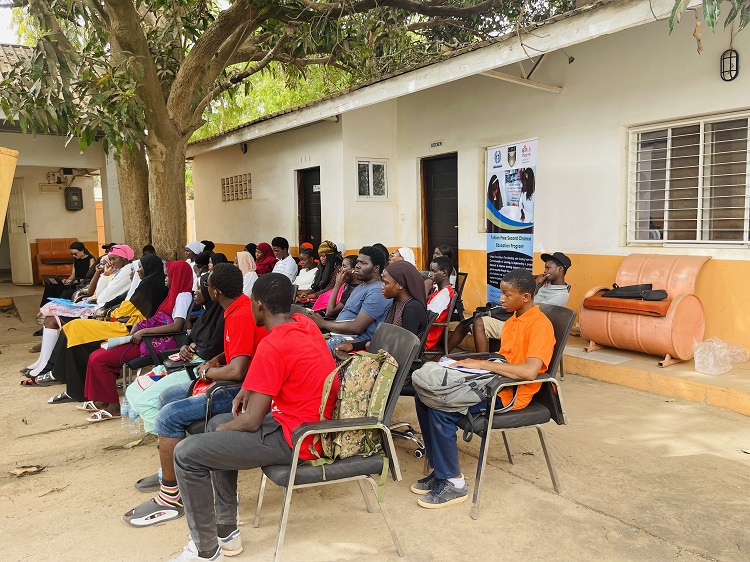
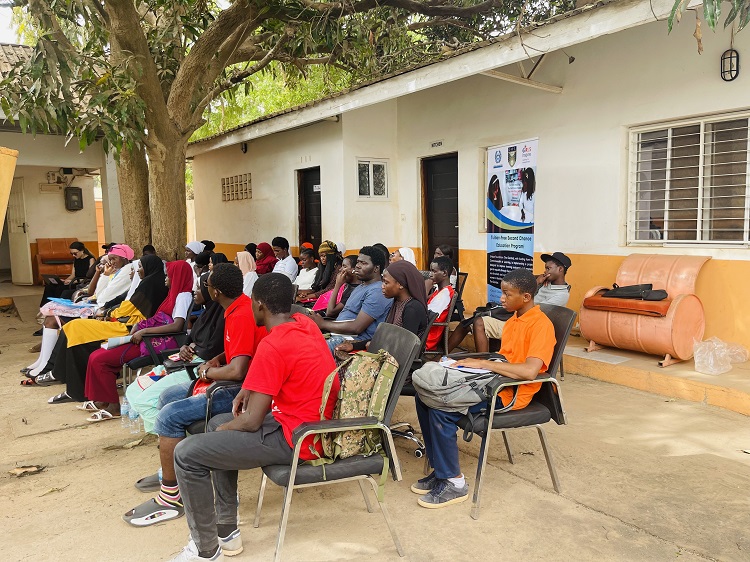
This video features participants from the training sessions on human rights, life skills, and GBV prevention sharing their experiences.
Pictures showcasing some of the project participants during a radio talk show on Second Chance Education and the importance of girl child education at Capital FM in Banjul, The Gambia.
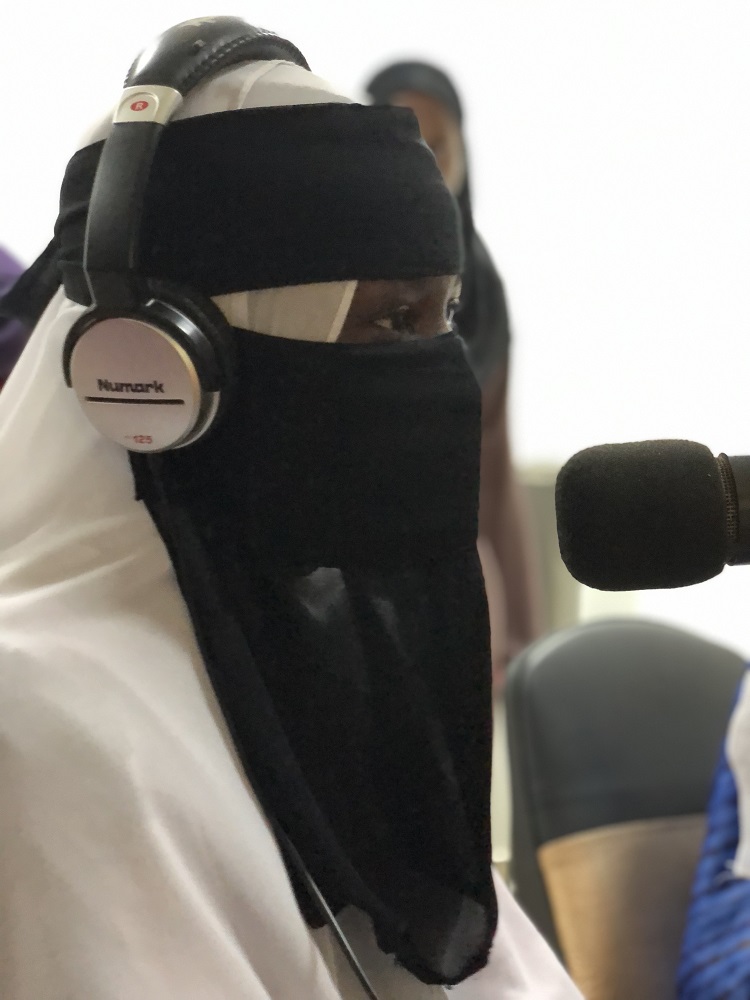
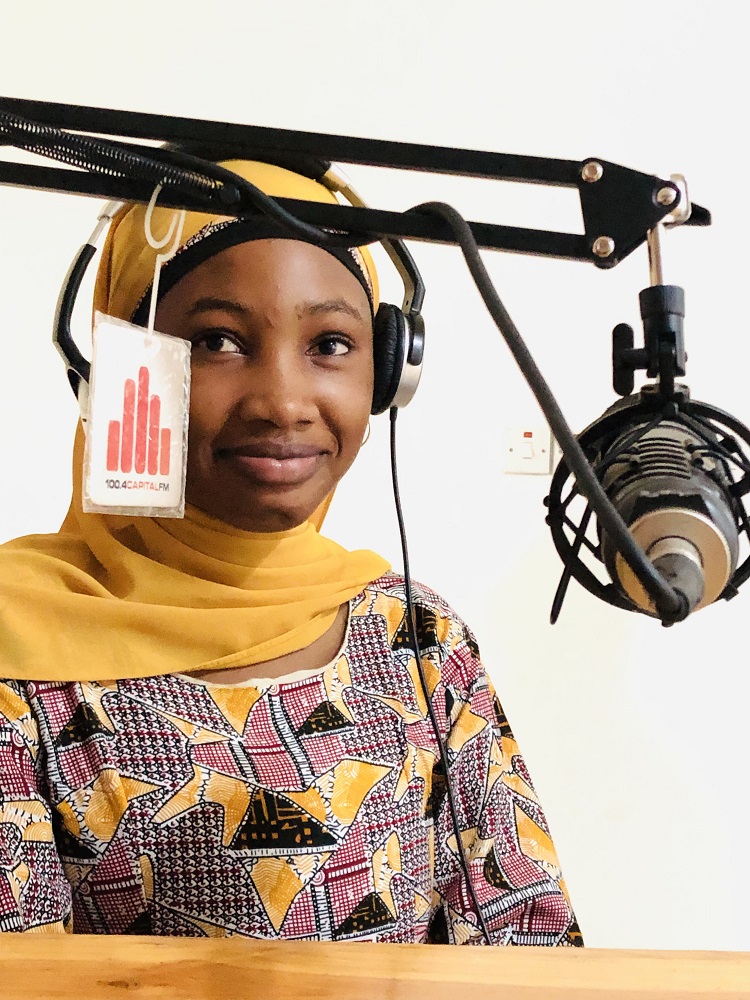

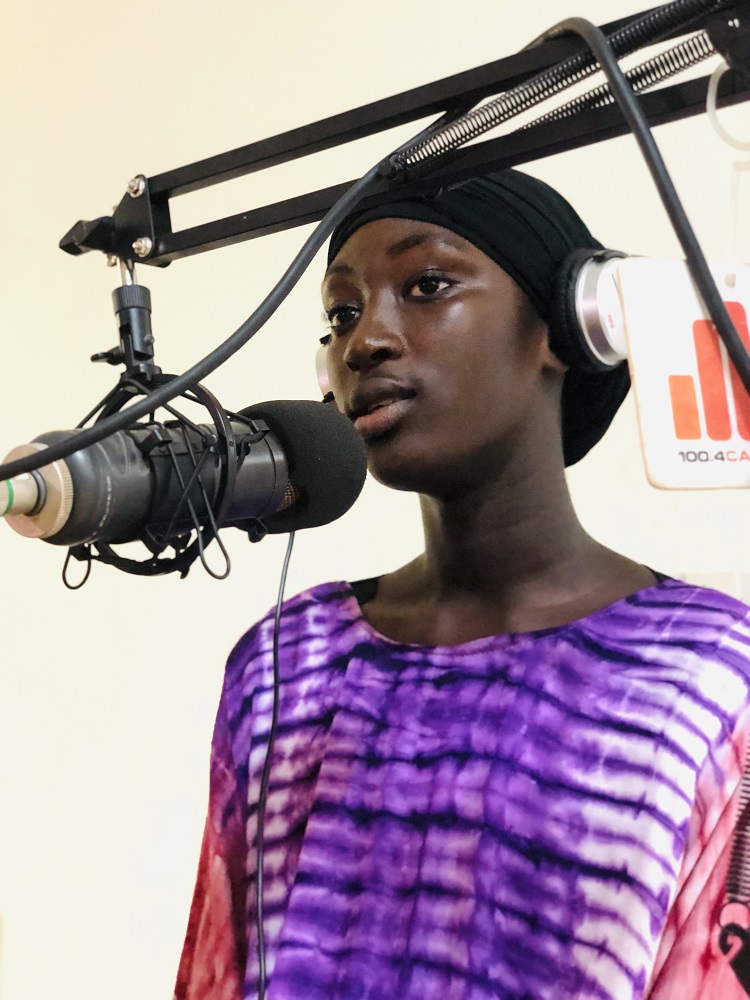
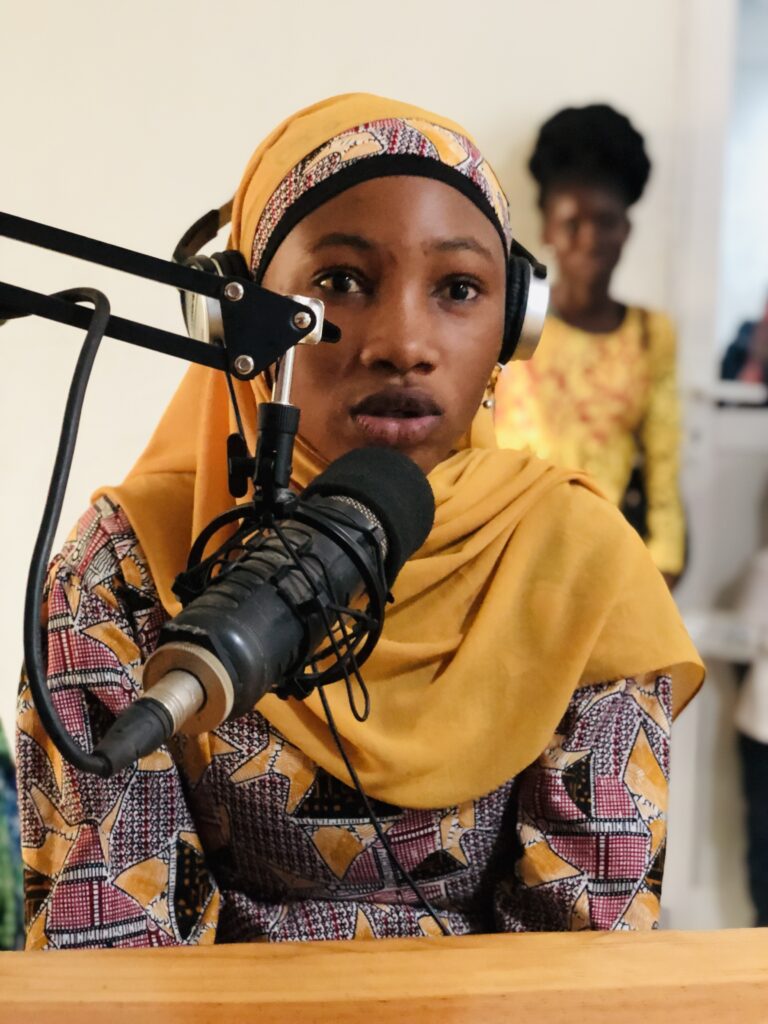
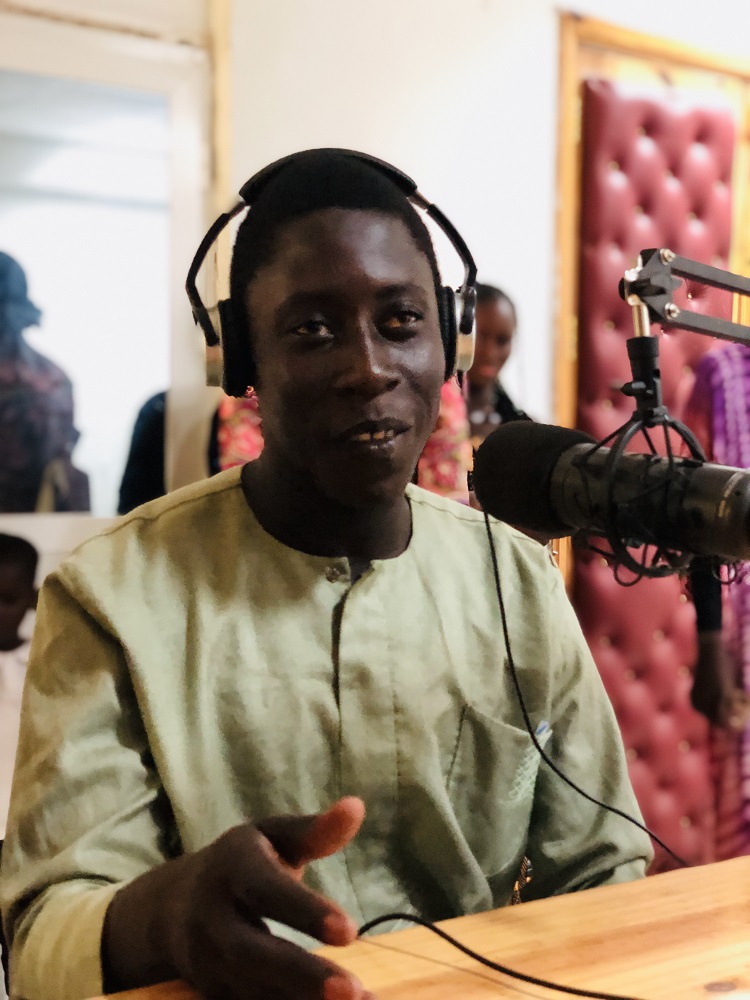
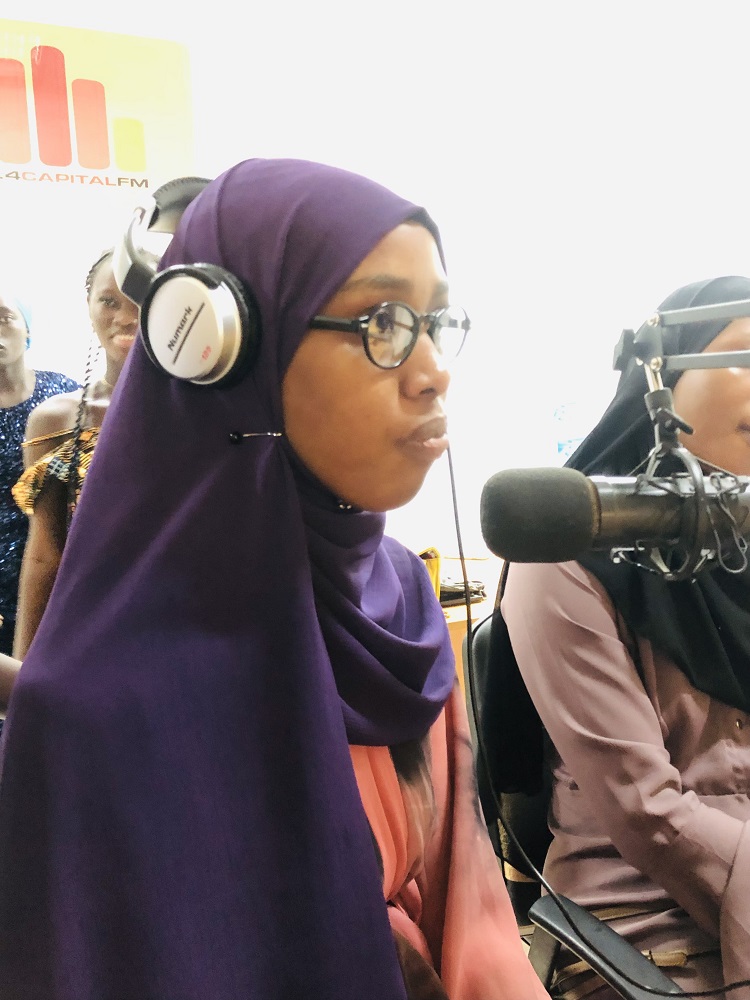
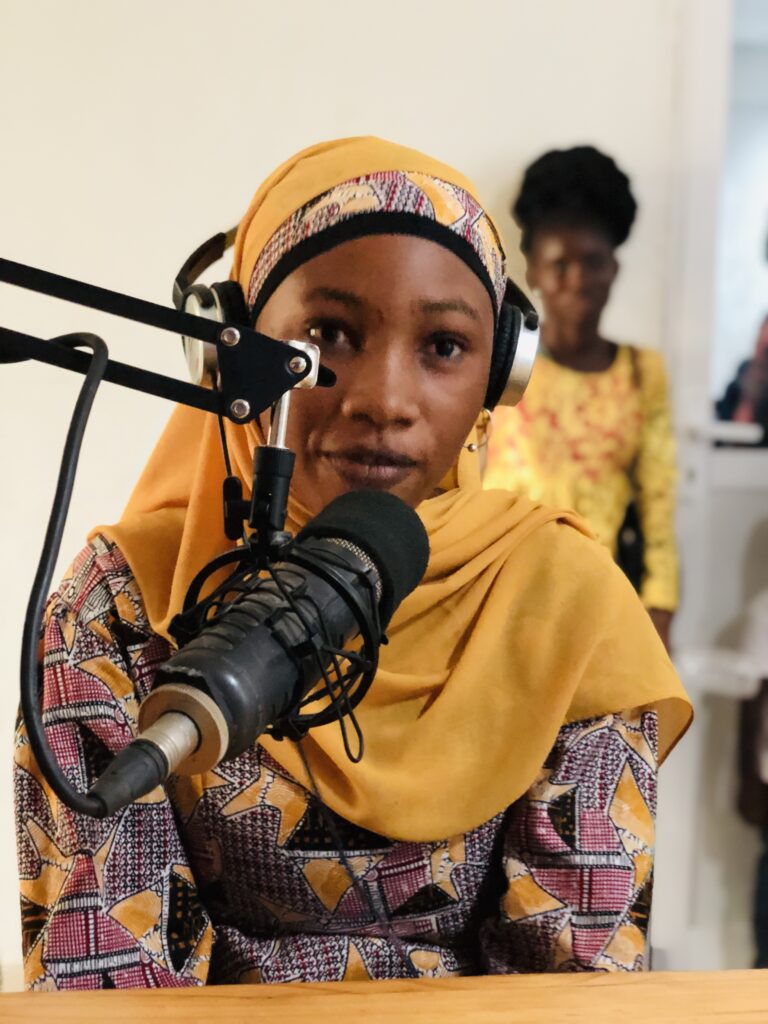
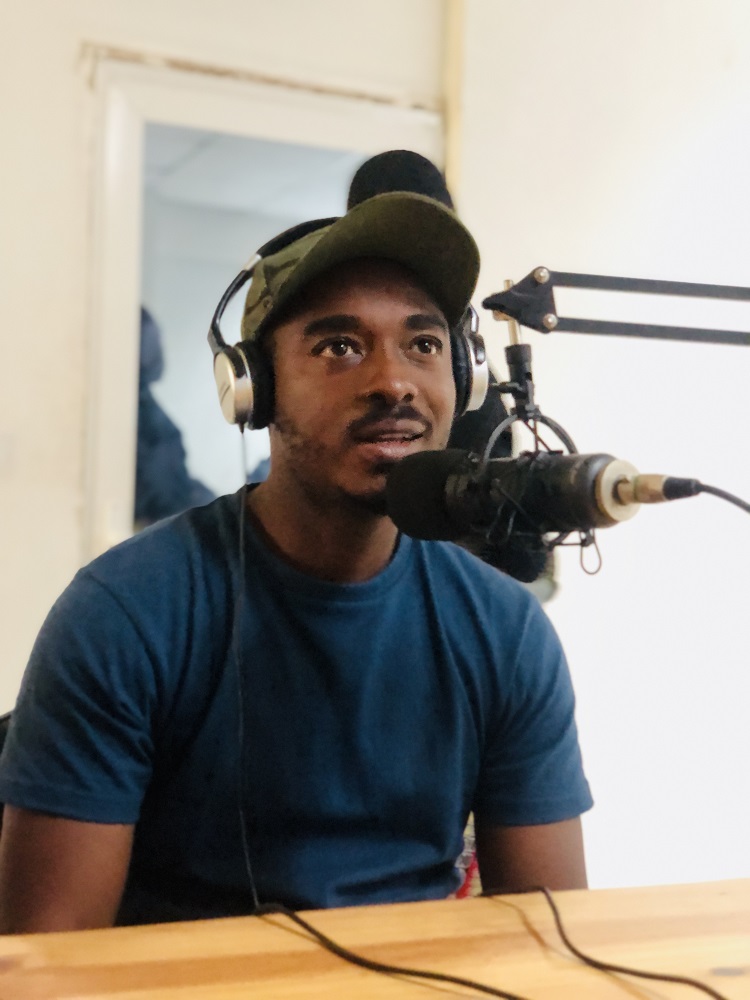
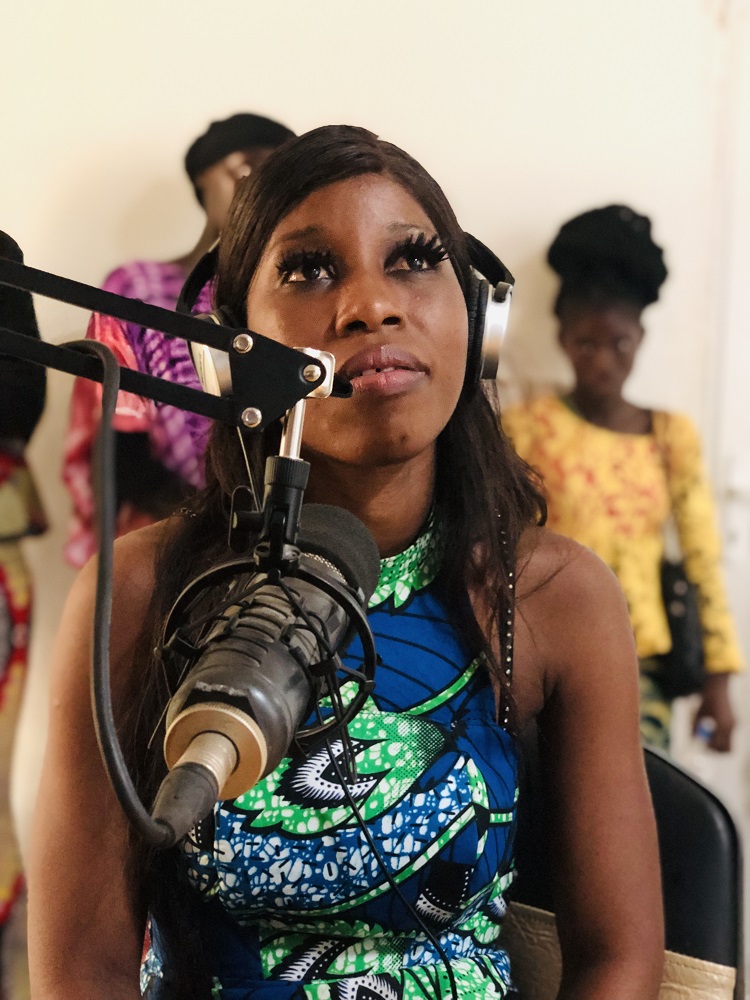
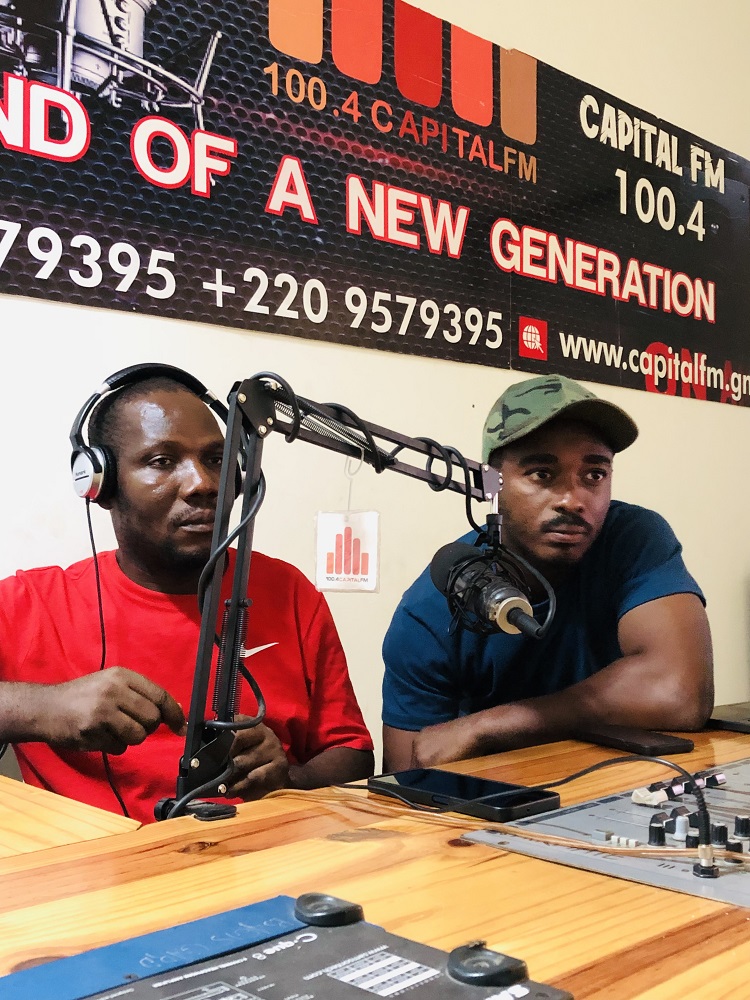
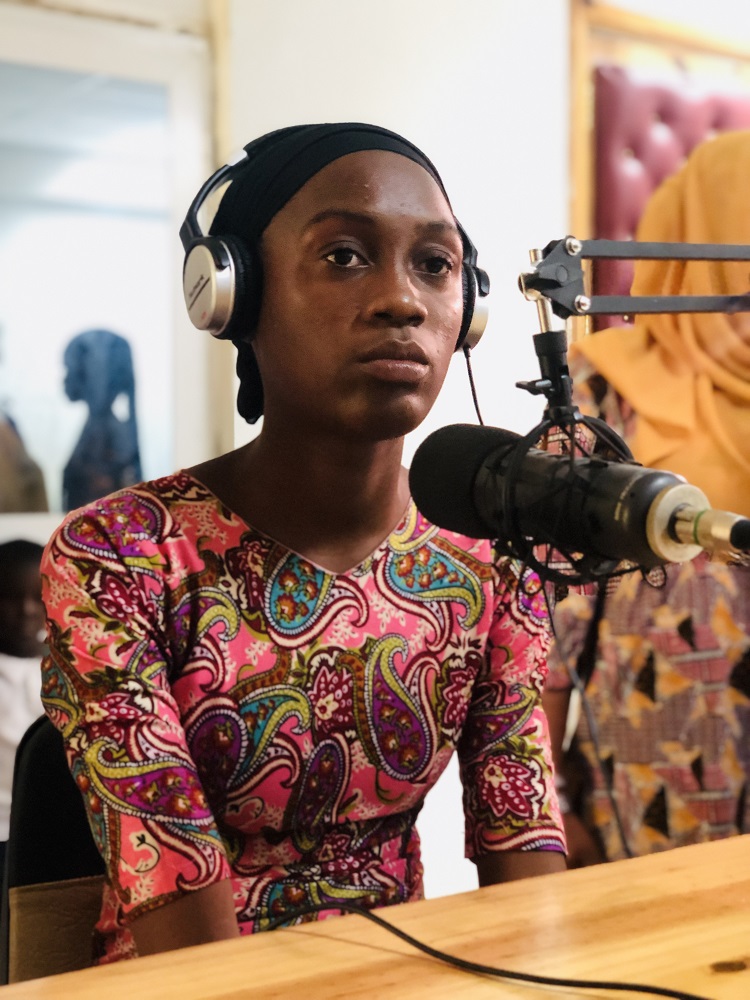
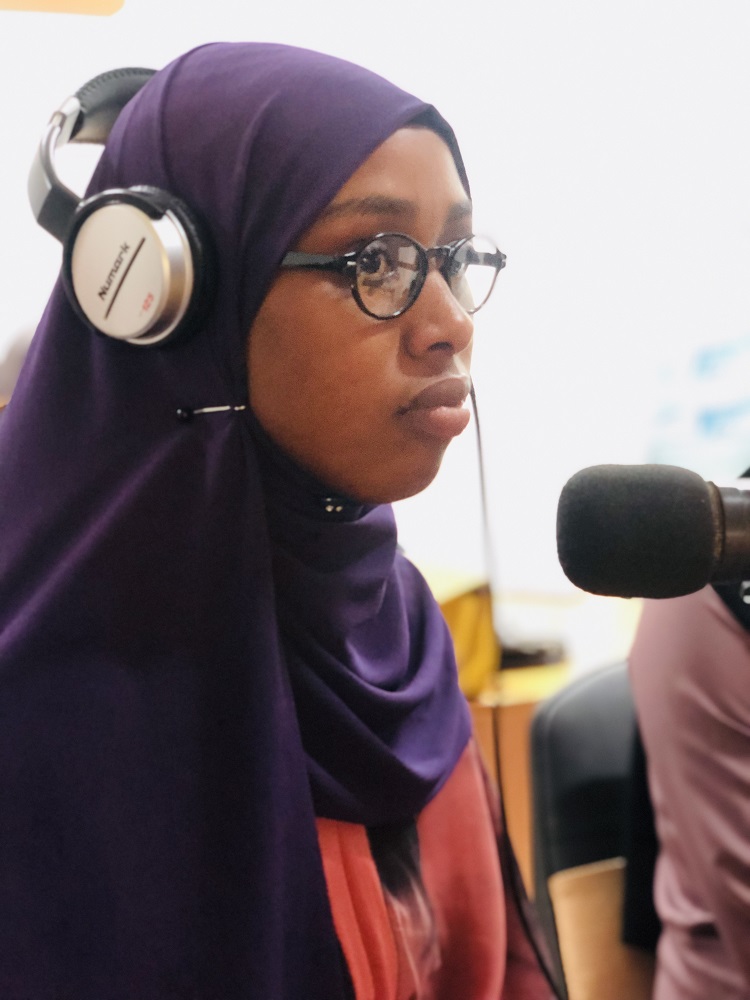
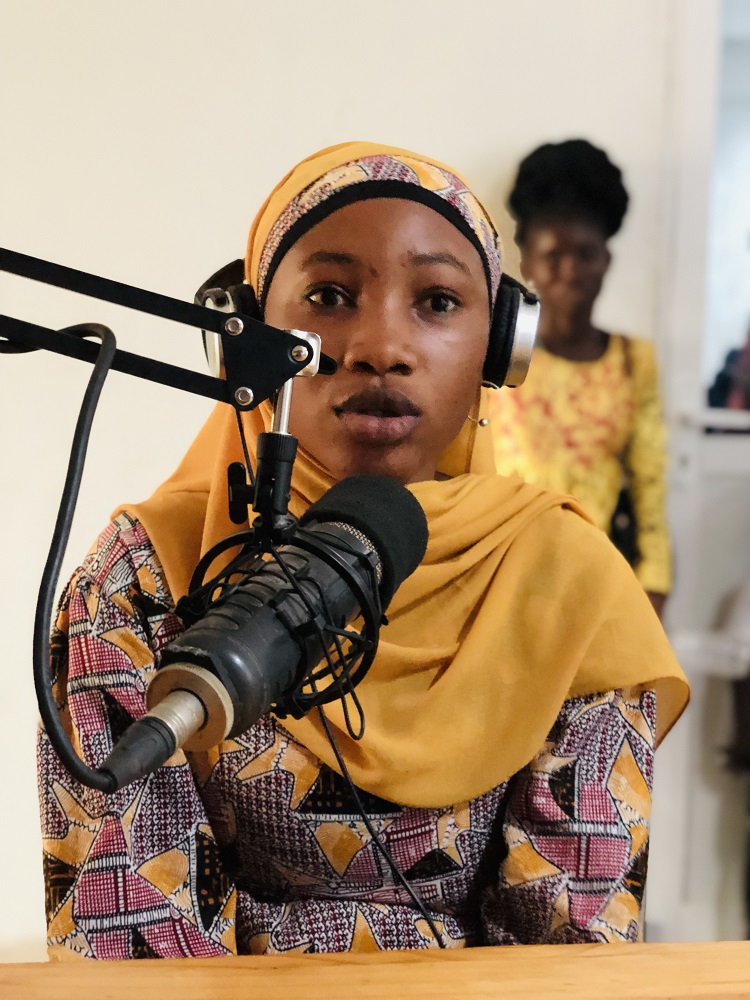
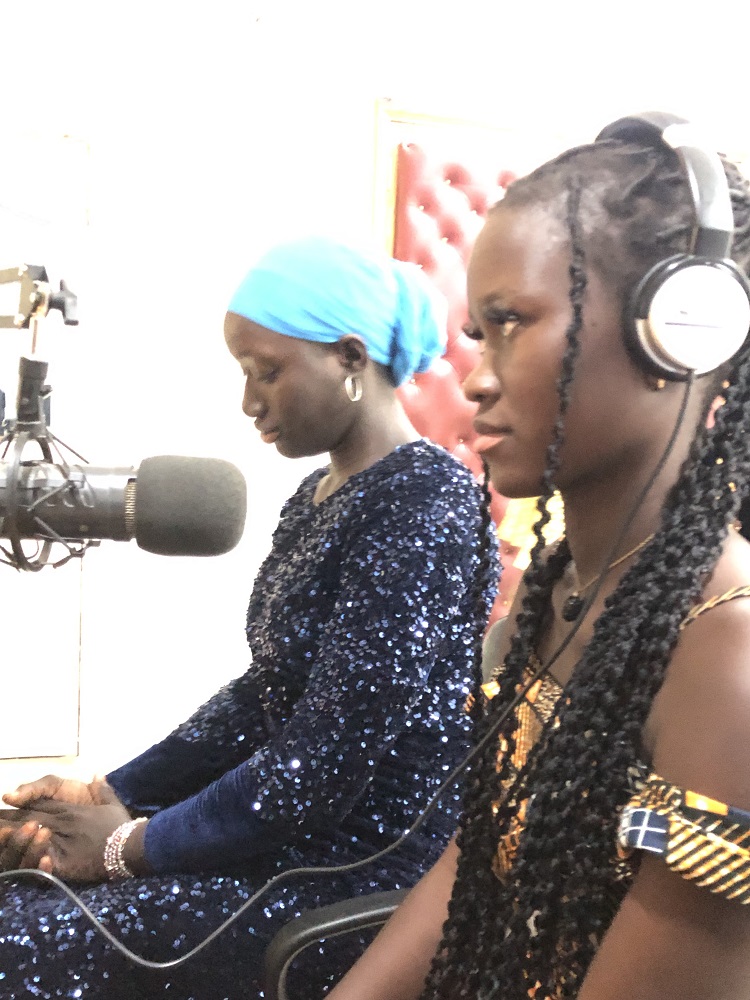
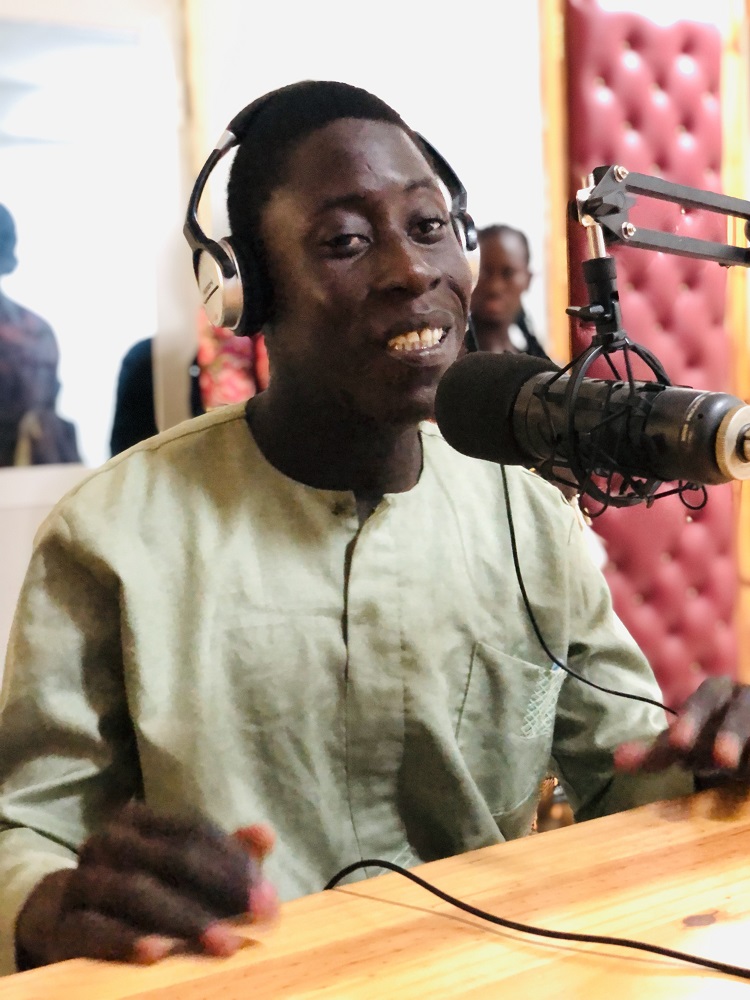
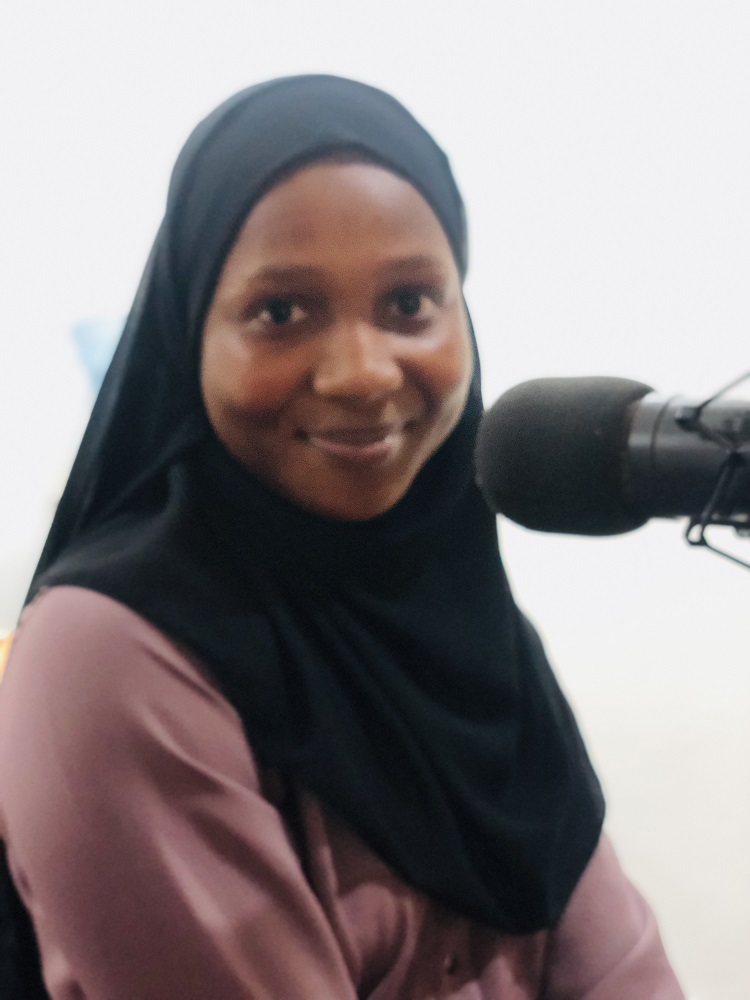
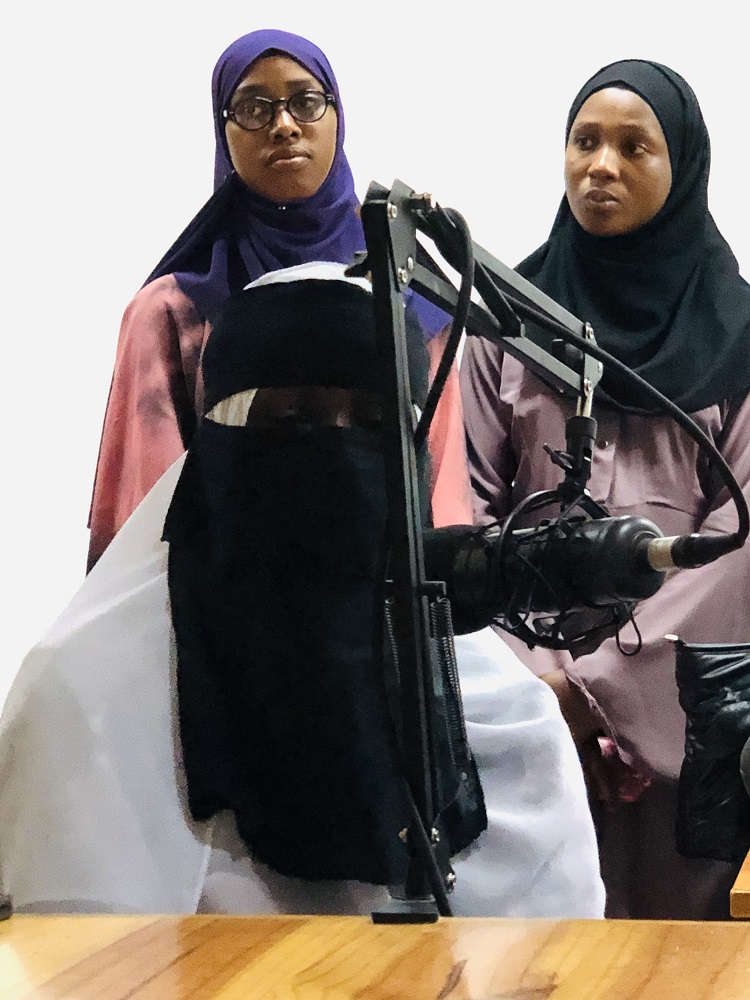
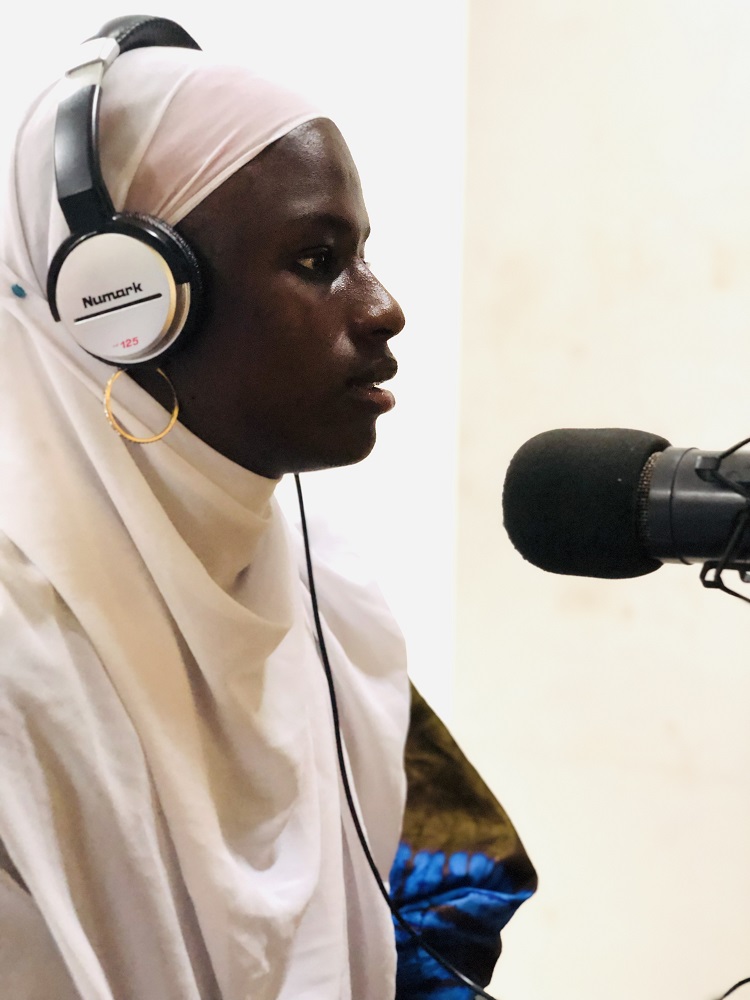
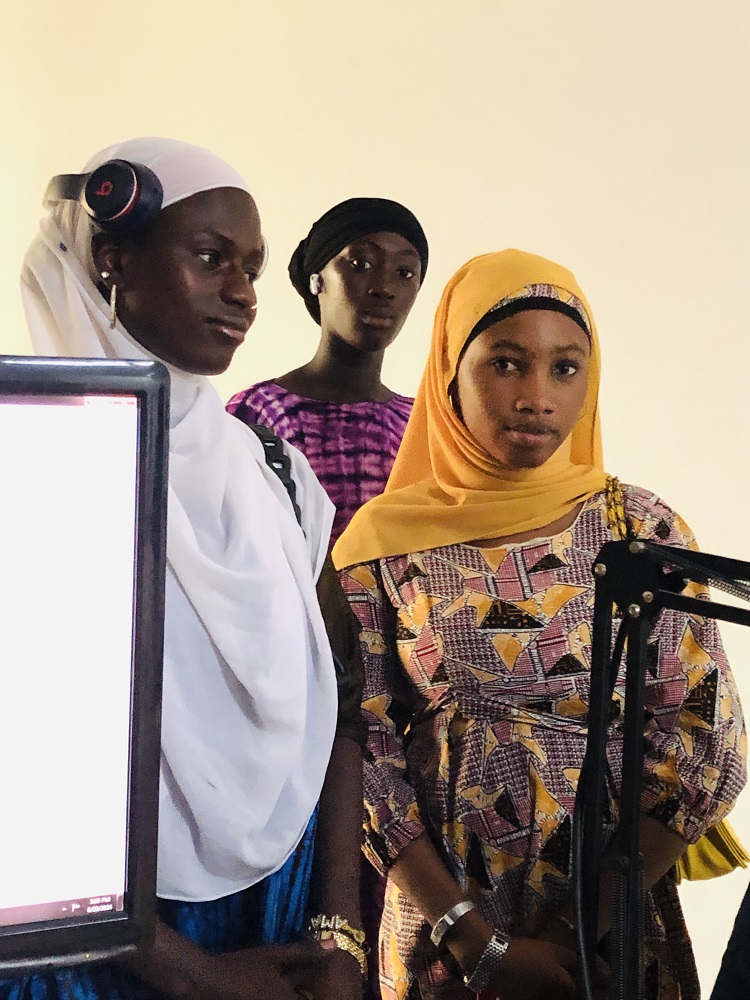
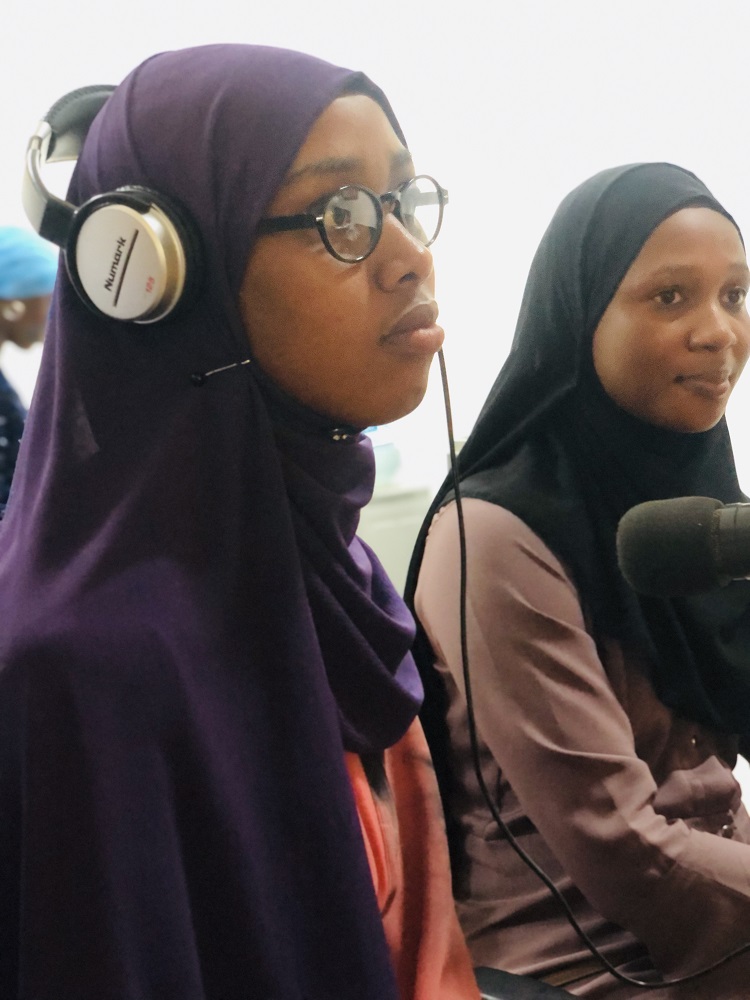
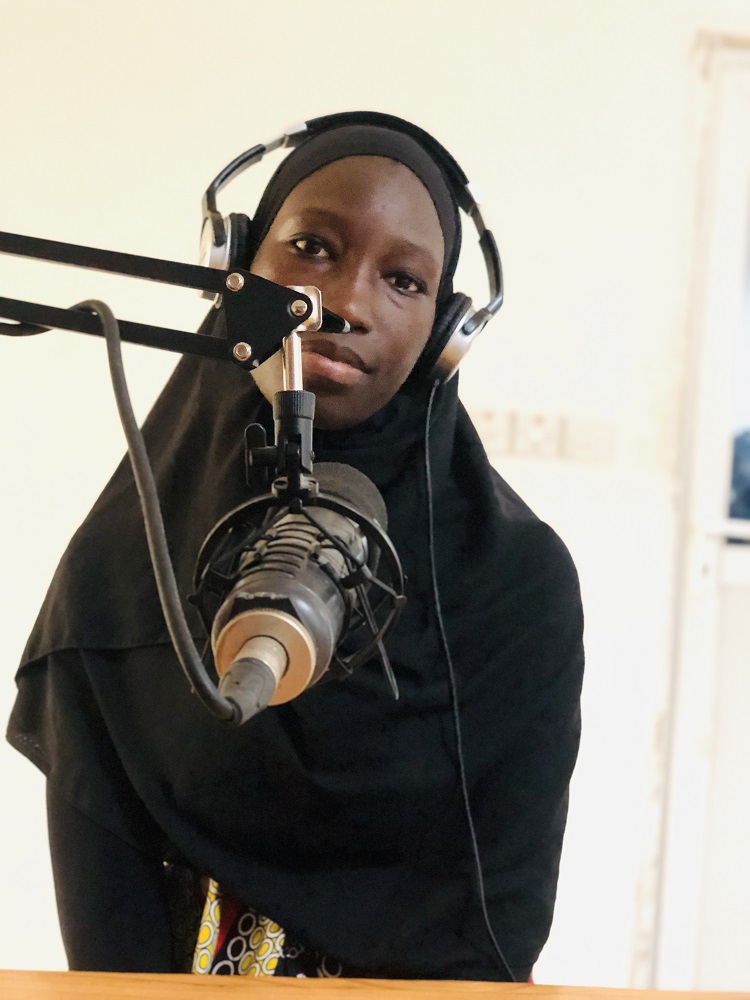
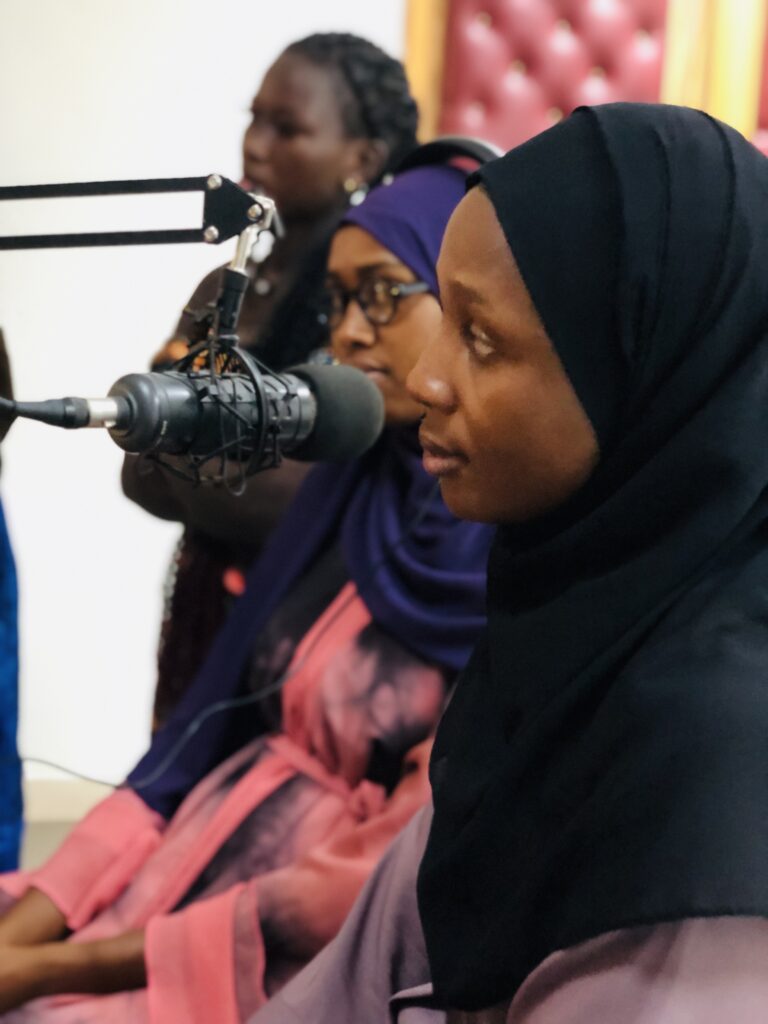
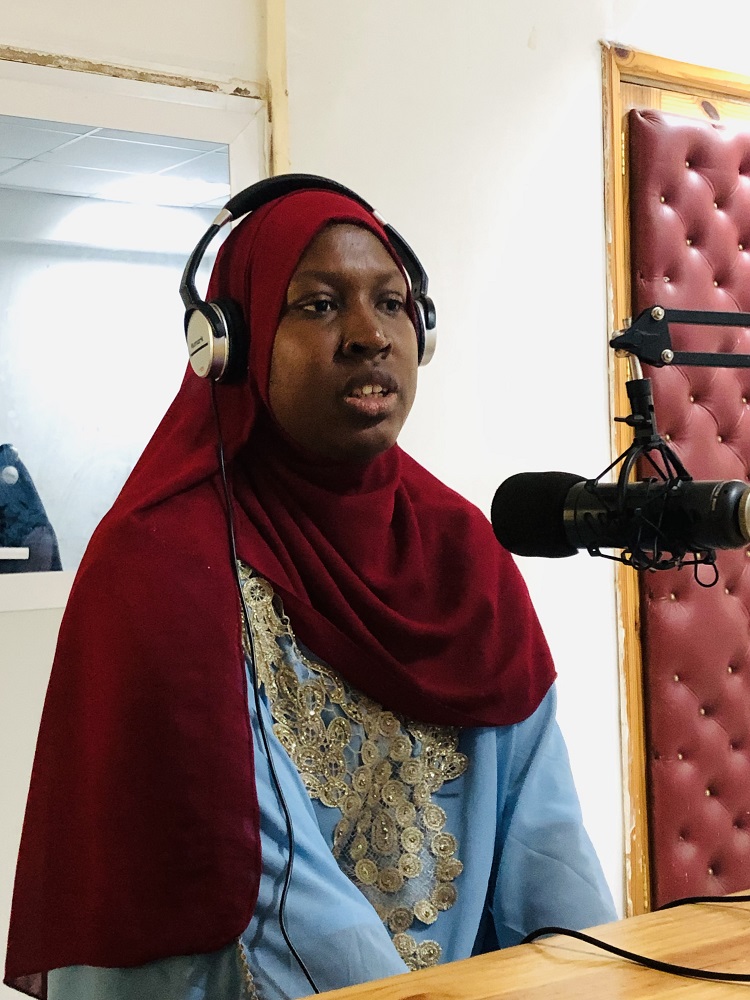
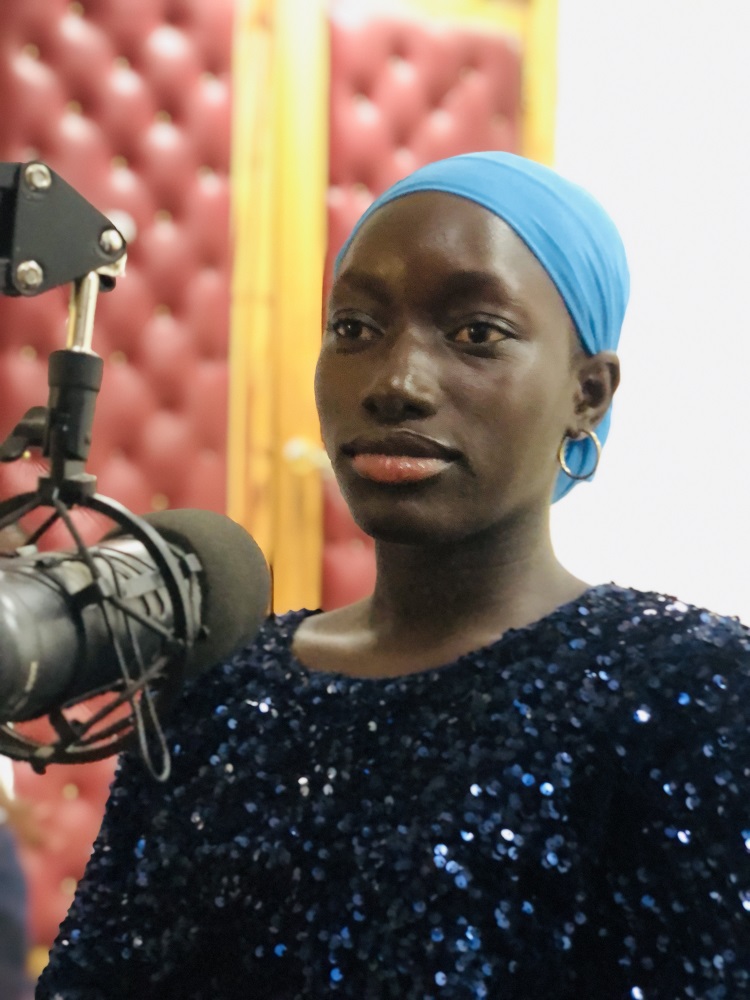

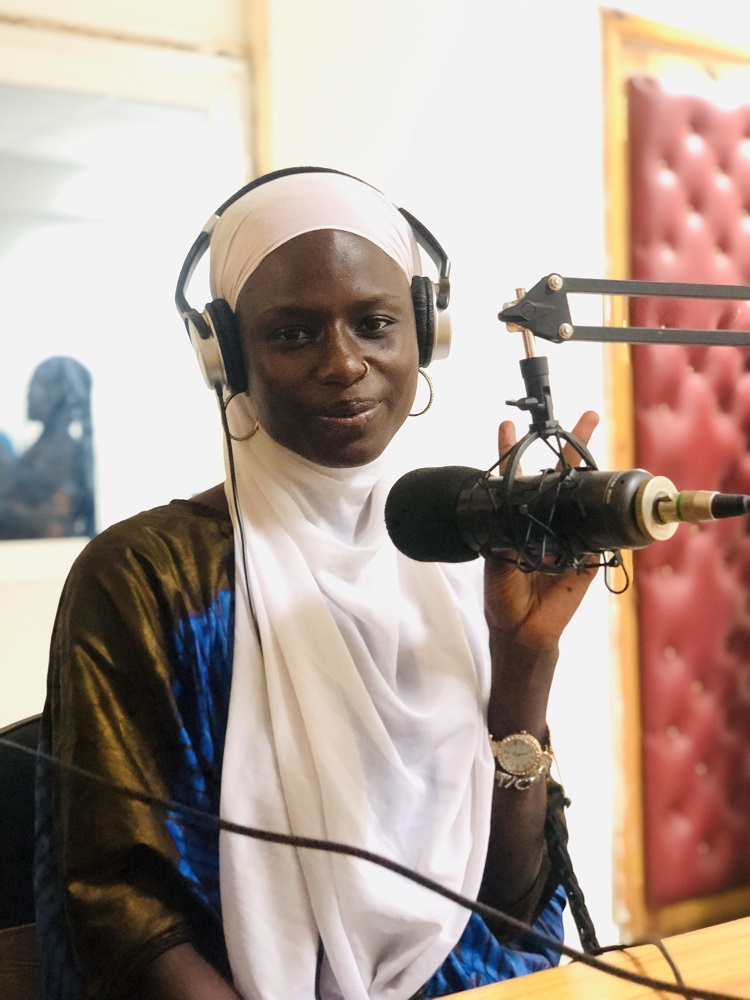
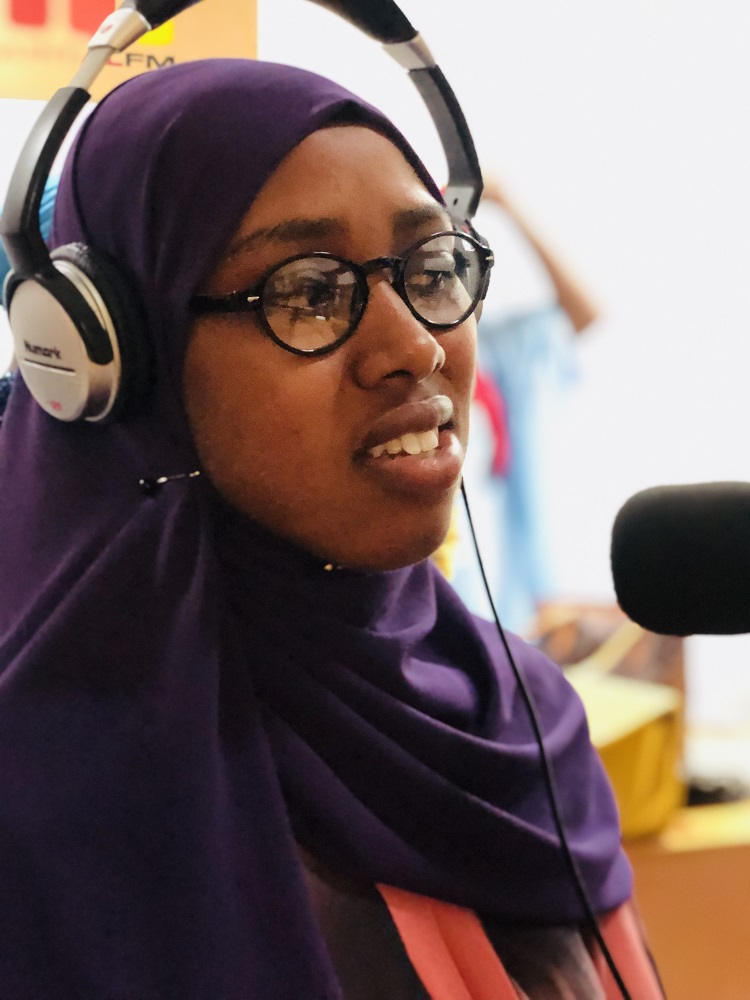


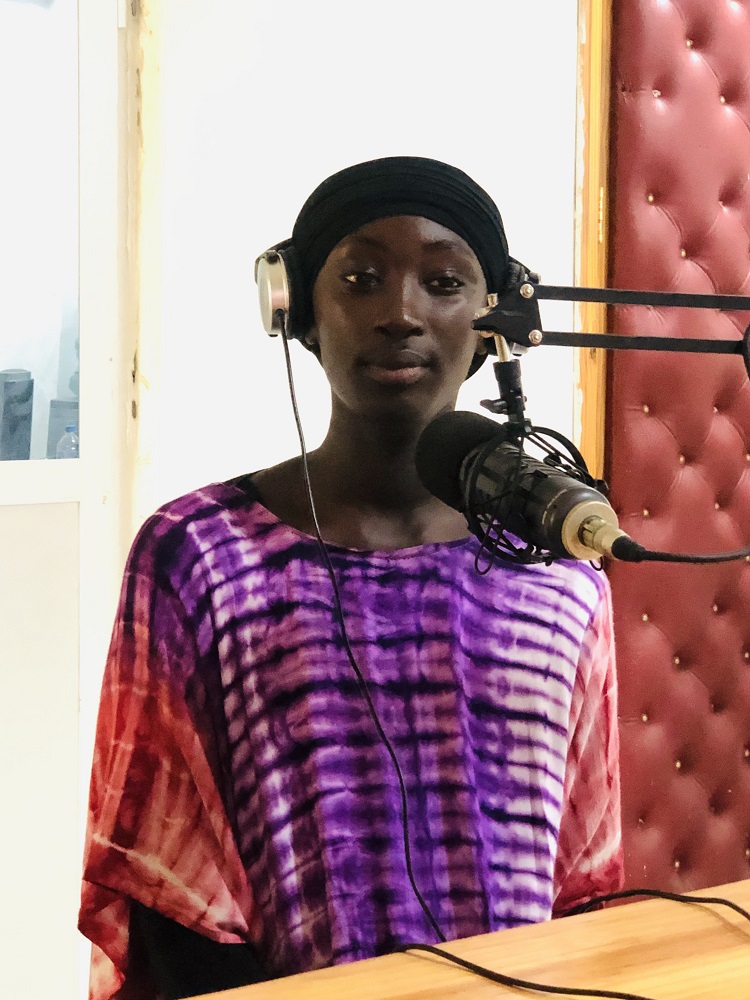
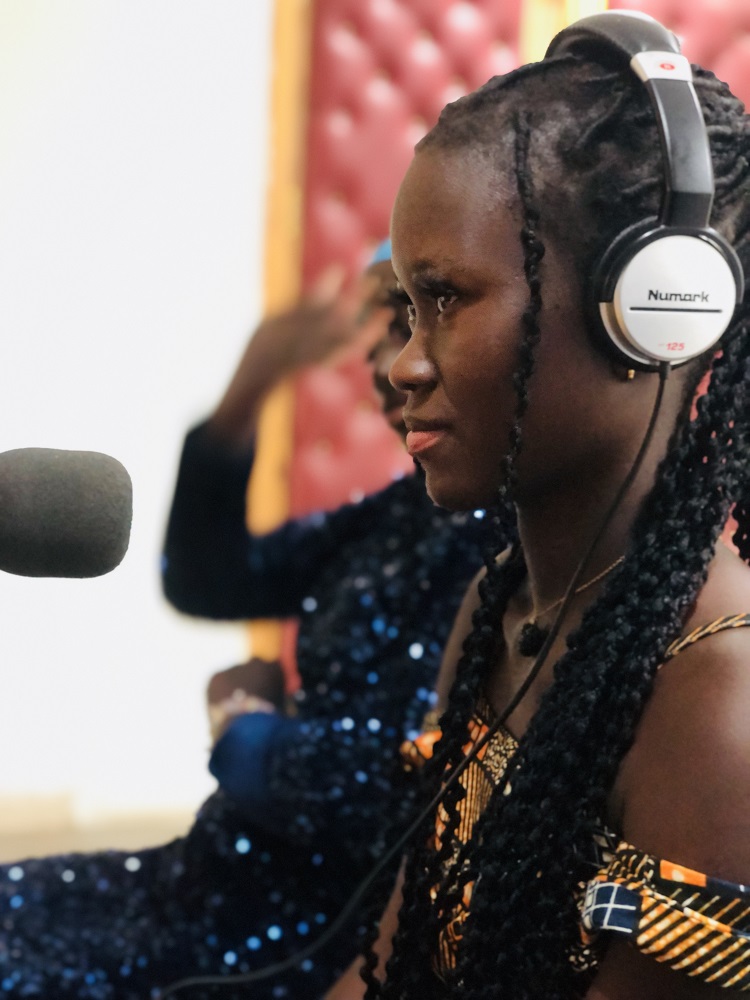
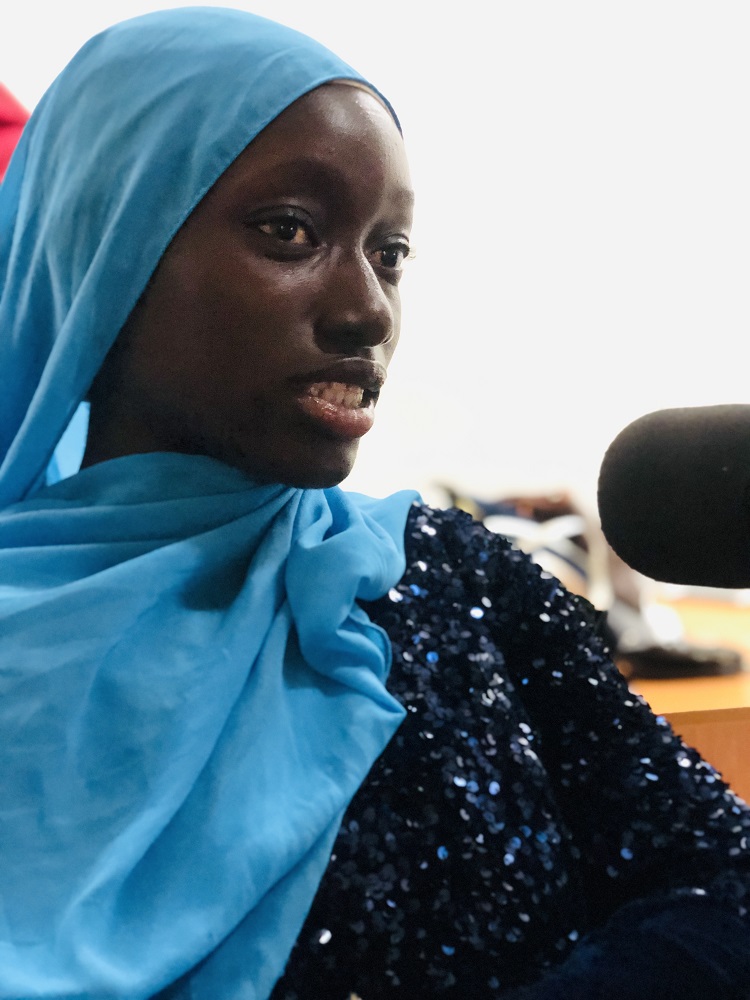
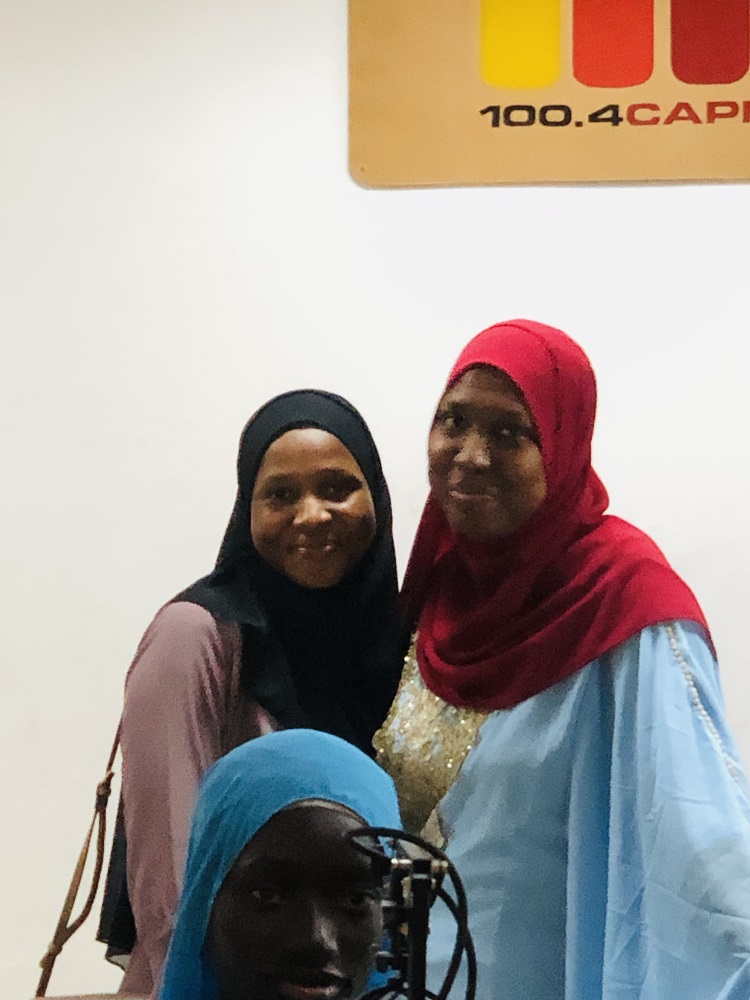
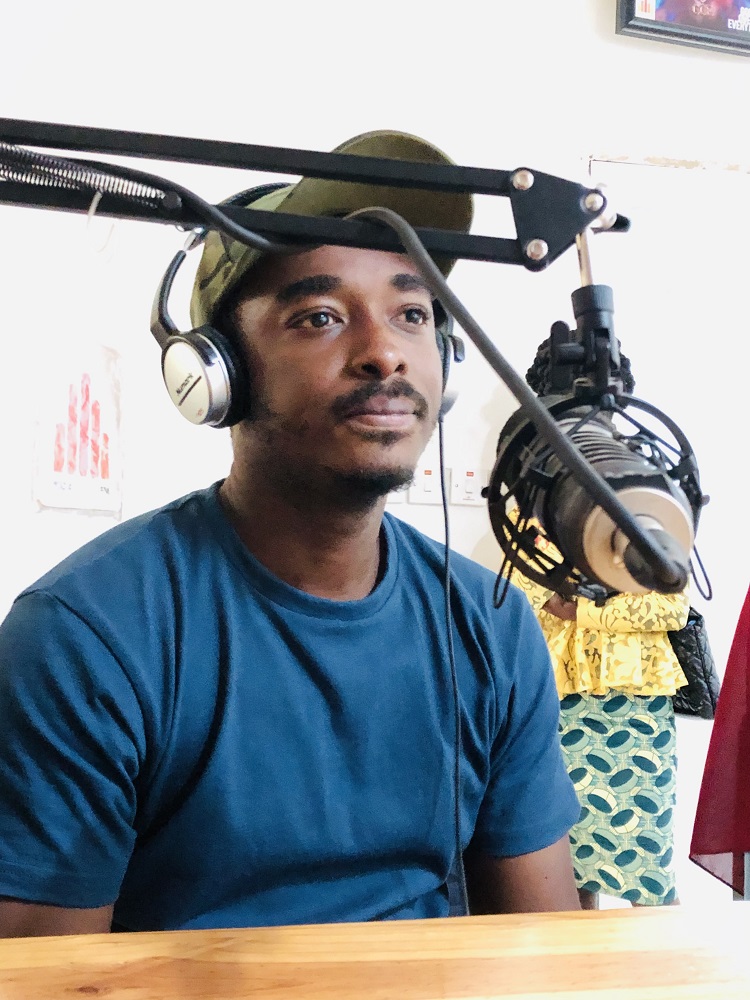

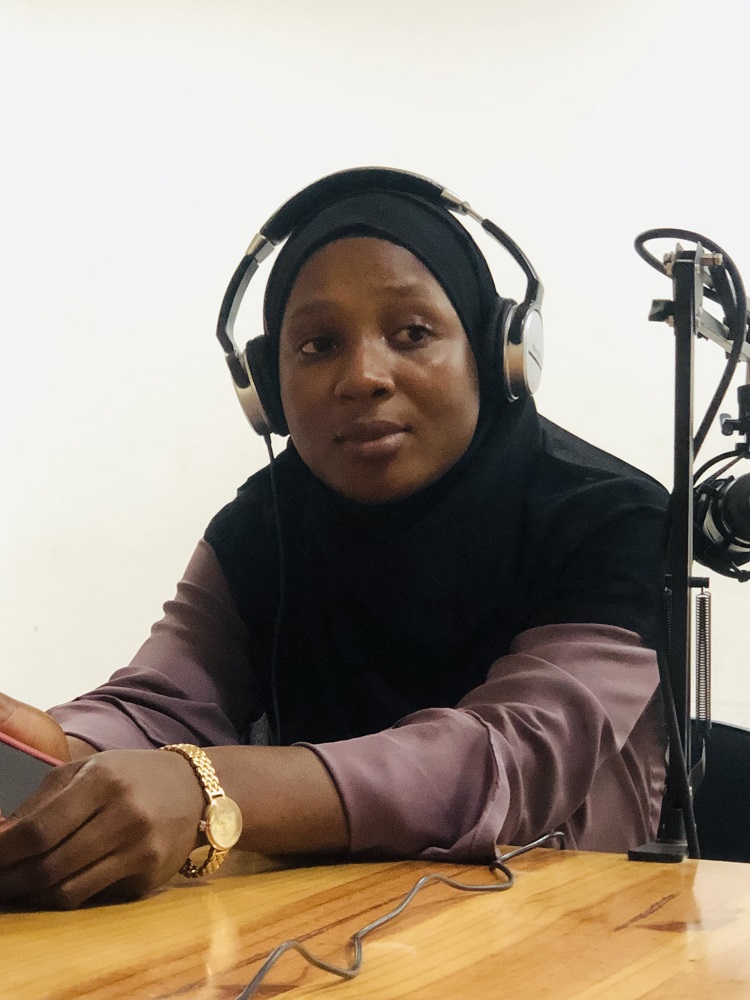
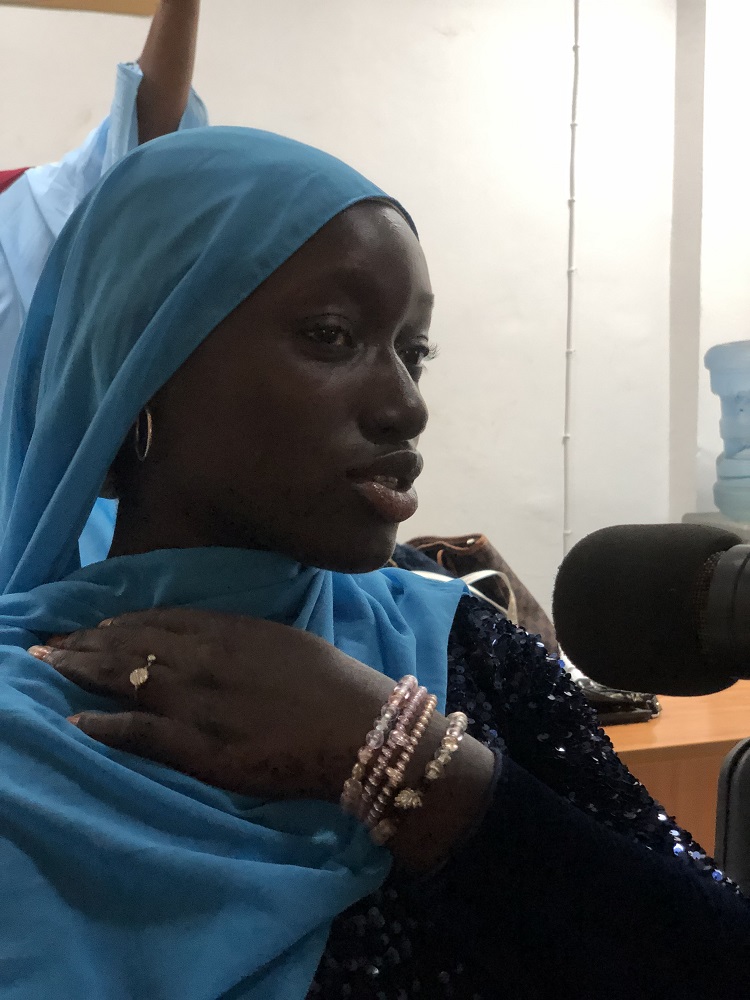
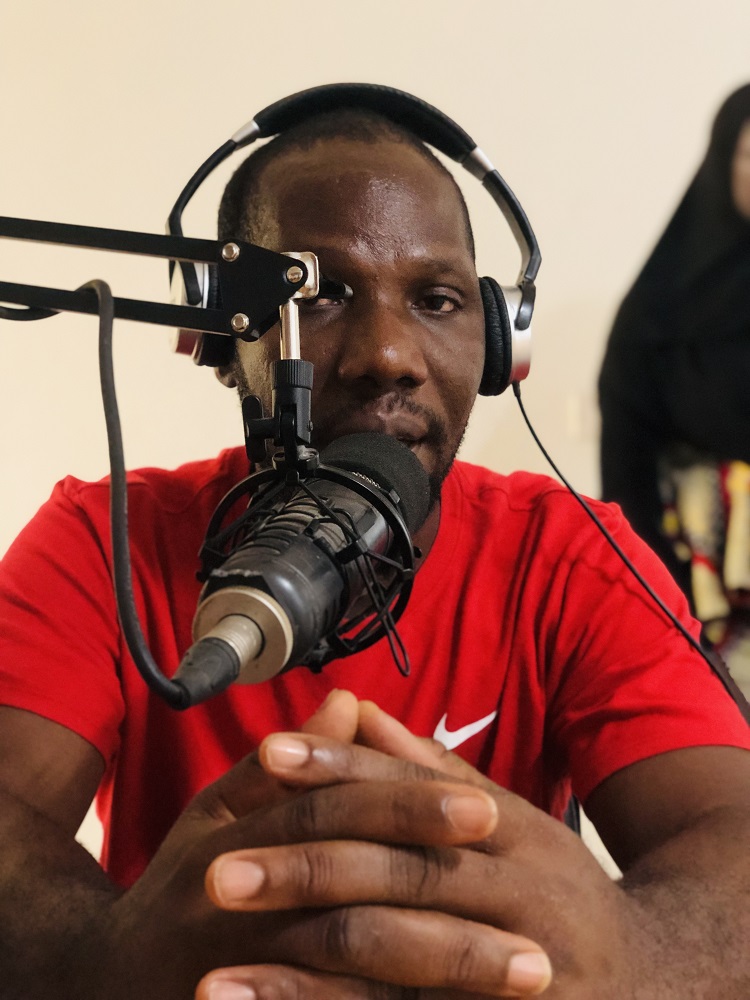

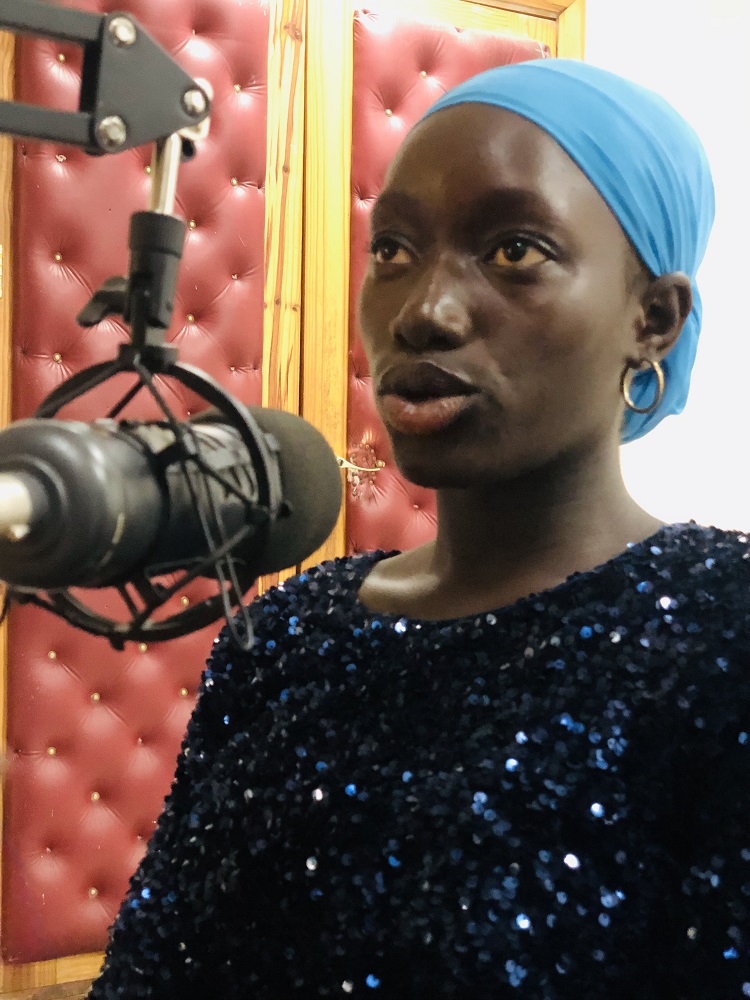
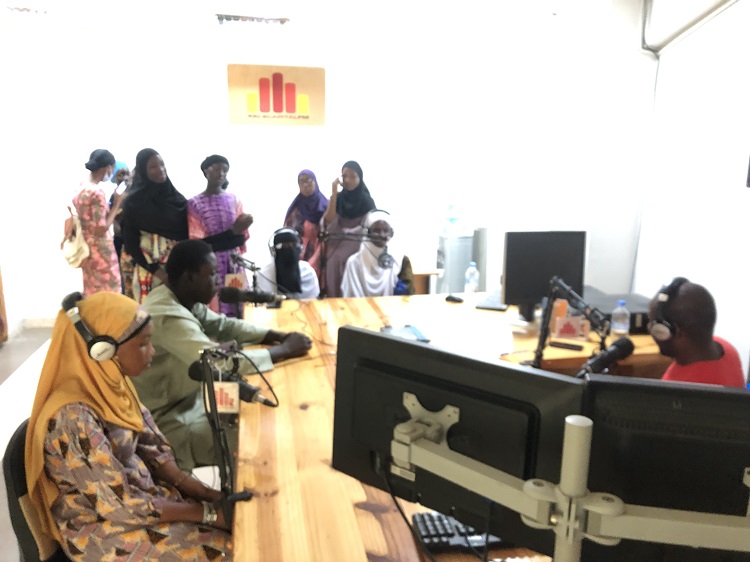
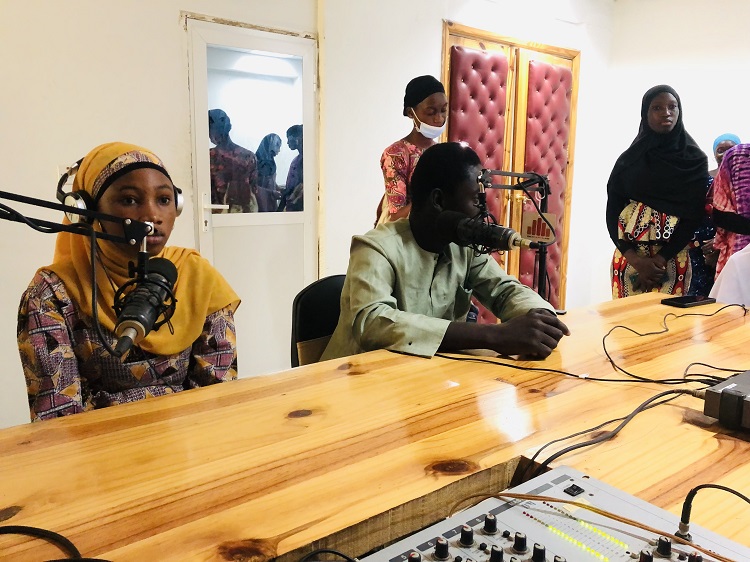
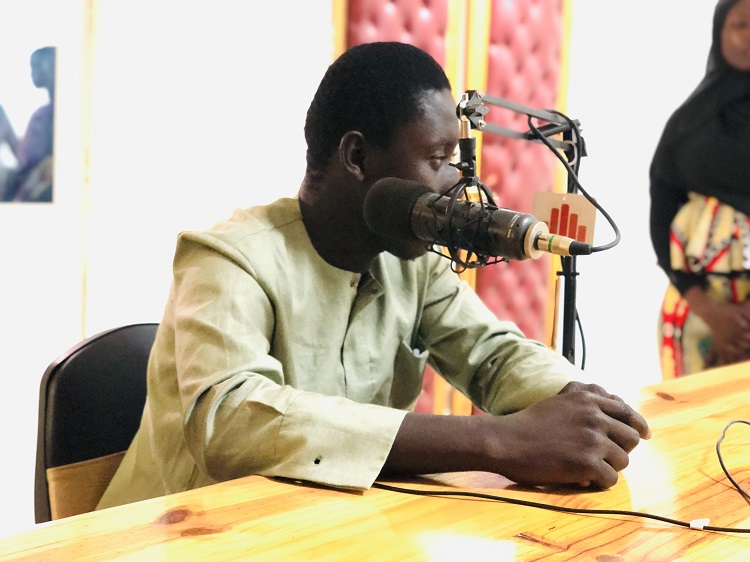
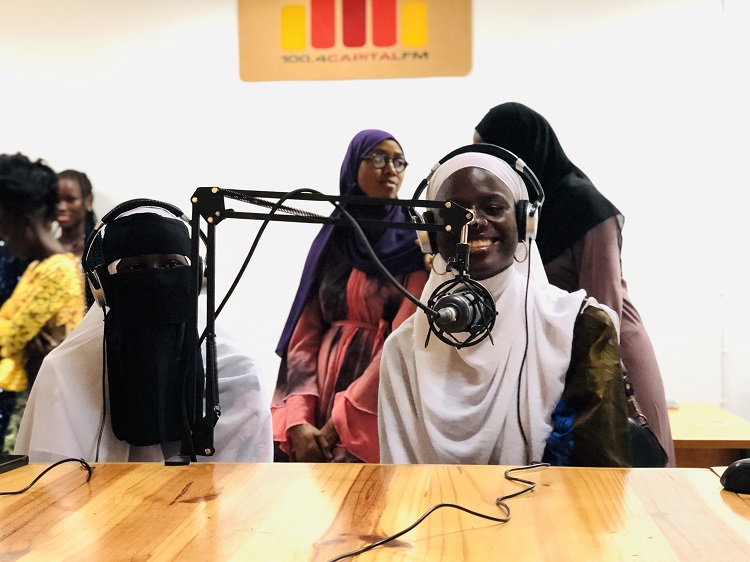
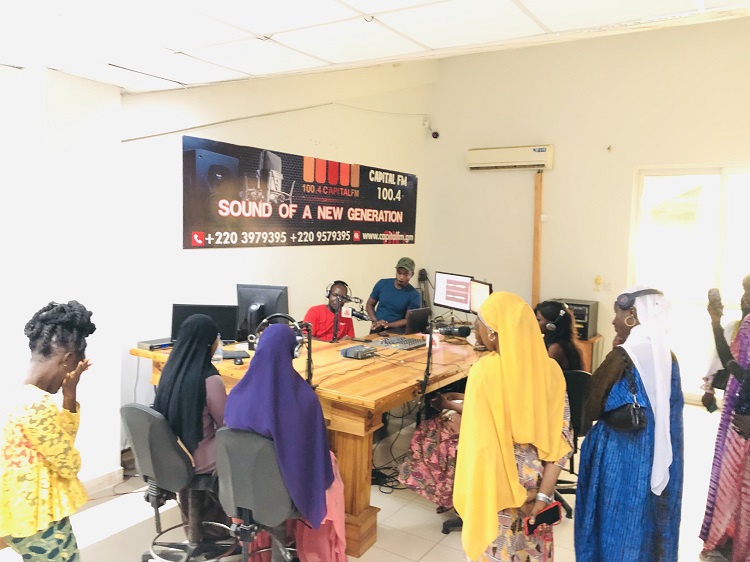
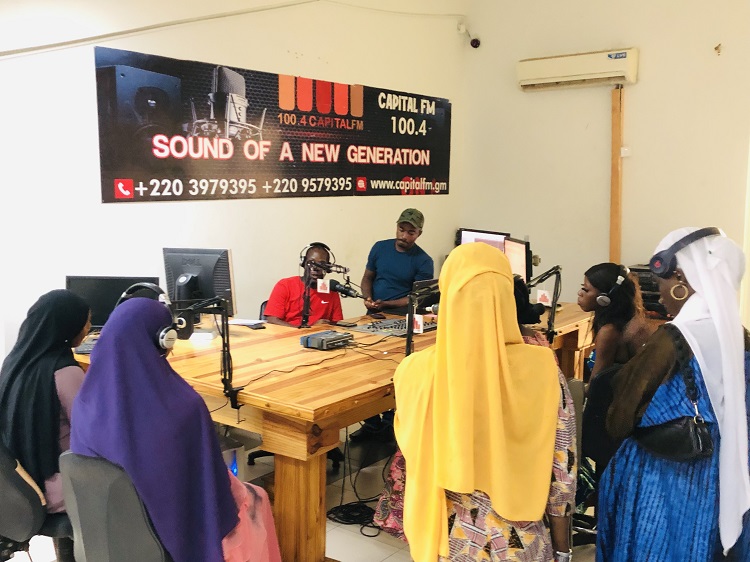

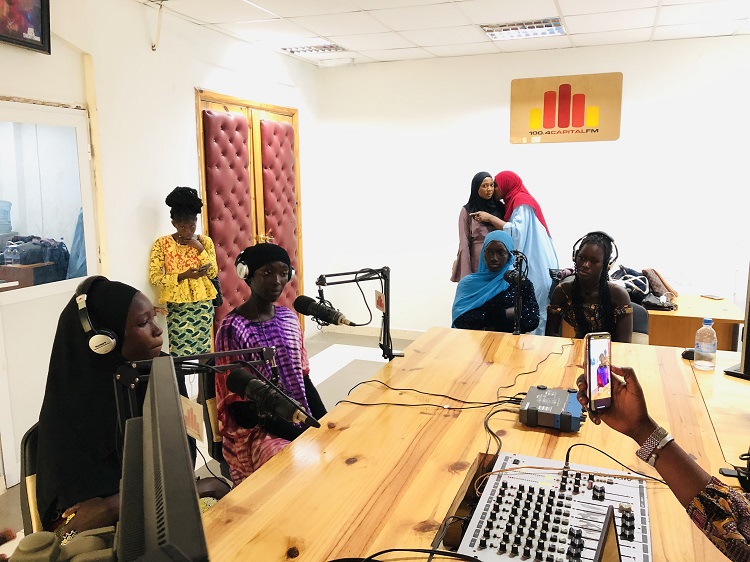

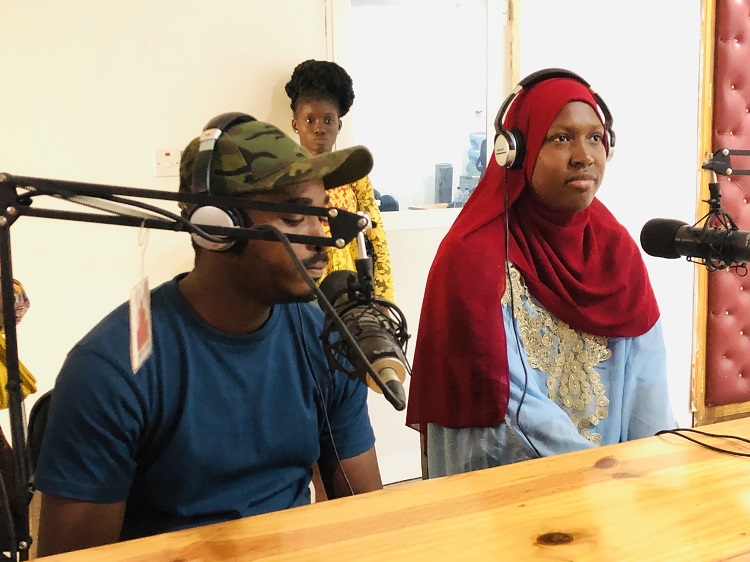
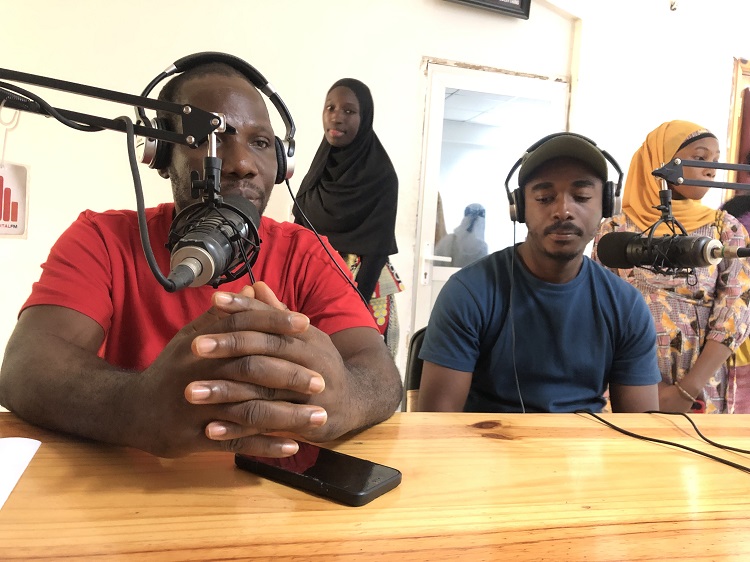
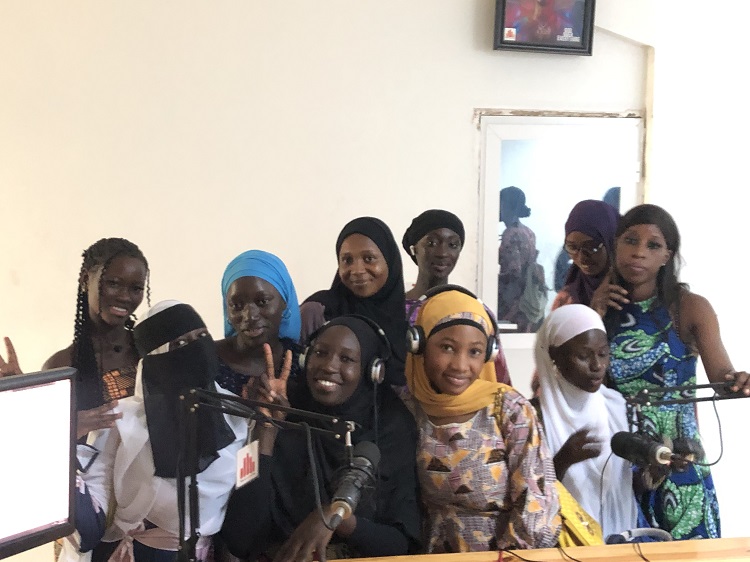
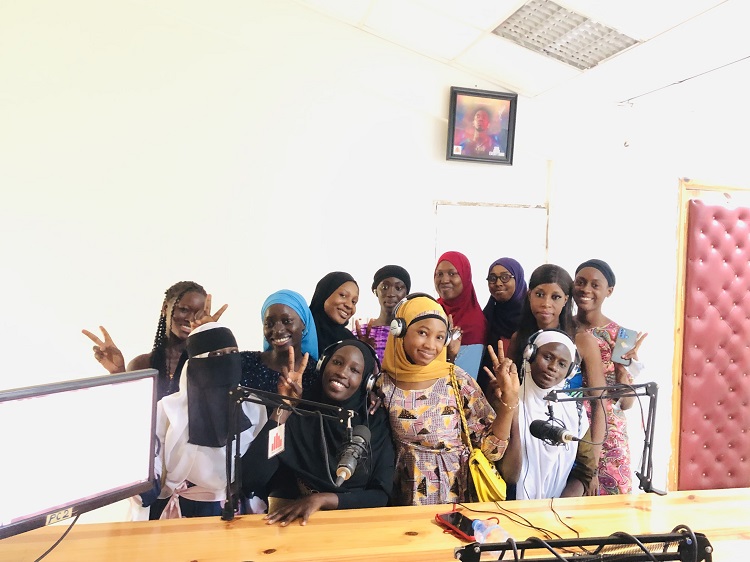
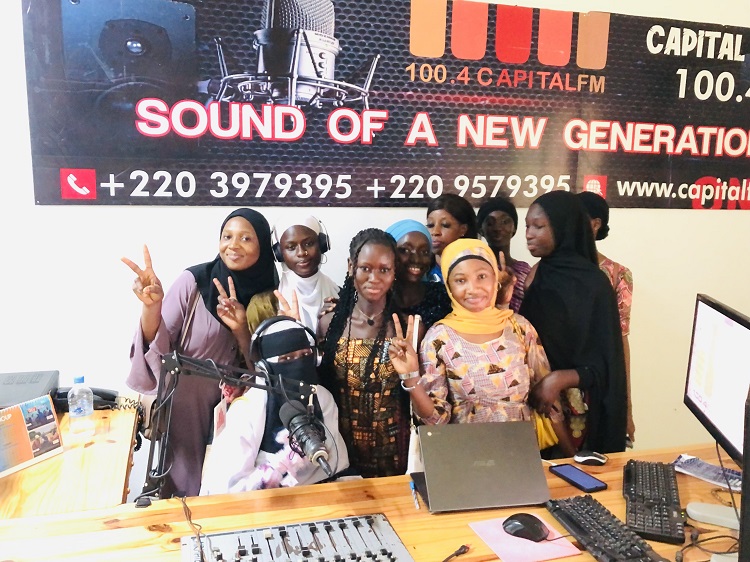

Please click below to listen to the radio talk show on Second Chance Education and the importance of girl child education.
Sensitization Meetings with Parents and Community Members on the Importance of Keeping Girls in School
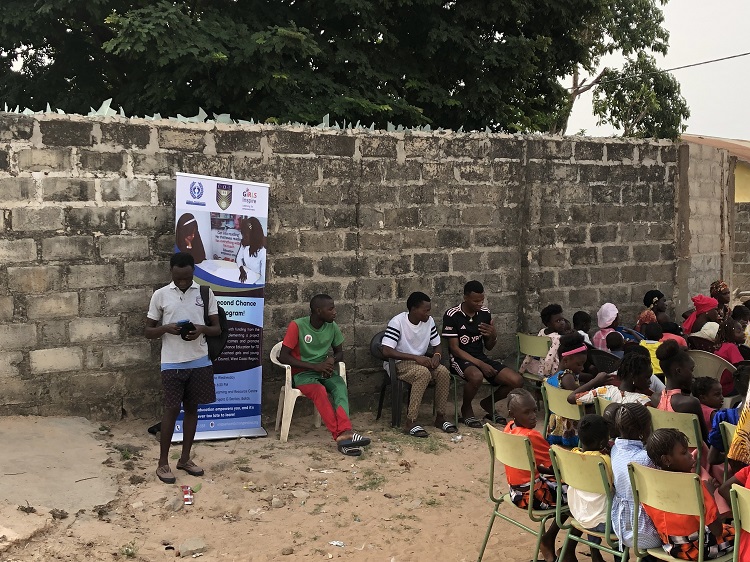
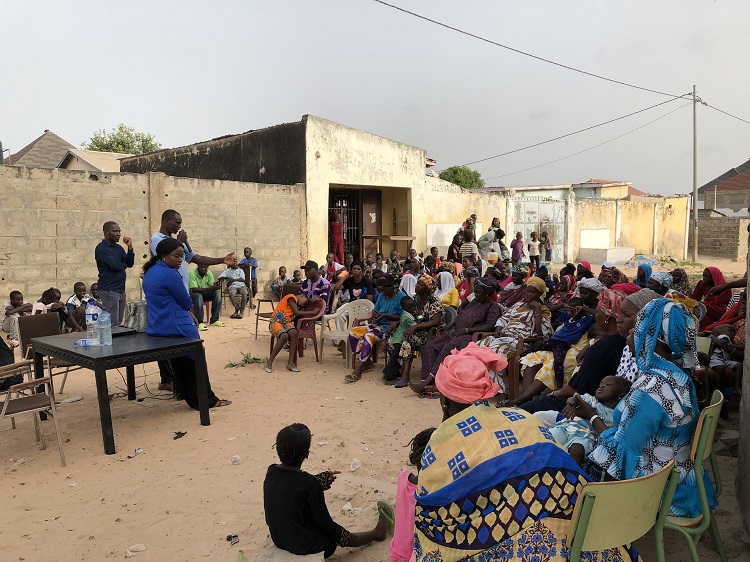
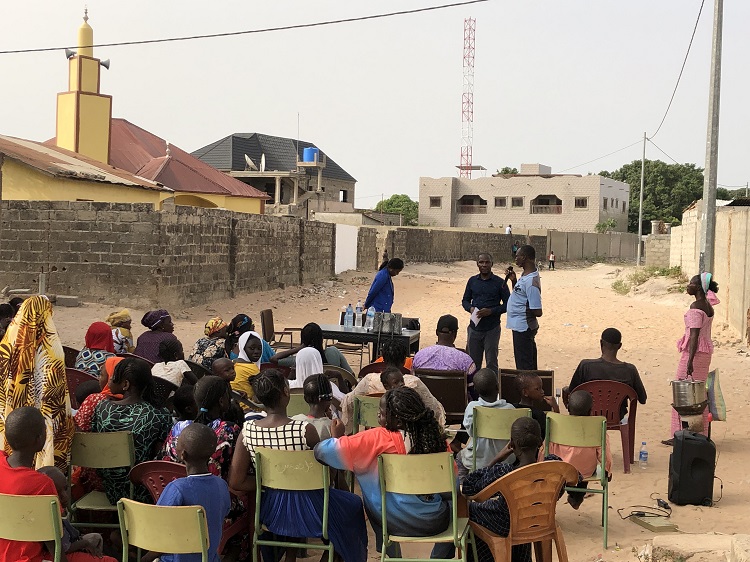
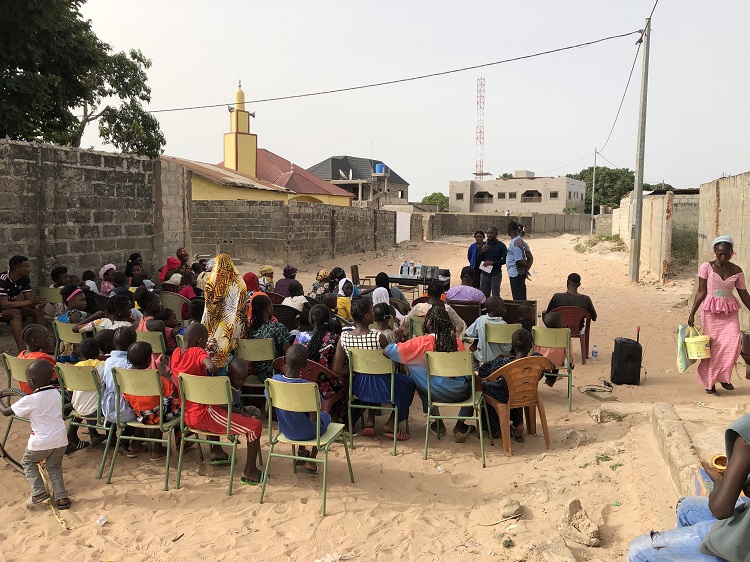

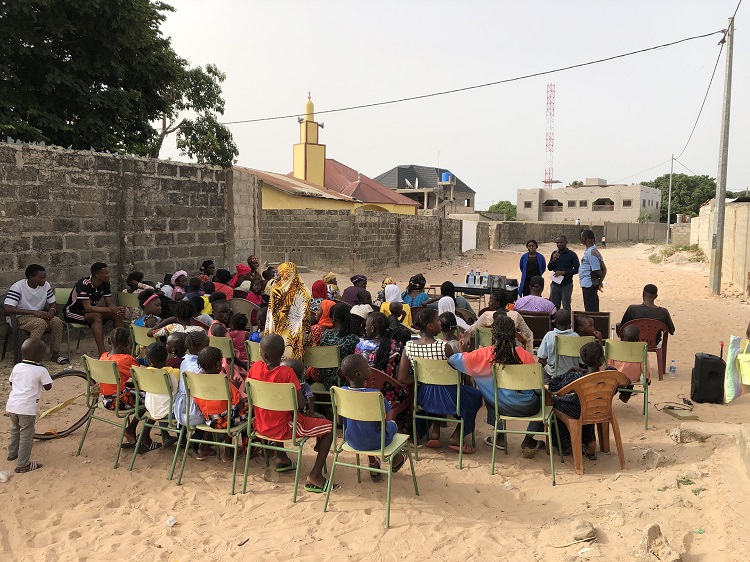
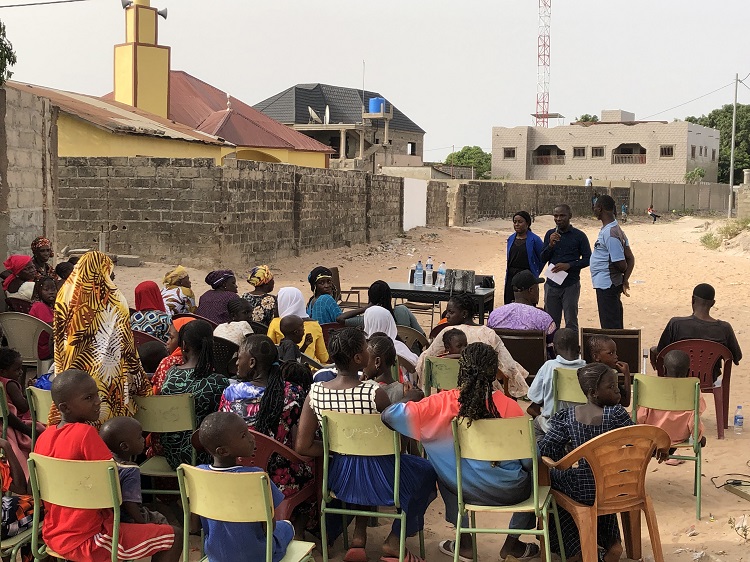
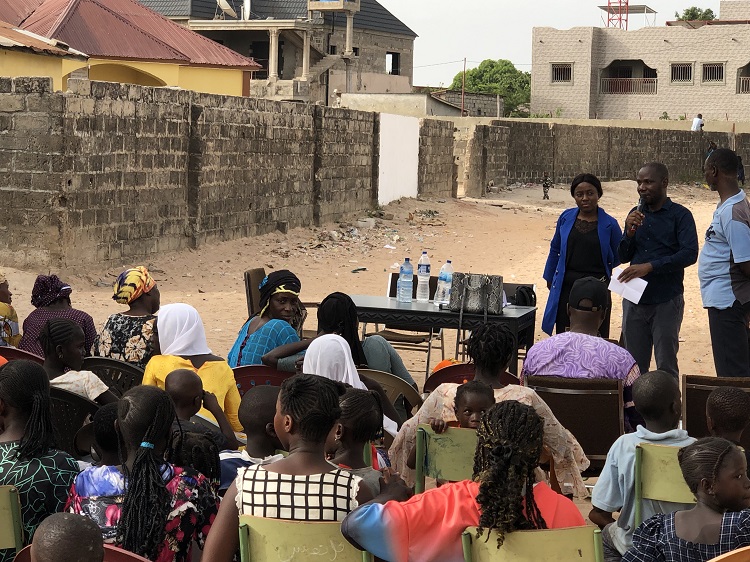
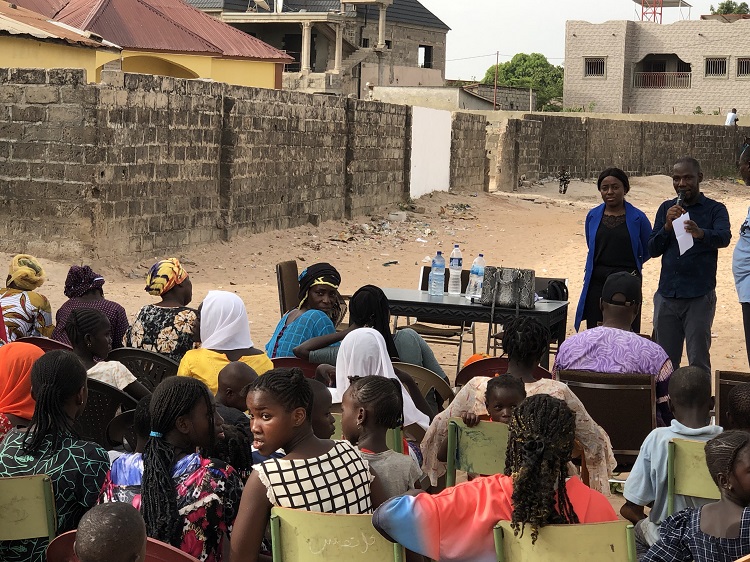
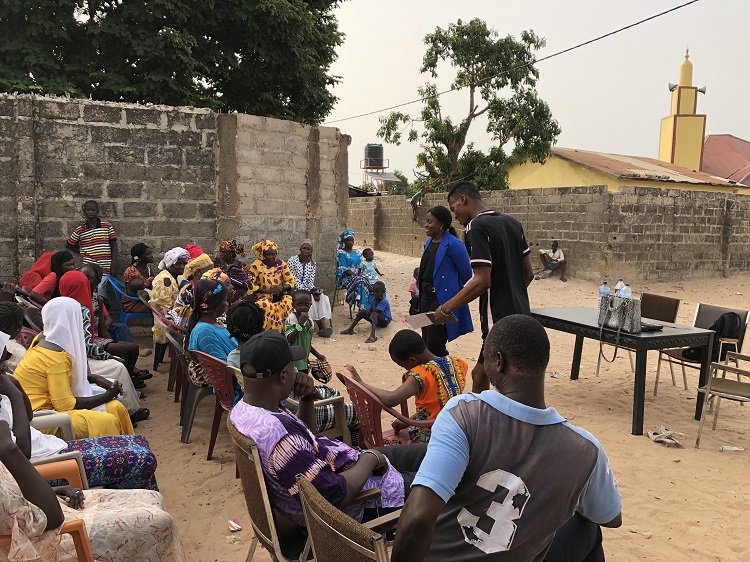
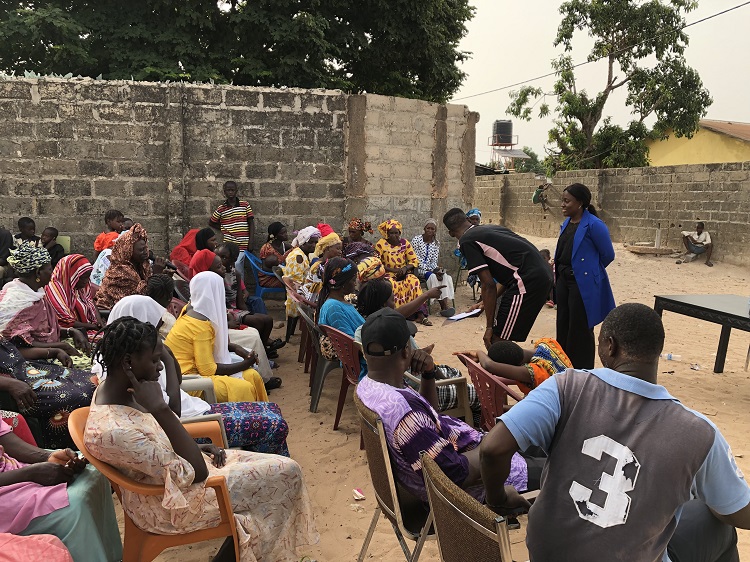
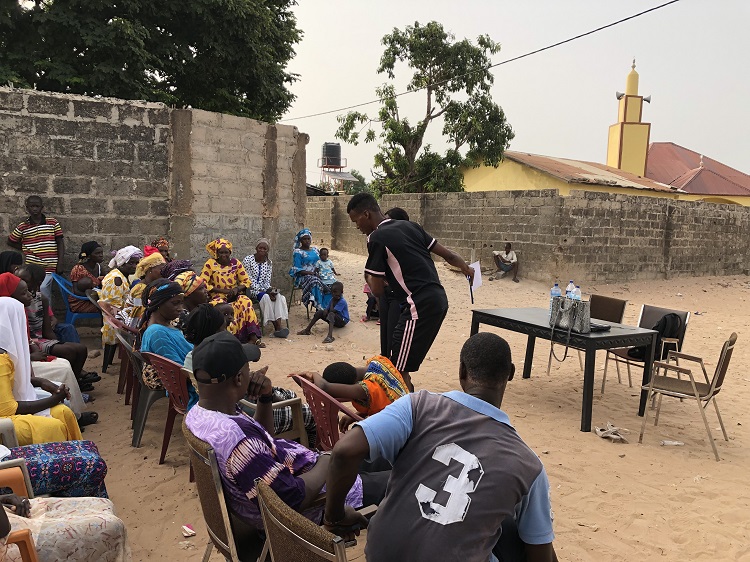
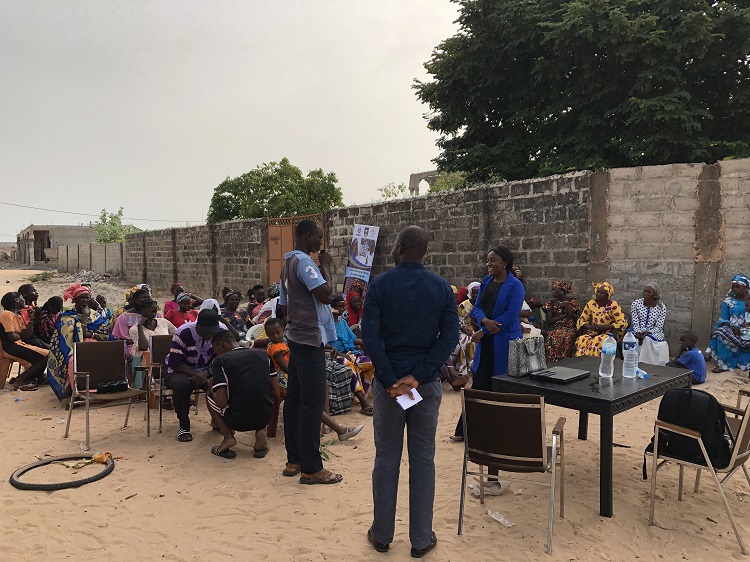

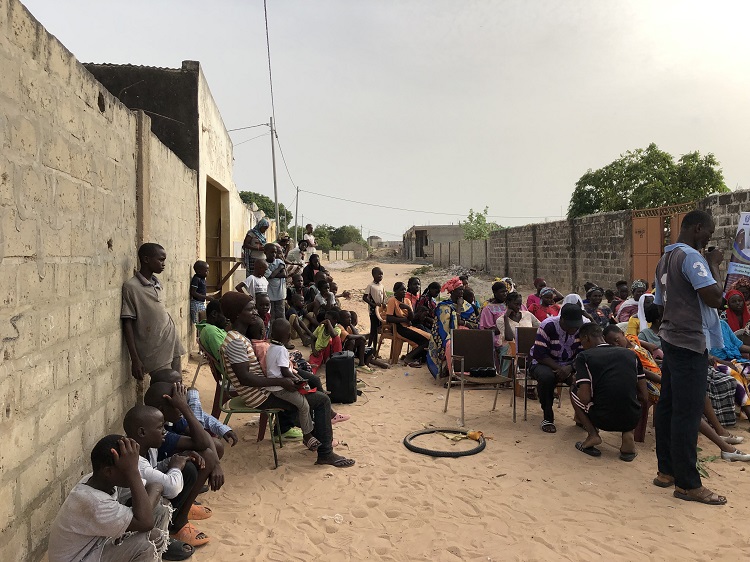
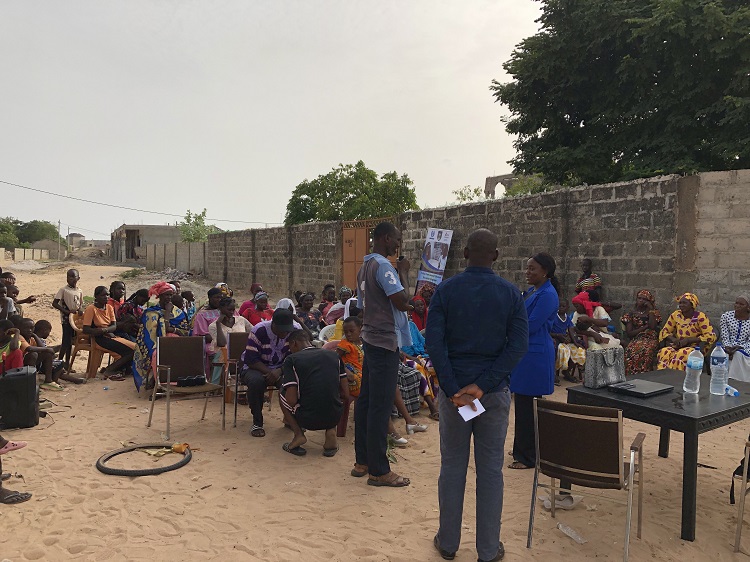
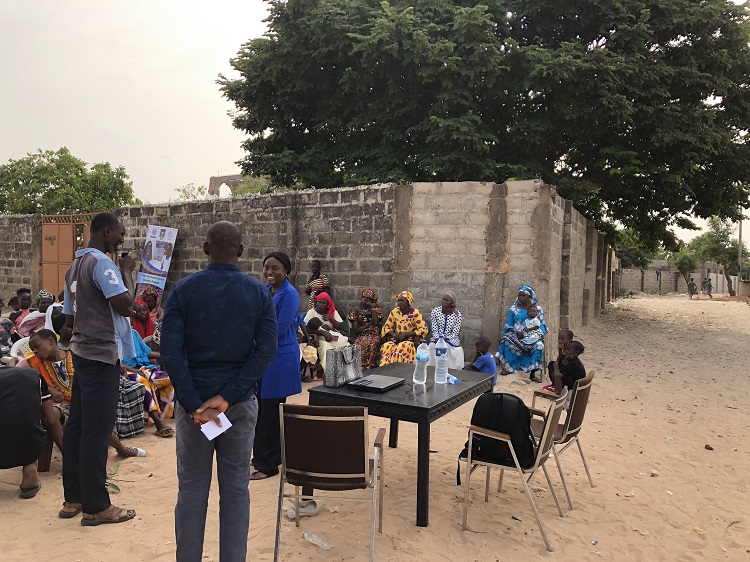
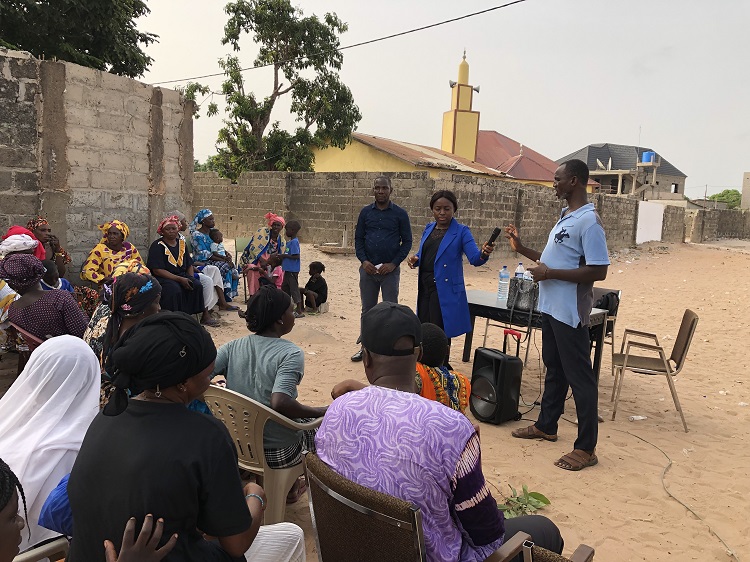

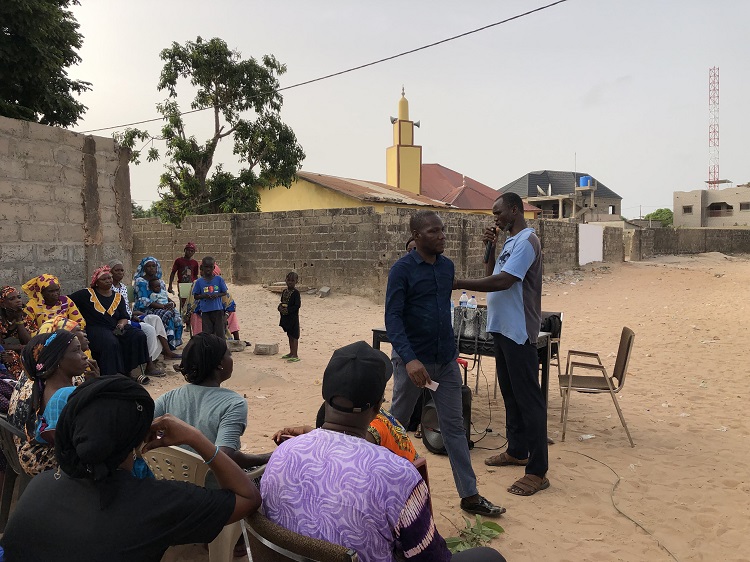
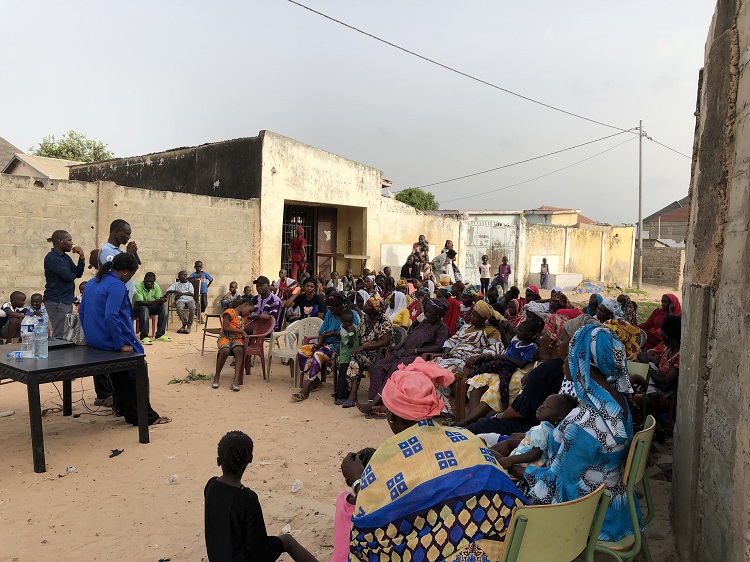

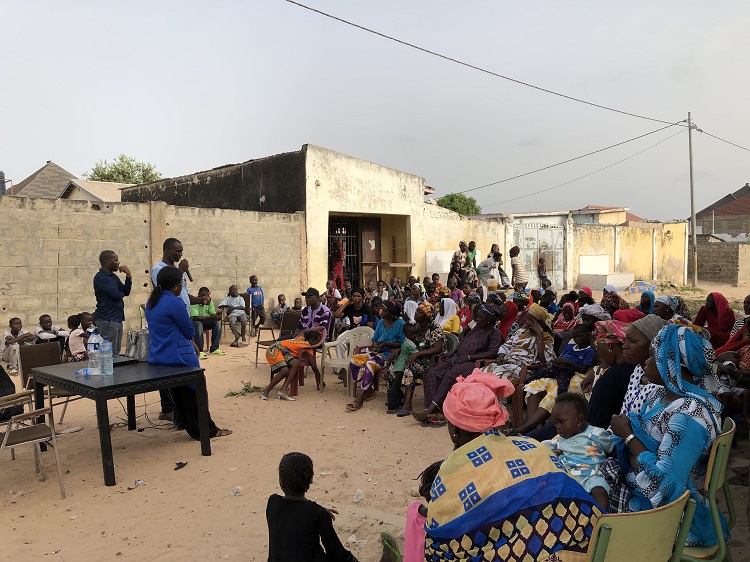

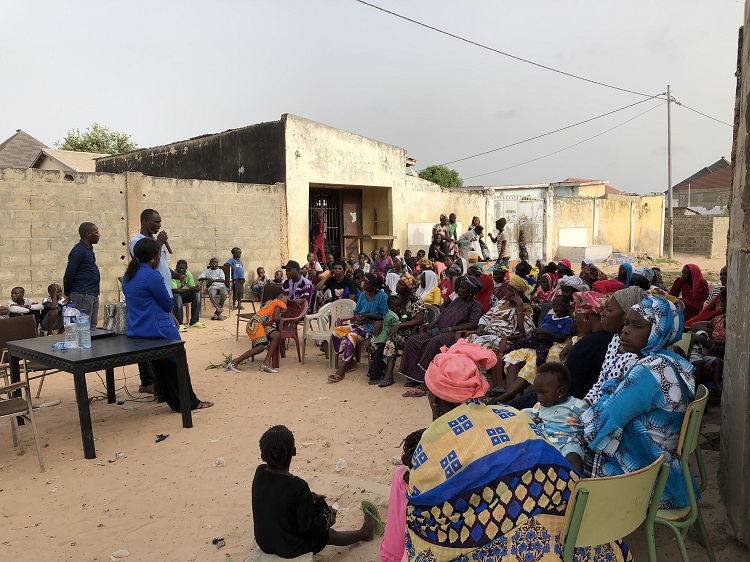
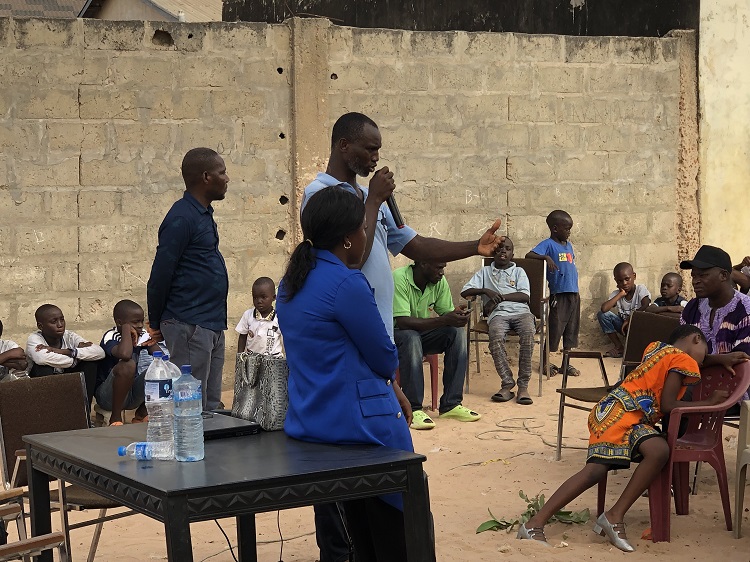
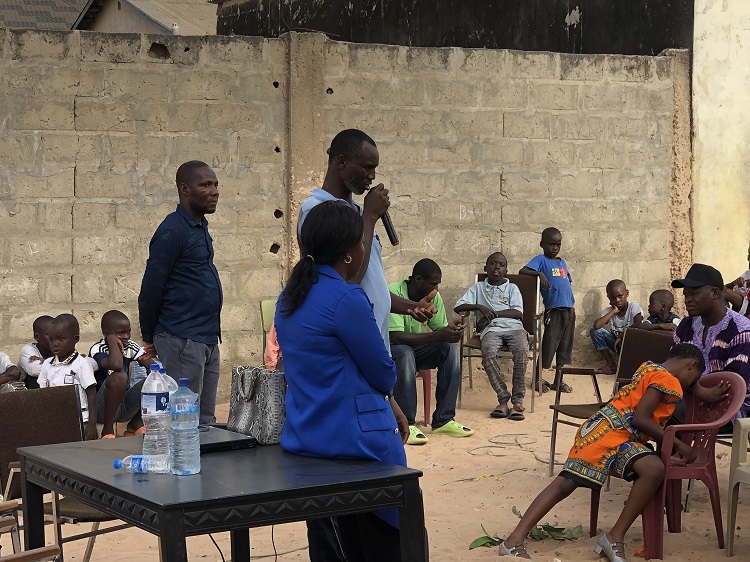
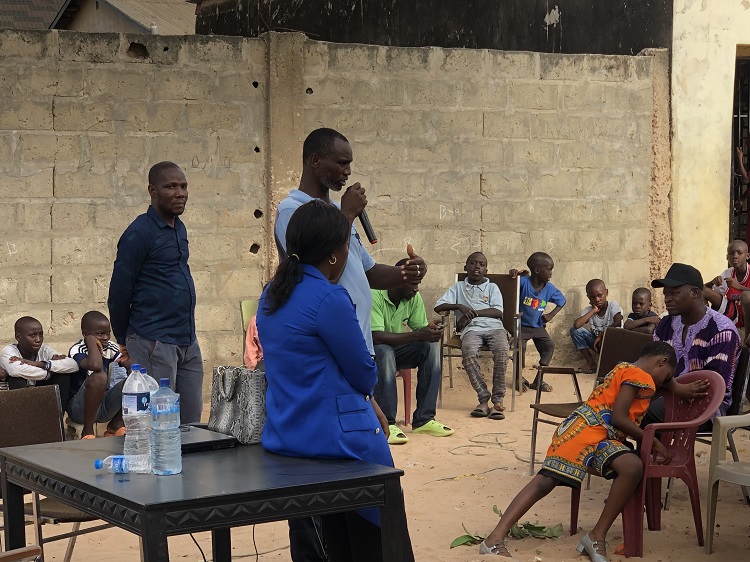
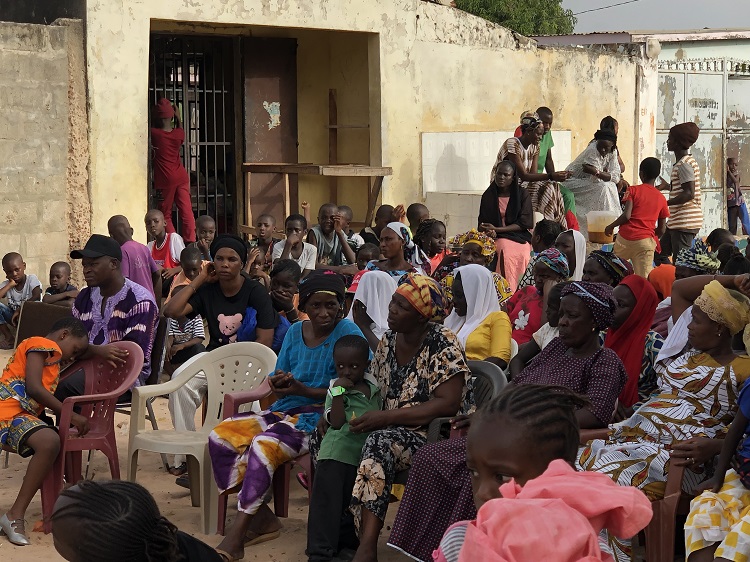
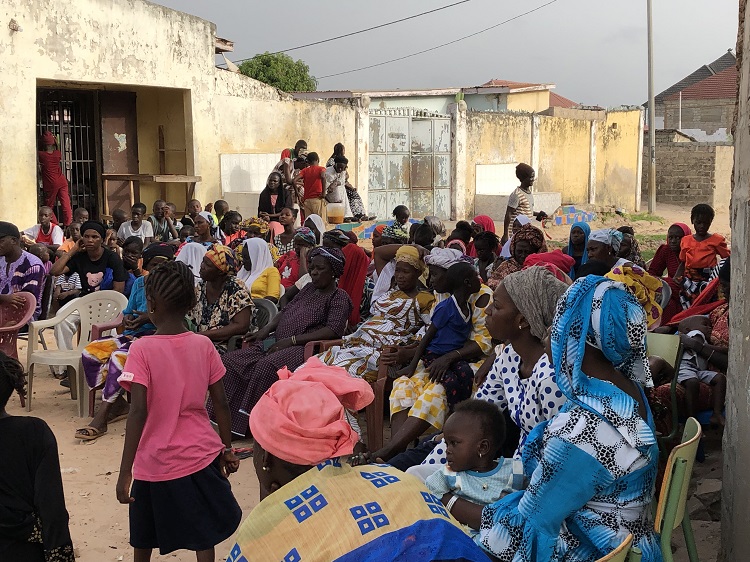
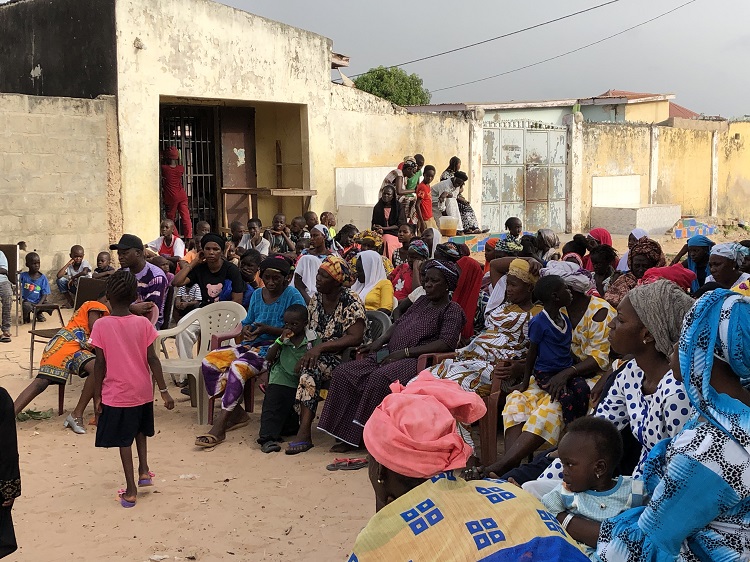
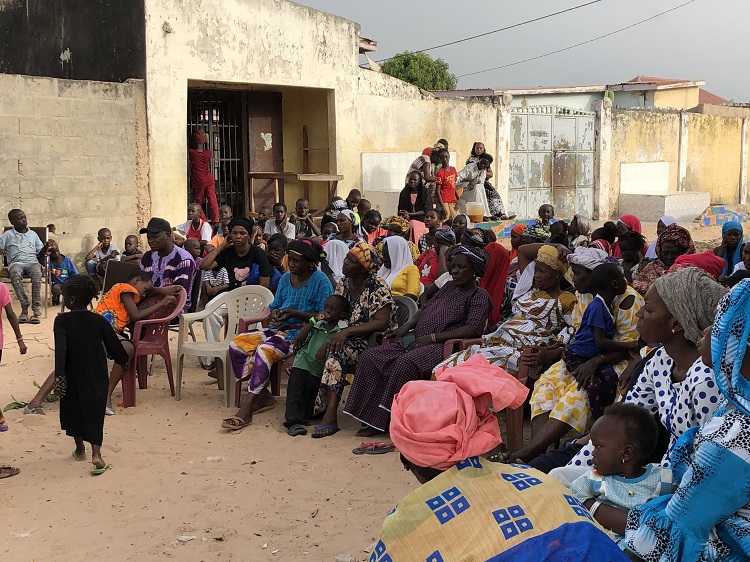
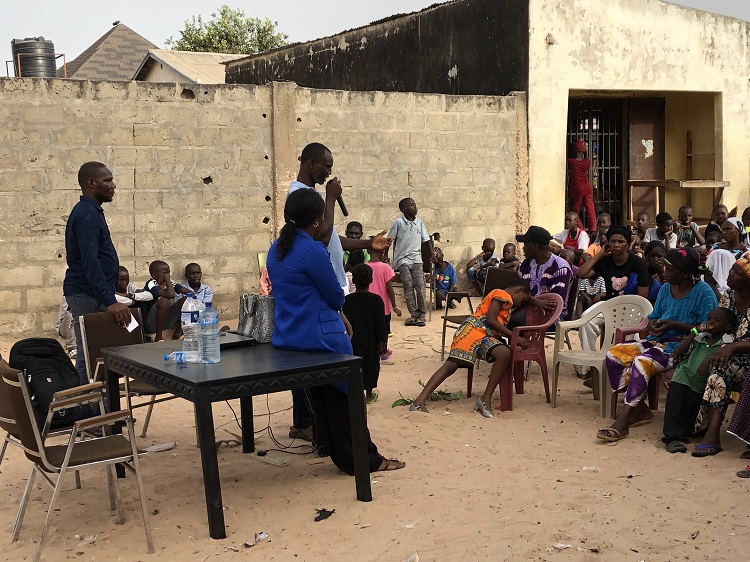
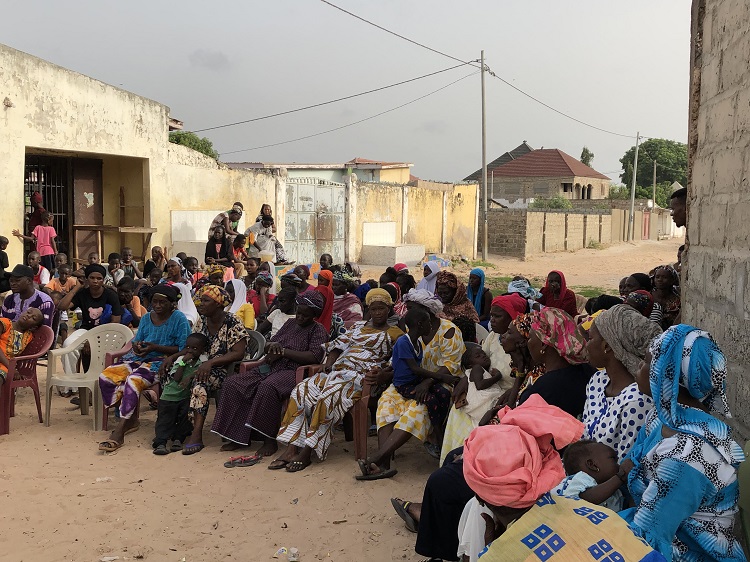
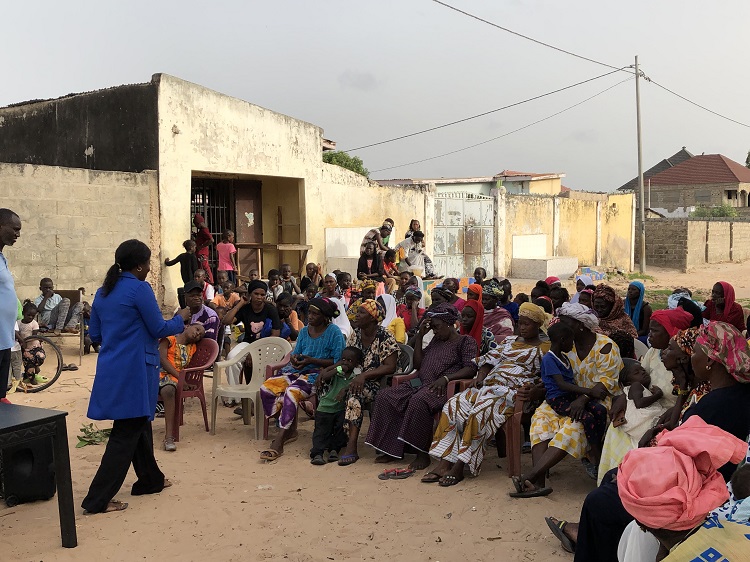
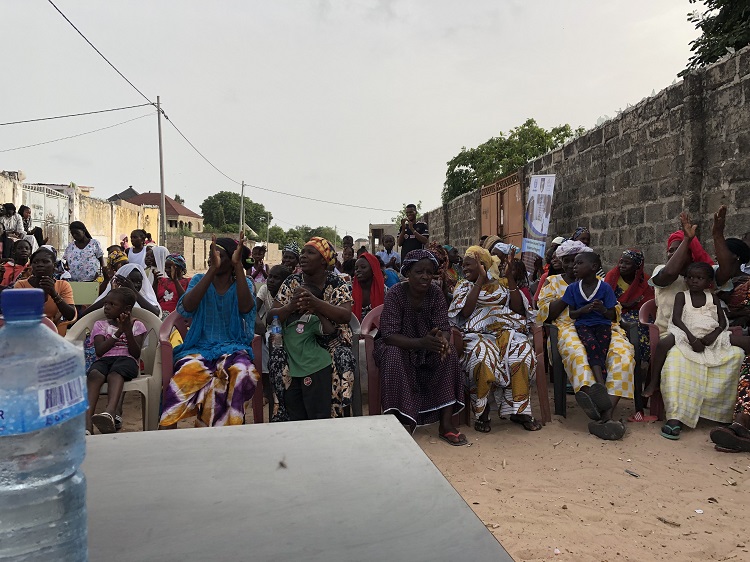
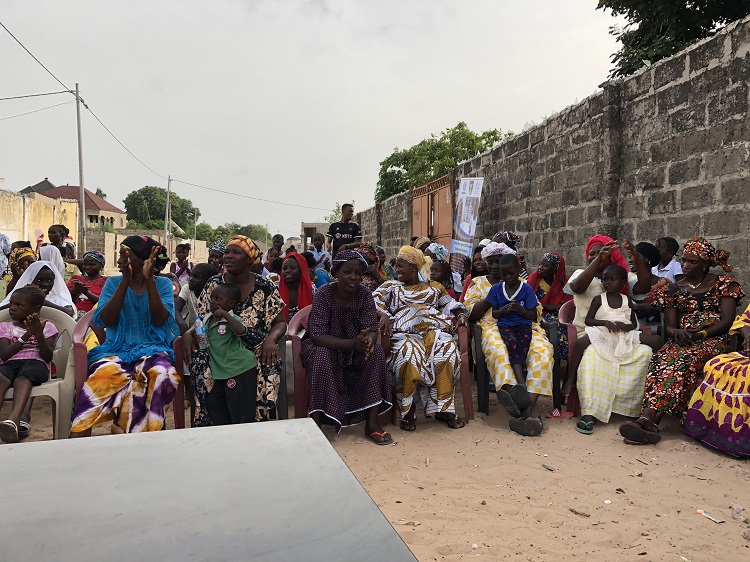
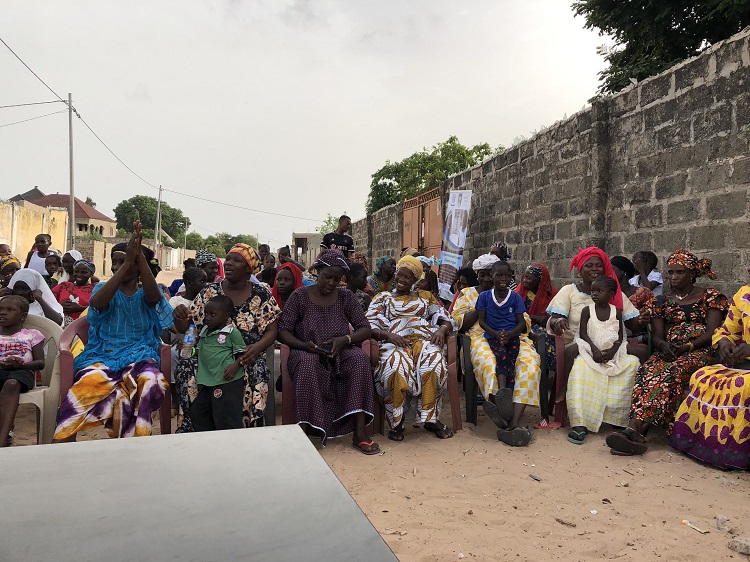
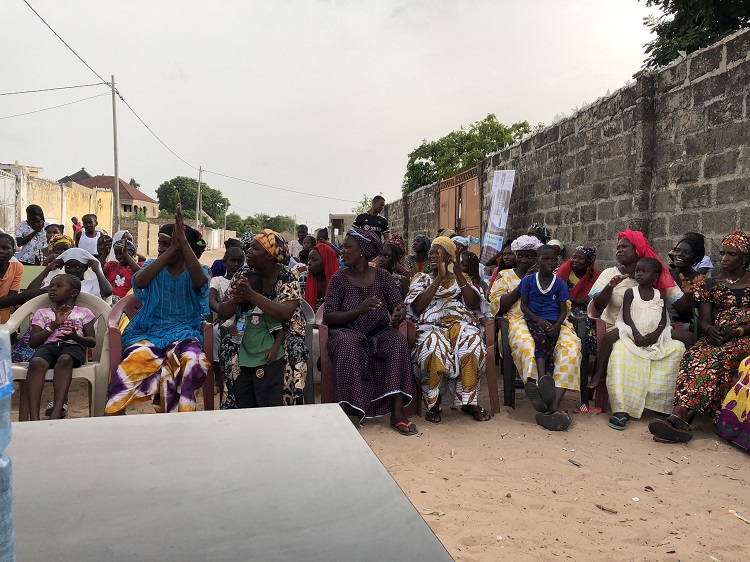
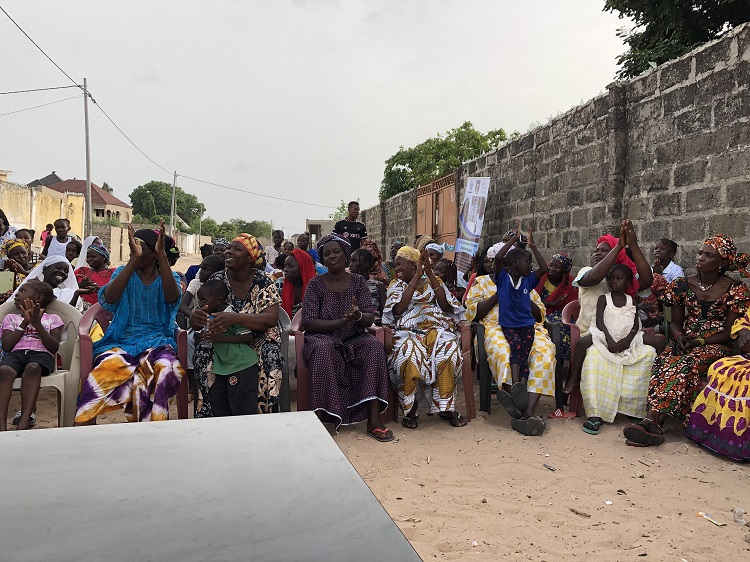
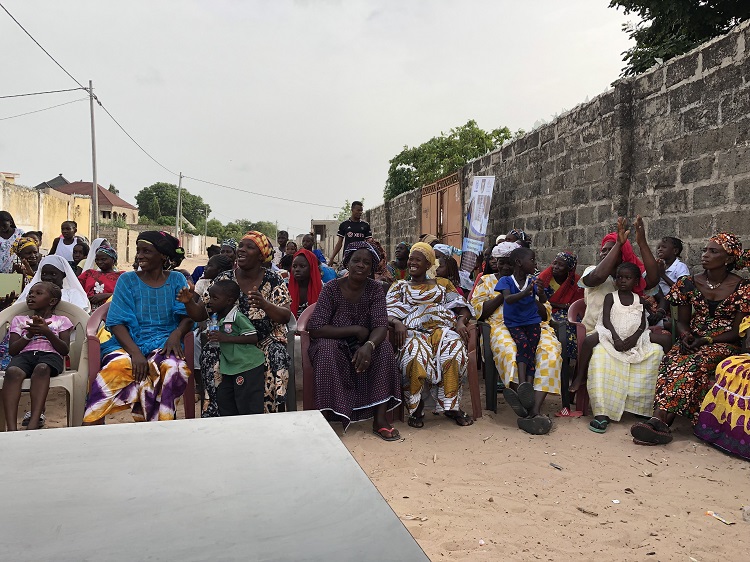
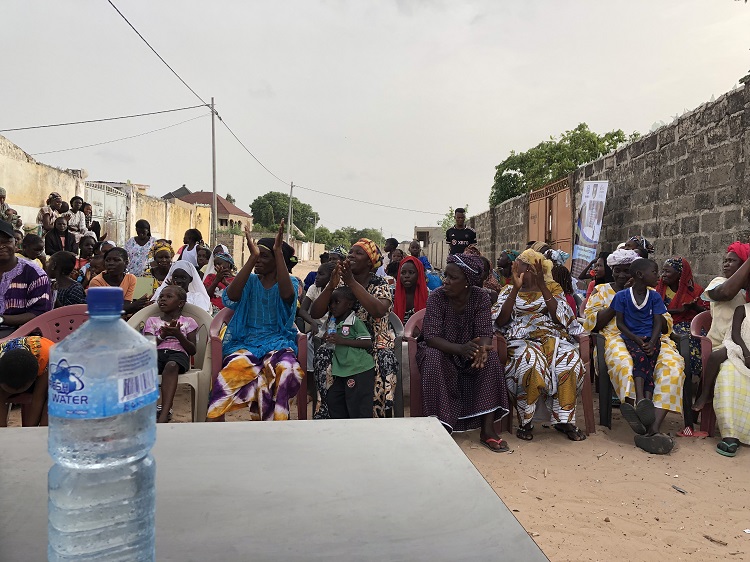
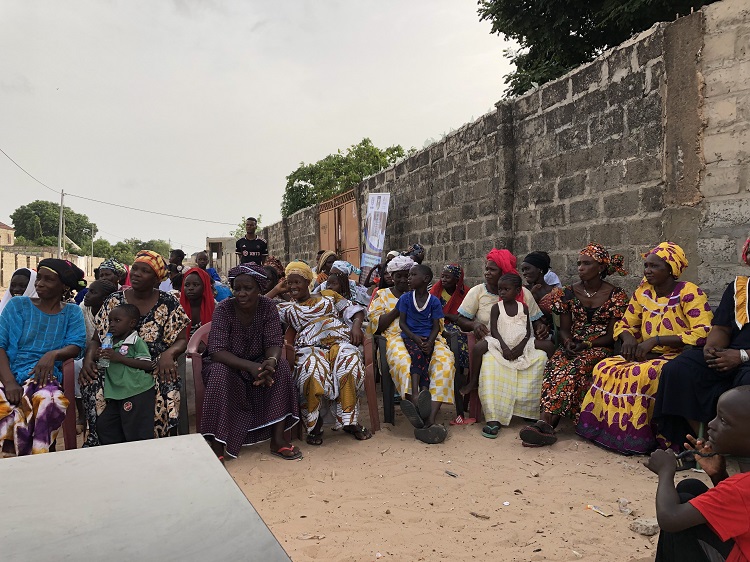

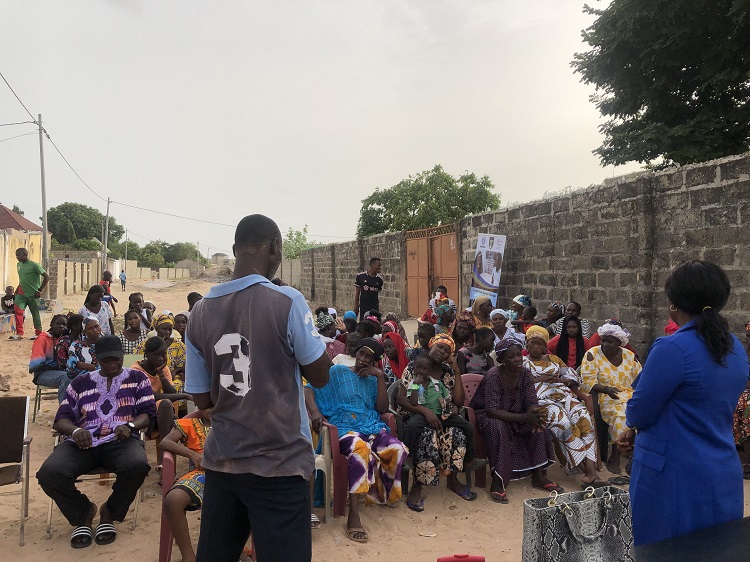
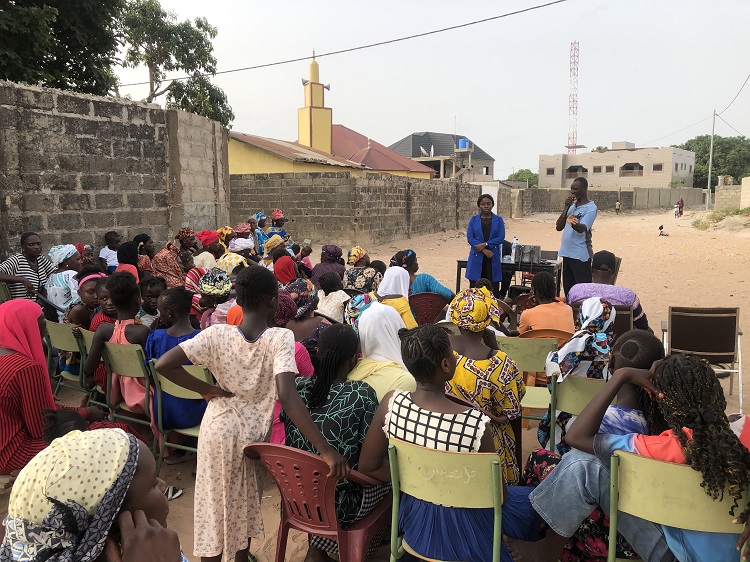
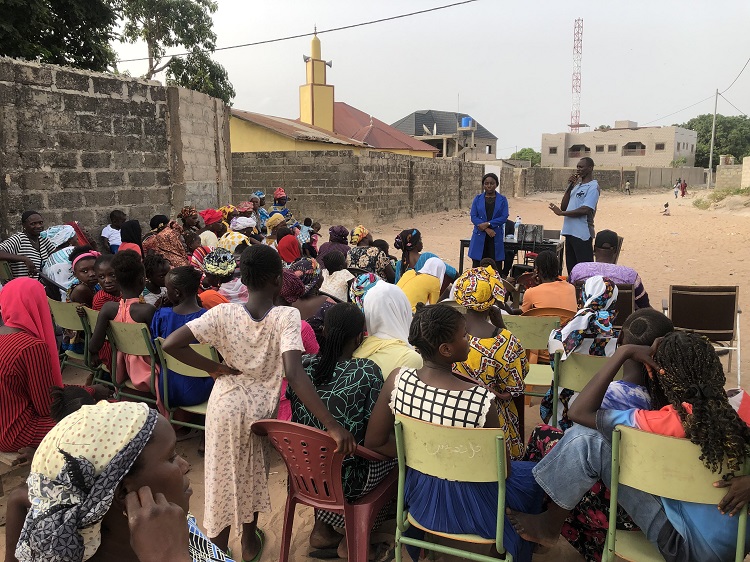
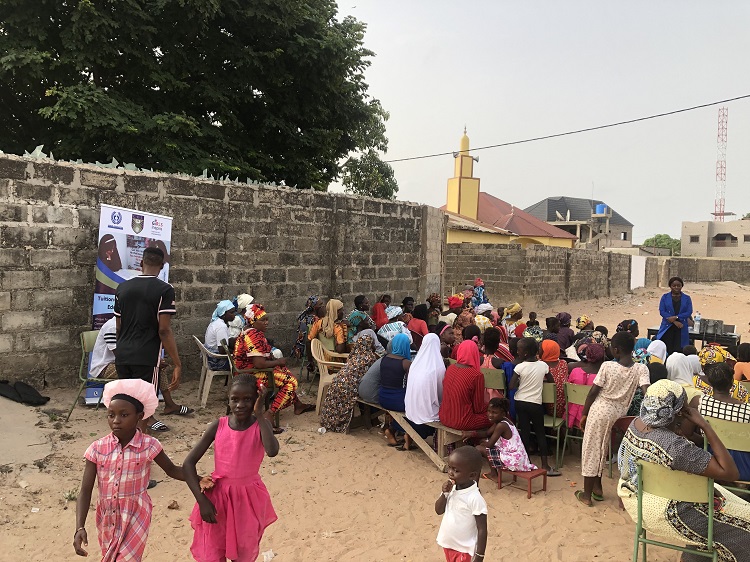
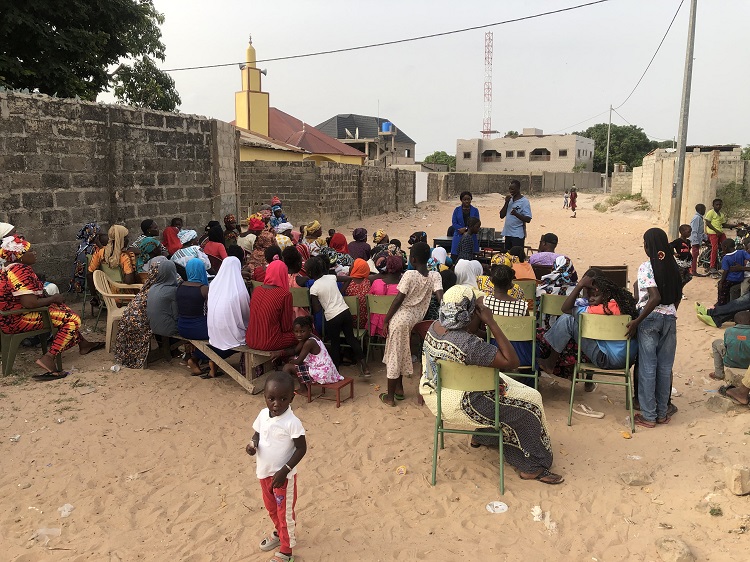

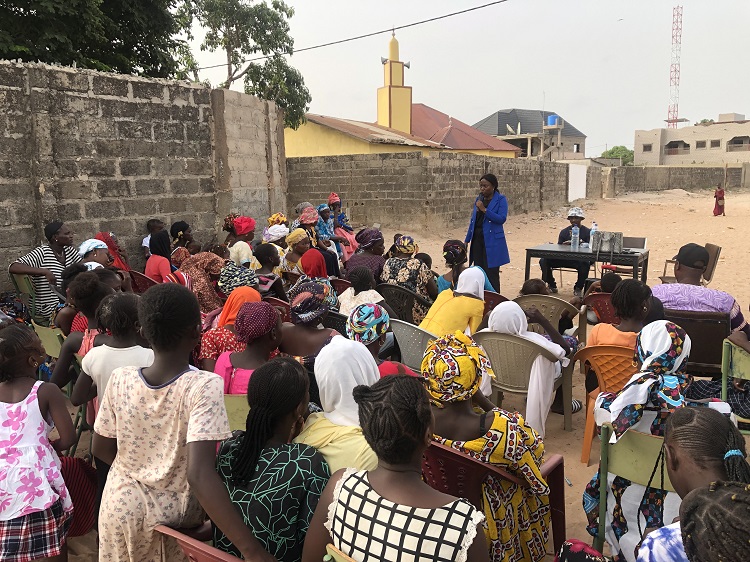
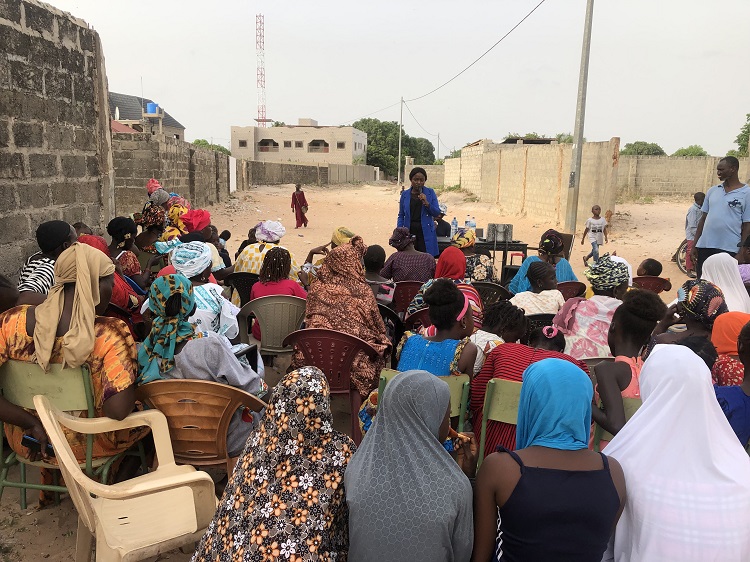
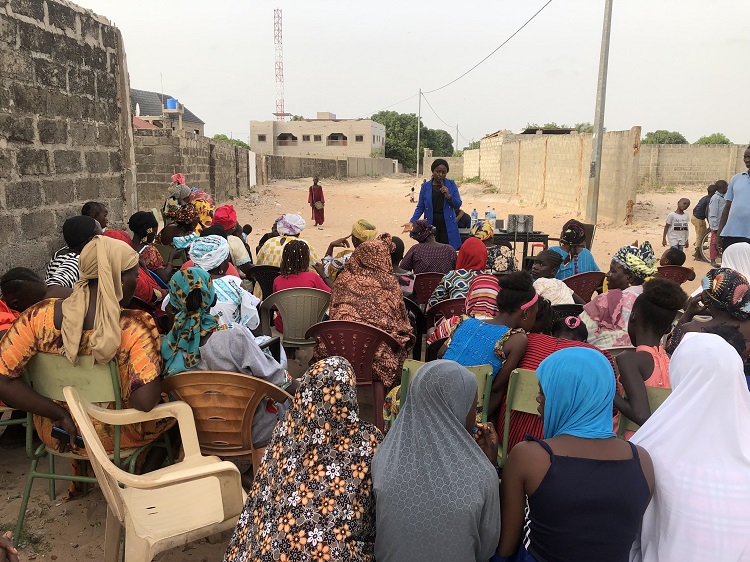
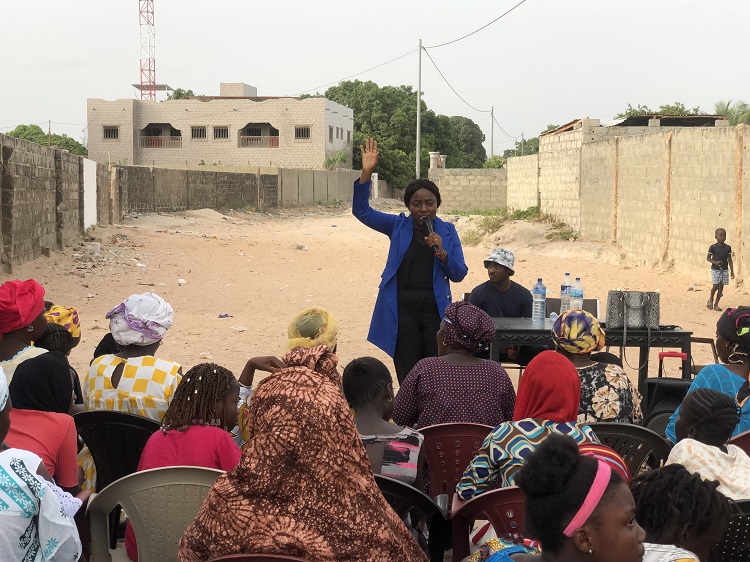
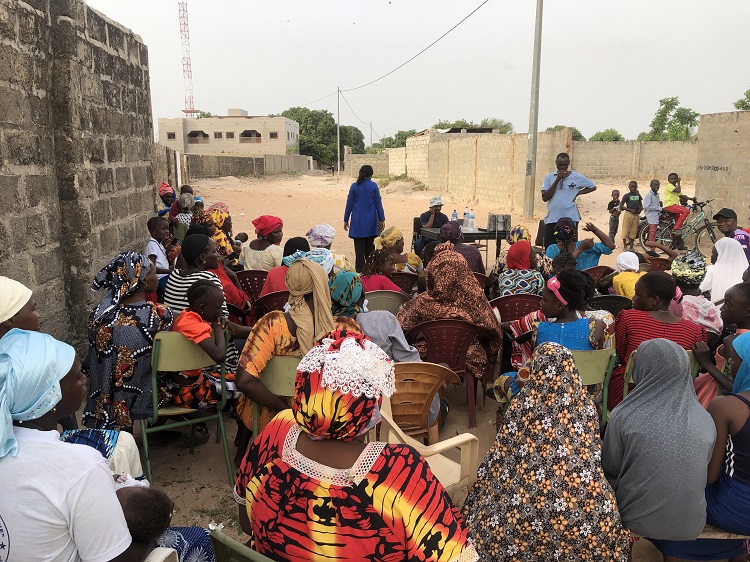
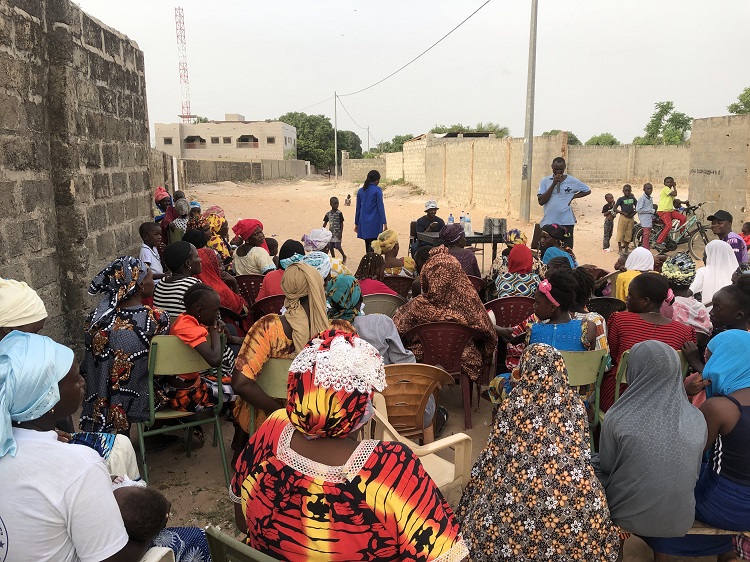
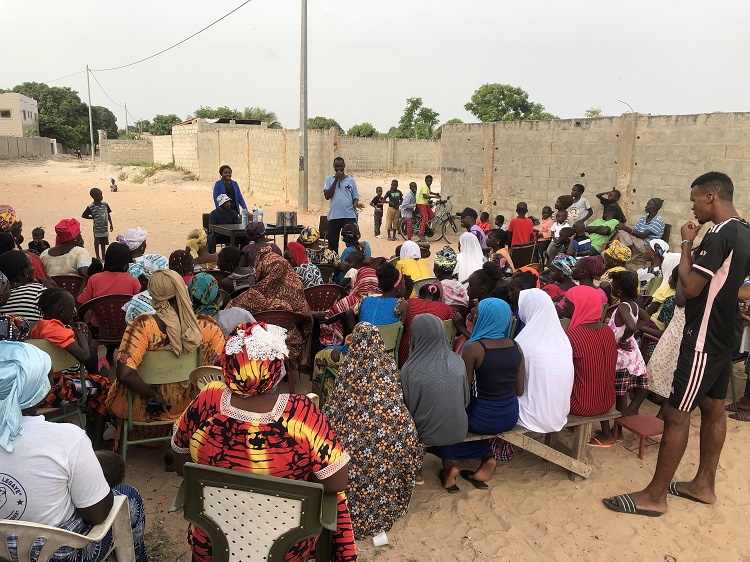
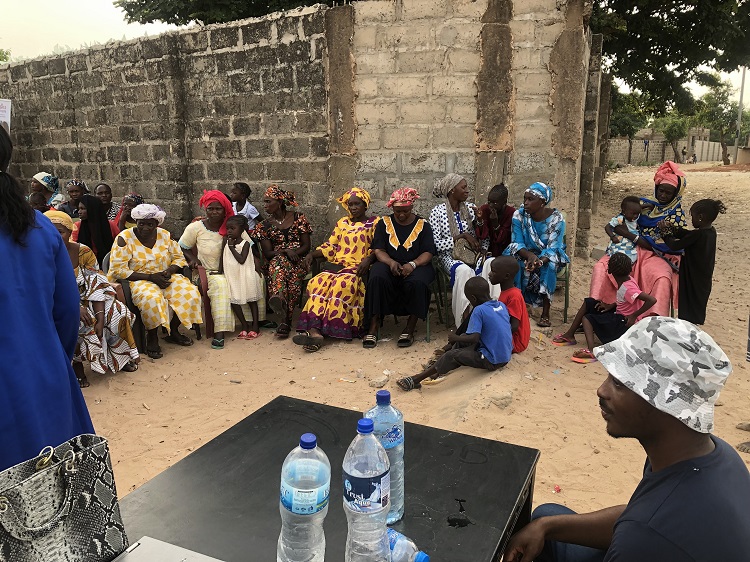
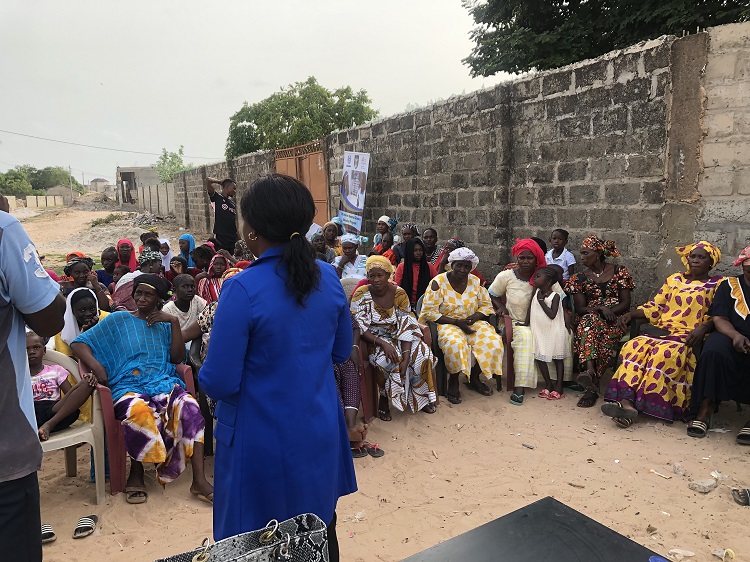
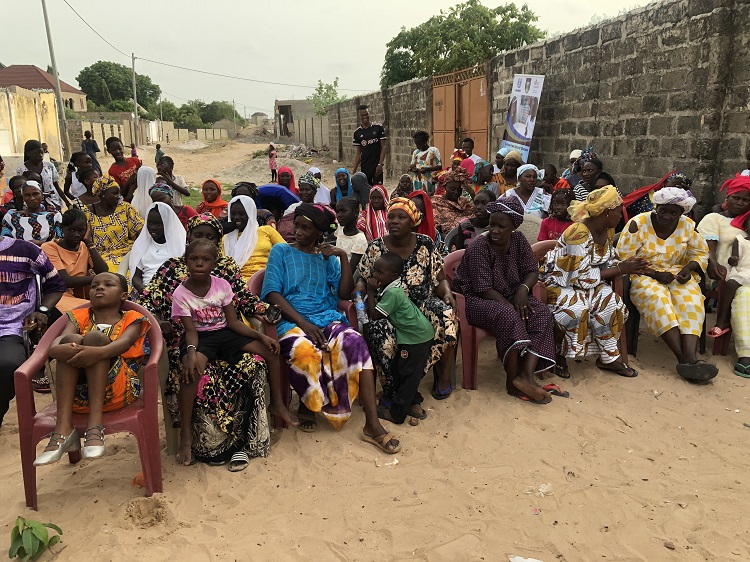
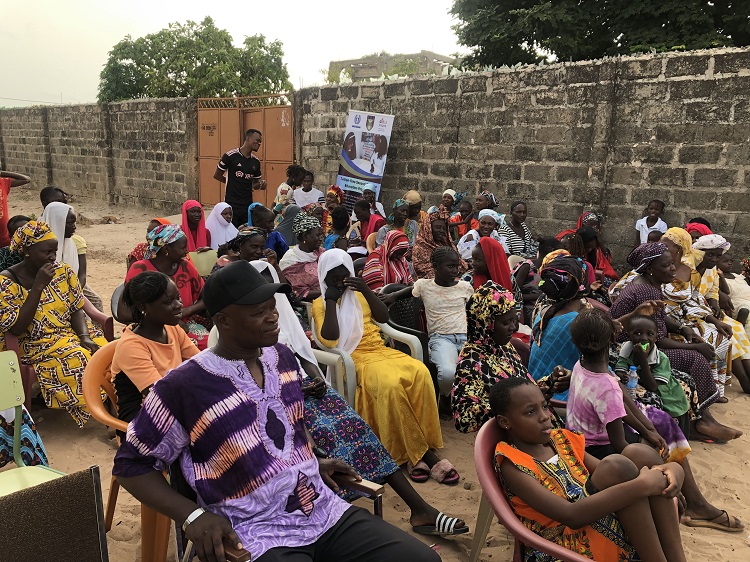
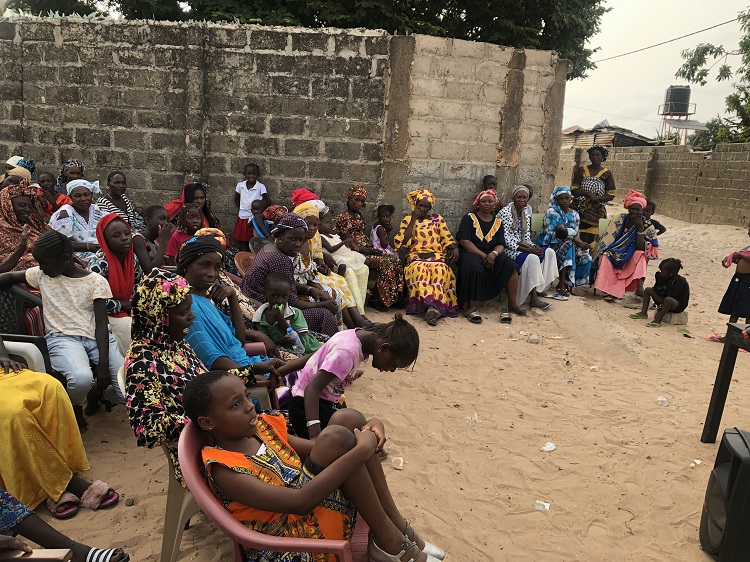
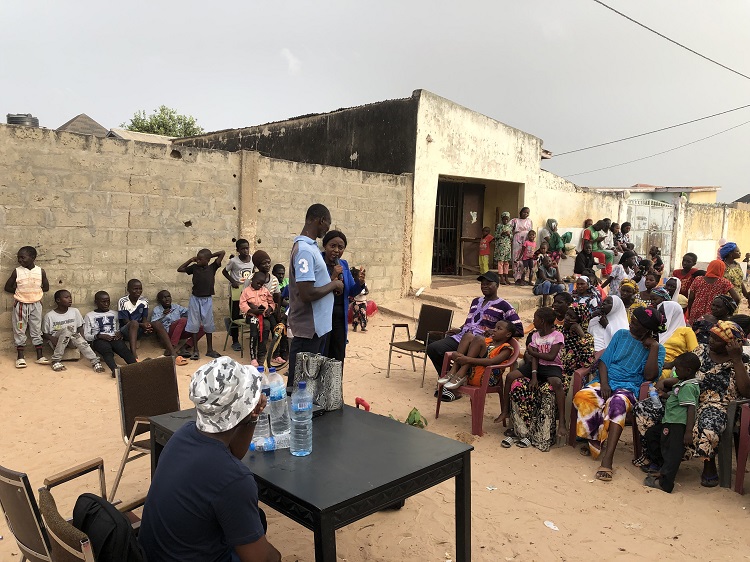
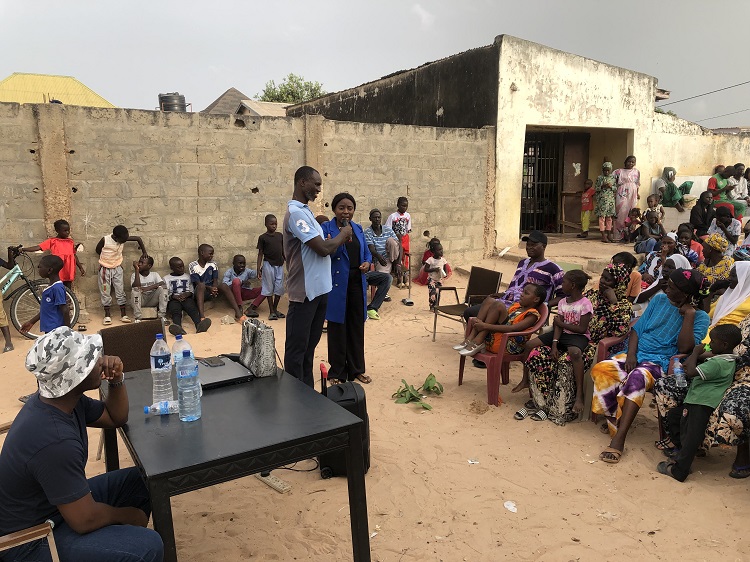
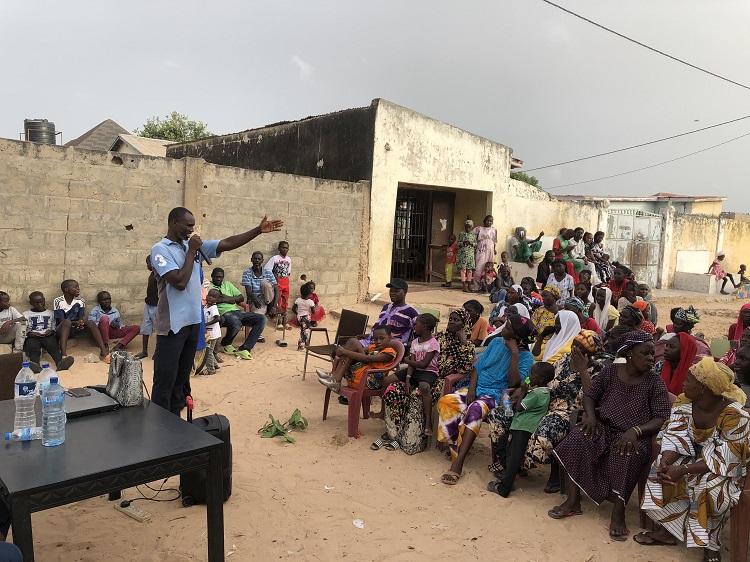
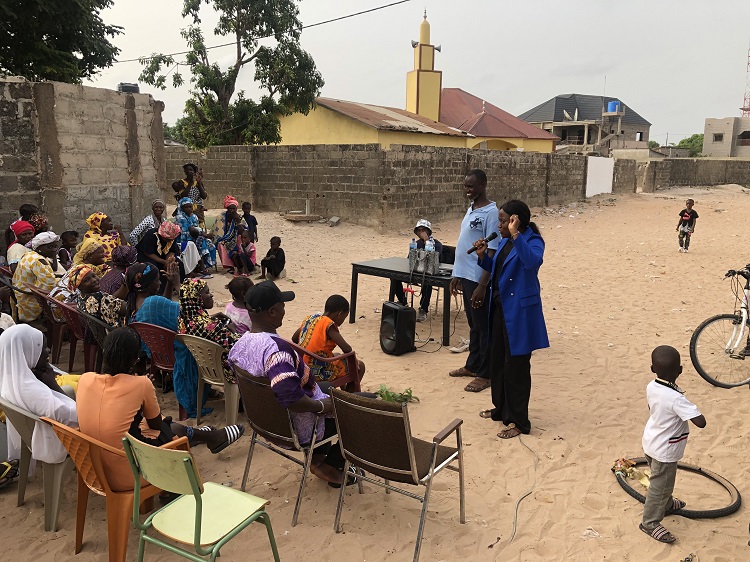
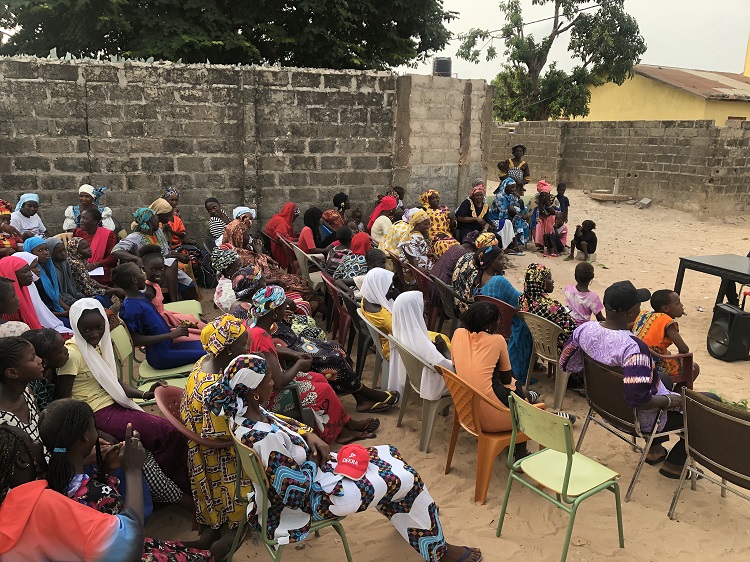
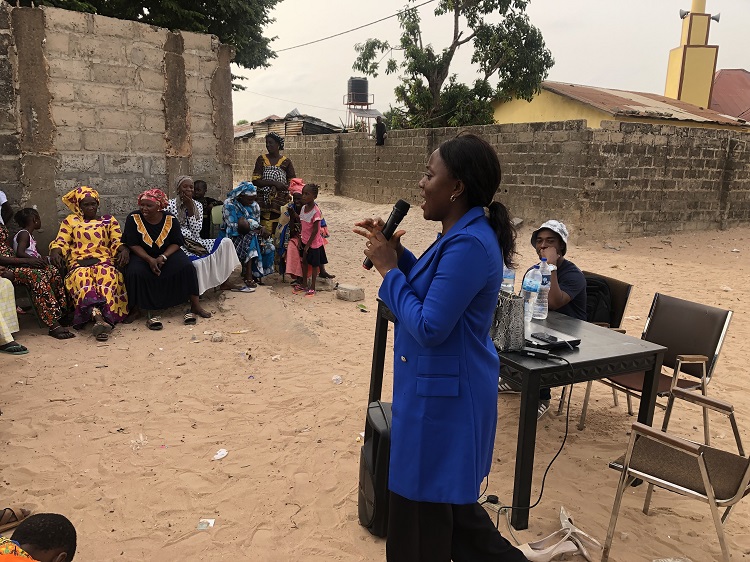

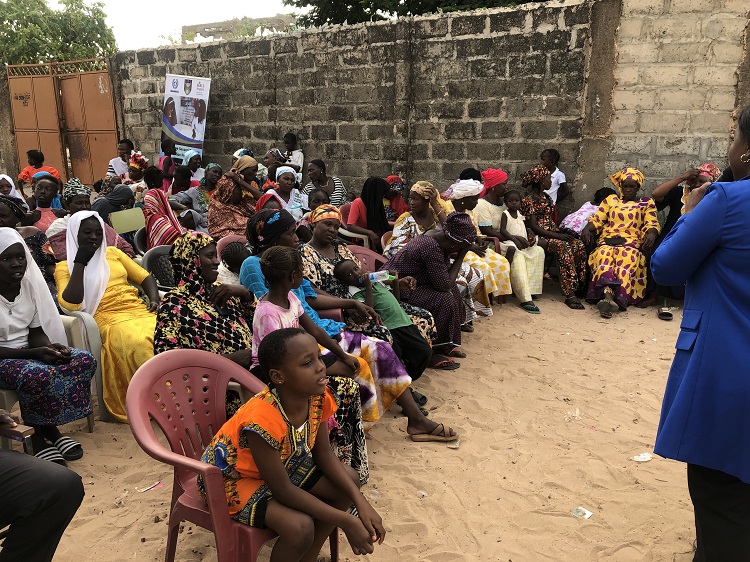
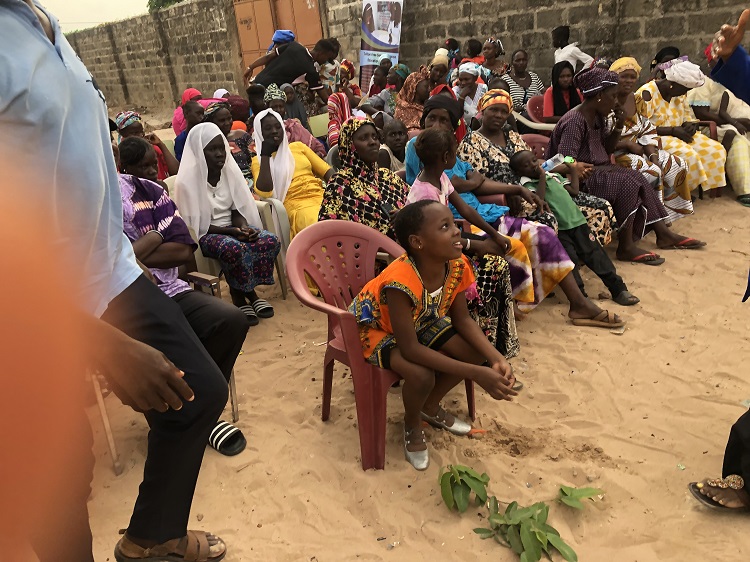
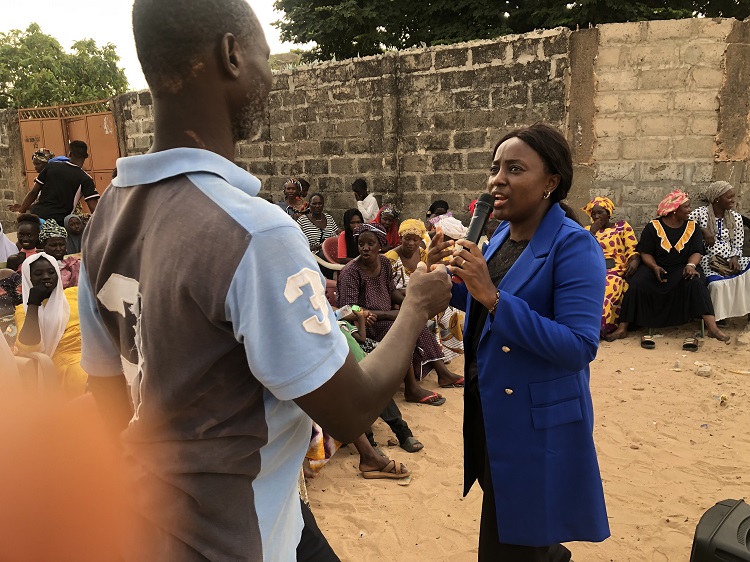
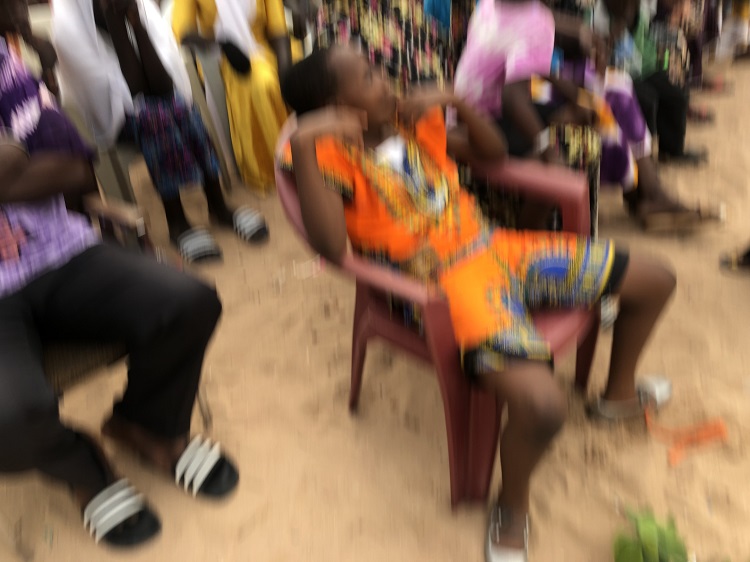
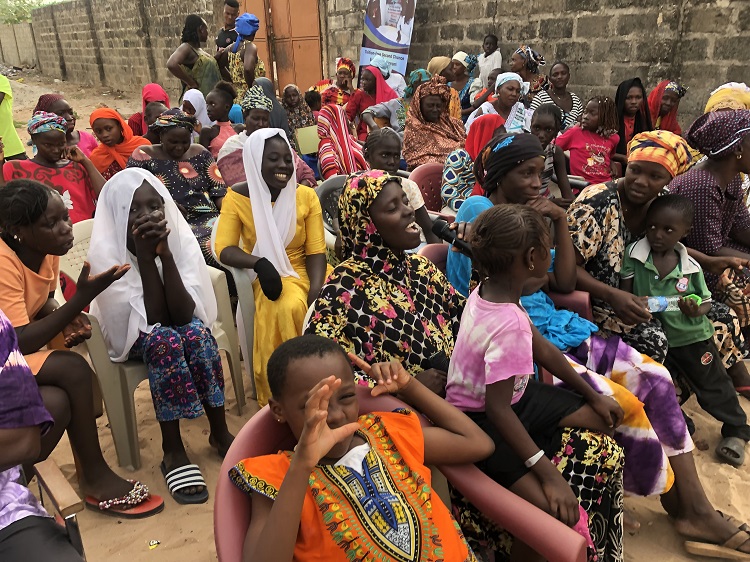
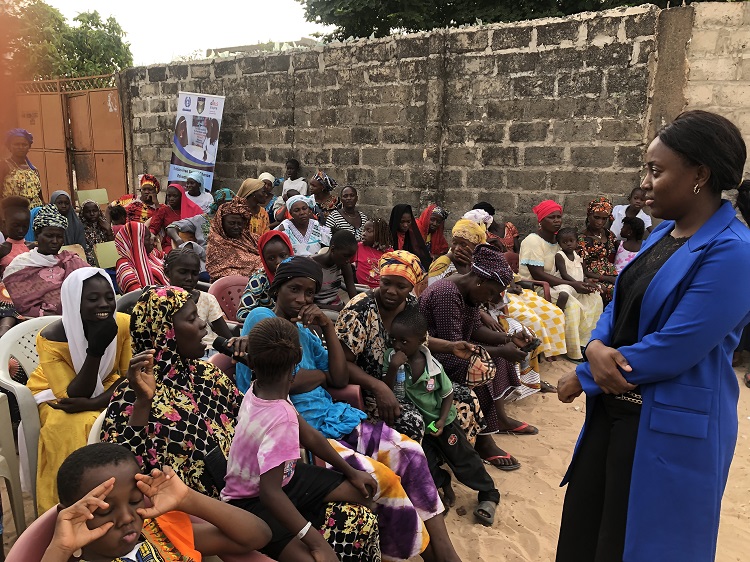
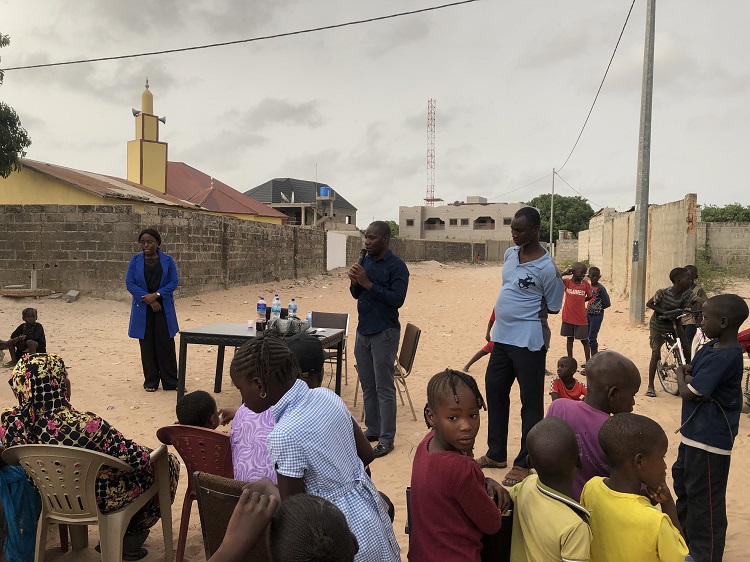
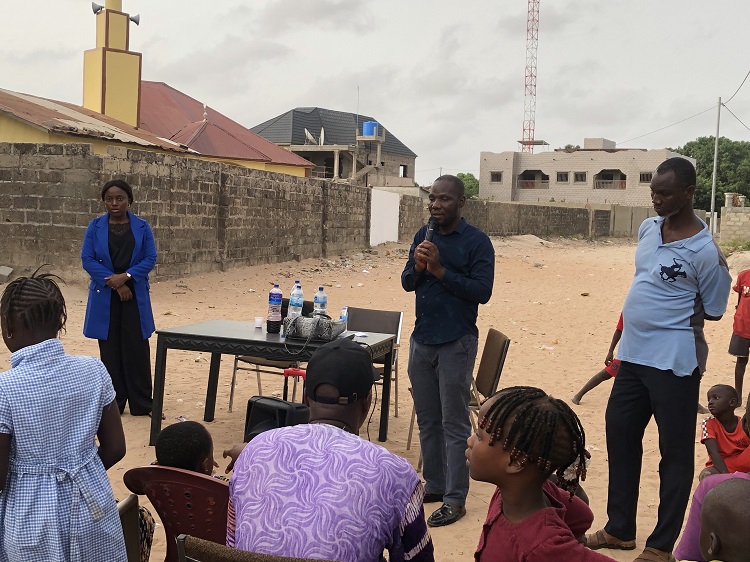
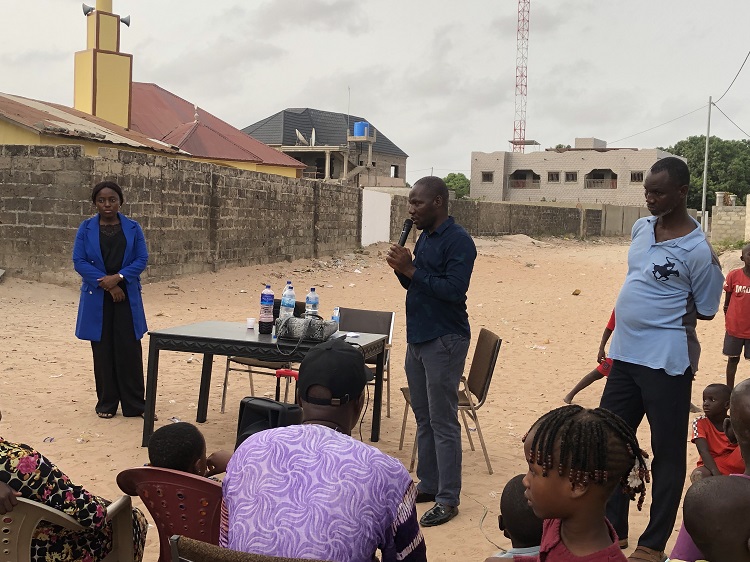
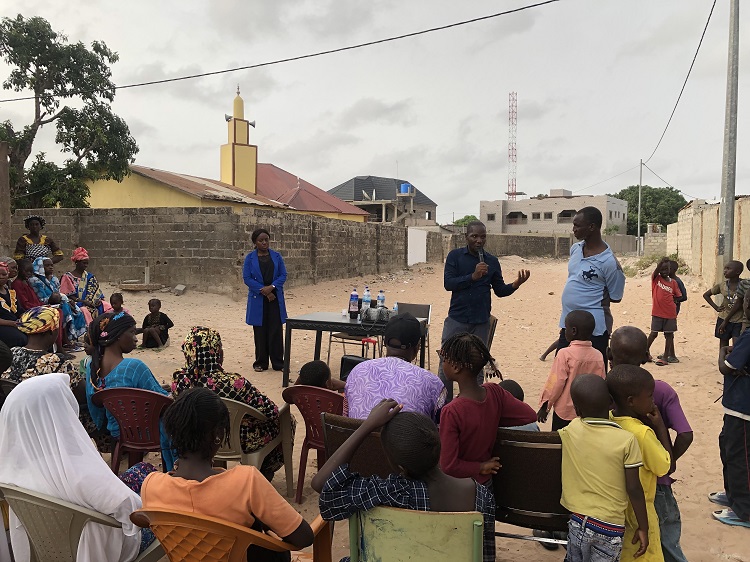
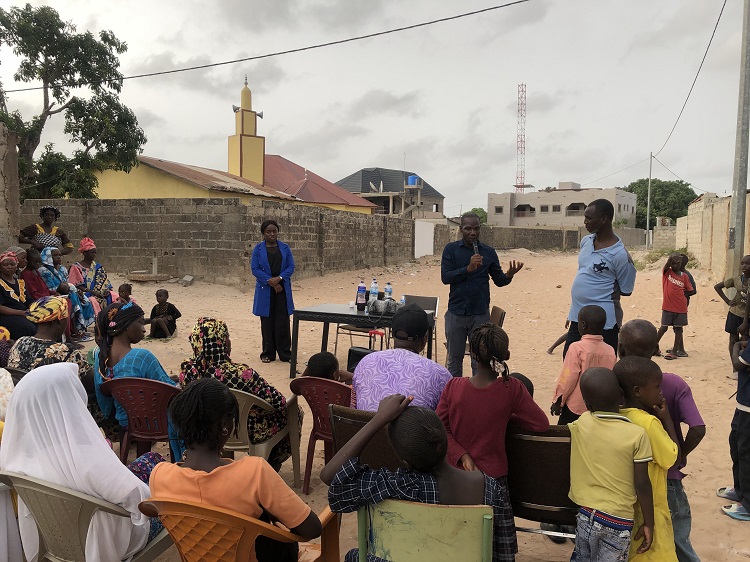
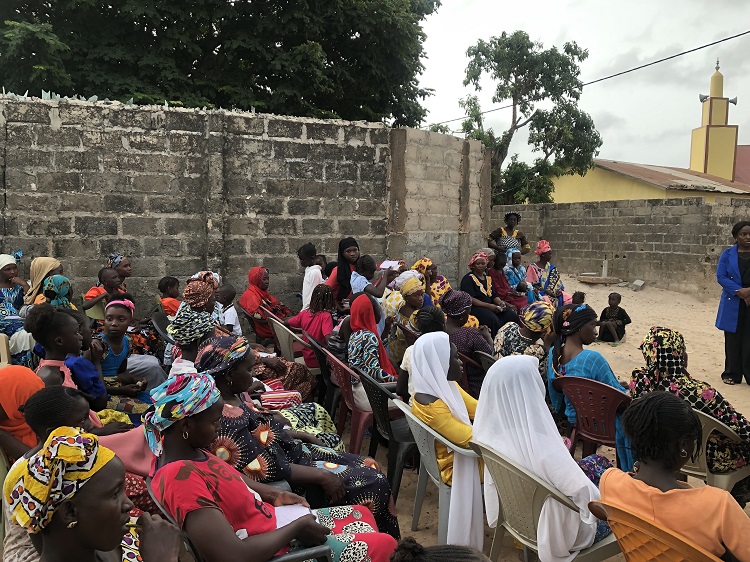
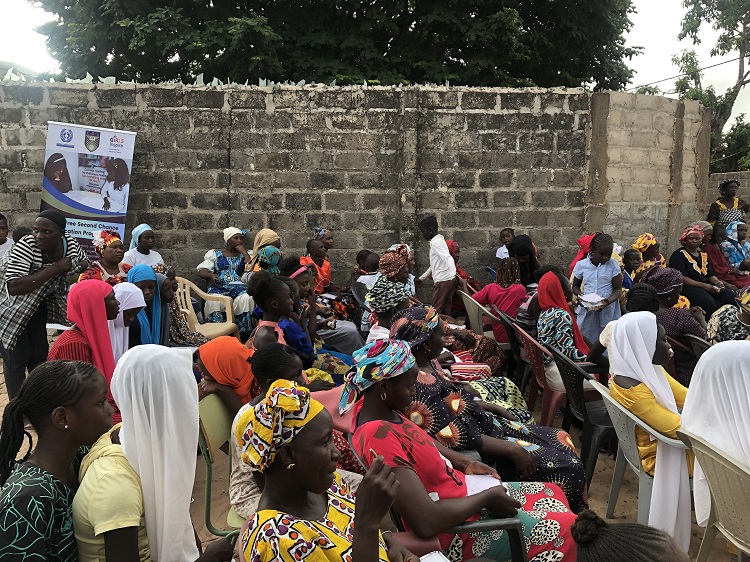
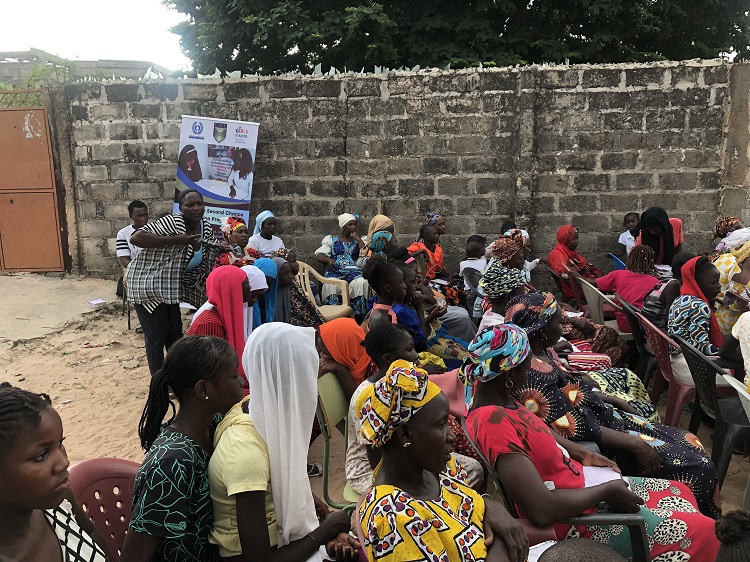
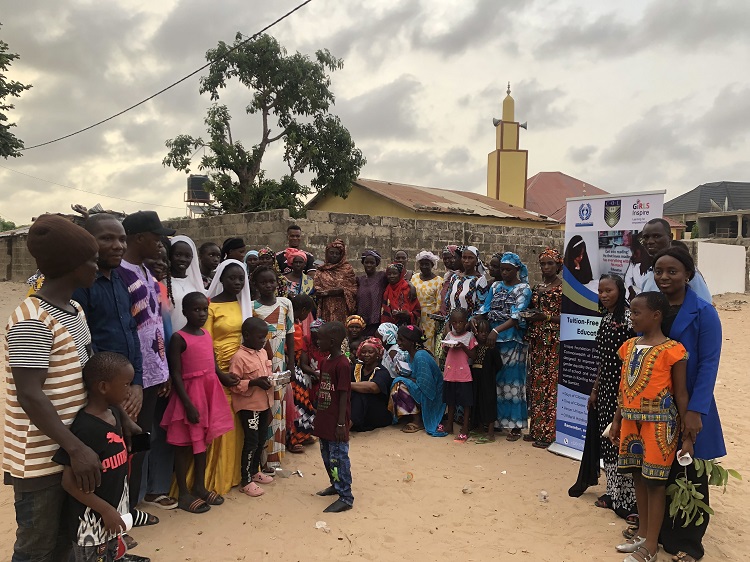
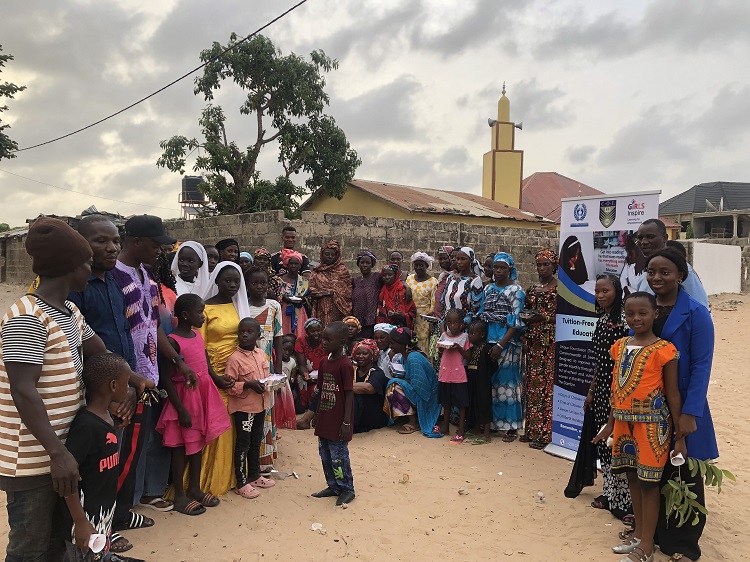
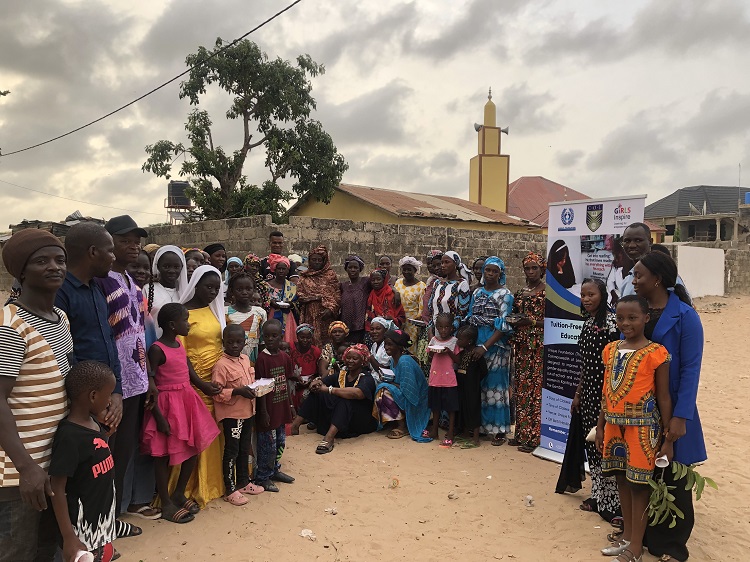
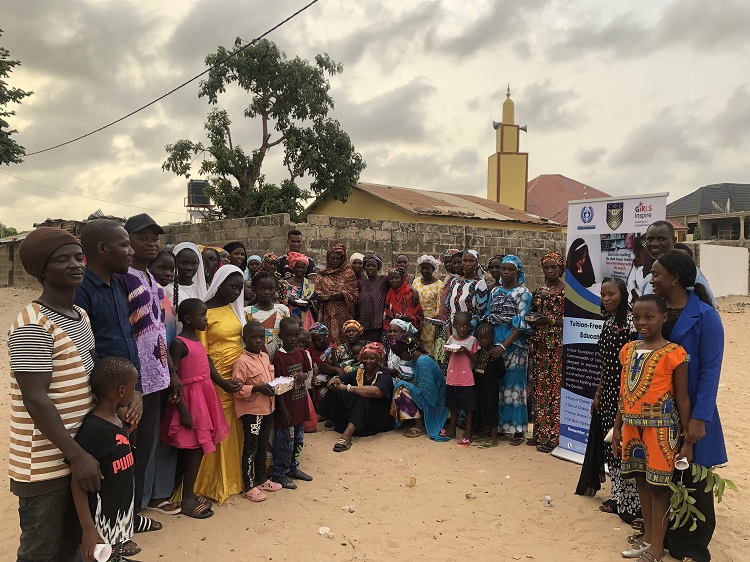
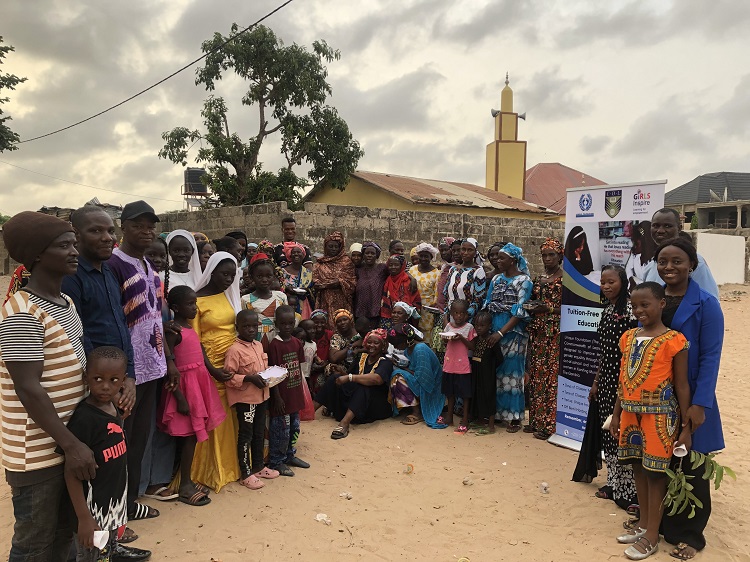
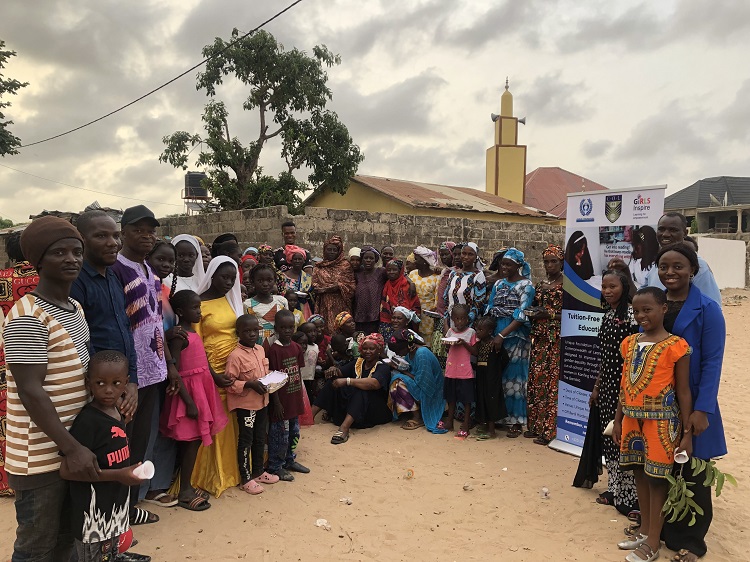
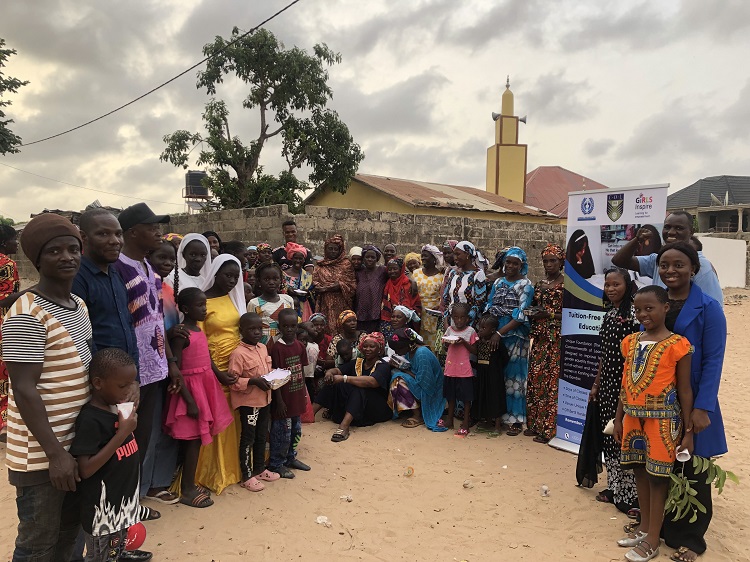
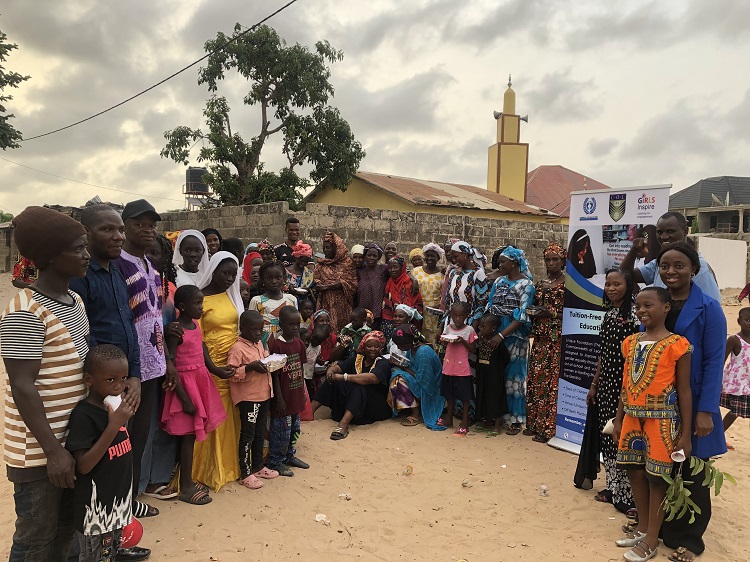

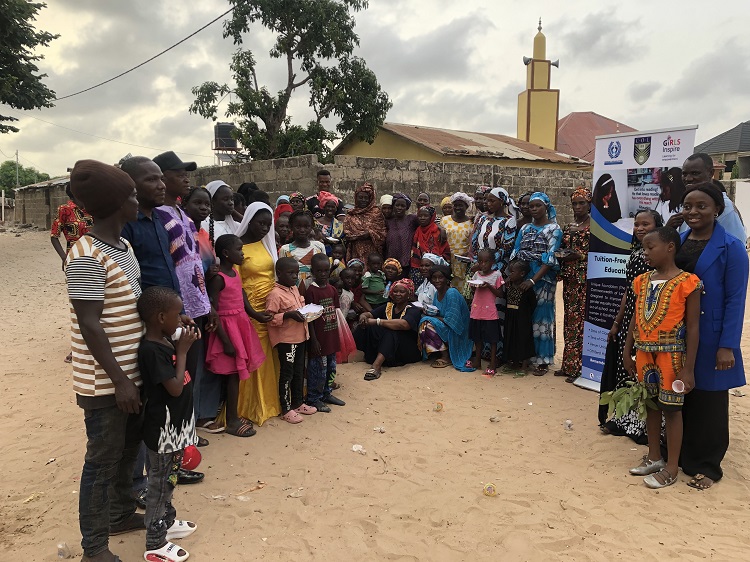
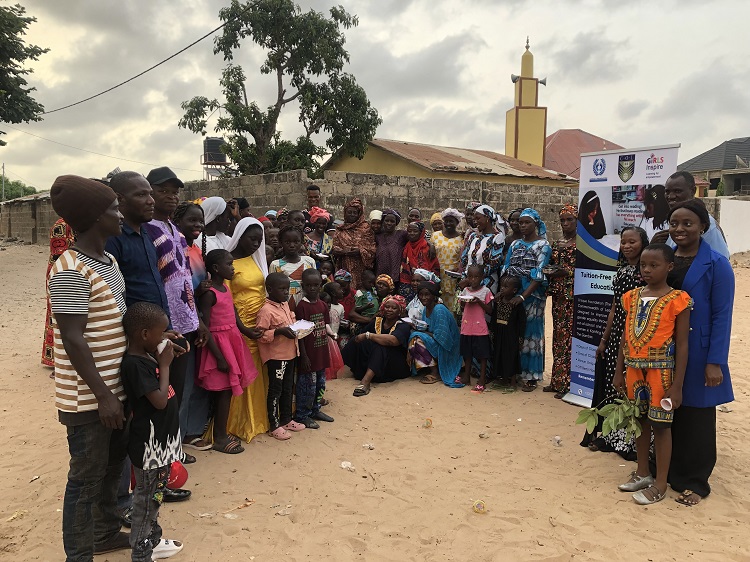
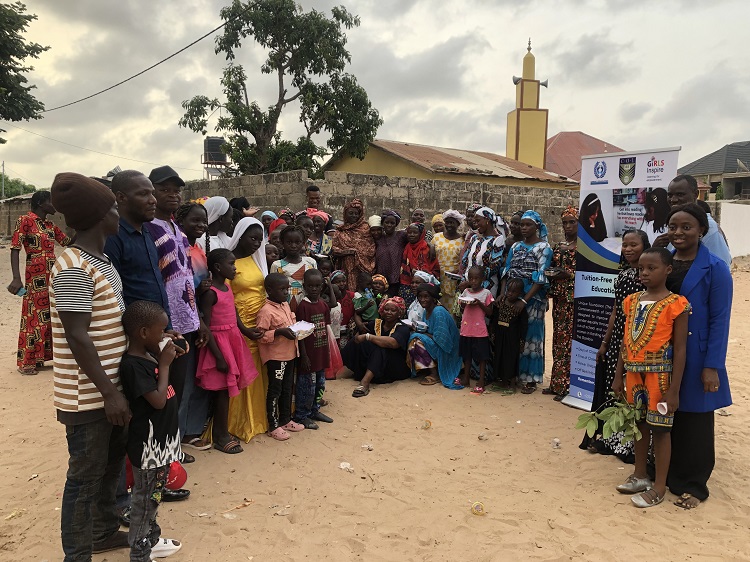
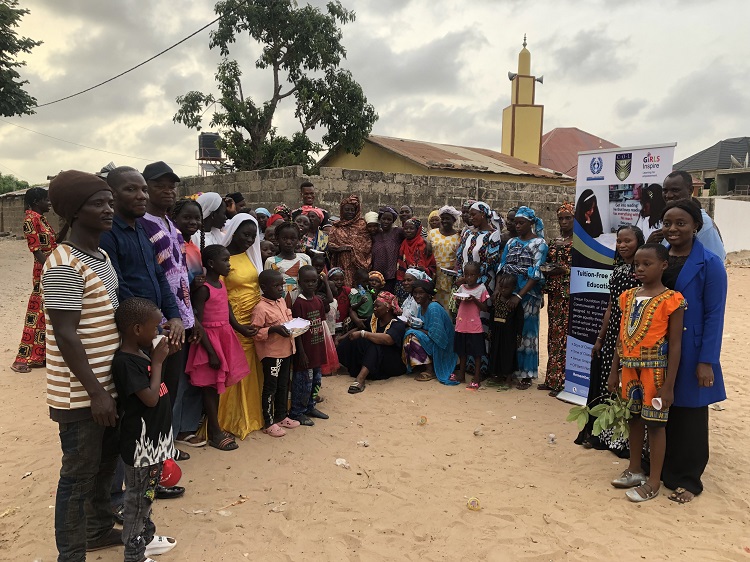
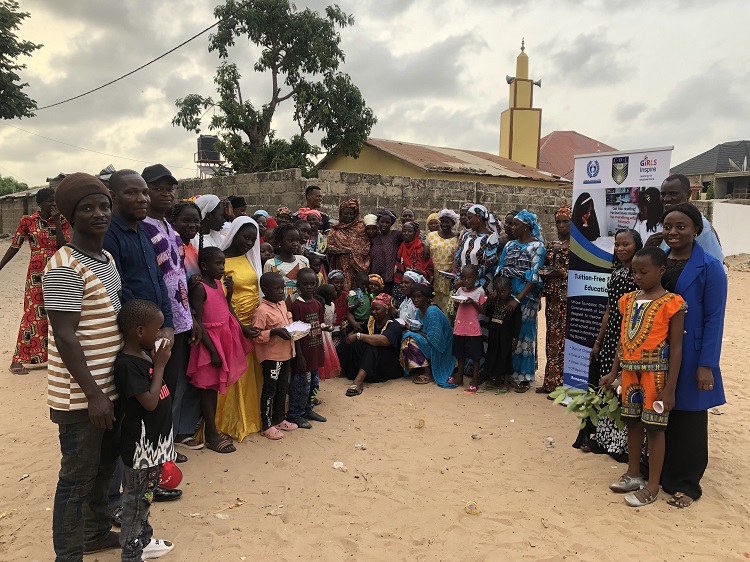
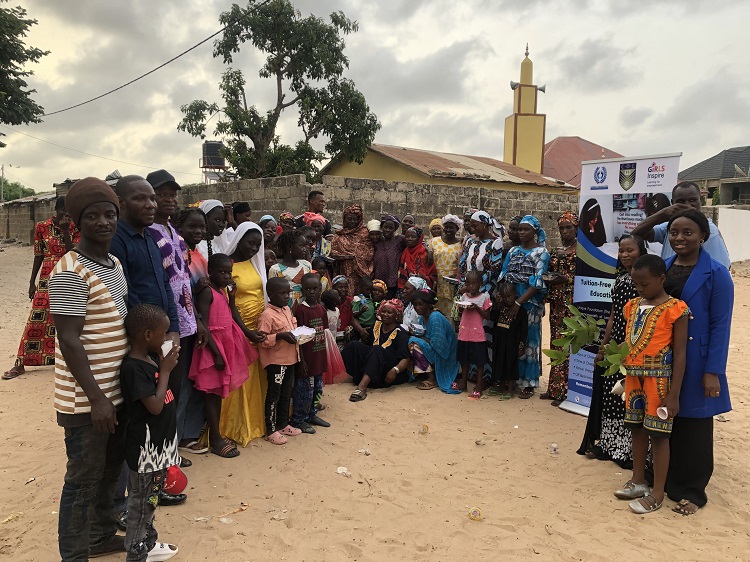
Providing Learning Classes for out-of-School Girls in Second Chance Education Program
